|
At 6:00 am on the morning of our last day in South East Asia, we arrived at our final port of call, Singapore. The Singapore Cruise Centre is located in the downtown area at Maritime Square and right next to Harbourfront Centre. Our disembarkation process was very smooth and quick. We walked off the ship and crossed over into Harbourfront Centre where we found lockers to store our luggage. Since our flight home was scheduled for 11:00pm, we had the whole day to explore this wonderful city. Kim had arranged a private walking tour with a local guide and we were to meet her at a subway stop in downtown Singapore. After leaving our luggage in the storage area, we took an escalator down to the Harbourfront MRT (subway) Station, and after a quick 10 minute ride on the quietest, cleanest subway I have ever seen, we emerged into a small square just off a busy street where we met our guide. Our walking tour was going to take us through the heart of Singapore with an opportunity to experience the diversity of this multi-racial, multi-cultural city. To give us a bit of perspective on where we would be going, our guide took us into the Urban Redevelopment Authority’s (URA) Singapore City Gallery which is home to 3 very detailed scale-models of the city-state of Singapore. These massive models show virtually every building, park, roadway and waterway of the entire area along with the projected developments that will continue to expand the city’s modern and environmental footprint. It was a great visual that you don’t normally get when you arrive at a new place and just start walking around. Today’s tour would take us through Little India, Chinatown and the Arab Quarter, all reachable on foot and Mass Rapid Transit (MRT). What is different about Singapore from other cosmopolitan cities is that although there are identifiable ethnic districts, they are primarily set up for business. Residents of the city are integrated based on the relative population of the country. The demographics of Singapore’s nearly 6 million people comprise of approximately 75% Chinese, 15% Malays, 7% Indian and 3% other. The residential communities consist of the same proportion of ethnic groups as part of Singapore’s integration policy. This has led to a high degree of ethnic and religious tolerance throughout the country. We began our walk through the district of Little India, with our first stop at a Hindu Temple. For most of our trip in South East Asia we had visited countless Buddhist temples that were adorned in deep red fabrics laced with heavy gold trimmings and gold script. This Hindu temple, equally ornate and elaborate as its Buddhist cousins, presented a lighter and cheerier atmosphere filled with pastel blues, pinks and yellows. After passing through the temple, we continued to the Indian market filled with bright, multi-coloured fabrics of ruby red, emerald green, and sky blue. Poignant spices and burning incense permeated the air as we made our way through the various stalls. The next stop on our tour was a visit to Chinatown. While this area was very reminiscent of the markets that we had visited in Hong Kong with many Traditional Chinese Medicine (TCM) shops, dried vegetable and fresh fish markets, there were a few peculiarities that we had not come across before. One of the TCM’s that we visited specialized in Chinese Bird’s Nest soup. This is a concoction made from the nest of swiftlets, a small South East Asian bird that lives in caves near the sea. The extraction of the nests is quite a process and very labour intensive. The nest itself is made from the bird’s saliva that has become dry and hard. The nests (bird saliva!) are boiled and dissolved into a broth. It is used primarily to aid digestion, strengthen the immune system and to increase libido, all for a mere $5,000 USD per pound of nest! As we continued our journey through Chinatown, our guide pointed out the street sign at one of the intersections. It read “Street of the Dead”. She explained that in earlier times, Singapore’s poor Chinese immigrants lived in very tight quarters. When they became severely ill, they were moved to “death houses” that were attached to funeral homes because it was considered unlucky to die at home. These death houses lined both sides of Sage Lane, referred to as Street of the Dead, in Chinatown. The practice of sending the ill to death houses was banned in 1961. One of the markets that we visited was the Chinese Wet Market. This is a very large, fish and food market situated under the ground floor of a shopping mall. The market has rows and rows of raw fish of every description along with fresh vegetables. One of the markets that we visited was the Chinese Wet Market. This is a very large, fish and food market situated under the ground floor of a shopping mall. The market has rows and rows of raw fish of every description. Around the perimeter of the market are hawker’s stalls selling every kind of Chinese food dish. One particular hawker stall was much busier than all of the others with a queue that extended several hundred feet through the market. This is a daily occurrence at this particular stall with patrons often waiting in line for their specialty of chicken & rice for more than an hour. In 2016 this food vendor was awarded a Michelin Star, the only such designation ever to be given to a hawker stall. Our last stop in Chinatown was at the Buddha Tooth Relic Temple and Museum. This is a multi-story complex that was built to house a tooth relic of Buddha that was found in a collapsed Buddhist shrine in Myanmar. The tooth relic is enclosed in a glass case which sits on a pedestal that is roped off from all sides. After finishing our trek through Chinatown, we descended into the subway and a few minutes later emerged onto a busy street just outside the downtown core. This area was quite different from the downtown district with its modern architecture and high rises. The Arab Quarter features 2-story 19th century houses that have been converted into shops with streets that are filled with Arabian textiles, colourful rugs and fragrant tea and coffee houses. Restaurants lined each side of a pedestrian street, many featuring blue and white mosaic tiled walls and tables that were reminiscent of our trip to Morocco a few years ago. The central feature of the Arab Quarter is the Masjid Sultan Mosque which stands guard over the area and is considered the national mosque of Singapore. The large white building is capped by a golden orb that is visible from nearly everywhere in the district. The next stop on our tour took us back to the downtown area where we exited the subway near the massive and impressive 2500 room Marina Bay Sands Hotel Resort. This is a signature structure at Singapore’s city centre. It consists of three 55 storey towers that are topped by a Skypark that spans all three towers and resembles a large ship that has set on top of the hotel. The Skypark actually houses an infinity pool that is the world’s longest elevated swimming pool which seems to spill out over the city’s skyline. We walked around the Marina Bay Sands to the Waterfront Promenade where our tour guide purchased tickets for us to tour Marina Bay by boat. We boarded the tour boat and as we left the dock, we began to glide gently and noiselessly around the bay. Singapore is the embodiment of modern city eco-culture. The bay that we were boating on is a reclaimed marsh which serves, not only as a water-taxi route around the downtown area, but is also the main fresh water reservoir for the city. The tour boats that whisk around the marina are all battery operated creating a transportation method through the downtown that is virtually pollution free. After our 45 minute ride around the bay and the surrounding canals, we disembarked and proceeded through the Marina Bay Sands to the adjacent Gardens by the Bay. Gardens by the Bay is an ecological marvel that features 3 major attractions - the Flower Dome (the largest glass greenhouse in the world), the Cloud Forest Dome (a mountain rainforest), and the Supertree Grove (giant tree-like structures that mimic the function of trees and sustain the park). We spent quite a bit of time admiring the myriad gardens from around the world in the Flower Dome and we walked inside and through Cloud Mountain in the Cloud Forest Dome. Gardens by the Bay is by far the most impressive technological wonder that I have experienced in any urban area I have visited. After leaving the Gardens, we decided to get a birds-eye view of the city by taking a ride on the famous Singapore Flyer. The Flyer is situated just off Marina Bay and while it was once the world’s tallest ferris wheel, it was surpassed in 2014 by the High Roller in Las Vegas. We purchased our tickets and made our way up several ramps where we were escorted to one of the 28 air-conditioned capsules that rim the giant wheel. Each capsule has a capacity for 28 passengers, but because it wasn’t busy, we were allocated a capsule to ourselves. The ride takes just over half an hour to make a full revolution, and that gave us plenty of time to take in the surrounding area. We were able to make out many of the places that we had visited throughout the day - along with a few we hadn’t, including a great view of the Formula One racetrack that sits just next to the Flyer. The view from the highest point of the ride was spectacular and enhanced my appreciation for this beautiful and eco-friendly city. We left the ride and took the MRT to Clarke Quay on the opposite side of Marina Bay. We had passed this area by boat earlier in the day and had been told that it was a great spot to eat. There were dozens of waterfront restaurants that surrounded the canals and we chose one that had a patio near an MRT stop so that we could eat and get back to the Harbourfront Centre to pick up our luggage and head to the airport. We had been in Singapore for just over 15 hours by the time we grabbed our luggage and hailed a cab to the airport. The day had gone by far too quickly and I have added Singapore to my list of all time favourite cities, one I definitely want to revisit.
0 Comments
Our final day onboard the Azamara Journey was a sea day. The day was pretty quiet, spent relaxing by the pool, a jewelry making session, packing and then a lovely dinner in the dining room followed by an interesting North Pole Christmas presentation lead by the cruise director, Eric.
Since our last day was uneventful, I thought I would share images of the Azamara Journey so you could see in detail where we spent our last 13 days floating on the China Sea. Azamara Club Cruises has only two ships in it's fleet. For this trip we sailed on the Azamara Journey. Both this ship and her sister ship the Azamara Quest, underwent an extensive dry dock in 2016. We were impressed with the entire ship. The cabins, the public spaces, the dining rooms were all tastefully decorated and each area was clean, spacious and the furniture was very comfortable. One of our favourite touches were the cushions on the lounges chairs. They were thick and plush and very cosy! And since we were sailing just prior to the Christmas season we were thrilled to see many Christmas decoration and touches all around the ship. It made our holidays very festive. We can't say enough about this ship and it's finishings, decor and overall appearance. Top notch! Following 3 very active port days in Bangkok (including a 20-hour land excursion to Cambodia) we were excited about spending a relaxing day on one of the beautiful beaches of Ko Samui, an island just off the coast of Thailand. Prior to our trip we had gawked at countless Ko Samui photos of pristine white sandy beaches separating the turquoise sea from the velvety green palm trees on the shore. All of these photos featured bright sunny days against a canvas of blue sky. Alas, as I opened the blackout curtain on the morning of our 12thth day expecting sunlight to flood into our stateroom, I was instead met with a wall of stone-grey mist and rain that filled my entire field of vision. What a disappointment! We turned on the room’s television and flipped to the daily weather report. The forecast was for heavy rains for the entire day. We contemplated going ashore anyway and browsing through the village shops that were within easy walking distance of the pier. However, we were moored offshore which would have meant tendering in and the thought of trudging through puddles in sopping wet clothes quickly changed our minds. Instead we decided to stay on board and stay dry. Quite a few people who had pre-purchased excursions had left the ship so it was a fairly quiet day compared to sea days when everyone is aboard. We took advantage of the quietude and spent most of the day reading and putting together the notes from our last few days. From time to time I walked around the covered area of the pool deck to try and get glimpses of Ko Samui’s Big Buddha, who stands atop the dragon steps of the Way Phra Yai temple. This golden statue measures 40 feet tall and is usually visible from several miles away. Unfortunately, the thick pea-soup skies blurred out much of the island from the ship’s vantage point. We were able to see a navy frigate which had recently arrived and moored just a few hundred yards away between our ship and the shore. There were several onboard activities that we could have participated in, but laziness got in the way. Today’s activities included a Destination Lecture titled “The Battle of Singapore - February 1942: An Impregnable Fortress that Crumbled”, afternoon trivia - “Visual Trivia - Car Manufacturers”. We did participate in the past guest reception that was hosted by the Onboard booking representative since we have status from our Royal Caribbean affiliation. It was a very nice event with fancy drinks and speeches by the Captain and other senior staff. They also honoured a couple who had sailed with Azamara some 30+ times. This evening the crew offered a Moroccan Buffet Dinner in Windows Cafe. However we opted to have dinner in the dining room and enjoyed scallops, shrimp and prime rib. All which were a perfect end to the day. The evening entertainment was a multi-media piano show with Max Di Fax followed by a “Tribute to Abba”. Since Abba is one of our favourites, we quite enjoyed the short but sweet tribute. As much as we were disappointed by the weather and the impact it had on our initial plans for the day, we both felt we had needed a day to just unwind and do nothing. While we were approaching the end of our cruise we still had a busy day in Singapore to look forward to.
This morning was a late arrival into the port of Bangkok so we spent some leisure time at the pool while the captain navigated us through the channel into the city. We passed many types of water craft while on the river – everything from larger ships to small junks. One of the nice things about being on a relatively small ship (600 passengers) is that our ship could dock close to the city in the port of Klong Toey. Larger ships are required to dock in Laem Chabang requiring a 2+ hour drive into the city. After a very nice brunch in Discoveries that included fresh pasta and shrimp, we were ready to meet our guide for our private tour. Our disembarkation was quick and after a short walk through a small terminal building, our guide was ready and waiting for us. Ms Lek quickly loaded us into our mini bus and we were off towards the city centre. Along the way she purchased fried bananas from a street vendor for us that were super tasty! 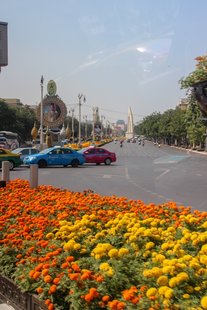 Memorials along the road Memorials along the road On the way, she explained that the King of Thailand had passed away in October 2016 and the country was still in a state of mourning. This meant that some areas of the Grand Palace would not be available for visitation. She went on to tell us that of the entire country – some 80 million people – they expected approximately 75% of the population would make the trip to Bangkok over the next year to pay their respects to the King. The people of Thailand loved their King who was the longest reigning monarch and had been in power for 70 years. He was described as a King of the People who visited much of the country and put programs in place to help and support the Thai people. We were unprepared for the sheer number of mourners lined up in the streets to wait for their few precious moments to say prayers in the Palace where the King was laid out. In some cases, people were standing for 8-10 hours in line. The city has a network of volunteers who provide water and food to the people in queue, along with medical and emergency services provided to anyone requiring it. It was a truly amazing experience to see the dedication of these people to their ruler. Very inspiring. Our first stop was the Grand Palace and Royal Temple. To gain access you require verification of your passport and women must have their knees and shoulders covered since it is a religious venue. Once we entered the gates, it took a little bit to decide exactly where we should look. The complex is just incredible. Never have we seen such ornate buildings with stunning detail and sparkly gold adornments. Originally built in 1782, over the years, each of the Kings has created an area that is specifically theirs within the complex. They each had pieces commissioned that meant something to them at the time of their reign. Some were created with territorial thoughts in mind and others just to be impressive. We wandered around taking in the fancy facades, the never-ending number of gold Buddha statues and jutting roofs, each of which had multiple regal looking peaks pointing to the sky. Inside the complex is Wat Phra Kaew or the Temple of the Emerald Buddha. This is considered to be the most important Buddhist Temple in Thailand as it houses the Emerald Buddha. This Buddha is carved from a single piece of Jade and shows Buddha in a meditating position. It dates to the 15th century. You are not able to enter the Temple to get close to the Buddha however we could observe it from outside. Each season (summer, winter and rainy) the King changes a cloak that is draped on the Buddha to bring good fortune to the country. The Temple is very ornate and beautifully decorated. After wandering the grounds of the Royal Palace and taking in all the sights, we were picked up by our driver and taken to a boat dock where we boarded a Longtail boat for a canal tour. The Chao Praya river is heavily congested with tour boats, ferries and private watercraft. Our Longtail boat was a narrow wooden craft with festive ribbon decorations, but the real marvel is the motor – basically it is a car engine with a propeller attached to it by a long pole. It is noisy and spews all kinds of smoke but this seems to be the norm. The ride through the canals was fantastic. We saw houses of all kinds lining the water’s edge – fancy homes through to dilapidated platforms perched on stilts. There were temples, shrines, schools and people swimming in the water. This was real life on the water and we were so amazed to see each part, while we snacked on yummy banana pancakes and fruit. Our tour concluded with a choppy ride out back across the main river where our driver dropped us at the dock beside Wat Arun (Temple of Dawn). This temple has a different type of architecture however we were unable to see it well as it is currently covered in scaffold while it undergoes a full renovation. We weren’t able to enter the temple either since the entire building was closed. This is one of Bangkok’s most known temples and is often one of the landmark buildings shown as a symbol for the city. It is quite impressive in size with the spires reaching 70 metres. The grounds and gardens surrounding it are also very pretty and we enjoyed a walk through the area before heading on a ferry across the river to Wat Pho (Temple of the Reclining Buddha). Wat Pho is a massive complex that houses the Reclining Buddha. What a sight! This huge Buddha measures 46 metres long, 15 metres tall and is completely covered in gold leaf. Even his feet are gigantic - measuring 5 metres long and they are covered with mother of pearl illustrations. After walking the length of the Buddha, we explored the rest of the Temple and enjoyed seeing beautiful golden Buddhas, intricate murals and lovely foliage within colourful ceramics. This location was the first public university in Thailand that specialized in religion, science and literature so the walls are full of prescriptions and teachings of scholars from long ago. One of the most intriguing things we saw inside were monks chanting in the Ordination Temple. This was a wonderful experience to hear their melodic sounds amongst the perfect acoustics of the Temple. Our afternoon tour was complete and our tour guide dropped us back to the ship. We had a quick bite to eat at the buffet and then boarded a coach bus for the planned Azamara Evening. On each Azamara voyage, there is a special night where the cruise line provides an extraordinary experience for all those guests wanting to participate. This voyage, the ship transported most our 600 passengers to the Ancient City that was open only to the guests of the ship. This incredible open air museum houses many of the famous buildings of Thailand in a scaled down format. Special buildings such as the Grand Palace in Bangkok and Sanphet Prasat Palace are re-created amongst beautiful grounds decorated with flowers, shrubbery, fountains, ponds, temples, shrines and statues. When we arrived, we boarded little trains that took us on a tour through the grounds to a beautiful open area with seating and a large stage. We were greeted by stunning Thai women who gave us tropical drinks and led us to the area where food and more drinks were available. The weather was wonderful and we thoroughly enjoyed the entertainment of Aspara dancers and Thai martial artists. Before our departure each person was given a basket full of lotus flowers with a burning candle in the centre that we set into the river to float. This is a traditional ceremony called Krathong that is celebrated earlier in the year in Thailand however they recreated the festival concept for us to participate. The idea is to set forth the basket with the light of the Buddha and at the same time release any negativity you may be holding onto. It was very pretty to see hundreds of baskets floating in the water. Such a lovely tradition. With our evening ending, we boarded the trains once again and then the coaches to make our way back to the ship. We were delighted to received champagne and a welcome back band playing for us as we boarded the Azamara Journey. It was as they say – An Azamazing Evening! We went directly to our cabin as tonight was going to be a shortened sleep as we anticipated our departure for Cambodia at 2:30am!
Adventures in South East Asia - Hong Kong Part 1 - click here Adventures in South East Asia - Hong Kong Part 2 - click here Adventures in South East Asia - Hong Kong Part 3 & Onboard Azamara Day 1 - click here Adventures in South East Asia - Onboard Azamara Day 2 - click here Adventures in South East Asia - Onboard Azamara Day 3 - click here Adventures in South East Asia - Onboard Azamara Day 4 - click here Adventures in South East Asia - Onboard Azamara Day 5 - click here Adventures in South East Asia - Onboard Azamara Day 6 - click here Adventures in South East Asia - Onboard Azamara Day 7 - click here Adventures in South East Asia - Onboard Azamara Day 8 - click here Adventures in South East Asia - Onboard Azamara Day 10 - click here Adventures in South East Asia - Onboard Azamara Day 11 - click here We were nearing the three quarter point of our South East Asian cruise as we awoke on the eight day of our adventure. The Azamara Journey was chugging its way around the southernmost tip of Vietnam before beginning the steady journey northwest along the coast of Cambodia to our next port - Bangkok. It would take another 30 hours of steady sailing before we reached the capital of Thailand, so today was another sea day. Fortunately for us, we had left behind the unsettled weather of the past few days and, while there was still considerable cloud filling the blue skies, the rain had stopped. This was the 3rd of 4 scheduled sea days on our 13 night South Asian cruise. One of the concerns that Kim and I had shared before booking this trip was whether there would be enough onboard activities that would interest us on the days that we were not in port. All of our previous cruises had been on much larger ships, including the mega ship Oasis of the Seas, where there are countless venues and activities to keep you occupied while you are sailing to your next port. With a passenger capacity of just over 600, the Azamara cruise ships are 1/4 the size of most standard cruising vessels and only 1/10 the size of the mega ships. What could there possibly be that would keep us occupied while we spent several days at sea? Well, first of all, the whole Azamara experience is quite different than what the more traditional cruise lines offer. Azamara ships tend to spend more time in port than other cruise lines and have more overnight stays in port as well. Azamara also markets their ships as “Boutique hotels at sea” with a more intimate, cozy atmosphere than the larger cruisers combined with personalized and friendly service. More than halfway through our South East Asian itinerary we were enjoying the intimacy and quietude of our floating home. If you have been following this blog series on our trip to South East Asia, you will have noted that our port days were chockablock with activities and sightseeing. We wanted to take advantage of the time we had in each port to absorb as much as we could about the culture, geography and people in each region that we visited. The sea days, by contrast, gave us an opportunity to relax and rejuvenate. There were just enough activities on the ship each day so that we didn’t get bored, but not so many that we felt exhausted or that we had missed something. There were a variety of craft workshops that were scheduled in the morning or afternoon throughout the trip. On this particular sea day, Kim elected to go to an Origami workshop in the morning and then a Ladies Pamper Party at the spa in the afternoon. As on previous sea days, I attended the guest lecture. (Today’s topic was “Piracy in the South China Sea” which I found fascinating given that we had been sailing through it for the better part of a week. It was a bit disturbing to learn that nearly 30% of piracy worldwide occurs in this area). Every afternoon at 4:00 pm, the Living Room features daily music trivia followed by a tantalizing tapas tasting which we attended on the days we weren’t in port. While there were many other events including art auctions, on-board shopping sprees, fitness and yoga classes which could keep one busy for the entire day, we chose to intersperse on-board activities with a measure of relaxing by the pool. This allowed us to recuperate from the hectic pace of the port excursions which we really enjoyed and looked forward to. We also scheduled our specialty dining nights to coincide with sea days. This was done for two reasons: 1) specialty dining required prior reservations and we did not want to worry about having to return from an excursion early in order to make our reservation, and, 2) the dining experience in the specialty restaurants usually takes longer as each course is prepared individually. As we have discussed in previous posts, the overall dining experience on the Azamara Journey was as good or better than we have had on other cruise lines. We actually debated whether or not to pay the additional charge for the specialty restaurants but eventually decided to give it a try. Azamara Journey has two specialty restaurants, Prime C, a traditional steakhouse, and Aqualina which features Italian and Mediterranean cuisine (read our previous posts for menus and reviews). Individually the surcharge per specialty restaurant is $30 US. There are also 5 Specialty Dining packages which are available that allow you try the restaurants at reduced prices. The dining packages are as follows: 1) The 3 Table Tour is $70 US per person and includes 1 night at Aqualina, 1 night at Prime C and 1 night at either Aqualina or Prime C. 2) The 4 Table Tour is $95 US per person and included 2 nights at Aqualina and 2 nights at Prime C. 3) Chef’s Table Plus 2 is $135 US per person and includes 1 night at Aqualina, 1 night a Prime C and 1 night at the Chef’s Table. 4) Chef’s Table Plus 4 is $180 US per person and included 2 nights at Aqualina, 2 nights at Prime C and 1 night at the Chef’s Table. 5) Chef’s Table Tour which includes 3 nights at the Chef’s Table. We had opted for the dining package that included 1 night at each of the 2 specialty restaurants (which we had done on previous sea days) plus the Chef’s Table where we would be dining tonight. The Chef’s Table is a unique dining experience served at a special table within the Prime C restaurant that boasts a 5-course menu paired with selected wines and hosted by a senior officer or guest speaker. Each Chef’s Table consists of one of three regional themed menus - California, France and Italy. On this particular night, the featured region was California which meant that the chef and sommelier combined their talents to find the perfect pairing between the region's cuisine and its wines to please our palates. Our menu included a first course of Lobster and Avocado Salad paired with a Napa Valley Honig Sauvignon Blanc followed by a Smoked Tomato Veloute paired with a Conundrum White Blend and a Surf and Turf appetizer paired with a Schug Pinot Noir. The choices for the main course were either New Potato Crusted California Sea Bass paired with Lincourt Courtney’s Chardonnay or Herb Roasted Prime Angus Centre Cut Strip Loin paired with a Charles Krug Cabernet Sauvignon from the Napa Valley. The main course was followed by an International Selection of Cheese paired with a Simi Merlot from Sonoma County and then a dessert of Macadamia Nut Chocolate Mud Pie with White Chocolate Mousse paired with an Orange Muscat from Essensia Quady Winery in the San Joaquin Valley. This dinner was a wonderfully prepared feast and easily the best dining experience I have had on a cruise ship. There was ample variety in the menu and the food/wine pairings enhanced the delicate flavours in each delicious bite. The chef and sommelier described each food and wine pairing as they were presented as well as the rational for the choices. The portion sizes were just right so that by the end of dessert we were feeling satiated but not stuffed. The Chef’s Table is limited to 12 people and, while intimate, allows for conversation among those sitting next to one another but not necessarily to everyone at the table. The total time from sitting down to wrapping up after dinner was just under 2 1/2 hours. Following our lavish dinner we just managed to make it to the Cabaret Lounge in time for evening performance of Voices by the Azamara Singers and Dancers. This was an interesting performance that included back up singers that were projected on screens behind the live singers on stage. The concept was fresh, current and quite entertaining. Below is a quick clip of one of their songs. Adventures in South East Asia - Hong Kong Part 1 - click here Adventures in South East Asia - Hong Kong Part 2 - click here Adventures in South East Asia - Hong Kong Part 3 & Onboard Azamara Day 1 - click here Adventures in South East Asia - Onboard Azamara Day 2 - click here Adventures in South East Asia - Onboard Azamara Day 3 - click here Adventures in South East Asia - Onboard Azamara Day 4 - click here Adventures in South East Asia - Onboard Azamara Day 5 - click here Adventures in South East Asia - Onboard Azamara Day 6 - click here Adventures in South East Asia - Onboard Azamara Day 7 - click here Adventures in South East Asia - Onboard Azamara Day 9 - click here Adventures in South East Asia - Onboard Azamara Day 10 - click here Adventures in South East Asia - Onboard Azamara Day 11 - click here The next day we woke up to find we were making our way along the river into Ho Chi Minh city (formerly known as Saigon). While the ride seemed long to us, we had only actually seen part of it when were informed by the Captain that the ship had been navigating for 5 hours through the winding channel from the point of leaving the South China Sea to the point where we docked. 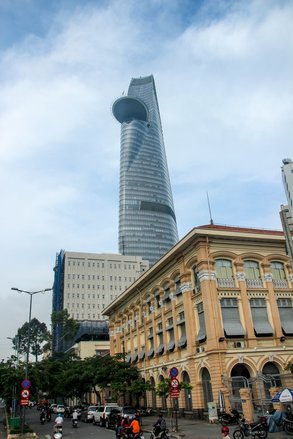 Ho Chi Minh City Ho Chi Minh City Today would be the first excursion offered by Azamara in which we would participate – a trip to the Mekong Delta. We wanted to see something outside of the massive city and chose this trip as we thought it would give us a look at the traditional way of life by the river. Our preference is to have private tours however we were unable to source a tour company that would guarantee a trip to the Mekong Delta area and return in time for the ship’s departure. So, we boarded the coach at 8:30am with numerous other people and headed through the very busy city of Ho Chi Minh. This is the largest city in Vietnam with more than 10 million people that continues to be on an aggressive growth trend. The trip took more than 2 hours due to the heavily congested roads. There was a lot of vehicle traffic that was exacerbated by the thousands of motorbikes zooming along during the morning rush. Once we were outside the city limits, we travelled along the expressway, first through many industrial areas and then passing field after field of rice patties. Upon our arrival in the Mekong Delta, we boarded a boat to the biggest island in the area called Unicorn Island. The region is 39,000 square kilometres of rivers, swamps and islands and is the largest agricultural area in all of Vietnam. However, with our limited time, we knew we would only see a small area. Our local guide took us on a walk to see a bee farmer. Honey is a major export from the area and they were eager to share with us their royal honey. We were brought to a covered shelter and served tea with honey, kumquat and natural pollen. It was sweet with a slightly zesty taste. Along with the drink we shared dried banana, peanut brittle and dried ginger. Very nice treats of that were typical of the region. We walked through a large bamboo forest with coconut and jack trees on our way to another covered area where we sampled many local fruits including: mango, dragon fruit, grapefruit, jack fruit, pineapple and eyeball fruit. All were quite different in texture, taste and sweetness. While having our snack, we enjoyed musical performances that included traditional singers and instrumentalists. We were then led down a path to the canal area. It was hot and there were many mosquitoes and unfortunately we had to wait for some time as boats were loaded with people for their sampan ride. The stairs down to the canal didn’t look overly safe however we held on and made our way down to boats with the help of the local guides. Once on the sampan boat, we were paddled by two Vietnamese women who gracefully maneuvered our boat through the canal. We passed homes along the water’s edge and admired the canopy of trees growing above us. While we had thought we would see more of how people live and survive along the water, it wasn’t quite that kind of tour – however it was quite a peaceful ride that we enjoyed. After our departure from the boats, we received a demonstration of how the local people process coconut and enjoyed some sweet coconut candy. From this location, our coach picked us up to transport us to lunch. On the bus ride back, we could see the clouds starting to collect in the sky and knew we were in for some more rain. Thankfully it held off during our morning tour and lunch. The coach brought us to the Mekong Rest Stop. This was a huge pavilion where many buses make a stop to feed large numbers of people. While the food was traditional, it felt somewhat like an assembly line and the staff were run off their feet with so many people to handle. The food was tasty and unusual – fried fish called elephant ear was served at the table in its full form. It wasn’t the prettiest fish and we didn’t quite know how to serve it at our end of the table. Our waitress used gloved hands to rip off pieces of flesh without the bones and served them onto our plates. This was an interesting sort of service! We also dined on rice rolls, shrimp, beef & vegetables, squid soup, sticky rice, fried rice, spare ribs, lotus seeds for dessert and tea. It all made for a memorable meal. After everyone was sufficiently stuffed, we loaded back onto the bus just as the skies opened and it poured. Our ride back to the ship was uneventful and we arrived around 4:00pm. This gave us time to relax, shower and meet for dinner in the dining room. This evening we enjoyed melt in your mouth scallops followed by buttered chicken and steak cooked to perfection. The show for the evening was a combination variety show featuring the comedian Mel Mellers who I just didn’t think was very funny and the talented Beverley Davison who was fantastic on her fiddle.
After a long day in the Mekong Delta, we retired after the show. Adventures in South East Asia - Hong Kong Part 1 - click here Adventures in South East Asia - Hong Kong Part 2 - click here Adventures in South East Asia - Hong Kong Part 3 & Onboard Azamara Day 1 - click here Adventures in South East Asia - Onboard Azamara Day 2 - click here Adventures in South East Asia - Onboard Azamara Day 3 - click here Adventures in South East Asia - Onboard Azamara Day 4 - click here Adventures in South East Asia - Onboard Azamara Day 5 - click here Adventures in South East Asia - Onboard Azamara Day 6 - click here Adventures in South East Asia - Onboard Azamara Day 8 - click here Adventures in South East Asia - Onboard Azamara Day 9 - click here Adventures in South East Asia - Onboard Azamara Day 10 - click here Adventures in South East Asia - Onboard Azamara Day 11 - click here When we awoke the day after our wet but wonderful trek around Da Nang and Hoi An, we were hopeful that the seas had calmed and we would be greeted by bright morning sunshine. I pulled open the black-out curtains to reveal a gloomy grey canvas that stretched endlessly in every direction. While the seas weren’t quite as rough as the previous evening, there was still a very perceptible rhythmic roll from bow to stern. We would later learn that the weather system we had been passing through was the result of a typhoon that had blasted parts of Vietnam. This was the first time since we had arrived in South East Asia (a week ago) that we had actually been able to sleep in. It was 8:30 by the time I left the stateroom to fetch our morning coffee and water. Kim was still feeling quite groggy from the sea sickness tablets she managed to get from Customer Relations the night before so she was still in bed when I got back. We decided to skip going for breakfast at Windows Cafe in favour of the featured Jazz Brunch that was being served later in the morning at the Discoveries dining lounge. The Jazz Brunch is just one of several featured meals that is served on the Azamara Journey during a cruise. It comprises a full hot and cold gourmet style buffet with individual stations for omelettes, waffles, carved meats, peel and eat shrimp, sushi, grilled fish and specialty desserts. A full Jazz Band is stationed near the middle of the room and provides a melodic acoustic background to further enhance the already sensuous dining experience. This was by far my favourite daytime dining event on the cruise. Most of the rest of the day was spent by the pool recuperating from our last few days of hectic activity in Vietnam. We met up with Karen and Geoff for dinner at the Aqualina specialty restaurant which features Mediterranean style cuisine. It is beside the Prime C Steakhouse on Deck 10, and is distinguished by a much lighter and more elegant decor than the dark wood-panelled mahogany exhibited in the Prime C. Aqualina offers a traditional Italian dinner served in 4 courses: antipasti, zuppa & insalata, secondi and dolci. I had a hard time choosing between the carpaccio of beef and the tuna tartar for my antipasti. I decided on the carpaccio and it was melt in your mouth delicious. For my second course I opted for the rich and meaty lobster bisque. My entrée was the lobster tail with pasta and I finished with the dessert sampler platter. Needless to say, I enjoyed every morsel. 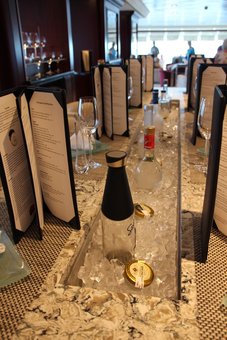 Champagne & Caviar bar Champagne & Caviar bar While on the topic of dining, in our research prior to the cruise, we had read quite a few reviews that raved about the food, both quality and variety, on the Azamara ships. We were not disappointed. I have already described a few of the dining venues on the Journey in previous blogs for this cruise including Windows Cafe, Discoveries Dining Lounge and Prime C Steakhouse. As well as these restaurants, Journey also features Aquafina Restaurant and the Patio (the poolside grill) not to mention the Mosaic Cafe and Tapas in the Living Room. Regardless of which venue you choose there is a consistent level of service, quality and variety at each one. At the served venues we rarely had to wait for our drink orders once we were seated. There was always a basket of fresh, warm bread that was brought to the table after the drinks were ordered. Each menu had meat, fish, pasta and vegetarian options. Other than the Captain’s Table (featured in another blog), each of the sit down dinner venues (Discoveries, Prime C and Aqualina) offer a full four course meal with several options for each course. While Prime C specializes in steaks and chops, and Aqualina offers a distinctly Mediterranean fare, Discoveries typically has a different regionally themed menu every night. While we didn't have a chance to try it, there was also a newly added Caviar and Champagne Bar available each evening located in the Living Room. For the self service and take-away venues there is always a standard food offering with some different (usually regionally themed) options which change every day. The buffet at Windows Cafe features lots of choices for salad, a variety of meats, chicken and fish, pastas and a variety of rice dishes, along with a full selection of treats on their dessert table. The poolside Patio offers grill style snacks and lunch during the day including hamburgers, hot dogs, brochettes, chicken wings, french fries and onion rings. I tried the burgers a couple of times and they were deliciously thick and juicy. The Patio is also where the frozen yogourt bar, Swirl and Top, is located. The Tapas in the Livingroom was a daily stop for us after the 4:00pm daily trivia. There were always 4 new hot and 4 new cold tapas dishes offered every day. And prior to the tapas being set out in the later afternoon, there were always sandwiches and pastries available if you became hungry after lunch. The Mosaic Cafe was my daily morning trek for specialty coffee and pastries, but it is open throughout the day with changing tapas style finger foods available on the trolley beside the bar. Liqueur based coffee drinks are offered at a price later in the day. Finally, throughout the day, poolside wait staff come by offering long and colourful kabobs full of fresh, ripe, juicy and cool tropical fruit. Enough about food. After our wonderful meal in the Aqualina, we headed to the Cabaret Lounge for the nightly show, tonight featured a musical love story called Cafe del Amor performed by the Azamara singers and dancers.
Adventures in South East Asia - Hong Kong Part 1 - click here Adventures in South East Asia - Hong Kong Part 2 - click here Adventures in South East Asia - Hong Kong Part 3 & Onboard Azamara Day 1 - click here Adventures in South East Asia - Onboard Azamara Day 2 - click here Adventures in South East Asia - Onboard Azamara Day 3 - click here Adventures in South East Asia - Onboard Azamara Day 4 - click here Adventures in South East Asia - Onboard Azamara Day 5 - click here Adventures in South East Asia - Onboard Azamara Day 7 - click here Adventures in South East Asia - Onboard Azamara Day 8 - click here Adventures in South East Asia - Onboard Azamara Day 9 - click here Adventures in South East Asia - Onboard Azamara Day 10 - click here Adventures in South East Asia - Onboard Azamara Day 11 - click here This morning we woke in another port in Vietnam – Da Nang. Once again we were up and ready to go at an early hour, had a terrific breakfast at Windows Café and disembarked by 8:15am. We met our guide just outside our ship and while he led us to the van we discussed changing around our planned itinerary for the day due to the unsettled weather. We headed towards the Linh Ung Pagoda but that would be as far as we would go up the mountain as the Son Tra Peninsula was unfortunately heavily covered with rain clouds. On the way, we passed The Man Thai Fishing Village. It was amazing to see this floating village with so many boats lining the shore and the city skyline as a backdrop. Quite a sight! As we made our way up the mountain, we caught glimpses of the Lady Buddha also known as the Goddess of Mercy. This is the tallest statue in Vietnam at a height of 67 metres. It is believed that the Lady Buddha watches over the fisherman and provides them strength during storms and difficult weather on the sea. The statue sits within a large courtyard that has incredibly detailed sculptures, bonsai trees, a pagoda and arched gate. This was a truly magical place where we would have loved to spend more time but unfortunately the weather was not quite cooperating. After doing a quick walk around the gardens, we waited under the Lady Buddha pedestal while the rain came down in buckets. Eventually we decided to make a dash for it. Luckily our guide had our driver bring us some very fashionable pink polka dot raincoats in an attempt to keep us partially dry on the way back to the van. We piled back into the van and started towards our next destination – Marble Mountain. On the way, we passed the Non Nuoc Beach that was nicknamed China Beach by the American soldiers stationed in Da Nang during the Vietnam War. This was a long stretch of beautiful white sand stretching for some 30kms that now has dozens of large hotels and condo developments sprouting up all along the stunning coastline. In the midst of this development sits the abandoned military base that stored munitions during wartime. It is very interesting to see the development happening alongside areas that have been virtually untouched in 40 years. Once we arrived at Marble Mountain, we made a stop at a reputable marble shop. The differing shapes, styles and sizes of statues was overwhelming. The master craftsmen make virtually everything out of the marble from the area and of course there were different colours and densities of this beautiful stone. We chose to purchase a small Lady Buddha marble statue that is a pale jade green colour and is a considerable weight given she is relatively small in size. She now sits in our living room watching over us each day. We proceeded to the area of Marble Mountain. Our guide suggested that we take the elevator to the top for $1.50 USD. This seemed like a good idea given there were 150 steps up to the top and the uneven, natural stone staircase looked slick and treacherous from the rain. At the top, we were awed by the incredible scenery. A wonderland of ornate pagodas, temples, meditation gardens, statues and both Hindu and Buddhist alters were built at the top of this mountain. The architecture was stunning and the colours and intricate details a treat to admire. We thoroughly enjoyed walking around this area finding beautiful treasures around every corner. Our guide brought us through a series of grottos that housed more wonders - shrines, intimate caves and huge grand halls that were fascinating to explore. A truly spectacular place. Afterwards, we decided to descend via the staircase carefully picking our way down the 150 steep, wet steps. We paused at various stages on the way down to take in the marvelous vistas of the surrounding town, beach and several other marble peaks that have been mined over the years. Our next destination was the ancient city of Hoi An. The drive took approximately 30 minutes and the scenery was comprised mainly of rice patties dotted with grazing Buffalo. Upon our arrival in Hoi An we stopped at a silk factory where local artisans demonstrated how silk is made on the traditional looms. There were various items all made from silk for purchase and incredible pictures that were embroidered in silk. The last section of the store was filled with beautiful lanterns that were hand made. We proceeded to the Ancient City of Hoi An that has been designated an UNESCO World Heritage site. The city is considered to be an excellent example of a well-preserved trading port dating from the 15th to 19th century that reflects the many different cultures and nationalities that have occupied this area. Since it was getting later in the afternoon, we started to make our way to the restaurant where our guide had a reservation for us. Unfortunately, he entire middle section of the Ancient City was flooded from the rain storm, making the restaurant inaccessible. Local residents had arrived to transport pedestrians in their narrow, open fishing boats through the water across the flooded area however the police would not allow tourists to ride in their boats due to safety reasons. Our guide acted quickly and found a different restaurant for us to experience authentic Vietnamese food. We enjoyed a very nice lunch at Hai Café dining on multiple courses including spring rolls, shrimp dumplings, pancake inside rice roll, beef skewers, eggplant in a clay pot and tropical fruit for dessert. While we had to move to an inside spot in the middle of the meal, when it started pouring rain, it was still a very relaxing and enjoyable meal. When the rain had slowed, our guide led us through the town taking us into preserved ancient buildings that included a traditional Japanese courtyard and a typical Chinese house. We also visited a ceramics museum, a Cantonese assembly hall and an Elementary school that is currently used for night school. We also visited a Japanese bridge that is a landmark in the city dating back to the 18th century. It is a wooden covered bridge that has elaborate carvings and alters but it also provides a covered pedestrian passageway. The last stop in Hoi An was the local market that also had a large prepared food stand area. As we made our way through the market, we found that much of it had been closed due to the flooding. The produce sections were under a tremendous amount of water forcing the vendors to close and pack up their stands to salvage their food items for sale. The rain and water didn’t stop many vendors in the streets from displaying their items or walking alongside you to provide samples to entice you to purchase. The sights, sounds and smells in this small town were quite the combination. Bright colours everywhere made for a unique, charming city. Our driver efficiently navigated out of the town as we drove back to the port, boarding the ship after a long day. We were all in need of a shower after the damp day so we planned to meet for dinner in the dining room. The ship began its departure from port as we were changing for dinner and, because of the rough seas, I could feel the ship moving considerably. We went to the dining room where we enjoyed appetizers, however as the meal progressed, I started to feel nauseous from the waves. I wasn’t able to stay for my anticipated veal dish and unfortunately cannot comment on what everyone else had for dinner as I wasn’t there. After receiving some motion sickness pills from the front desk, I retired to the cabin for the rest of the evening. The rest of the folks enjoyed a musical theatre show written and performed by the cruise director Eric DeGray who is a very talented singer, dancer and composer who hails from Toronto! He performed a tribute to the music of Andrew Lloyd Weber, and Denis commented that his rendition of “Phantom of the Opera” was well done.
Adventures in South East Asia - Hong Kong Part 1 - click here Adventures in South East Asia - Hong Kong Part 2 - click here Adventures in South East Asia - Hong Kong Part 3 & Onboard Azamara Day 1 - click here Adventures in South East Asia - Onboard Azamara Day 2 - click here Adventures in South East Asia - Onboard Azamara Day 3 - click here Adventures in South East Asia - Onboard Azamara Day 4 - click here Adventures in South East Asia - Onboard Azamara Day 6 - click here Adventures in South East Asia - Onboard Azamara Day 7 - click here Adventures in South East Asia - Onboard Azamara Day 8 - click here Adventures in South East Asia - Onboard Azamara Day 9 - click here Adventures in South East Asia - Onboard Azamara Day 10 - click here Adventures in South East Asia - Onboard Azamara Day 11 - click here The start to our day 4 in South East Asia began with an early breakfast at the MK Boutique Hotel in the heart of Hanoi. We took the elevator up to the rooftop restaurant which overlooks the surrounding streets. The restaurant was scheduled to open at 6:30am, but the hotel staff told us we could go up earlier. We arrived just around 6:15am and were surprised to see that there was a family at one of the tables already eating. The dining room was a large square with a breakfast buffet set up along two adjoining walls. The room was modern and bright with one windowed wall opening out to a terrace with more tables set up. There were plenty of hot and cold choices on the buffet reflecting both Vietnamese and American style foods. We filled our plates with eggs, meat and fruit as well as a few pastries to take with us on our ride back to Halong Bay. The Azamara Journey was scheduled to leave Halong Bay at 1:00pm and we had to make the 173 km car ride back in time for the 12:15pm all aboard deadline. Our guide had suggested that we leave Hanoi no later than 7:00am in order to try and avoid the extreme traffic that blankets the city during rush hour. With a metropolitan population of 7.5 million people, many rushing to the city centre at the beginning of each day, we needed to escape as quickly as possible. Even leaving as early as we did, the driver estimated our return trip would take a minimum of 4 hours. As we left the hotel at 6:45am we could see the inner city already springing to life. Merchants were setting up their shops while scooters and motorbikes bulging with packages and people swayed through the narrow streets. We made relatively good progress through the downtown area for the first 20 minutes, but as we came closer to the outer core of the city the growing traffic continued to slow us down. I am a perennial complainer of the tedious traffic on my daily commutes in Toronto, but I have never seen as much congestion as we encountered leaving Hanoi. As we approached the manufacturing and distribution districts on the outskirts of the city we were at a perpetual standstill. It took us just over an hour to navigate our way out of the city and onto the provincial highway leading back to the coast of the South China Sea. Once on the main highway, we made moderate but steady progress, having to slow down at the entrance to each village and then gradually speeding up again through the rural areas. About halfway through the trip, in one of the larger towns, the guide indicated that we would be taking a short break, and the driver pulled into a rest area off of the main street. The rest area was a large covered modern market that included several different sections. One section was devoted to ornate statues cut from various types of stone. Many of these were life-size Buddha’s and other religious symbols. A large billboard in their midst contained pictures, names and addresses of buyers from around the world who had purchased statues and paid in the tens of thousands of U.S. Dollars for their pieces. Inside the market we walked around through aisles of Vietnamese tea, coffee, spices and other locally grown products. One of the market hosts invited us to sample the tea and coffee. The tea was hot, aromatic and refreshing. The coffee was very dark, rich and robust with a hint of chocolate. We also sampled a Vietnamese treat unique to this area - green bean cake. The one inch square pieces are individually wrapped in gold or silver foil and packaged in a box similar to assorted chocolates. The texture has a fudge like consistency and the taste is subtly sweet. We decided to buy a box to bring home along with some Vietnamese tea and coffee beans. After our brief stop, we continued to drive towards the coast, alternating between villages and rice patties for most of the way. About 20 minutes from Halong Bay, our guide pointed out the low mountain range that ran parallel to the road on our left. He recounted a story about how Ho Chi Minh, on his way from Hanoi to Halong Bay, had stopped by the side of the road and looked up at the barren hillside. He ordered that the hills be planted with trees for his people and then continued on his way. There are now large forests growing all along the roadside. We arrived in Halong Bay at 11:00am, in plenty of time to be tendered back to the ship. We bade farewell to our attentive guide, who was going to take a 4 hour bus ride back to his home in Hanoi. The driver was local to Halong Bay, and was going to resume his local taxi service for tourists in the area. A tender was just arriving as our Vietnamese hosts went their separate ways. We boarded the tender along with a few other stragglers and were taken back to the ship which was only a short distance away. The bright, blue sky was beginning to cloud over, especially out to sea. It looked like there might be some stormy weather ahead. Arriving on the ship just in time to drop our overnight bags and shopping in our stateroom, we made our way to the dining room for the Officer’s Barbecue. This was one of several specialty meals that are offered throughout the cruise. Today’s menu included a variety of barbecued meats and other delicacies: roast prime rib, chicken, pork tenderloin, sausages, ribs along with an assortment of sides and condiments, all served by the ship’s officers. While we had enjoyed our daily lunches at Windows Cafe, this offering was a bit more elegant and provided some options that we didn’t usually see at Windows. After a filling lunch, I went to the Cabaret Lounge to catch Part 2 of the lecture “China: Aggressive or Defensive”. This was a continuation of the lecture which I had attended on our first sea day. The topic focused on China’s position in South East Asia and the policies it has to its neighbours including Taiwan and Indonesia. As with the first lecture, this one was at times a bit dry, but did offer some interesting insight into the relationships between China, it’s neighbours and the United States. It seems as if there will be some contentious issues regarding territory, control and economic posturing in this region in the years ahead. While I had attended the lecture, Kim had gone to the swimming pool to read. By the time the lecture was finished and I joined her in the pool area on the 9th deck, the sky had become quite overcast and the air had chilled considerably. As it was approaching 4:00pm and Kim was getting cold, we opted to abandon the pool and, instead, went inside to the Living Room where the afternoon’s trivia was about to begin. Today’s topic was “U.S.A All the Way”. Needless to say there were quite a few teams comprising mainly American residents. While we did manage to answer some of the questions correctly, we just didn’t have the breadth of knowledge, especially with respect to American politics that our U.S counterparts had. As on previous days when we had not fared well at trivia, we made up for it by indulging in a glass of wine and the afternoon’s tapas. After trivia, we went back to the 9th deck and walked around the pool surveying the sea and sky. It had become quite a bit more overcast since Kim had been on the deck previously and there were dark, ominous clouds forming between our ship and the coast. The seas had also become a bit more choppy, and while not uncomfortable, we could feel a bit of pitch as the ship made her way southwest. Following our brief walk, we went back to the stateroom to prepare to meet Karen and Geoff for dinner. At 6:30pm we gathered at the bar in front of the dining room and proceeded to our table for another fabulous meal. The chef's special this evening was lobster and shrimp. Of course we all had the same dish! The feature entertainment tonight was the comedy and magic of Mel Mellars, a British comedian and magician whose style is a bit polarizing. While his magic tricks were entertaining and some of the jokes were witty, his particular style of comedy relies on insults and embarrassment to his audience members. The overall act is a bit reminiscent of the burlesque style using mockery and ridicule, and as a result, it fell flat for some of the audience. Though not one of my favourite entertainers on the ship, he did appeal to many in the crowd and we did stay until the end of the show. The feature performance ended at 9:00pm and Kim decided she wanted to go back to the stateroom. I had heard that there was a feature guitarist that was playing in the Spirits lounge just outside the Casino so I decided to go down to the 5th deck and check it out. The guitarist, Teodor, was excellent and played a variety of music from various genres. I watched and listened to him play for his entire set and found the experience to be both entertaining and relaxing. I left the Spirits lounge and headed for bed in a positive state of mind and looking forward to our next port of call. Adventures in South East Asia - Hong Kong Part 1 - click here
Adventures in South East Asia - Hong Kong Part 2 - click here Adventures in South East Asia - Hong Kong Part 3 & Onboard Azamara Day 1 - click here Adventures in South East Asia - Onboard Azamara Day 2 - click here Adventures in South East Asia - Onboard Azamara Day 3 - click here Adventures in South East Asia - Onboard Azamara Day 5 - click here Adventures in South East Asia - Onboard Azamara Day 6 - click here Adventures in South East Asia - Onboard Azamara Day 7 - click here Adventures in South East Asia - Onboard Azamara Day 8 - click here Adventures in South East Asia - Onboard Azamara Day 9 - click here Adventures in South East Asia - Onboard Azamara Day 10 - click here Adventures in South East Asia - Onboard Azamara Day 11 - click here The second day of our cruise was a sea day and our first opportunity to explore the luxurious Azamara Journey - our home for the next thirteen days. We welcomed the rest and relaxation that a sea day brings after the hectic pace of our time in Hong Kong. Our morning started early as usual (we had still not fully adjusted to the 12 hour time difference). After waking up, I pulled open the blackout curtains on our balcony door to let the daylight burst into our stateroom. I quickly got dressed and left Kim to read in bed while I went searching for morning coffee and whatever other delicacies I could find to start off the day. One of the amenities offered by Azamara on their cruises, unlike most traditional cruise lines, is the inclusion of a beverage package in the base fare. This meant that instead of settling for regular brewed coffee, which I usually find a bit too weak for my tastes, I could indulge in a nice dark brew of Italian Espresso or a creamy Cappuccino that are all complimentary. The Journey has the perfect little spot, the Mosaic Cafe, on the fifth deck that overlooks the staircase to the fourth floor lobby. Along with a bevy of caffeinated brews, the Mosaic also features a pastry bar stacked with freshly baked goods. I grabbed a couple of the mini Chocolate Croissants, ordered a double Americano for me and a hot chocolate for Kim, then headed back to the stateroom. Since this was our first real chance to just take it easy since our flight from Toronto three days before, Kim and I sat out on our balcony drinking our hot beverages, enjoying the fresh sea breeze and gentle rocking of the ship as we continued to head South West along the coast of China toward Vietnam. Today was going to be all about taking it easy. After spending some time on the balcony chatting about our Hong Kong experience, we decided it was time to get a proper breakfast. We left our stateroom on the 7th deck and climbed the two flights of stairs to the 9th deck and walked to the back of the ship to find Windows Cafe. This is the buffet style restaurant on the Journey which is open for lunch, breakfast and dinner. It is conveniently located at the back of the pool deck and is accessed on either side of the ship. There are two long hallways, one on each side of the ship that lead to the stern where the buffet is set out. Each hallway is made up of rows of tables and the outside of each hallway has floor to ceiling windows, running the length of the restaurant, that look out to sea. The back of the restaurant flows out to an open deck where more tables are set up for al fresco dining. Following a hearty breakfast of omelettes made fresh at the omelette station, along with some fruit, cheeses and deli meats, we continued our exploration of the Journey. Our next stop was the Cabaret Lounge, the main theatre on the ship located at the front of Deck 5. This is the usual spot for the nightly theatrical entertainment, but on some sea days there are guest lecturers. Today’s morning lecture was titled “Asia: Aggressive or Defensive” and spoke to the political pulse of the area over the last several decades. While the lecture was at times a little dry, there were some interesting tidbits to be gleaned about the general culture and history of South East Asia. The morning lecture ended just before noon and since we were still full from our mid morning breakfast we decided to spend some time at the pool and continue our sea day theme of doing as little as possible. The Journey has one pool, situated in the middle of Deck 9 with super comfortable loungers surrounding all four sides of the pool. On other ships we have cruised, finding a lounge chair near the pool anytime after 9:00 AM on a sea day can sometimes prove a bit of a challenge. We had no such issues on the Journey as there were plenty of empty loungers available all around the pool. We chose a couple of loungers on the port side of the ship which gave us partial shade as we continued to sail south west into the afternoon sun. What makes the lounge chairs on the Azamara so comfortable are the deep cushiony mattresses. Many cruise ships have plastic or mesh loungers that are easy to maintain and dry quickly if they get wet. Azamara sacrifices cost for comfort, and as far as the loungers are concerned, it is well worth it. Another distinction between Azamara and some of the other cruise lines we have sailed is the quality of the pool towels. They are bigger, thicker and softer than you get on most cruises. And, there is a fresh one on each vacant lounge chair. We spent a couple of hours lounging, swimming, reading and napping until our tummies told us it was time to eat. We gathered up our belongings and sauntered back to Windows Cafe to grab lunch. After finishing our light lunch (we were saving ourselves for this evening’s dinner at the Prime C specialty restaurant), we decided to attend the afternoon lecture titled “Hanoi - Paris of the East”. We were particularly interested in finding out more about Hanoi because Kim had arranged an overnight, private excursion to Hanoi after we visited Halong Bay, our first stop in Vietnam. As with the morning lecture, there were some dry spells, but overall it was interesting to get an overview of modern Hanoi and how it has evolved since the Vietnam War (which in South East Asia is referred to as the American War). The lecture finished just in time for us to make our way up to the Living Room on Deck 10 to meet up with Karen and Geoff for a glass of wine and to try our hand at today’s trivia - the topic was Love Songs. The Living Room is one of the larger lounges on the Journey. It takes up the width of the ship at the front of Deck 10. It is a large, bright room with windows facing out to sea that surround the bar. There is a Grand Piano in one corner, a small parquet dance floor in the middle surrounded by comfortable and inviting chairs, sofas and coffee tables. A couple of the seating arrangements had purple, high-backed chairs that curved to wrap around you. We decided to choose one of those arrangements, ordered our drinks and blundered our way through the list of love songs that made up the trivia game. We managed to identify only 10 of the 20 songs that were played but enjoyed another round of drinks to celebrate the winners. It was just about 5:00pm as we finished our drinks and discussed our plans for dinner. Kim and Karen had made reservations for us at Prime C, one of the three specialty restaurants on the ship. Prime C, as the name suggests, is the ship’s Steakhouse. Our reservations were for the 6:30pm seating, so we agreed to meet a few minutes before at the bar outside the restaurant. We returned to our staterooms to shower and get ready for dinner. One of the joys for us when we cruise has always been the quality and variety of food that is offered, especially for evening dining. Our experience at the Prime C more than met our expectations. We met up with Karen and Geoff just before 6:30pm and were escorted to our table. Prime C, like the Living Room, is located on Deck 10, but at the rear of the ship on the starboard side. After being seated at our table, we ordered our respective wines and looked over the one page menu. This night’s offering included a variety of starters and salads along with several entrees. Besides the expected steak selections, the entrees included Rack of Lamb, Cornish Hen, Baked Alaskan Salmon and Sautéed Giant Shrimp. Between Kim and I, we chose the Pumpkin Soup, Beet Salad, Tenderloin Pastry, Crab Cakes and Filet Mignon. While this seems like a lot of food (and it was), the portion sizes were just right for the number of courses. We lingered over our dinner, enjoying every bite as well as our lively conversation. It was approaching 9:00 pm by the time we finally finished up and were ready to leave. While it was still relatively early, our lack of sleep over the last few nights was finally beginning to catch up with us. We all retired to our staterooms to get ready for our first port of call - Halong Bay. Adventures in South East Asia - Hong Kong Part 1 - click here
Adventures in South East Asia - Hong Kong Part 2 - click here Adventures in South East Asia - Hong Kong Part 3 & Onboard Azamara Day 1 - click here Adventures in South East Asia - Onboard Azamara Day 3 - click here Adventures in South East Asia - Onboard Azamara Day 4 - click here Adventures in South East Asia - Onboard Azamara Day 5 - click here Adventures in South East Asia - Onboard Azamara Day 6 - click here Adventures in South East Asia - Onboard Azamara Day 7 - click here Adventures in South East Asia - Onboard Azamara Day 8 - click here Adventures in South East Asia - Onboard Azamara Day 9 - click here Adventures in South East Asia - Onboard Azamara Day 10 - click here Adventures in South East Asia - Onboard Azamara Day 11 - click here Although we were both exhausted after a long first day, we didn’t manage to sleep through the night again, waking around 3:00am. Turning your clock around 12 hours is a difficult thing to do and waking up super early makes for very long days. Suffice to say we decided to stop tossing and turning around 4:00am so we had plenty of time to review the day prior, shower, pack up our luggage and find a cab. We left around 7:00am to go to the Kowloon side to meet Karen and Geoff at their hotel, the Marco Polo. After leaving our luggage with their hotel concierge, we were ready to go for the day. We had decided to take a walk around the hotel area as it was incredibly decorated with gigantic Christmas ornaments. There were numerous displays that we had seen the previous day however in the afternoon they had been very crowded with people. At this hour, there were very few people around and we could get some great shots of the beautiful displays. Our meeting place for our tour was at the Peninsula Hotel that was also done up spectacularly with a huge Christmas tree and decorations all over the lobby. Maggie had told us the day prior that the Chinese people love Christmas for the splendour and the music so the merchants and hotels in Hong Kong do Christmas in a large way. We boarded the bus, transferred back to Central side and waited for the Lantau ferry. It took us approximately 30 minutes to cross to the island. Lantau Island is the largest island in Hong Kong (twice the size of Hong Kong Island) however there are only 45,000 people living there compared to 1.4 million on Hong Kong Island. It is mostly mountainous with a huge freshwater reservoir. It has mainly been home to fisherman and their families who live on stilt homes in fishing villages spread across the island. When Hong Kong developed their new airport on the island, the island became more populated to support the airport. Since that time several other large projects have been built on the island including Hong Kong Disney World and the Ngong Ping 360 cable car. Also of note is that Lantau Island houses 6 different prisons ranging from correctional institutions to maximum security facilities. Our first stop on our tour was at Upper Cheung Sha Beach. This was a stunning beach with absolutely no one on it. Our guide told us that cars are very limited on the island. There are few permits issued to residents and for people to enjoy the beach they would have to take a public bus to get there. For many, they would rather go to a beach closer to their neighbourhood then spend time trying to get to the nicer beaches in this area. We quite enjoyed it and wished the tour had included some time to relax surrounded by such beauty. Our next stop was at the Tai O fishing village and market. This village is more than 3 centuries old. Our tour guide took us on a stroll through the market to show us the cured and salted products that are produced there. Many kinds of fish and seafood were available in dried formats and a speciality of the area is shrimp paste. We boarded a tourist boat that motored down the canal showing us the houses that are held up by stilts. It is amazing to see these homes perched precariously on narrow stilts. Our guide told us the mountains fortunately protect the village from severe winds and storms. Otherwise, it looked as though they could blow over without much force. We were given some free time to wander the market and watch the fish trading. Women down in their boats at water level, are cleaning and prepping the fresh catch of the day. Customers call down from above on the bridges to inquire about the product they would like to purchase. Once a price is agreed upon, a bucket is sent up to collect the money and lowered down to the merchant in her boat. She measures out the fish or seafood and attaches the bag to a rope that is hauled up to the customer. It was amazing to watch such a unique way of shopping that you can tell has been taking place for many years. Back on the bus we were transported to Tian Tan Buddha that is a major centre of Buddhism in Hong Kong. Fortunately, our bus dropped us off at the top level so we could explore the Big Buddha without having to walk up the 256 steps! We explored the three floors inside the Buddha where there are incredible murals painted on the walls, a hall of remembrance where plaques are displayed from donors to the building of the Buddha and in a very tiny vase are a portion of the cremated remains of Buddha. Once you step outside we were truly impressed by the sheer size of the bronze covered Buddha who measures 34 metres tall and weighs over 250 metric tons. The Buddha is sitting on top of a lotus flower with one hand raised and one hand in his lap. This signifies generosity and protection. On the platform sit six Divas offering flowers, incense, lamp, ointment, fruit and music to the Buddha. Each is very beautiful and makes the surrounding area a lovely place to sit and contemplate the wonderful philosophies of Buddhism. We slowly started our descent down the steps stopping frequently to look up at the majestic statue and attempt photos at varying angles since the sun was behind the statue – making picture taking a challenge. 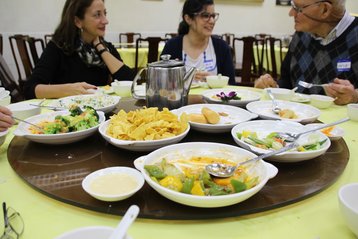 Vegan lunch Vegan lunch At the bottom, we met the rest of the group and proceeded to the Po Lin Monastery to have a wonderful vegan lunch. We were served bean curds in lemon sauce, broccoli & pepper and bean stir fry, rice, spring rolls, tofu soup, fried buns and fried wontons. Everything was delicious and we were appreciative of the large lunch after our busy morning of walking. After lunch we wandered the grounds of the Monastery admiring the elaborate pagodas and temples. While we were there, we found there was a Festival taking place. It was to honour people that had died by accident. This festival takes place for 7 days and includes prayers, chanting and a time of remembrance. We watched quietly as monks proceeded through various chants which were melodic and soothing to watch. We were to meet the group at the Ngong Ping cable car for boarding. While walking to the cable car you must cross through a large shopping concourse. This was something we were now used to since there seems to be shopping at every opportunity in Hong Kong. We stopped only to purchase a small Buddha magnet for our fridge at home from one of the small stalls, bypassing the larger stores selling brand name items of all kinds. While walking towards the shopping centre, we passed several water buffalo that had made their way down from the hills. This is an animal you see often on Lantau where they roam wild. We passed through the queue quickly, boarded the cable car and were immediately awed by the surrounding views. The ride is 5.7 kms long and has two stations that turn the direction of the cable up to 60 degrees during the ride. We waved goodbye to the Big Buddha and glided past the airport, the South China sea, through valleys and above large areas of residential buildings surrounding the Tung Chung Bay. After 25 minutes, we disembarked back on Hong Kong Island and boarded the bus back to the Marco Polo hotel. The traffic was terrible leaving us concerned for our arrival time to the ship. However, we made it back and proceeded to make our way to the cruise ship terminal. Of per the usual, we walked through an extremely chaotic shopping mall filled with children’s clothing to access the cruise terminal. Never have we experienced anything like it. But this is Hong Kong and they shop everywhere! We quickly boarded the Azamara Journey to find we had been upgraded to a balcony stateroom - #7031. This was a very pleasant surprise. After a quick peek at the cabin, we headed to the guest relations and the excursion desk to discuss internet, an excursion we had questions about and then off to Prime C where we booked our specialty dining package. We never waited in line at any of these services and were able to complete our requests quickly and efficiently. Dining on Azamara is open seating. So, we had decided to meet at 6:30pm for dinner in the main dining room. We had a wonderful prime rib dinner and enjoyed our server and the incredible views around us. The ship was not scheduled to depart until 8:30pm so we went up on deck to enjoy the view of the harbour with the lit-up buildings. Hong Kong always has many lights on their skyline but during the holidays, they also add Christmas images that make it even more interesting. When we started our departure from port, we took some wine and sat on our balcony watching the skyline twinkle with the bright lights. After unpacking and getting settled, we said goodnight and goodbye to Hong Kong and drifted off to sleep as we sailed out to the sea.
Adventures in South East Asia - Hong Kong Part 1 - click here Adventures in South East Asia - Hong Kong Part 2 - click here Adventures in South East Asia - Onboard Azamara Day 2 - click here Adventures in South East Asia - Onboard Azamara Day 3 - click here Adventures in South East Asia - Onboard Azamara Day 4 - click here Adventures in South East Asia - Onboard Azamara Day 5 - click here Adventures in South East Asia - Onboard Azamara Day 6 - click here Adventures in South East Asia - Onboard Azamara Day 7 - click here Adventures in South East Asia - Onboard Azamara Day 8 - click here Adventures in South East Asia - Onboard Azamara Day 9 - click here Adventures in South East Asia - Onboard Azamara Day 10 - click here Adventures in South East Asia - Onboard Azamara Day 11 - click here Having spent the morning walking through the Central and lower Mid-Levels districts of Hong Kong and feasting on a lunch of Dim Sum, we were now ready for our afternoon adventure - Victoria Peak and Kowloon Island. We left Maggie (our tour guide for our morning trek) just before 2:00 pm and grabbed a taxi for the trip up to Victoria Peak. The taxi maneuvered through the busy streets of SOHO and finally wound its way up the mountain for about 20 minutes before dropping us off at the ground level of a bus parkade near the entrance of the site. I paid the driver the 72 Hong Kong Dollars (approximately 10 USD) for the ride and we walked out of the parkade and up towards the Peak. As we made our way towards the lookout we had to first walk past the large and very modern Peak Galleria which boasts lots of food, entertainment and shopping options. There is also a rooftop terrace that purports spectacular (free) views of Hong Kong Harbour, but we chose to bypass the mall and made our way between the mall and the Peak Tower (not free) to a viewing area at the edge of the Peak. Victoria Peak was a must stop for us, and Kim, an avid photographer, had worried that the unpredictable weather in mid December would veil the views and photos of the harbour. Perhaps because of our visit to the Man Mo temple earlier in the day, and the Feng Shui from the Statue Square area, we were blessed with cloudless blue skies and perfect views of the city below. We had heard that the peak can be extremely busy with throngs of tourists, however, on this particular afternoon, while there were lots of people, we did not find the lookout to be overly crowded. We spent approximately 30 minutes milling about the lookout area and taking photos of the city below from various angles. We were able to pick out some of the spots that we had walked through in the morning, including the HSBC building and we got a preview of our next destination across the harbour on Kowloon island, including the hotel that Karen and Geoff were staying at (Marco Polo Hotel) right at the waterfront and the port where our Cruise ship would be departing the following afternoon. We reluctantly left the spectacular views from Victoria Peak as we needed to head back to Kowloon island in order to see some of the markets on Kim’s itinerary before our 6:30pm dinner reservation. It was a 5 minute walk back to the Parkade where the taxi had dropped us off. Our morning tour guide, Maggie, had suggested that we could take a bus back from the Peak right to the Star Ferry terminal, since that is where we would cross the harbour from Hong Kong Island to Kowloon Island. We picked up the bus right next to where the taxi had dropped us off, and after paying our 6 HKD (less than 1 USD) bus fare, we headed back down the mountain towards Hong Kong Harbour. While the mid-afternoon trip up the mountain by cab had taken only 20 minutes, the bus ride back would prove to be far longer. The first part of the trip went well enough, but as we approached the busier streets closer to the financial district, the traffic became more and more challenging. After an hour-long bus ride, we finally made it to the Central Star Ferry Pier. We purchased our tickets for the ride on the Star Ferry across to Kowloon Island where we were dropped off at Tsim Sha Tsui Star Ferry Pier, right in front of the Marco Polo Hotel where Karen and Geoff were staying. The boardwalk in front of the Marco Polo was graced with gigantic gold and pastel coloured ornaments. We continued into the hotel through the side entrance into an annex that was covered from floor to ceiling in glistening Christmas decorations. After confirming with Karen and Geoff that we would meet them for dinner at 6:30pm at the Nanhai No1 Restaurant (just a few blocks from their hotel), Kim and I carried on to the Tsim Tsui subway station for the 10 minute subway ride to Prince Edward station (5.50 HKD per person). Exiting Prince Edward Station into the long shadows of late afternoon, we walked a few blocks towards the first of the 4 markets that were on our itinerary. Hong Kong’s markets, in this part of Kowloon, are named based on what they are known for. The first market we walked through was the Flower Market, and for several blocks, each stall was filled with either fresh cut flowers, potted plants, cactus and at this time of year, poinsettias and Christmas trees. After wandering past stall after stall of fragrant flowers and exotic plants, we could see the sign that directed us to our next destination - the Bird Market. Unlike the Flower Market which has rows of shops along the street that spill out onto the sidewalk, the Bird Market is in a semi covered stucco building just off one of the side streets at the far end of the Flower Market. We could hear the piercing screeches of the birds well before we got to the entrance which was up a long ramp along the side of the building. The Bird Market is a cacophony of shrill sounds that takes a few minutes to get accustomed to. This is made bearable by the incredible kaleidoscope of colours from the thousands of birds (some flying free), and variety of cages that fills the market. Because we had arrived so late in the afternoon, many of the stalls were beginning to close up and most of the visitors had already left so we were able to move quickly through market. Leaving the Bird Market, we retraced our steps past the Flower Market and crossed a couple of side streets to begin our journey through the Goldfish market. The Goldfish Market is in a busier corridor than the Flower and Bird Markets and as we approached it, we noticed more and more people on the streets. We arrived at the Goldfish Market just as the last vestiges of daylight were disappearing and the myriad neon lights of storefronts on either side of the street began to flicker on. Whereas the Bird Market was conspicuous by the piercing sounds of screaming birds, the Goldfish Market is defined by bright, deep colours and light. In fact, upon entering the Goldfish Market, I thought I was looking at walls that were covered in bulbous light bulbs, only to discover that they were rows and rows of clear plastic bags filled with water and fish ready to be purchased and taken home. After walking for several blocks through the Goldfish Market we cut over a couple of more streets to the famous Ladies Market on Tung Choi Street and began our trek south towards the harbour. The Ladies Market is a pedestrian zone in one of the most densely populated suburbs in the world. Walking, or rather pushing our way through it at this very busy time of day was quite challenging. The market itself is renowned for its inexpensive deals on clothes, fake brand name watches and purses as well as every tourist souvenir imaginable. We managed about 30 minutes of wading past stall after stall filled to overflowing with goods of every kind and finally decided to cut back to the Yau Ma Tei Station and take the subway back to Tsim Sha Tsui so that we could meet up with Karen and Geoff for dinner. We emerged from the subway station and looked for the signs that led us to iSquare mall which is where the restaurant was located. After meandering around the various escalators and following more signs through the iSquare complex, we finally made it to an elevator that was dedicated to a couple of the more exclusive eating establishments in the complex. We took the elevator to the 30th floor and alighted at the entrance to the restaurant. Nanhai No1 Restaurant had been recommended to us by a close friend, Simon Ling, who had grown up in Hong Kong and now resides with his family in Toronto. It is a modern Asian fusion restaurant that is perfect if you are looking for a wide variety of Asian food coupled with great atmosphere and a spectacular view across Hong Kong harbour from a perfect vantage point. Our waiter provided us with an overview of the menu and we decided to let him choose our dishes. He summoned the Sommelier who made his wine suggestions based on what the waiter had recommended to us for dinner. On the waiters suggestion, we decided to go with a number of sharing dishes that included barbecued pork, peking duck, beef brisket, whole shrimp, fried rice and fried buns. The choices were excellent and more than enough for the 4 of us. We ended our dinner on the restaurant patio that overlooks the Harbour and watched as the nightly Laser Light Show danced along the buildings across the harbour. Shortly after 9:00 pm we decided it was time to head back and get rested for our second day in Hong Kong. We walked with Geoff and Karen to the entrance of the subway where we said our good nights and left them to walk back to their hotel while we took the subway back to Hong Kong Island. The trip from Tsim Sha Tsui to Swuang Wan took about 15 minutes and then it was another 10 minute walk to our apartment on Hollywood Road. At 10:00 pm, the Central Region was much quieter than the hustle and bustle of the Canton Road area where we had eaten dinner. In fact there were only a few cars and even fewer people as we walked the last few steps to our apartment.
This had been an incredibly busy day for both of us and we felt extremely tired but still filled with the wonders we had seen throughout the day and the anticipation of our next day in Hong Kong. We showered and changed and went to bed hoping that we would get a good night’s sleep so that we would be refreshed for our adventure to Lantau Island and the Giant Buddha. Adventures in South East Asia - Hong Kong Part 1 - click here Adventures in South East Asia - Hong Kong Part 3 & Onboard Azamara Day 1 - click here Adventures in South East Asia - Onboard Azamara Day 2 - click here Adventures in South East Asia - Onboard Azamara Day 3 - click here Adventures in South East Asia - Onboard Azamara Day 4 - click here Adventures in South East Asia - Onboard Azamara Day 5 - click here Adventures in South East Asia - Onboard Azamara Day 6 - click here Adventures in South East Asia - Onboard Azamara Day 7 - click here Adventures in South East Asia - Onboard Azamara Day 8 - click here Adventures in South East Asia - Onboard Azamara Day 9 - click here Adventures in South East Asia - Onboard Azamara Day 10 - click here Adventures in South East Asia - Onboard Azamara Day 11 - click here Our first day in Hong Kong was a mega adjustment to time changes and jet lag. We had secured a studio apartment for two nights on the Hong Kong side of the harbour (known as Central) through AirBnB and arrived from the airport at 1:00am. After finally figuring out how the electonic door lock to the apartment worked, we managed to sort out the clothes we wanted to wear on our walking tour in the morning and got into bed. With the 12 hour time difference from Toronto and the excitement and anticipation of our trip, neither of us got much sleep on our first night. Just as our fatigued bodies finally fell into blissful sleep, the alarm blared to let us know it was time to get up and get ready for our day-long walking tour of Hong Kong and Kowloon Island. We had scheduled to meet Karen and Geoff, our close friends from Orillia, Ontario who were travelling with us, as well as our tour guide Maggie, at 9:00am at Statue Square. Kim had mapped out the route on Google Maps and determined it was about a 20 minute walk from our apartment on Hollywood Road to the Square near Central Station. Since we only had limited data on our cell phone plan for this trip, we weren’t able to keep an online version of the route on our phone. Instead, we relied on instinct to guide us to our destination. This worked for the first few minutes, until we realized that there were many intersecting streets filled with throngs of people on their way to work. We needed to stop several times to read road signs and check out landmarks to try and figure out where we were. Each time we stopped, a kindly soul, sensing our helplessness, would ask us where we were going and offered updated directions and with that, hope that we would eventually reach our desired destination. The last long stretch took us along Tram Road (colloquially named such by the locals, as that is where the trams run) for about 10 minutes, passed Central Station and finally opened up into Statue Square, adorned with a massive, welcoming Christmas Tree at the entrance. The Square comprises an expansive area bordered by Tram Road on the north side, the old Legislative Council Building to the east, the new (relatively) HSBC Building on the south side and the entrance to the metro on the west side. We spotted Karen and Geoff sitting on the raised edge of the rectangular manmade pond in the middle of the Square. As our guide had not arrived yet, we meandered around the Square admiring the large wall mural that stood in the middle of the pond. One edge of the Square was lined with miniature versions of the Christmas tree we had passed when we entered. Other trees, bushes and potted plants, including poinsettias of various colours, pervaded the surrounding area, creating a garden effect in the midst of the tile and stone. Shortly after 9:00 am, our tour guide Maggie, arrived and introduced herself. Maggie was born in mainland China and came to Hong Kong as a young adult to study and work. She chose to stay in Hong Kong and now has a daughter in her early twenties who also lives here. Maggie and her daughter exemplify the interesting political and cultural dichotomy that is Hong Kong. Maggie embraces the Reunification of Hong Kong with China. Of particular importance to her is her sense of National identity that she says was lacking prior to reunification when Hong Kong was a British Colony. Her daughter on the other hand, having been born and raised in Hong Kong with its splendour and modern amenities, is less convinced that a return to China and more specifically, Communism, will provide a better future. As we began our tour with Maggie, walking south through the Square towards the Hong Kong and Shanghai Banking Corporation (HSBC) she explained to us the close relationship between the architecture of the downtown and Feng Shui. For example, the HSBC building was built to face the harbour - moving water is a symbol of the flow of wealth in Feng Shui. The water symbol is further exemplified in the floor of the bank lobby which is not smooth and flat like conventional floors, but has a gentle, rolling wave texture and appearance. The roof of the building has what appear to be two cannons installed, each pointing at the competing Bank of China building, to ward off negative Feng Shui directed at HSBC. Leaving the HSBC and walking a short distance north along Garden Road, we reached St. John’s Cathedral, in the heart of the financial district and in full view of all of the major banks. The Cathedral, built in the mid 1800’s, is in direct contrast to the modern banking and office towers that surround it. It is also unique as it is purported to be the only property in Hong Kong that is still owned by Britain. It remains the oldest surviving Christian Church in the Far East. From St. John’s Cathedral it was only a short walk to our next point of interest - the Central-Mid Levels Escalator - the World’s largest outdoor covered escalator measuring 800 metres in length. Interestingly, the escalator is only one-way, running either up or down depending on the time of day. The escalator runs downhill from 6am to 10am and uphill from 10am to midnight. The escalator rises 125 metres from the lowest to highest point. It provides an efficient way for residents on the north hill to commute to work in the morning and allows travel up the hill the rest of the day. While the escalator allows for convenient transport, it also provides an opportunity for visitors to eat and shop along the area with its multitude of restaurants, bars, and stores. Since we had arrived before 10am and wanted to ride the escalator up the hill to Hollywood Road, we had to wait a few minutes before the change in direction. We took this opportunity to browse the old traditional street market at Queen’s Road Central. Our first stop in the market was a Traditional Chinese Medicine (TCM) shop. This was the first of many that we would pass throughout the day. The outside of the shop featured a glass counter filled with dried roots, herbs, and other indescribable concoctions. Behind the counter on the back wall were countless wooden drawers stretching from floor to ceiling, also filled with herbs and traditional healing mysteries. The traditional healer behind the counter would pull items from the wooden drawers, and, using a mortar and pestle, grind the ingredients together to create a natural medicine for their clients. Walking back through the market we stopped briefly at a small pastry shop to try a traditional egg custard tart. Because we had a planned breakfast stop at the Graham Street Market, we decided to share a tart amongst the four of us. This turned out to be a good idea, as the custard tart, while deliciously sweet and silky smooth, was also very rich. After this short and decadent break, we made our way back to the Queen’s Road Central entrance to the escalator for our ride up to the Gage Street Wet Market (also known as the Graham Street Market). Since the temperature was starting to warm up, and we had already been walking for an hour and a half, it was relief to let the escalator do the walking for us. Leaving the escalator and walking toward one of the oldest and most traditional markets in Hong Kong, we passed through the entrance of the Cage Street Wet Market headlong into a smorgasbord for the senses - sight, sound and smell. Stall after stall, bulging with specialty items like meat, fish, fruits, vegetables, eggs, rice, nuts flowers and plants. At late morning, the market was still busy with locals elbowing their way to into their favourite stalls amongst the smattering of tourists milling about. The meat and fish stalls were particularly interesting to us since every part of the carcass is on display including heads, feet, heart, lungs and stomachs. In one fish stall, a dozen fish were sliced open, exposing the organs, and, to show that they were fresh, the tiny hearts were still beating. 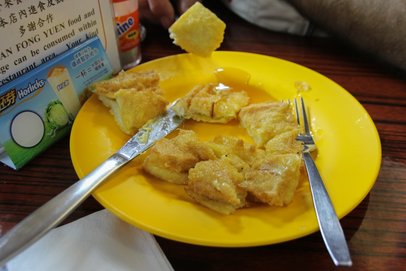 French toast in Hong Kong French toast in Hong Kong Despite (or perhaps because of) the various odours of the market, varying from pungent to fragrant, we were beginning to feel hungry and Maggie suggested that we stop at one of her favourite local cafés for something to eat. She took us a little further into the market and then led us into a tiny and crowded restaurant where we managed to find a table that the 5 of us squeezed around. The specialty of the restaurant was French Toast served with Almond Milk or Hong Kong Drink (half coffee and half tea). We shared a couple of orders of the French Toast which was warm and delicious. Kim and Karen each ordered the almond milk, which was served warm. Geoff and I ordered the Hong Kong Drink. I have to admit that I was a little apprehensive when I ordered it since I am an avid coffee lover, and the thought of diluting coffee with bitter tea seemed somewhat sinful. Surprisingly, the drink was quite pleasant and slightly sweeter than I expected, probably as a result of the condensed milk that is added to the mixture. Feeling revitalized and energetic after our carbfest, we left the cafe and made our way to the other end of the market and headed up towards Hollywood Road. As it happened, Hollywood Road is where our apartment was located and, as we found out later, our tour would take us right past it. Our immediate destination was the Man Mo Temple on Hollywood road and to get to it, we needed to head a bit further north and then east. Walking north meant we were walking uphill and as a result, the east-west roads that we were crossing were typically terraced on the north side. When we reached Hollywood Road and started to head east, the north side of the road, for about 200 metres was protected by a stone wall around 3 metres high. What was particularly fascinating was that along the length of the wall, mature Banyan trees perched perilously on its top, their roots fully exposed and clinging to the sides of the wall from top to the bottom. Hollywood Road was a demarcation point in colonial Hong Kong - the wealthy British colonists typically lived north of Hollywood Road on the hilltop overlooking the city and the harbour, while the Chinese descendants lived to the south of Hollywood Road. Looking up the hillside, expensive condos and free standing homes are visible above the treetops. As we continued our walk east along Hollywood Road, we stopped briefly as Maggie pointed out a tiny, outdoor barber stall in a small alleyway. The barber, an older gentleman was fussing over the head of a much younger man. The barber, Maggie told us, had owned this shop for more than 50 years and at age 87, he was still cutting hair every day with a steady hand and without the aid of eyeglasses. 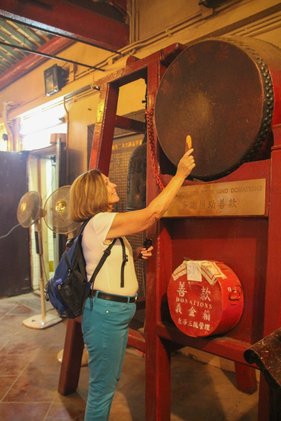 Banging the Gong Banging the Gong A short distance past the barber stall we arrived at the famous Man Mo Temple named for the God of Literature (Man) and the God of War (Mo). This temple is significant because students from Hong Kong and mainland China come here to worship the gods and pray for success at school. Maggie came here as a student before each school year to ask for the gods to bless her and her school books. She later brought her daughter to seek the same blessings. We were instructed by Maggie before we entered the temple to cross over the threshold, and not to step on it, as this was a sign of disrespect. Passing into the outer Annex, it took a few minutes to get used to the sudden and overwhelming aroma of burning incense emanating from every part of the temple. Large incense coils, shaped like inverted cones, hung from the ceiling. These were offerings to the gods and designed to smoulder for a full week before burning out. The passage from the outer annex to the main temple is signalled by making a donation and banging a gong 3 times. The temple itself is a large square room scattered with alters throughout. Each alter has the image of various gods and is filled with offerings of incense, fruit and paper symbolizing money. Hanging lanterns and burning candles glow through the wisps of smoking incense. In a small alcove on a side wall of the temple, hundreds of tiny photos blanket the wall. These are memorials to patrons who have died and whose families have made donations so they can be remembered on earth and carried to the afterlife. At the exit to the temple, and off to one side is a small incinerator where paper lotus flowers are burned as offerings to the gods. It was only a short walk from the Man Mo temple to the Cat Street Market, just one street south of Hollywood Road (and one block from our apartment). The first stall that we stopped at in the market specialized in jade charms of the 12 Chinese Zodiac animals. Kim purchased her lucky charms for the Chinese Year of the Dog. As we walked further into the market we passed several TCM’s, one of them with a large display of dried deer fetuses and deer pistols (penis). Another stall featured Chinese lotus shoes which were worn by women who had undergone foot binding as part of the practice which signified beauty and wealth among some segments of the Chinese population. The practice of foot binding was done at an early age in order to limit the growth of the feet. As a result, the feet became disabled and were typically no longer than 3 to 4 inches. While the practice became unpopular over the centuries, it was not completely eradicated until the early 20th century. 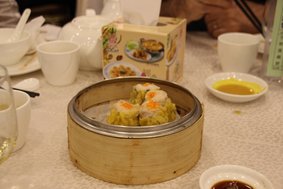 Shrimp dumplings Shrimp dumplings The final stop on our morning walking tour was a local and very popular Dim Sum restaurant which Maggie says is one of her favourites in Hong Kong. The restaurant was very busy, with a long line when we got there just after 12:30pm. Maggie managed to get us through the queue and we were seated at a table in the centre of the very large restaurant. We asked her to choose the menu items and she ordered some of her favourite dishes including shrimp dumplings, pork belly, spring rolls, barbecued pork in dough and sticky rice. Geoff and I washed our meals down with local Chinese beer. We left the restaurant and Maggie led us to a taxi stand where we were going to begin our afternoon outing that started with a trip to Victoria Peak and would later take us across the harbour to Kowloon Island. In total our morning walking tour lasted 4 1/2 hours, from 9am to 1:30pm. We covered several kilometres of south Hong Kong Island and managed to get a sample of the tastes, smells, sights and sounds of one of most renowned cities in the world.
Adventures in South East Asia - Hong Kong Part 2 - click here Adventures in South East Asia - Hong Kong Part 3 & Onboard Azamara Day 1 - click here Adventures in South East Asia - Onboard Azamara Day 2 - click here Adventures in South East Asia - Onboard Azamara Day 3 - click here Adventures in South East Asia - Onboard Azamara Day 4 - click here Adventures in South East Asia - Onboard Azamara Day 5 - click here Adventures in South East Asia - Onboard Azamara Day 6 - click here Adventures in South East Asia - Onboard Azamara Day 7 - click here Adventures in South East Asia - Onboard Azamara Day 8 - click here Adventures in South East Asia - Onboard Azamara Day 9 - click here Adventures in South East Asia - Onboard Azamara Day 10 - click here Adventures in South East Asia - Onboard Azamara Day 11 - click here |
Sharing Our Travel DreamsSharing our personal experiences onboard and on the road, along with tips and insight for creating memorable vacations. Archives
March 2021
Categories
All
|
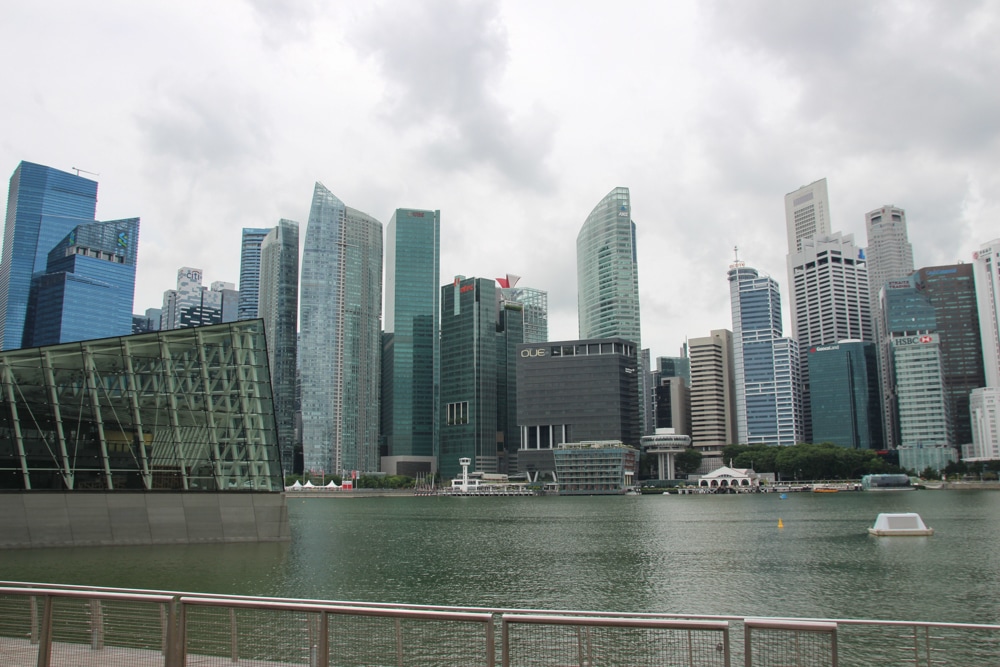
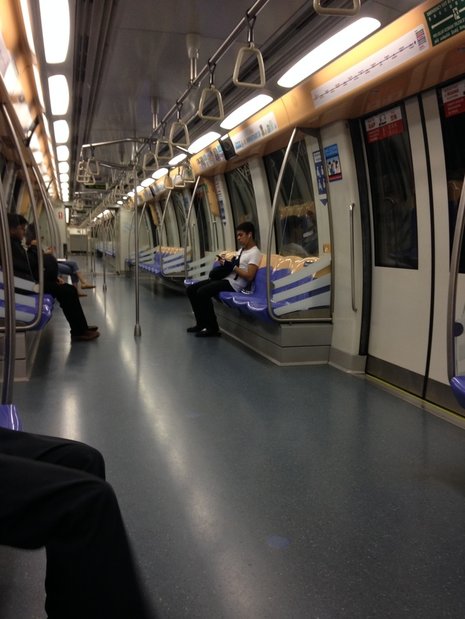
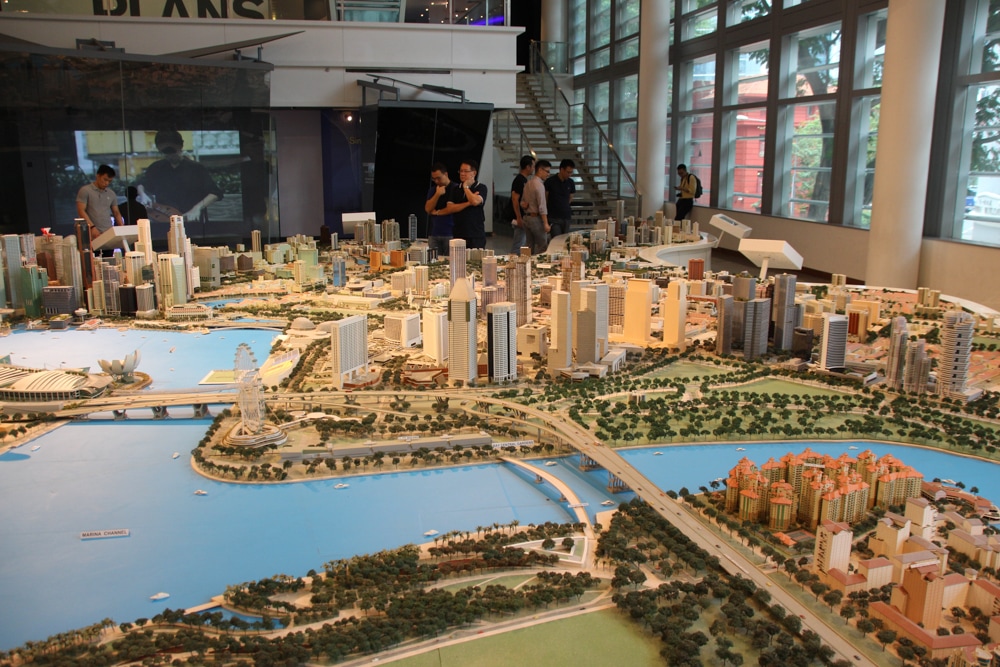

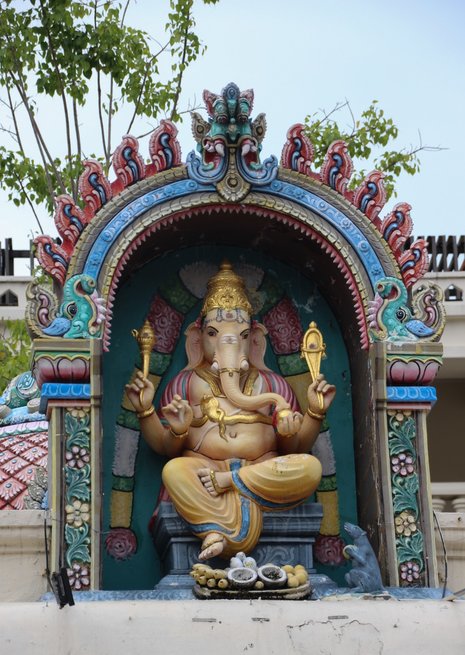
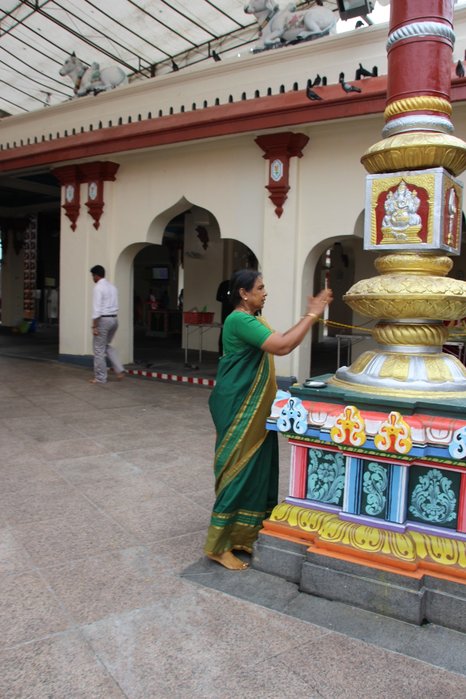
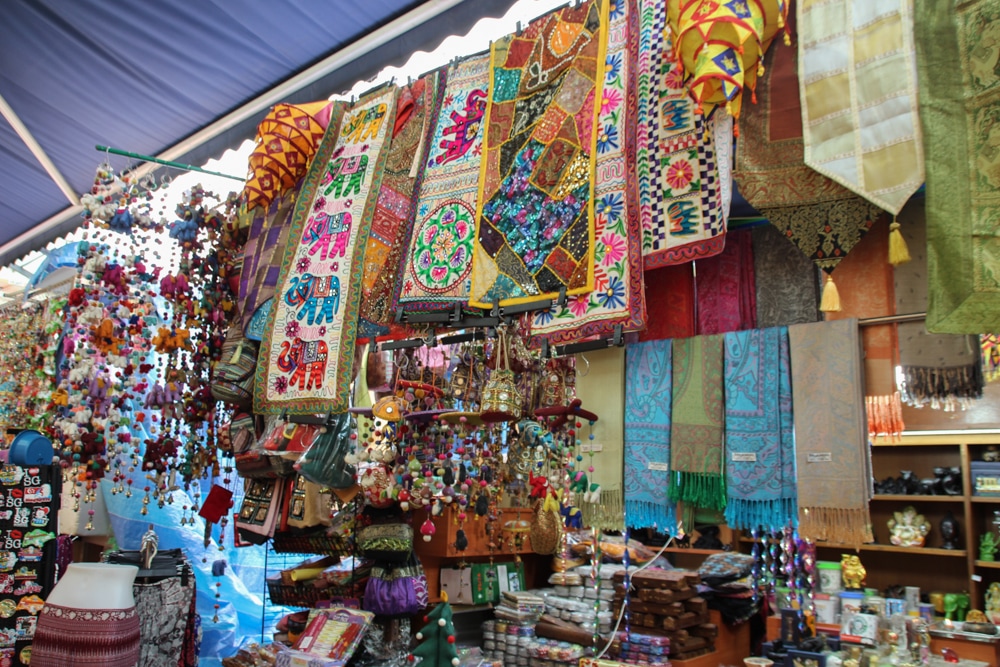
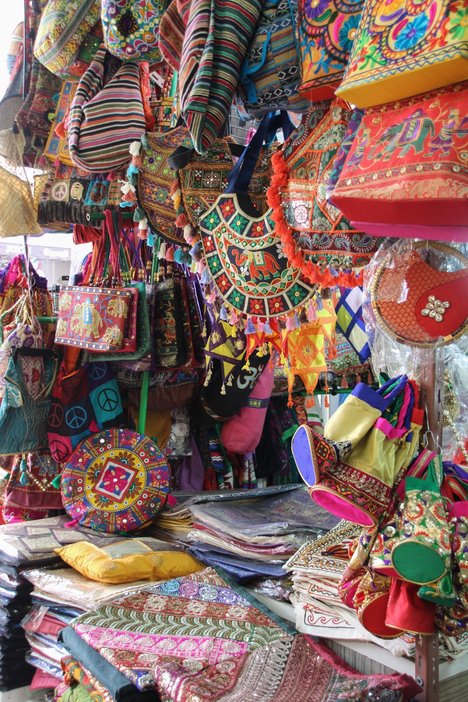
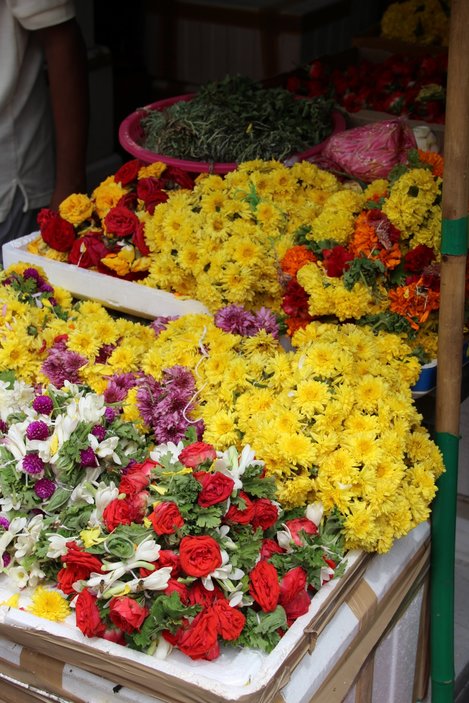
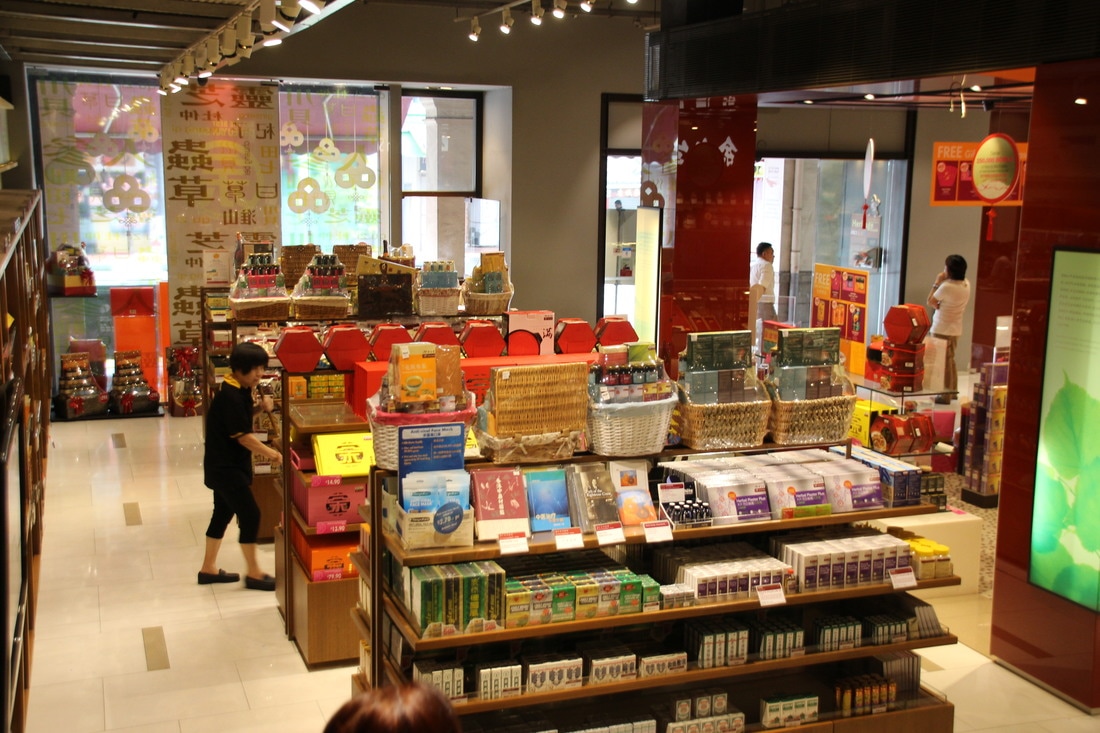
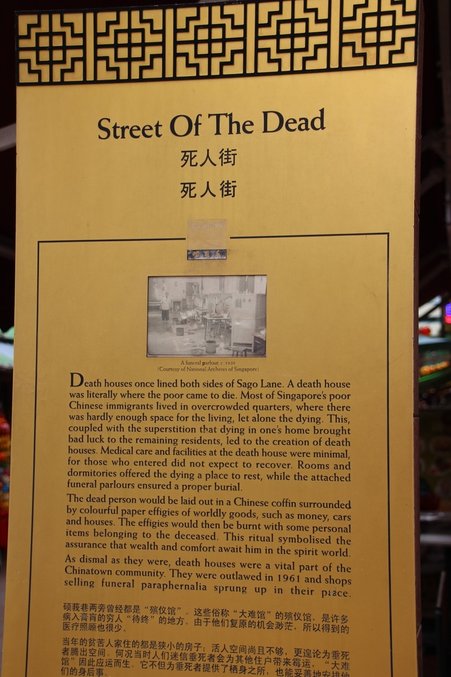
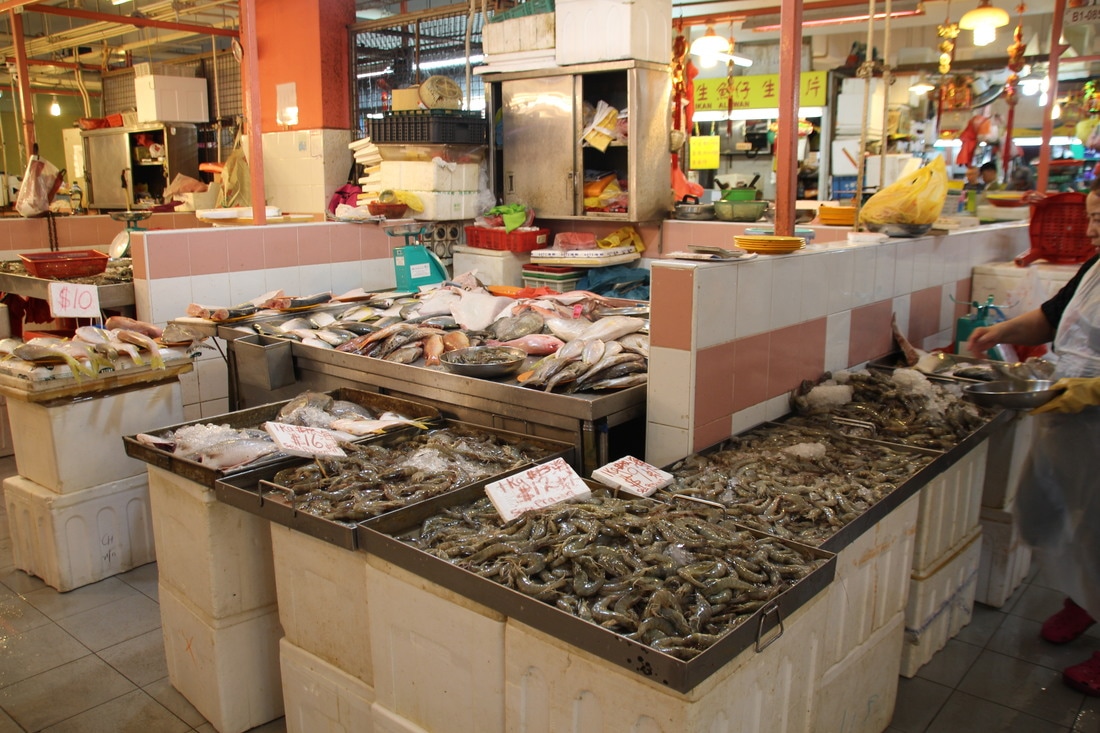
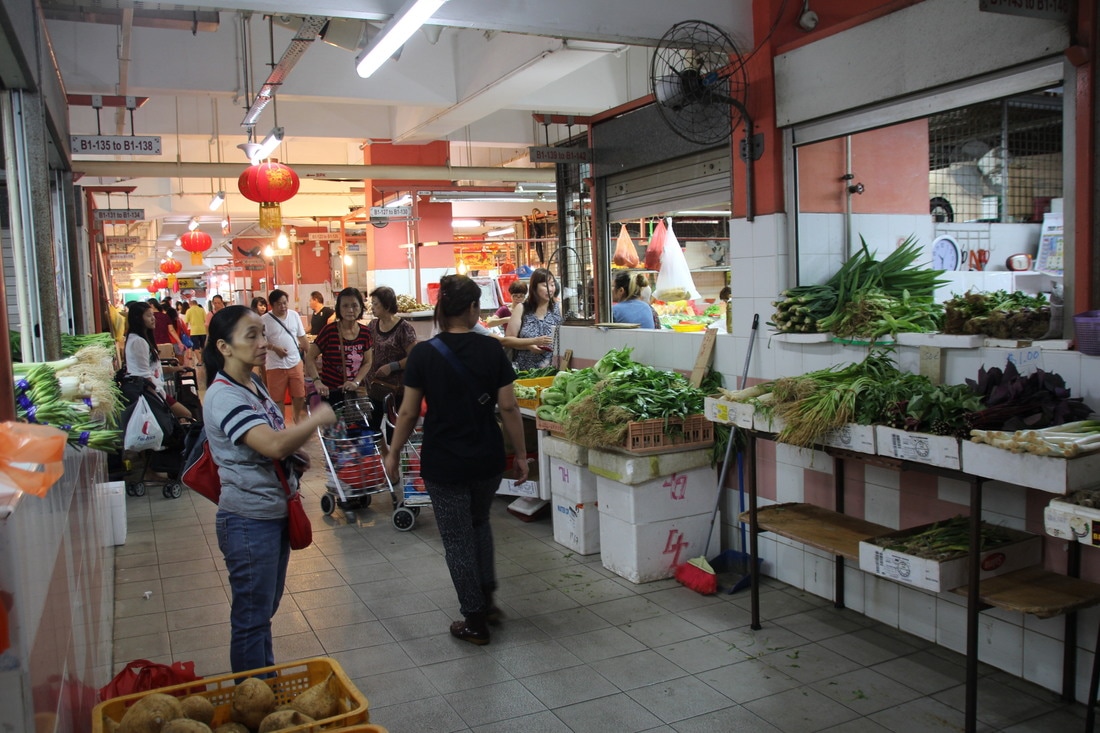
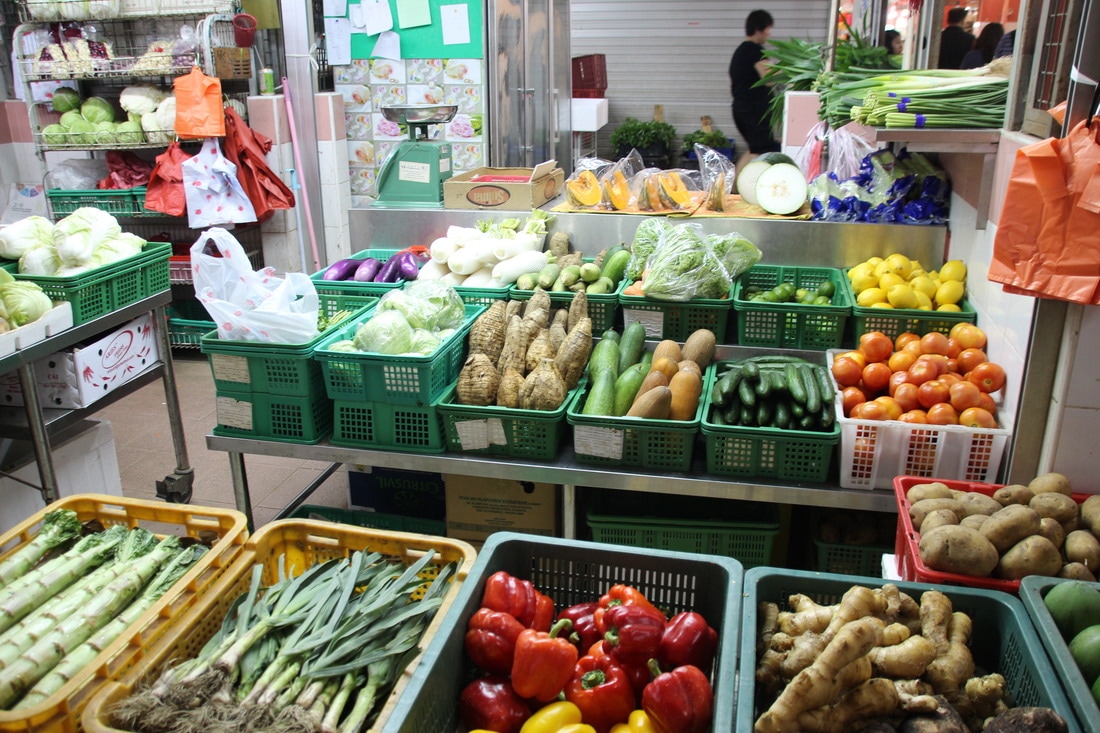
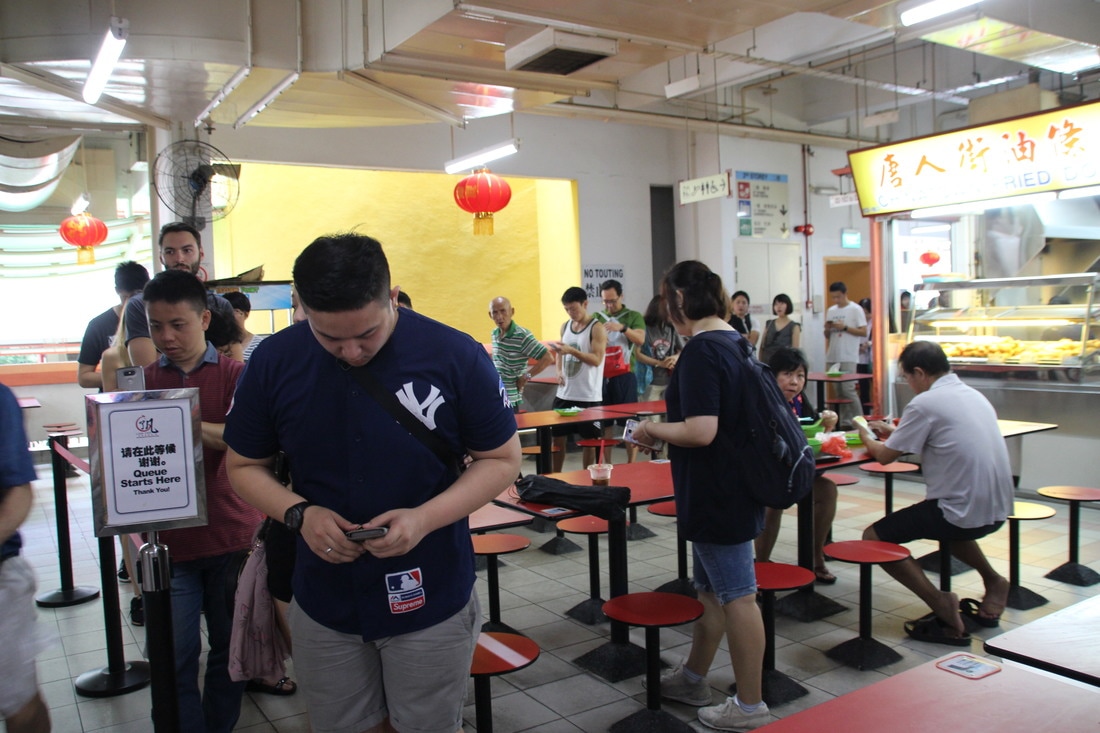
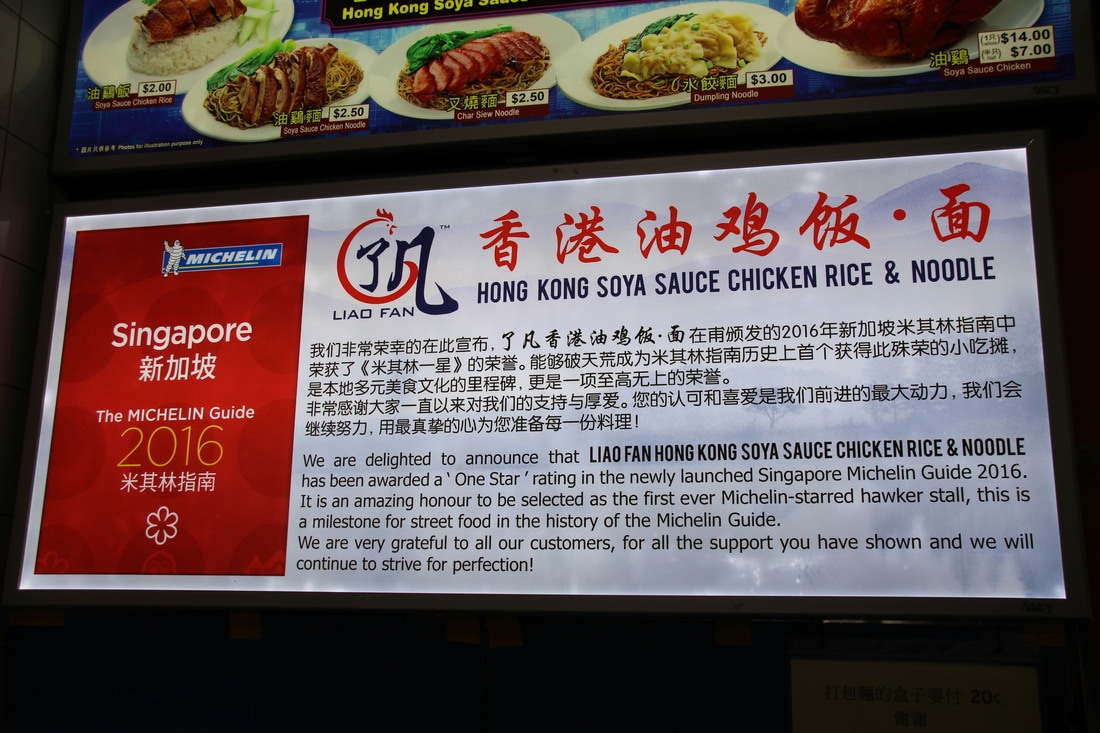
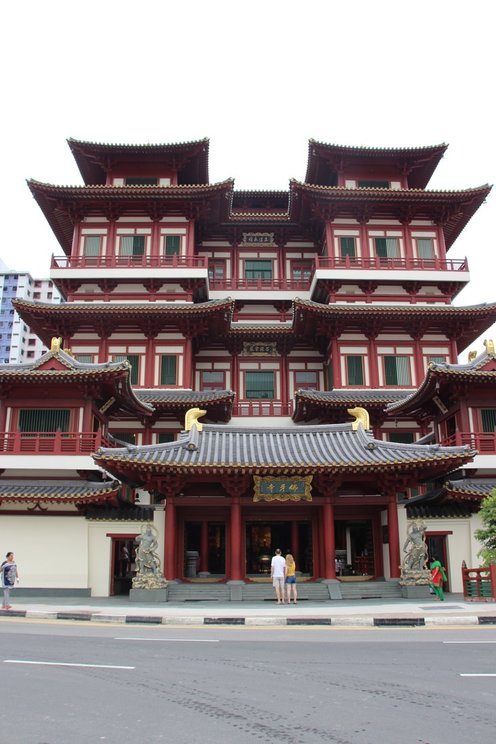
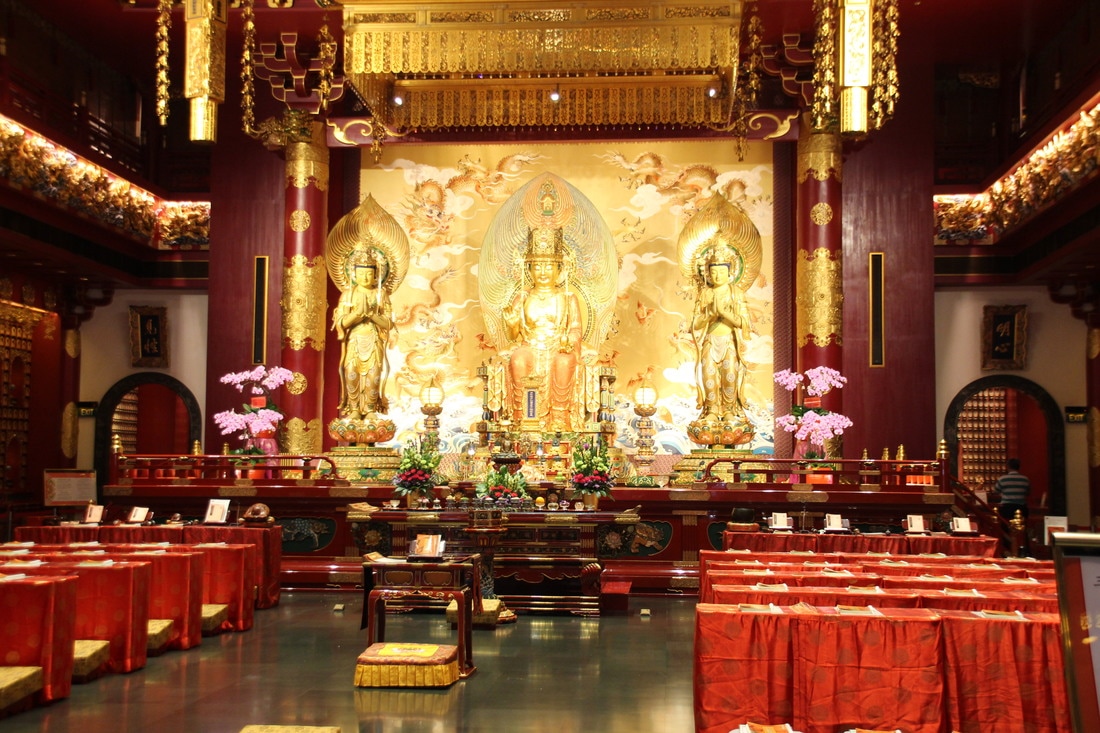
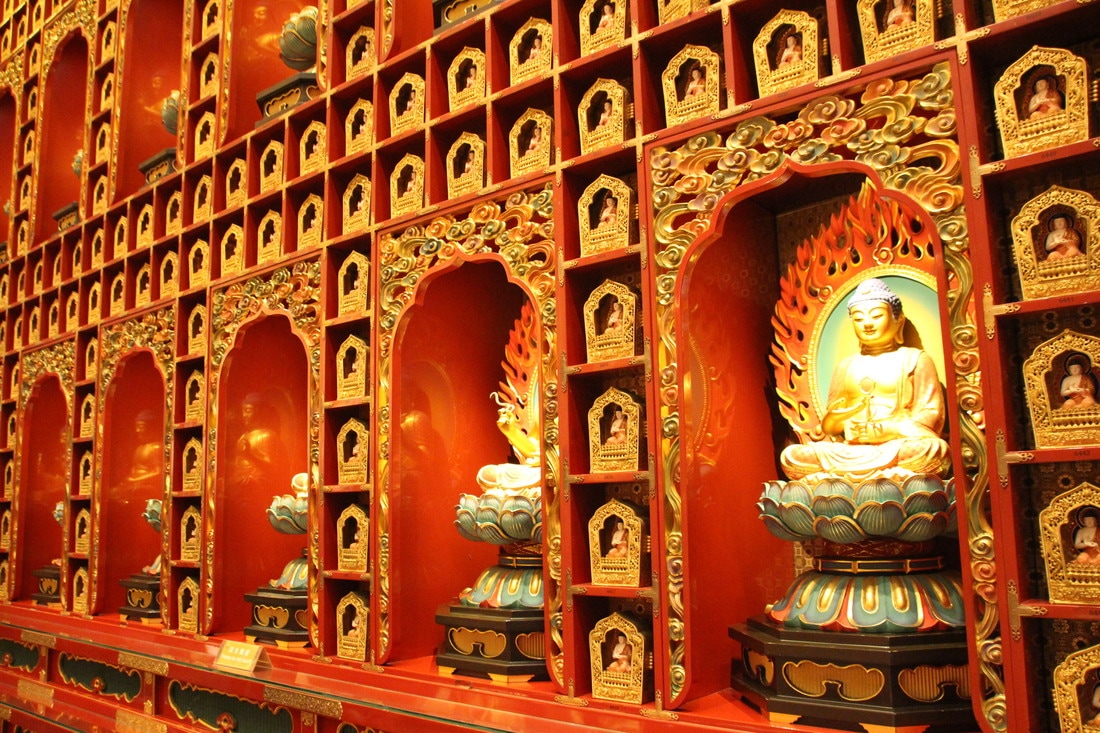
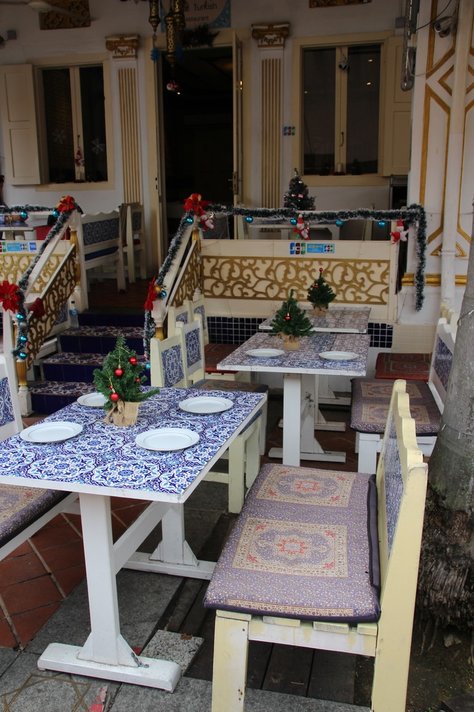
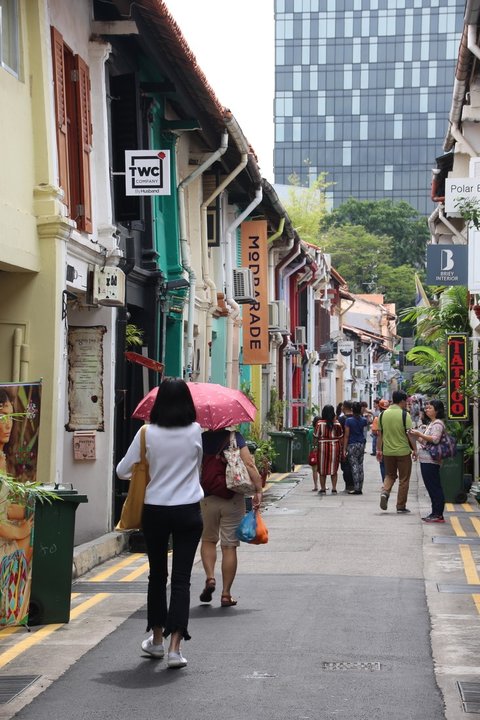
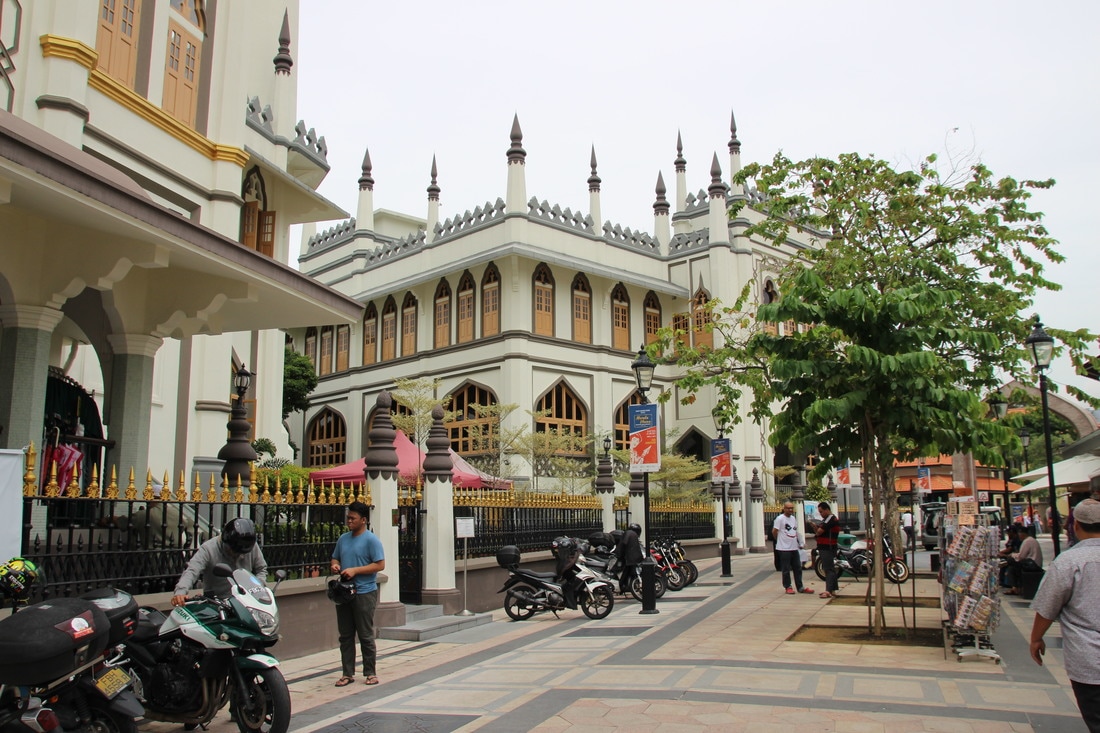
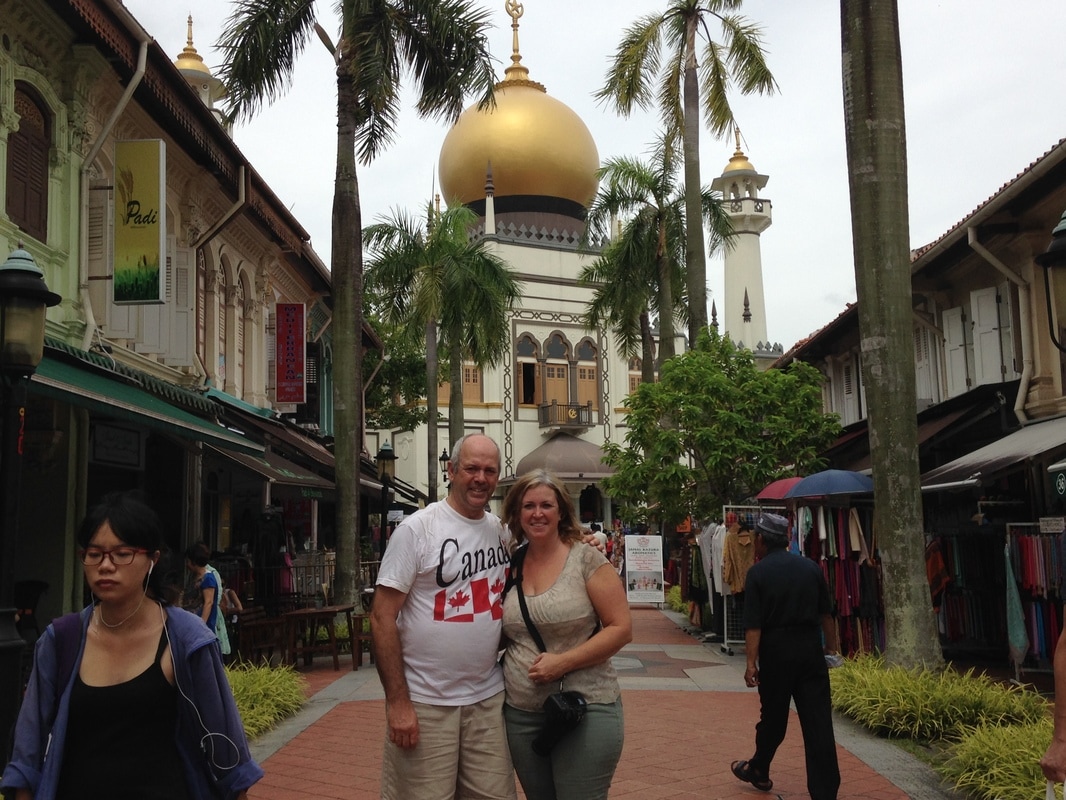
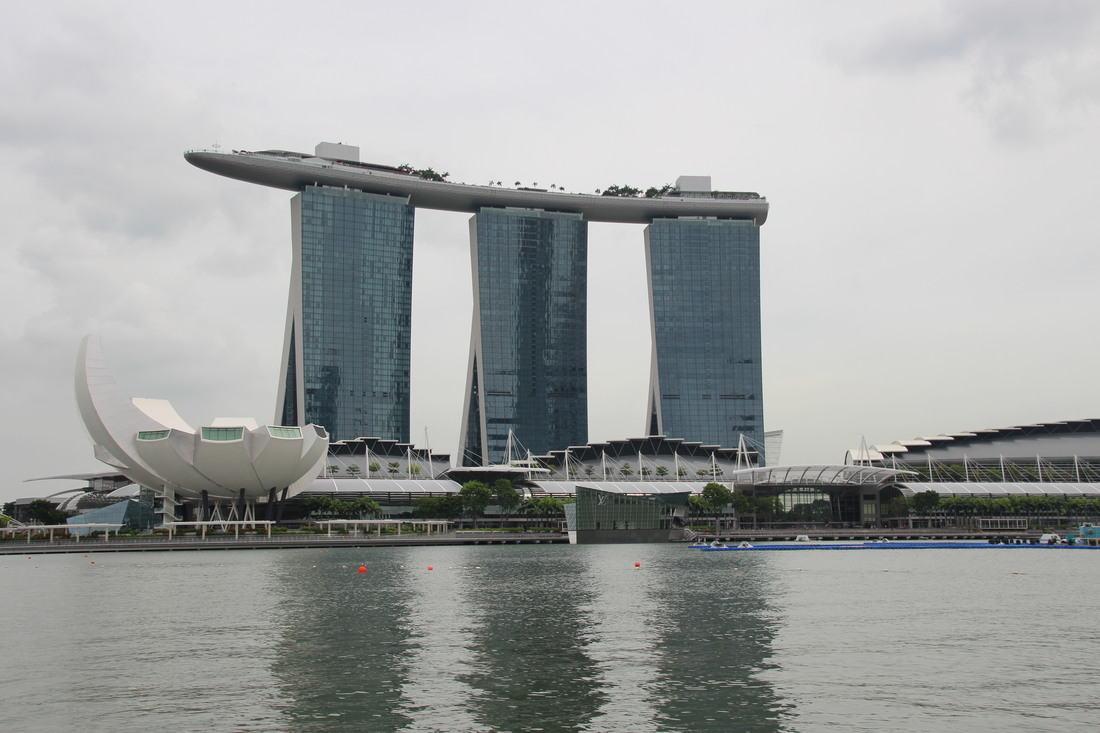
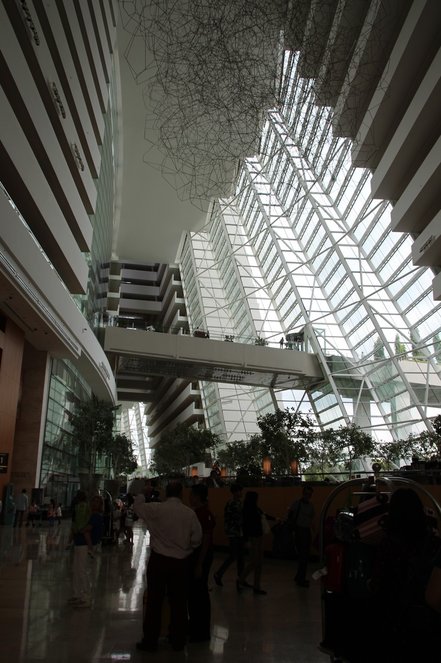
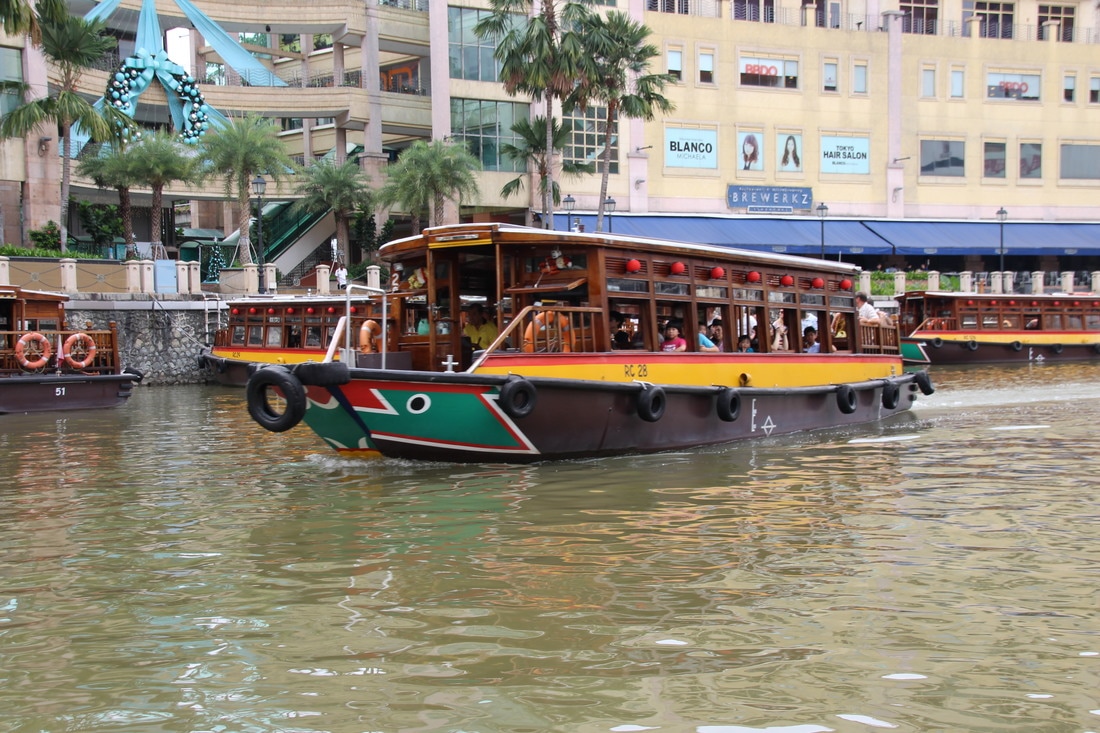
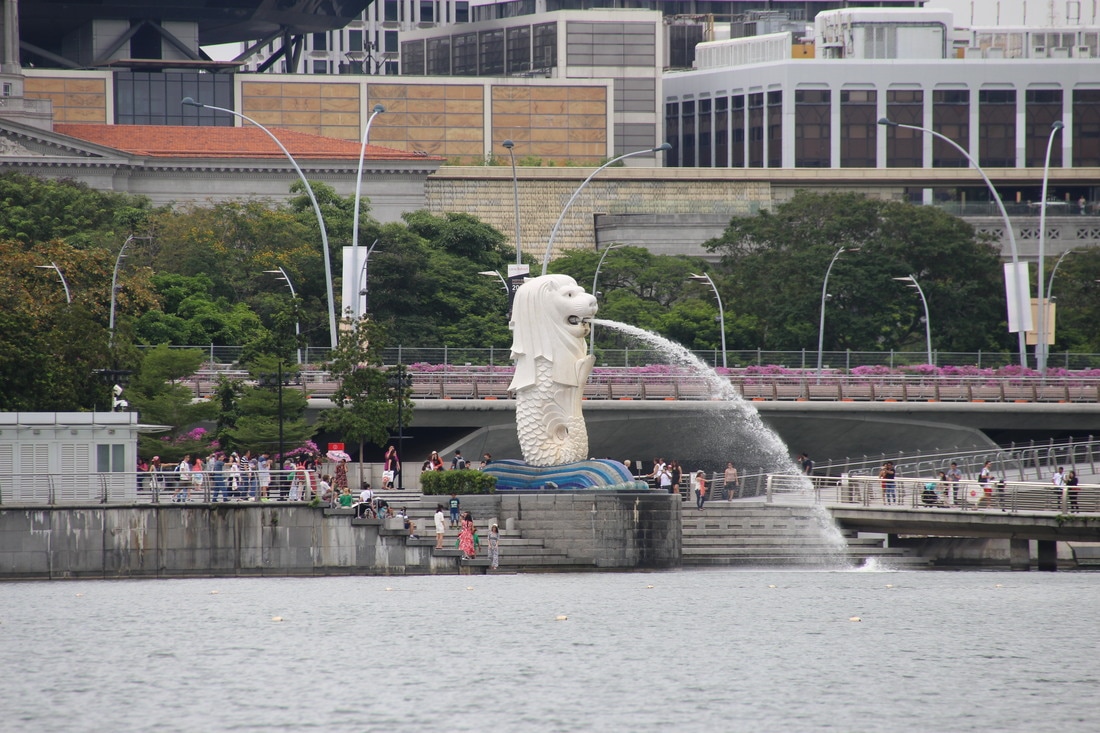
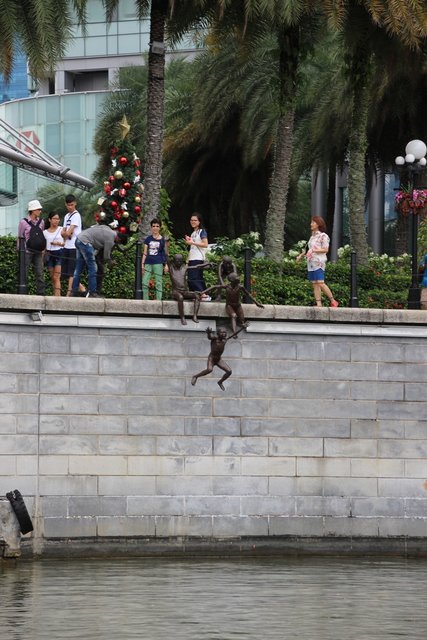
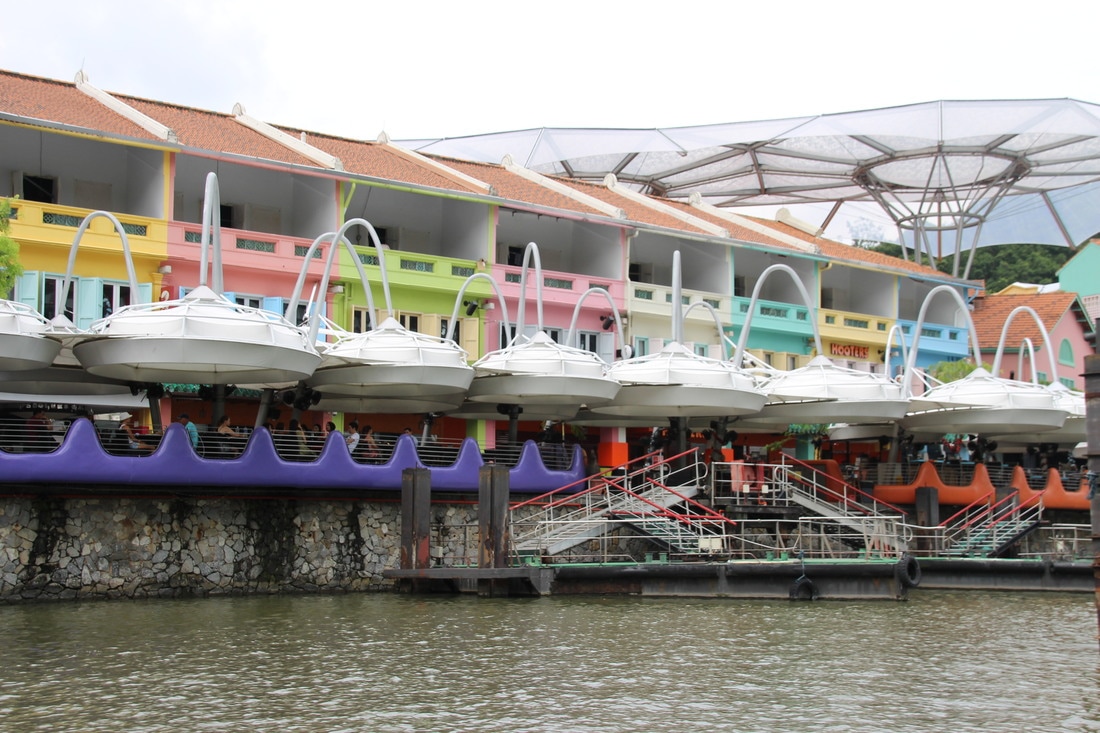
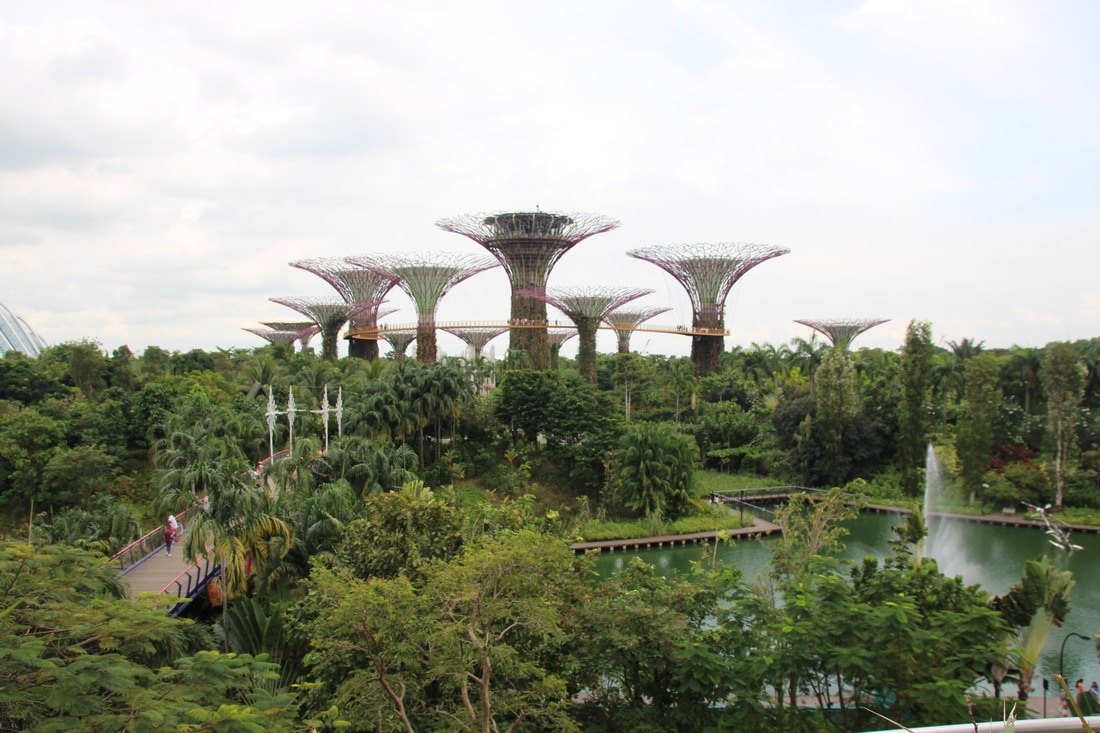
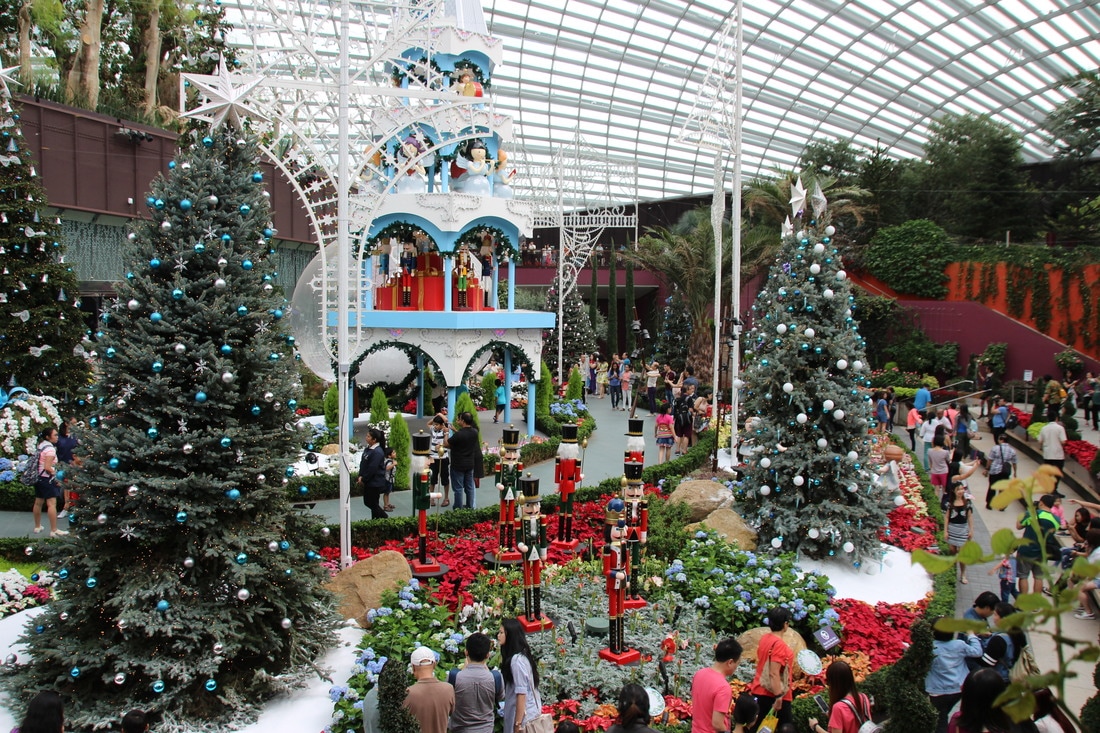
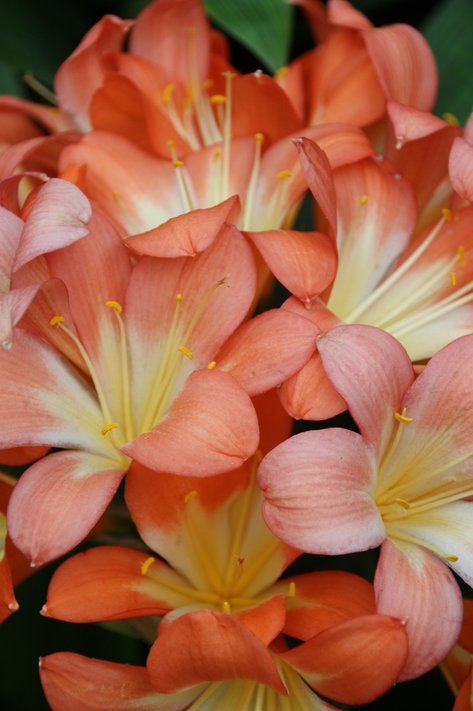
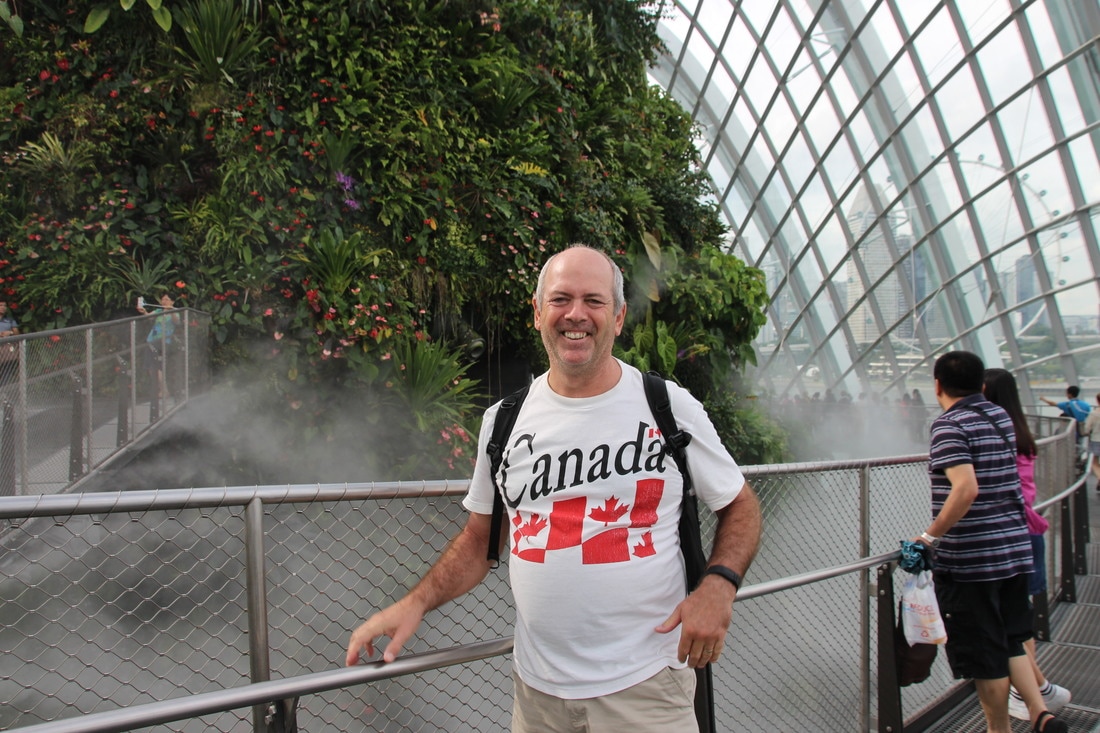
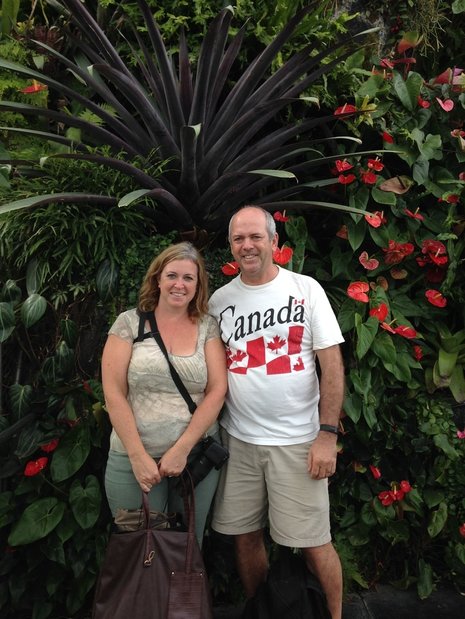
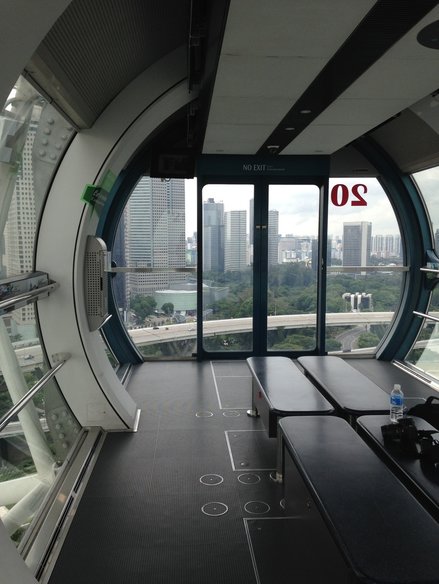
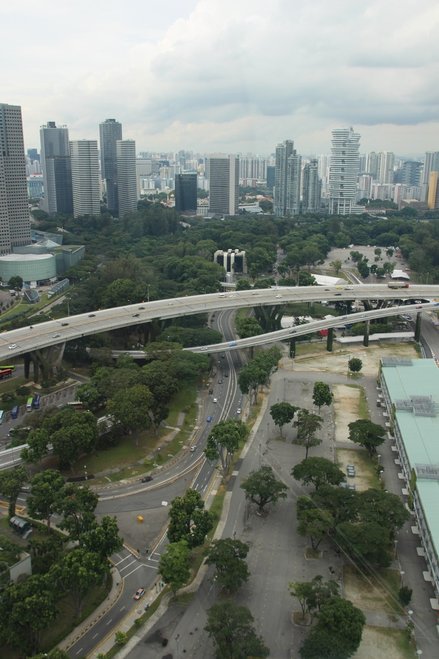
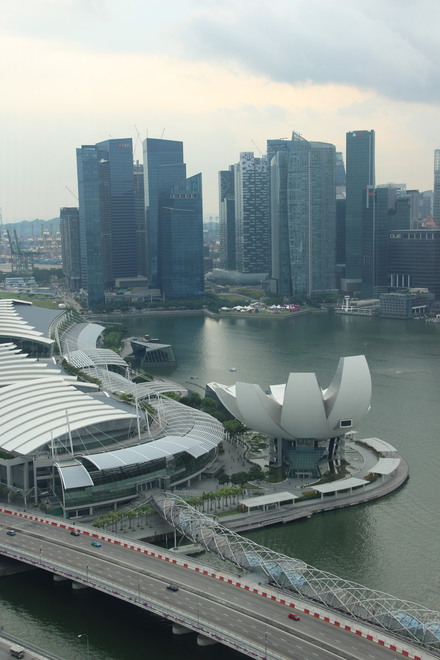
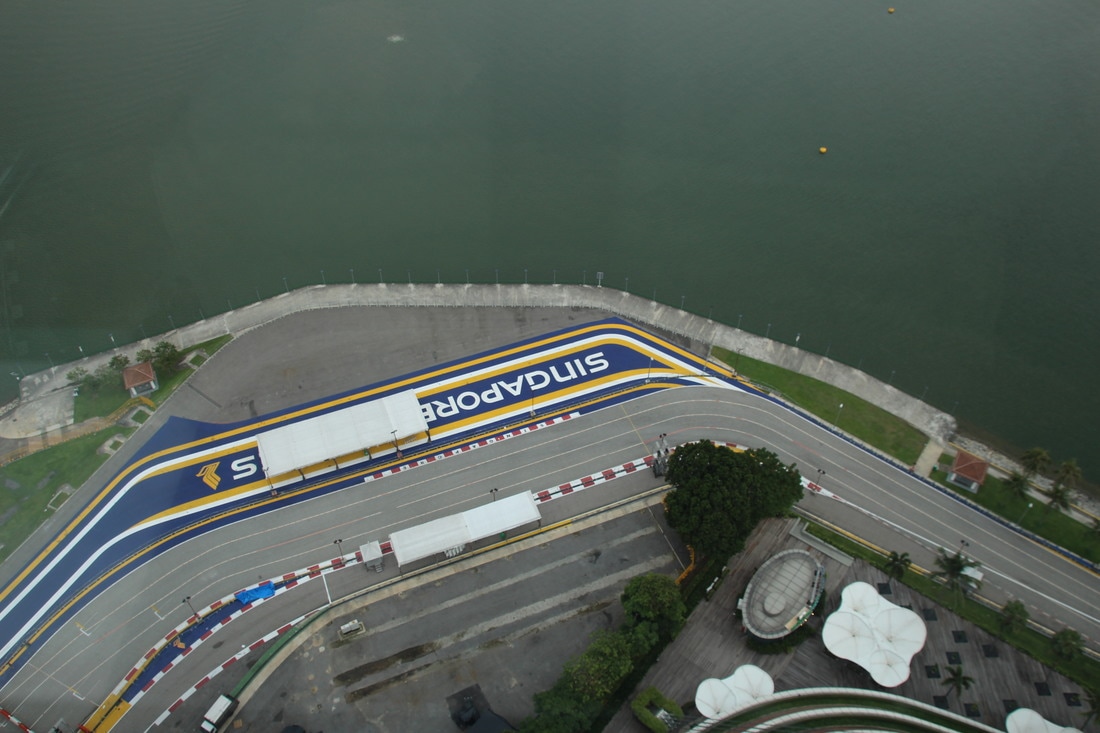
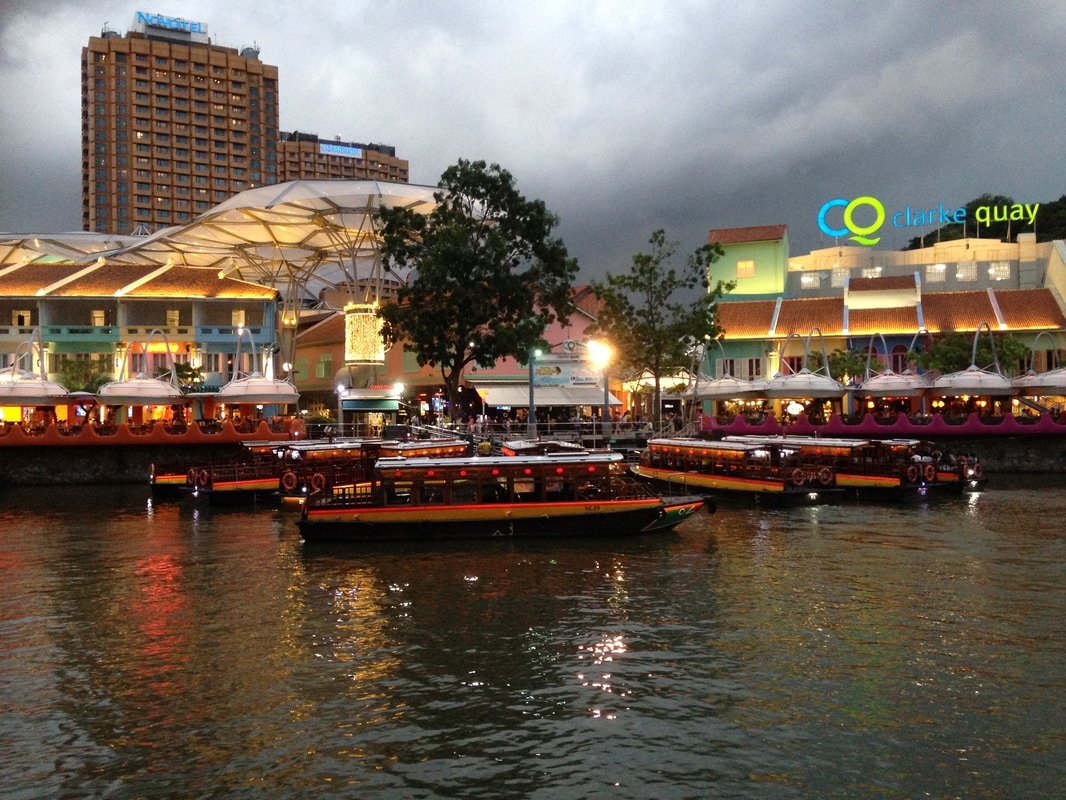
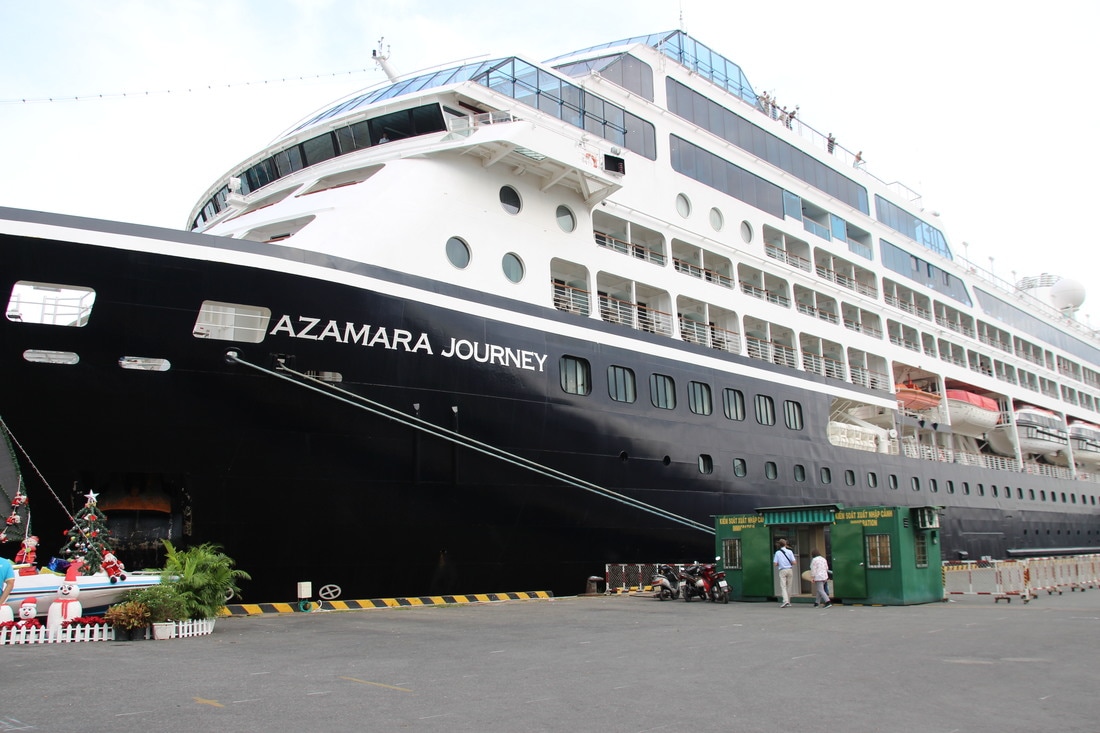
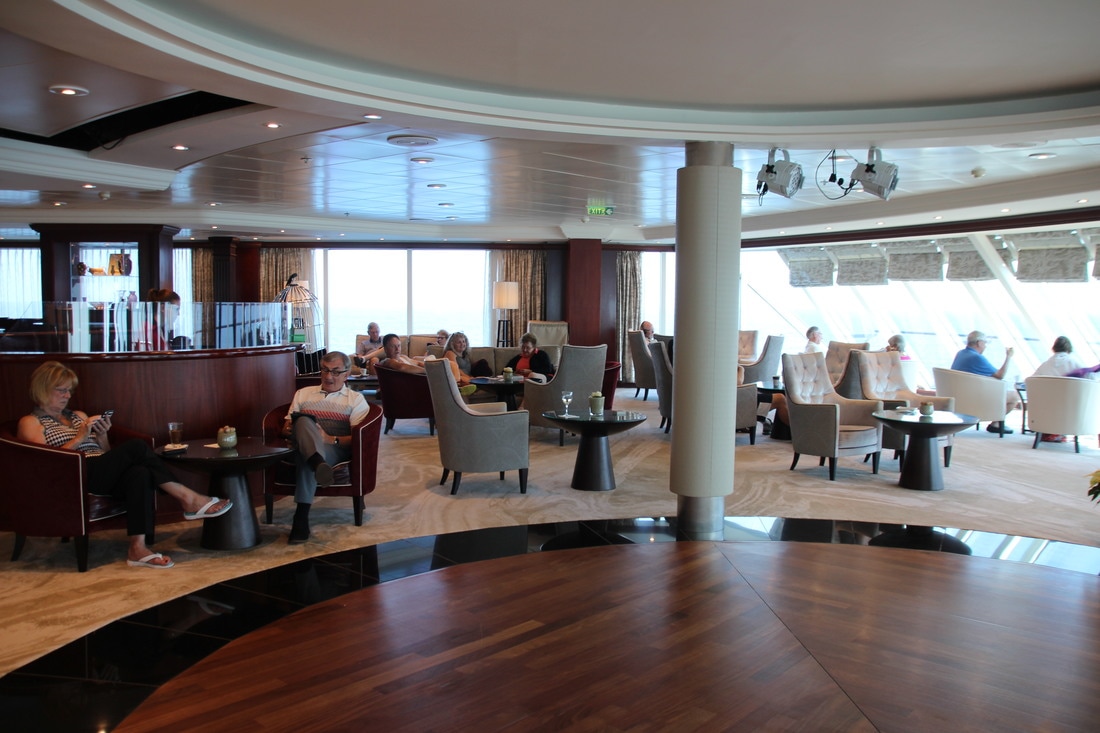
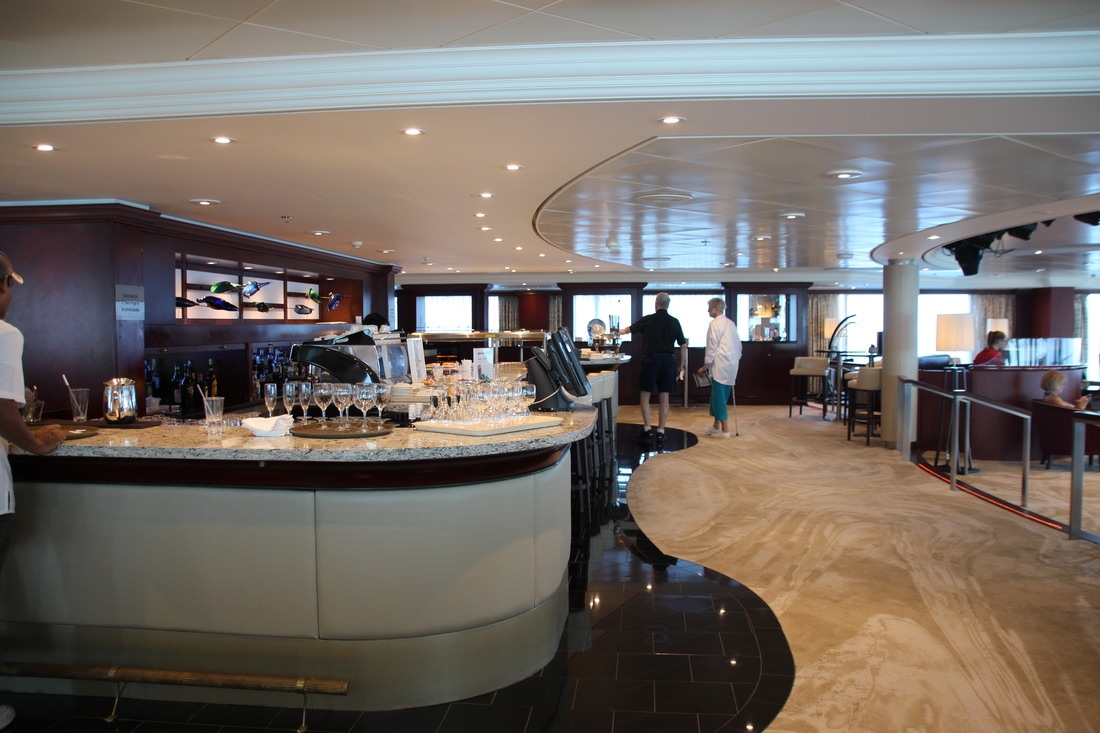
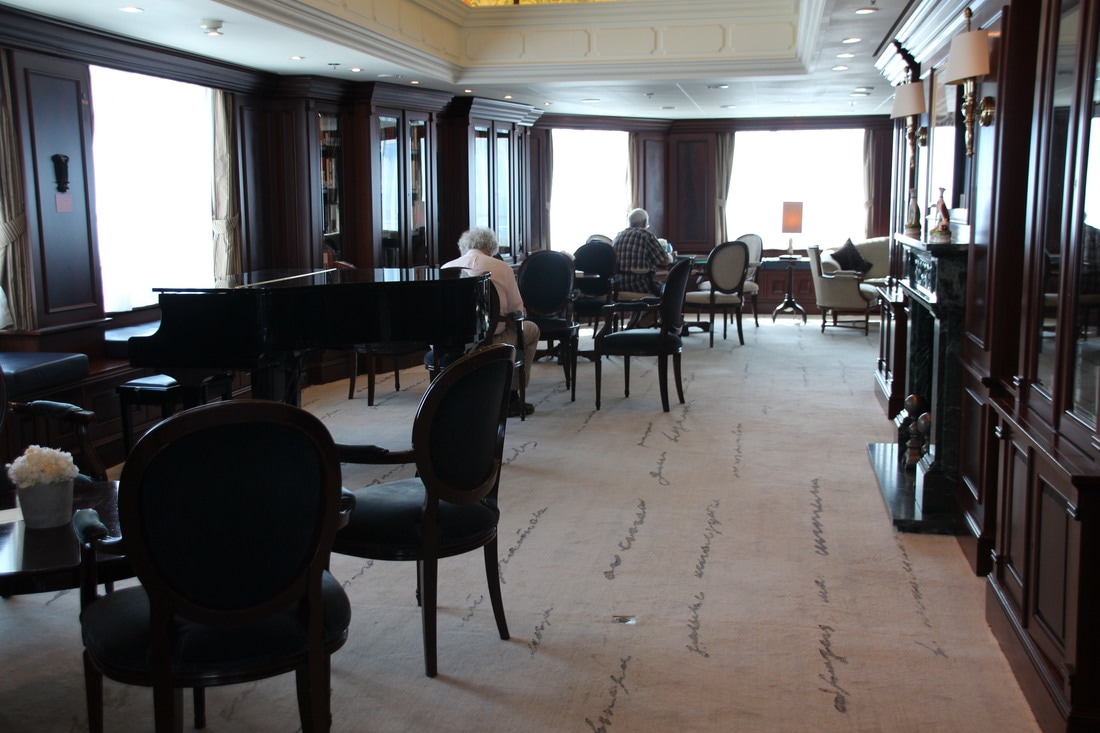
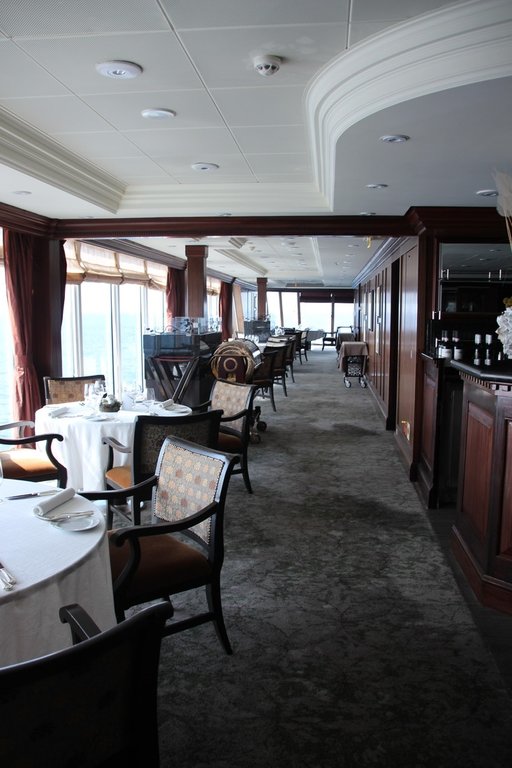
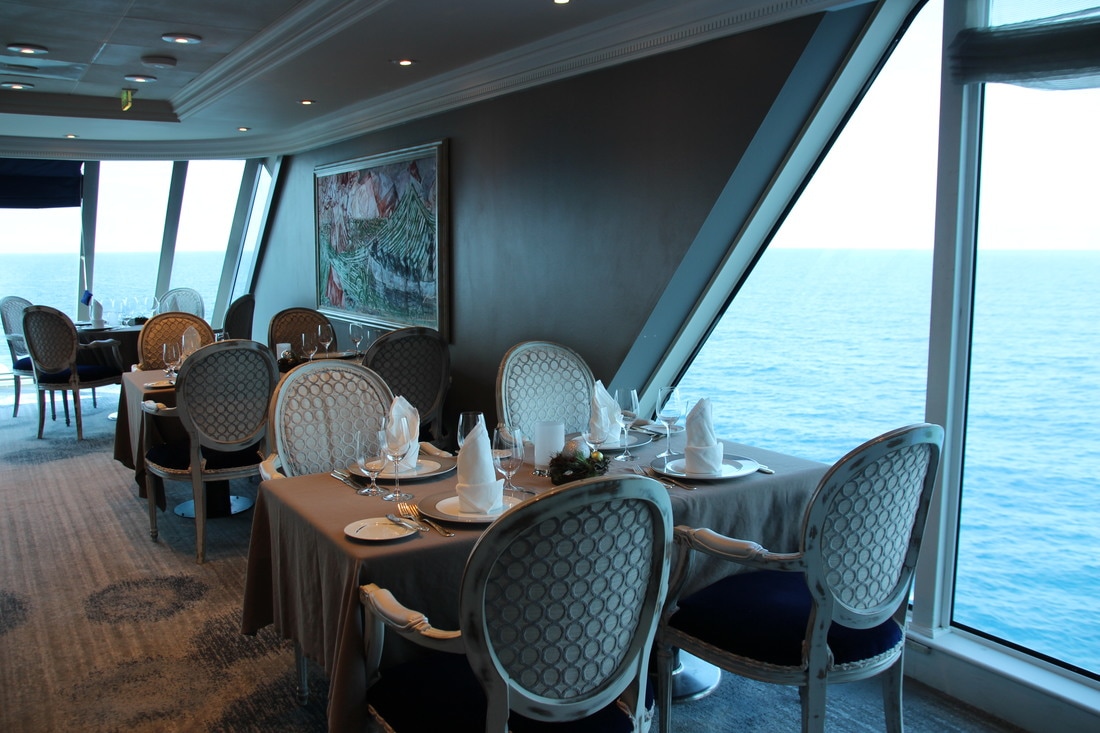
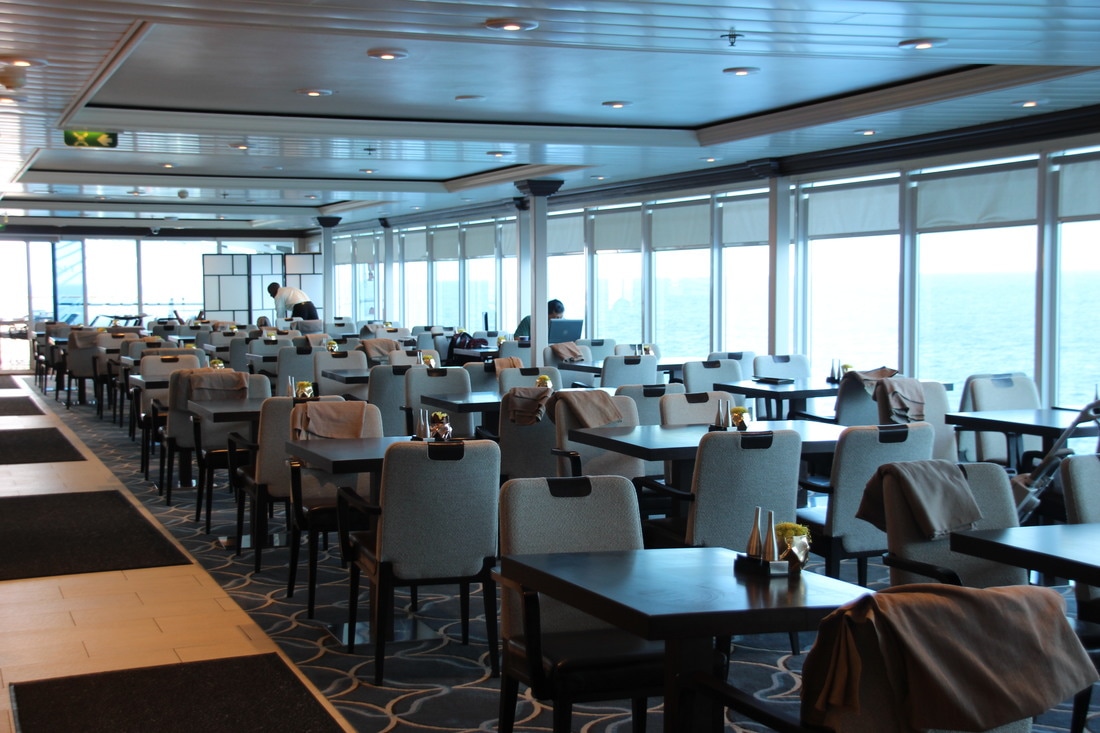
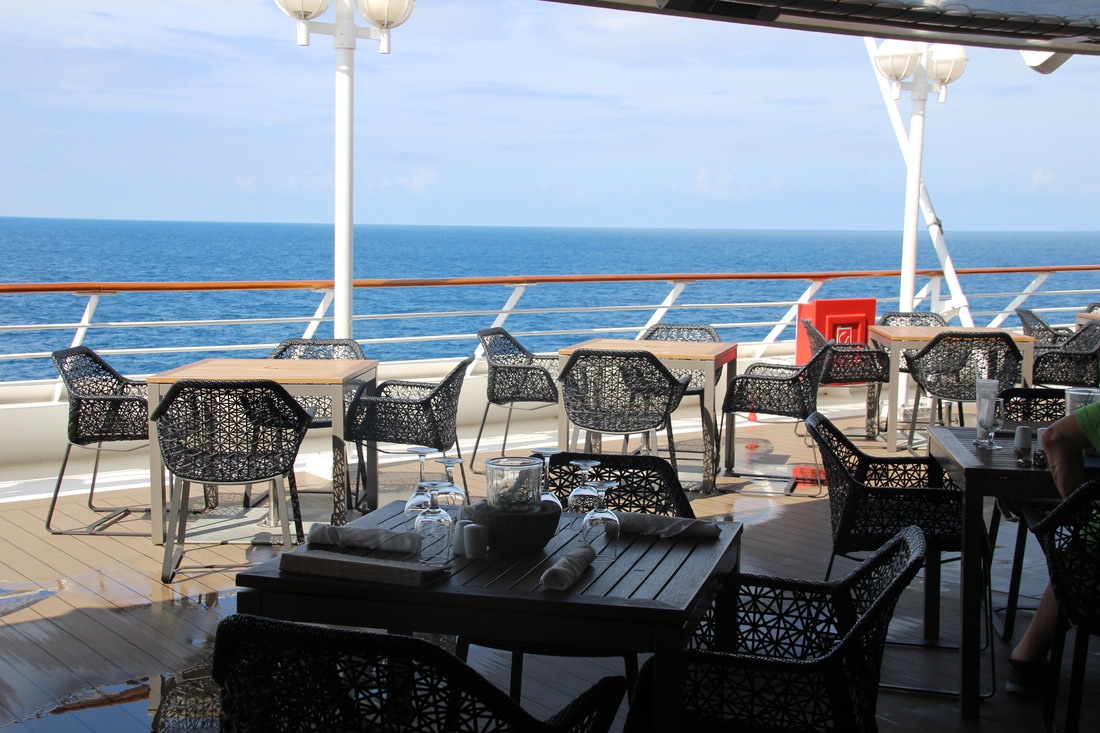
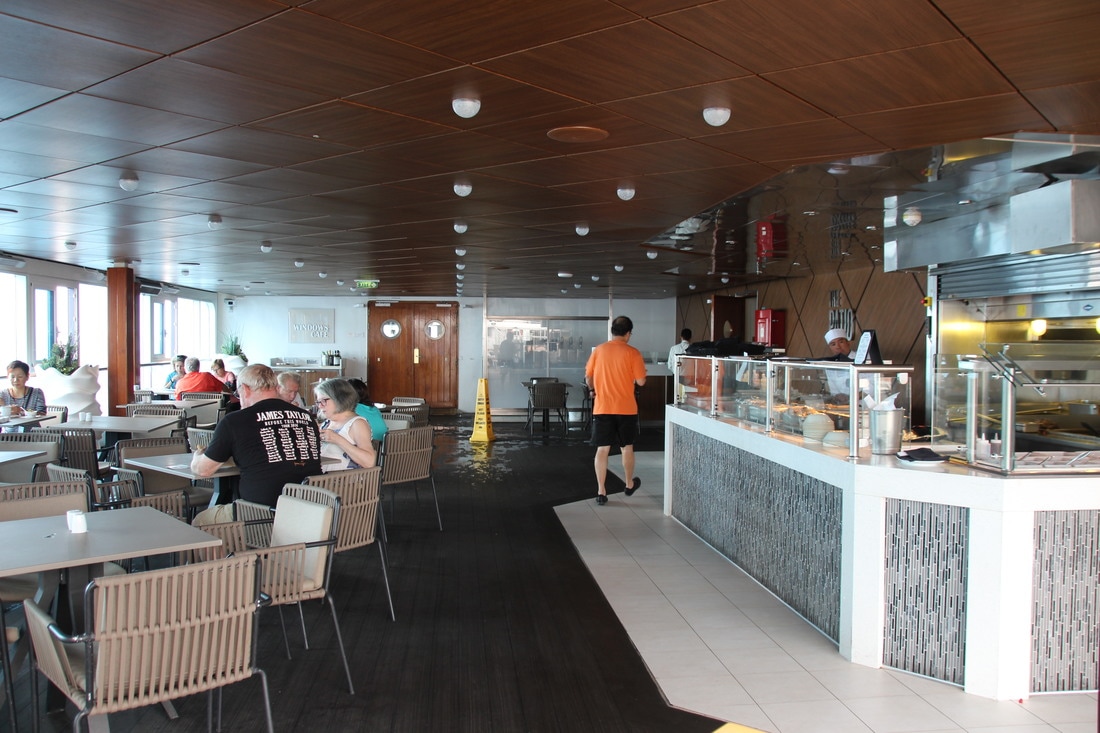
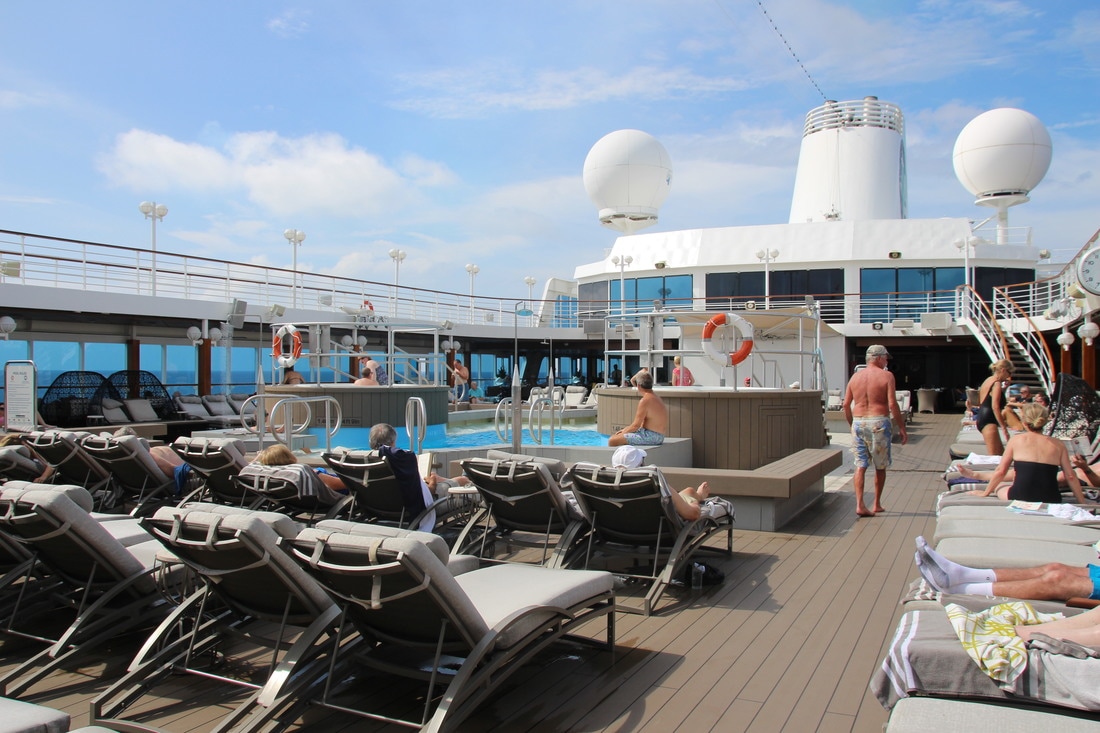
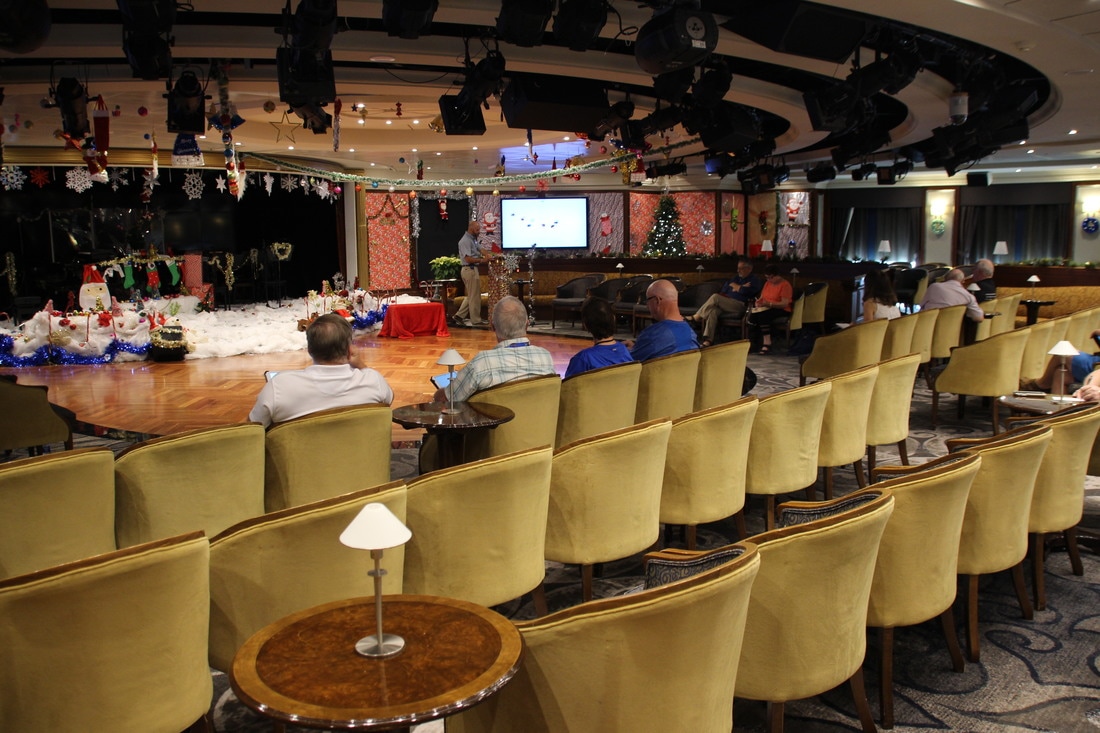
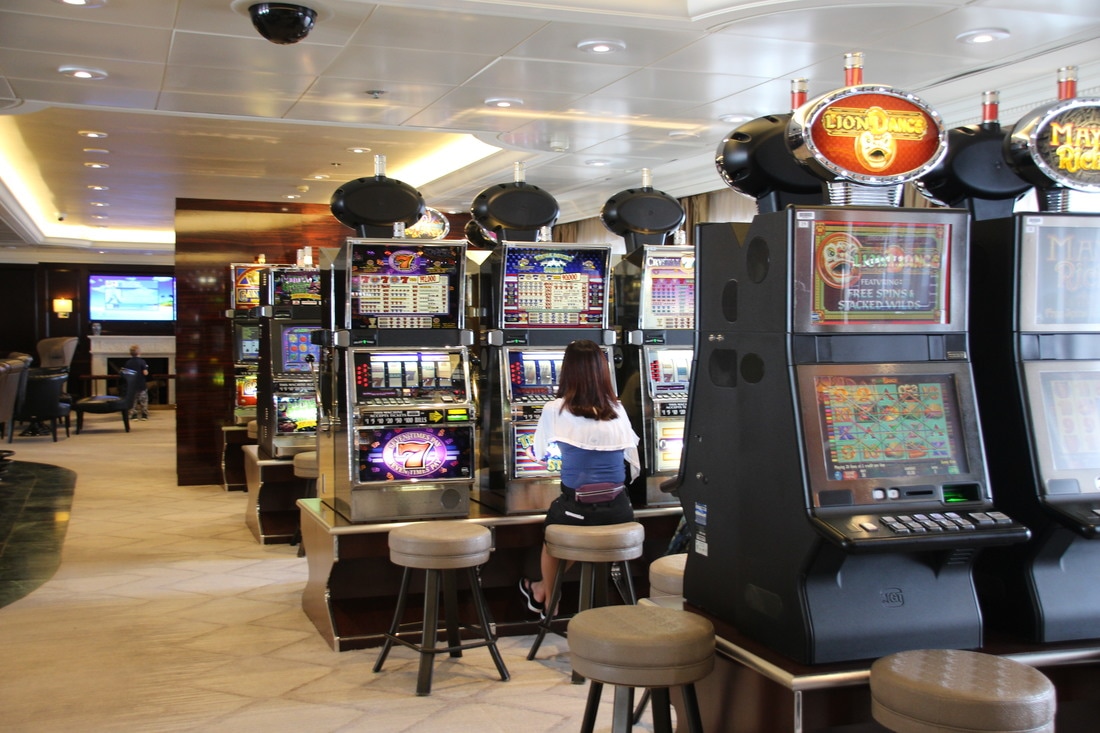
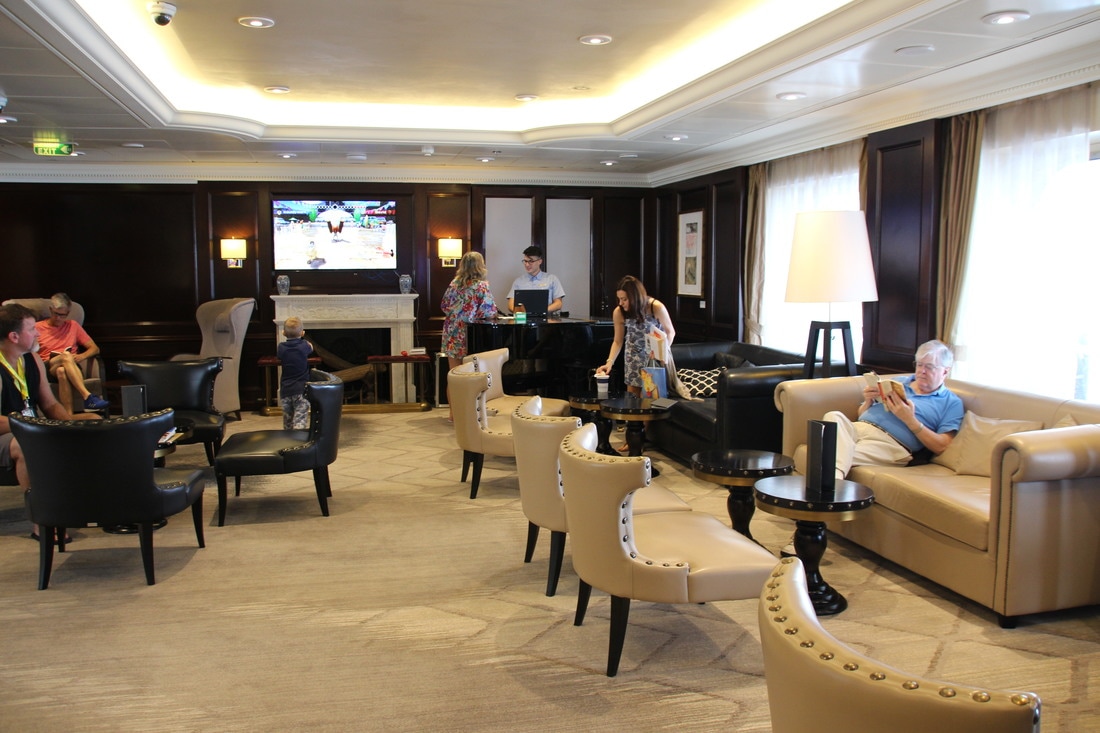
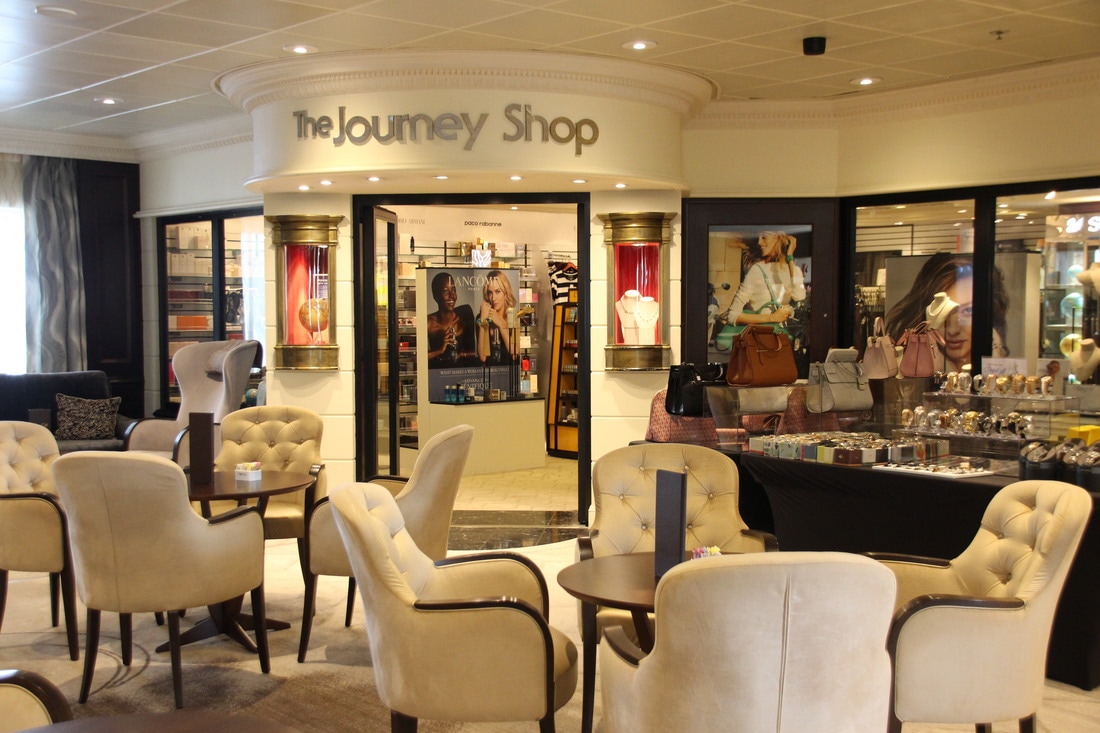
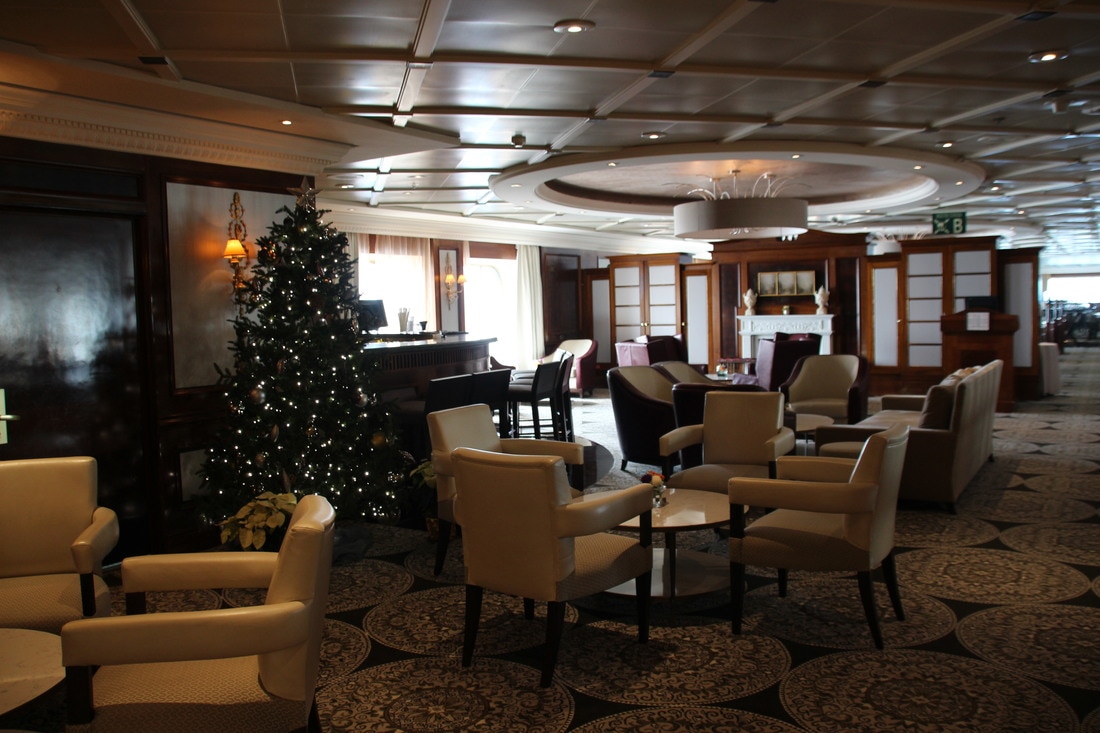
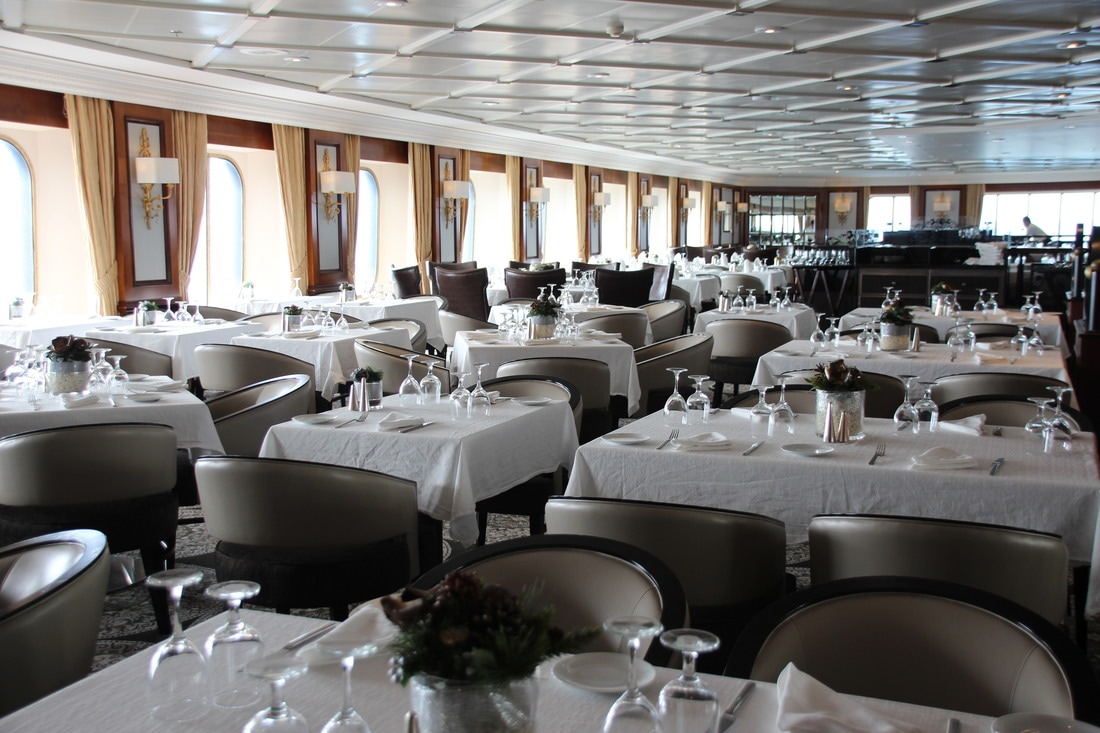
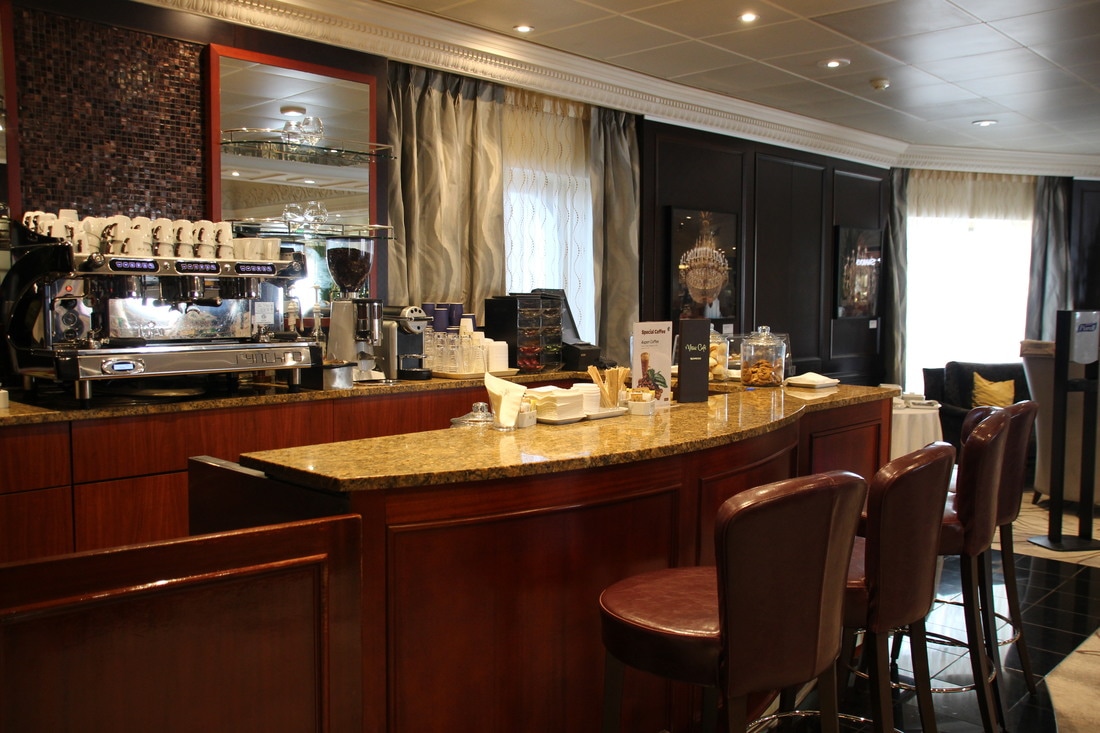
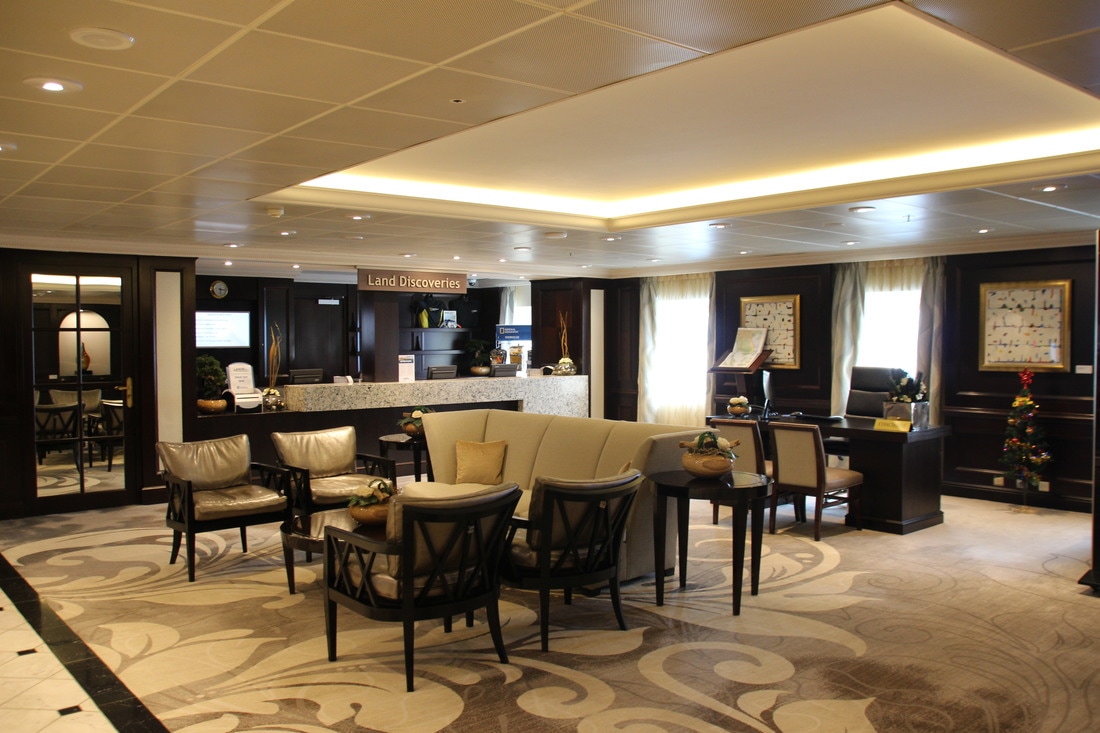
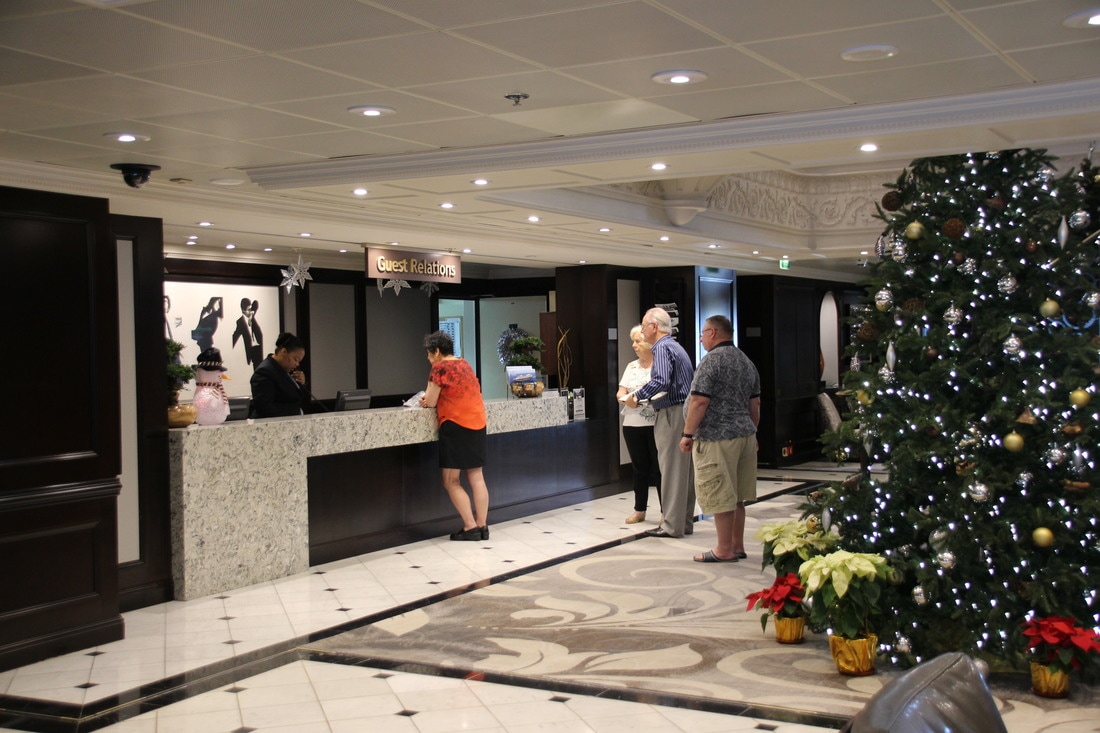
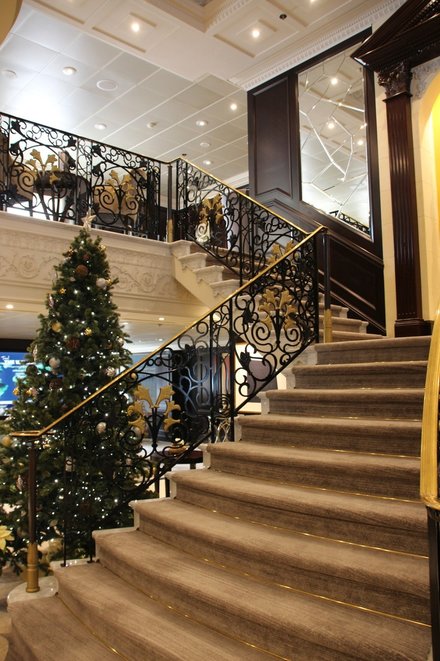
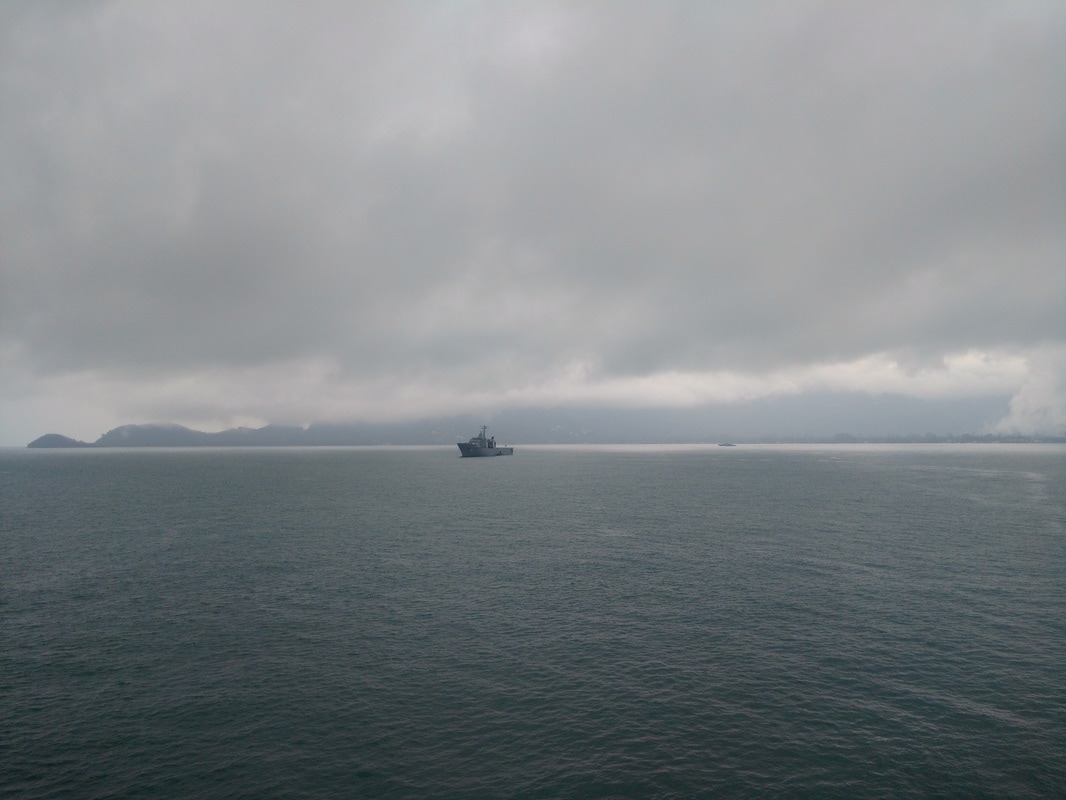
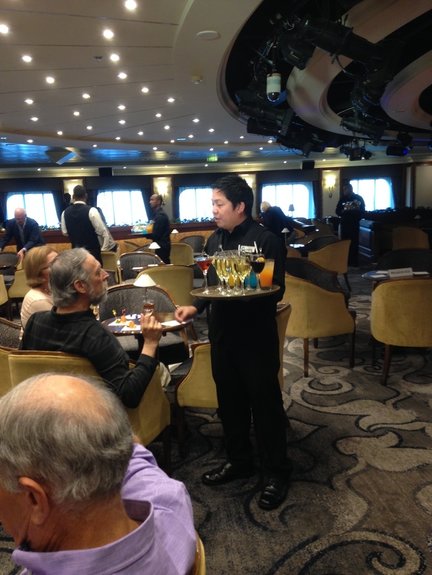
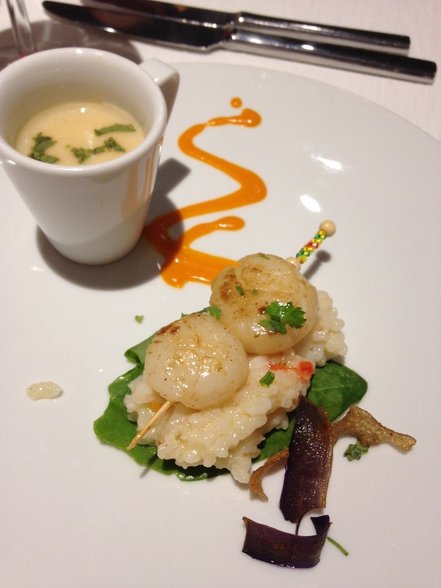
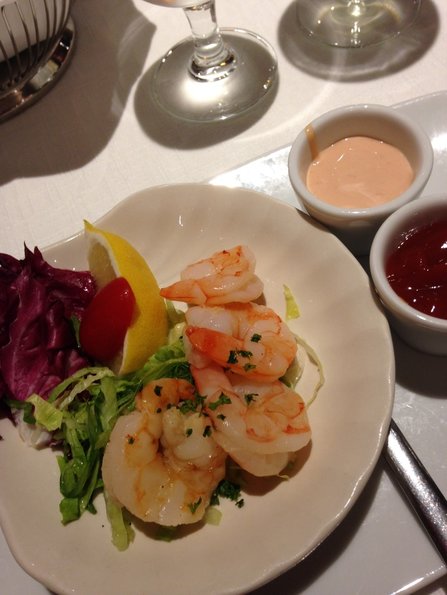
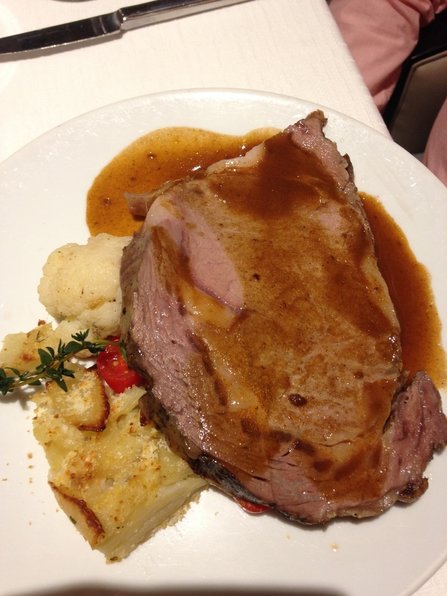
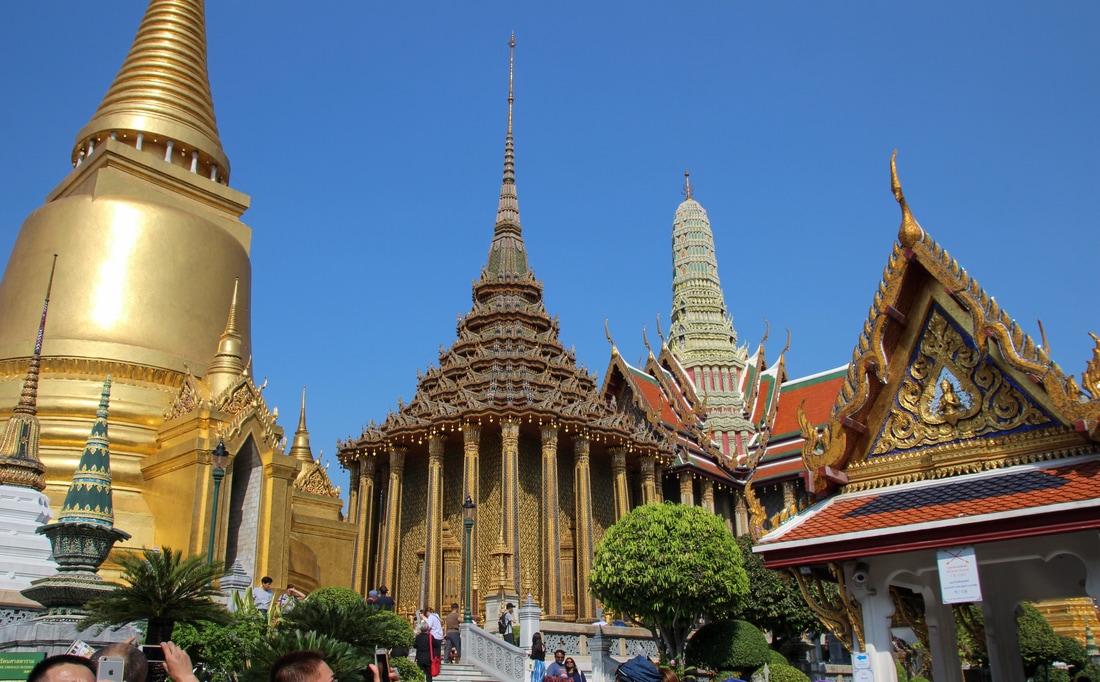
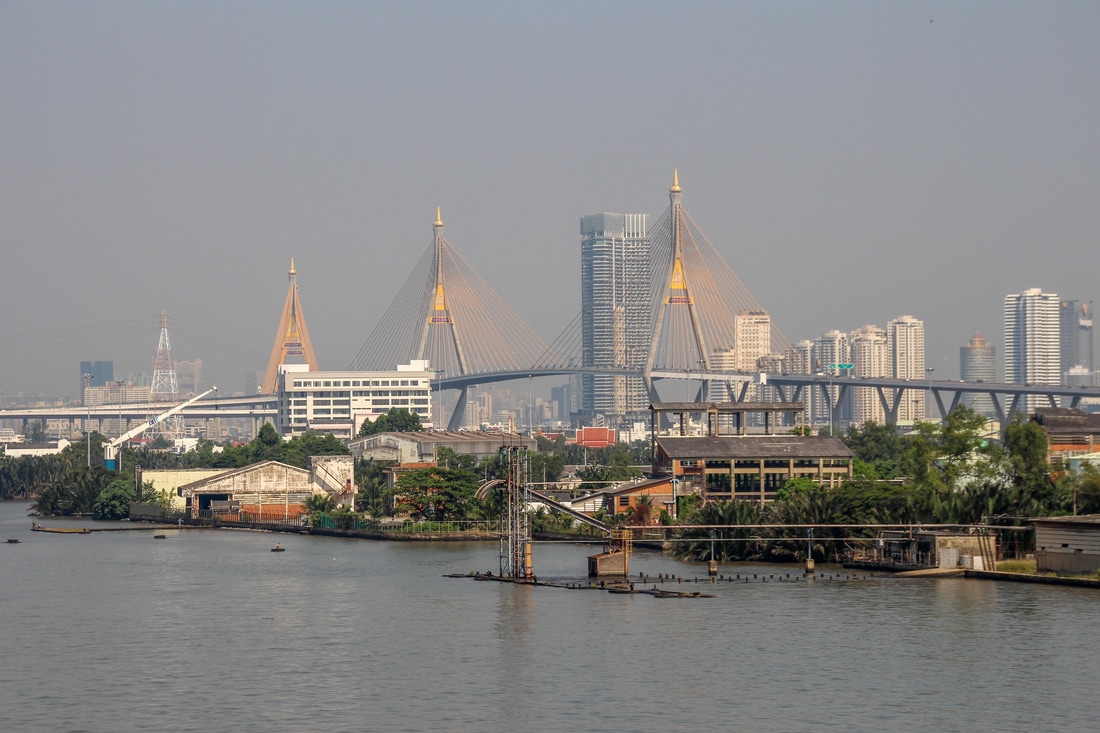
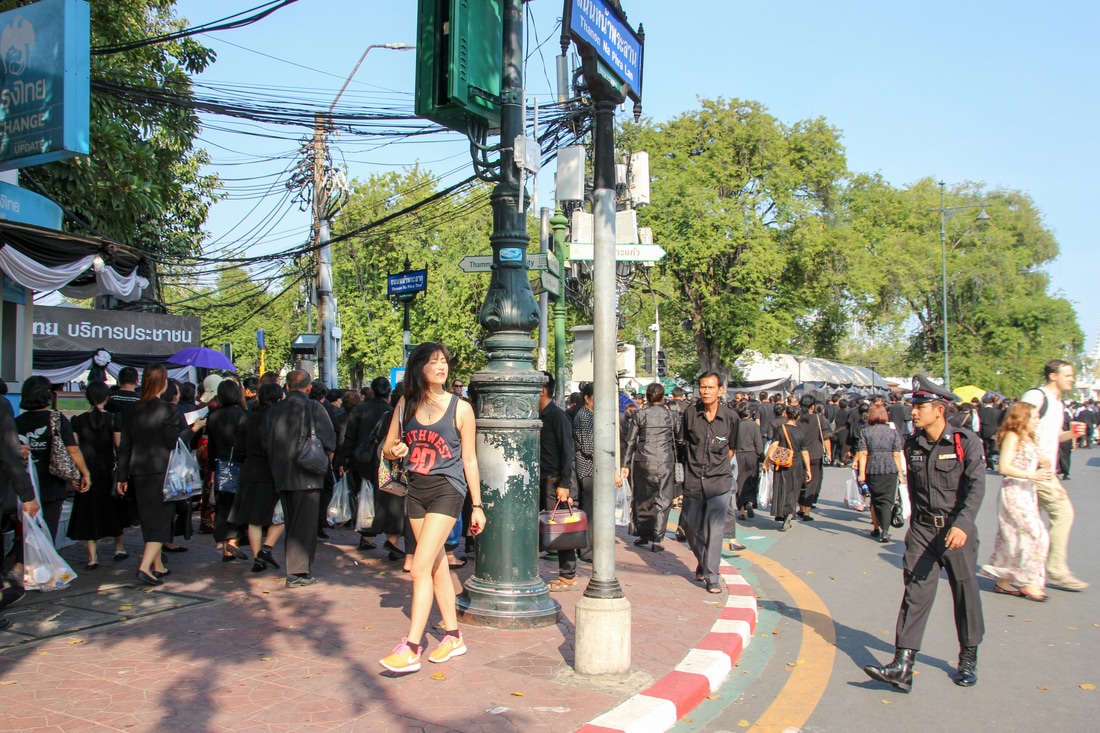
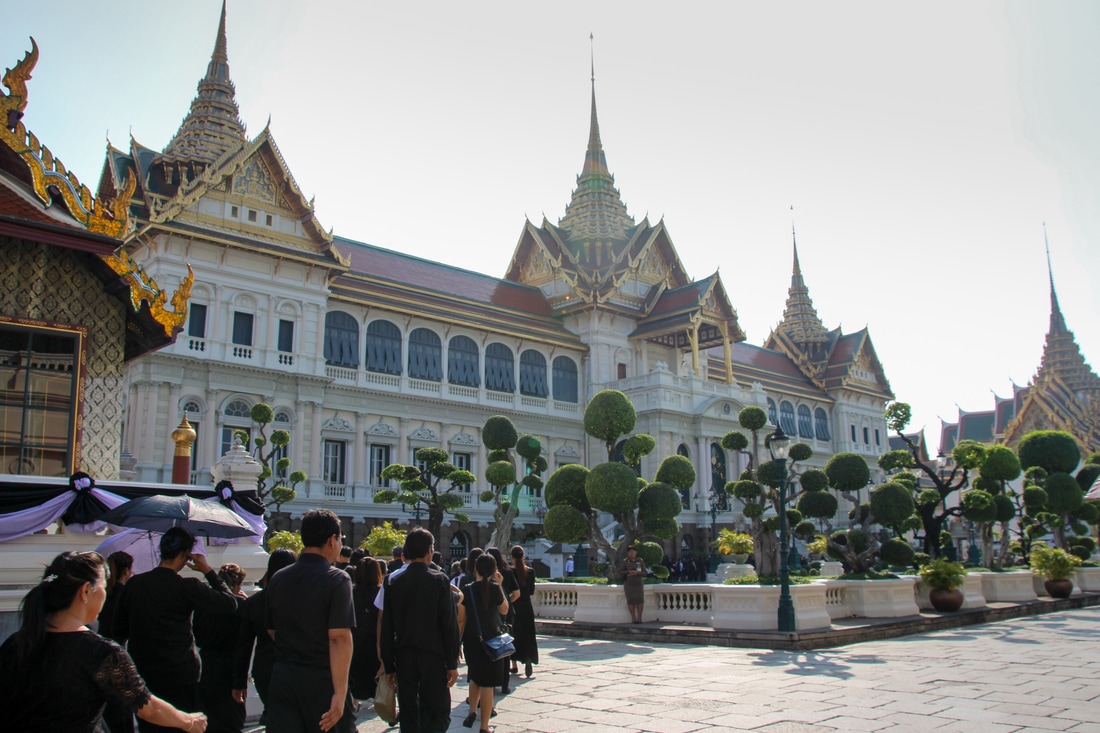
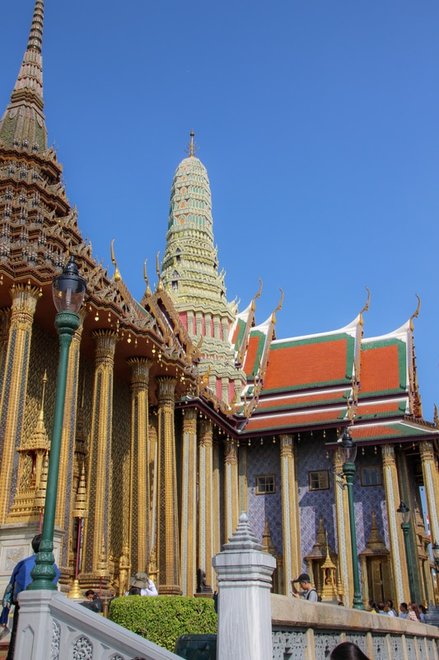
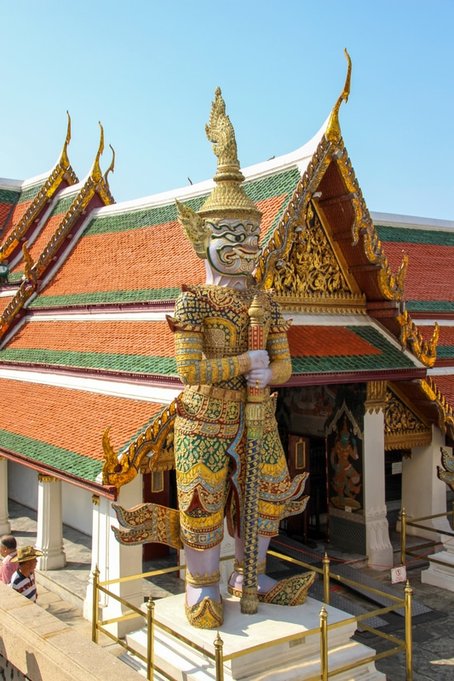
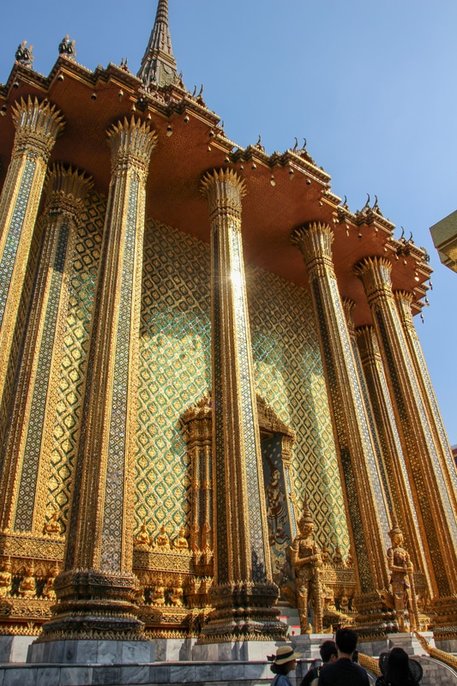
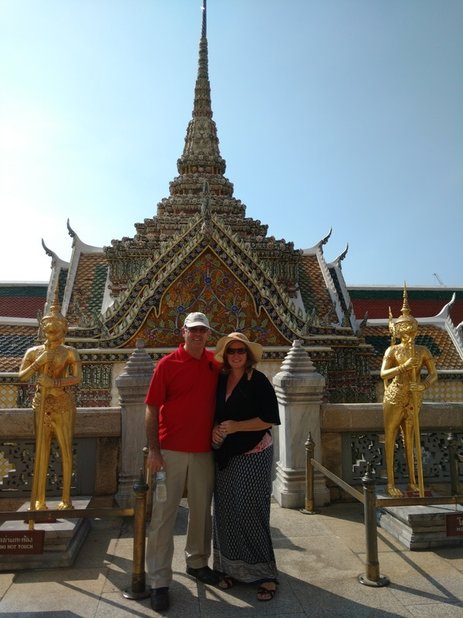
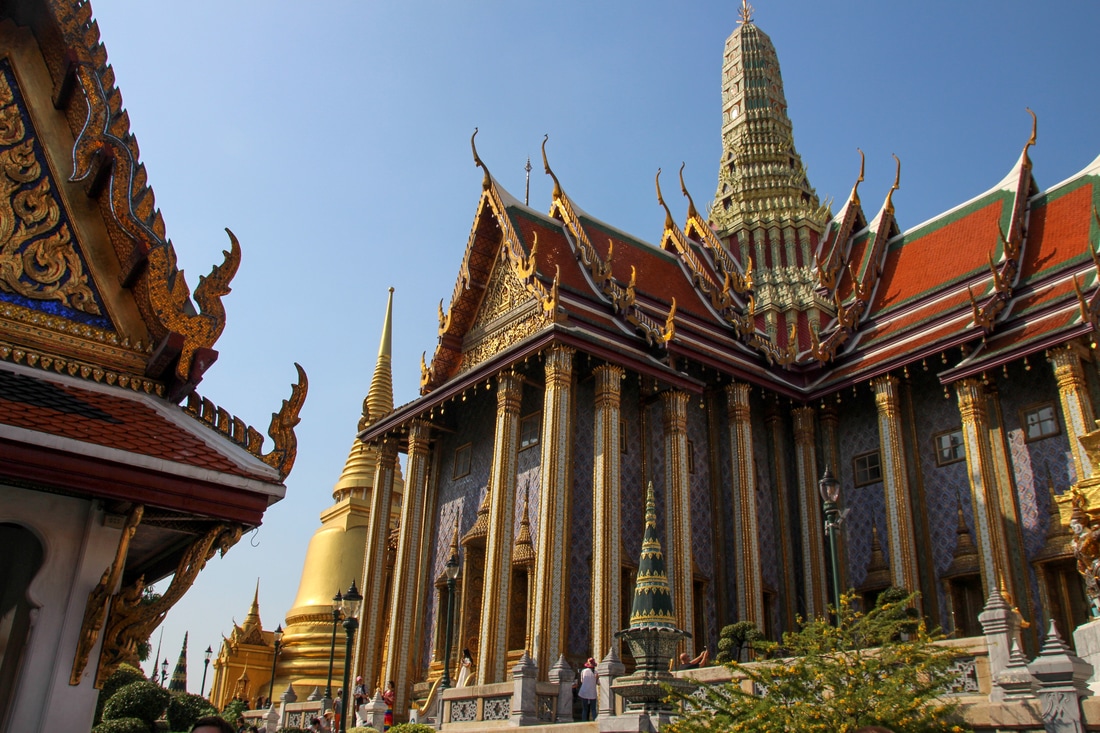
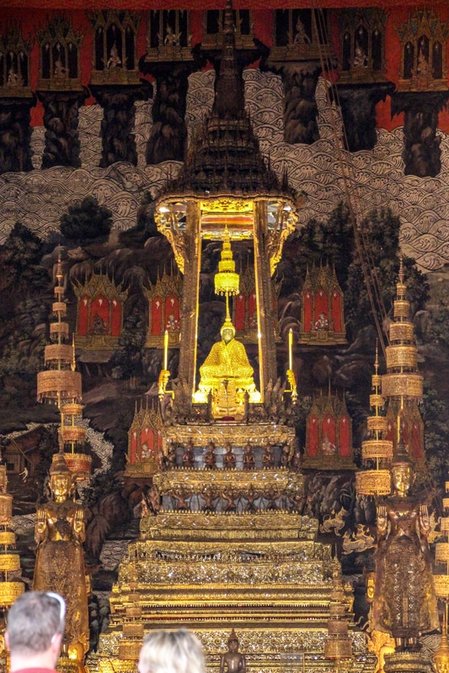
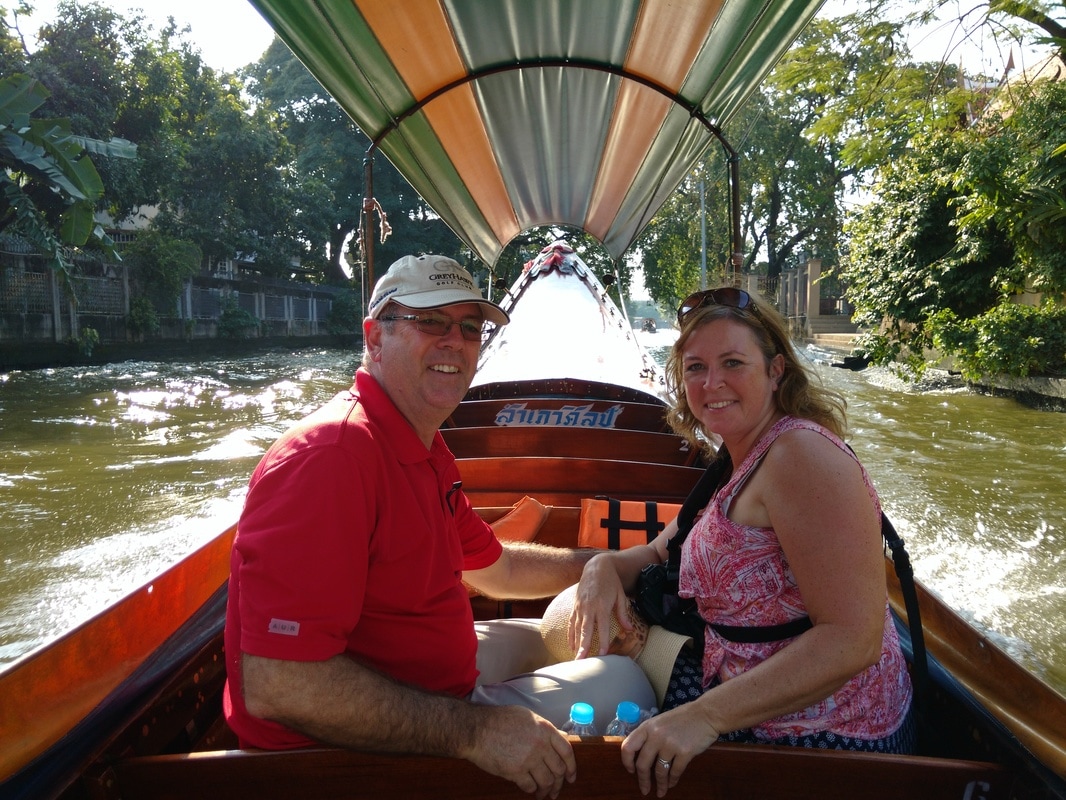
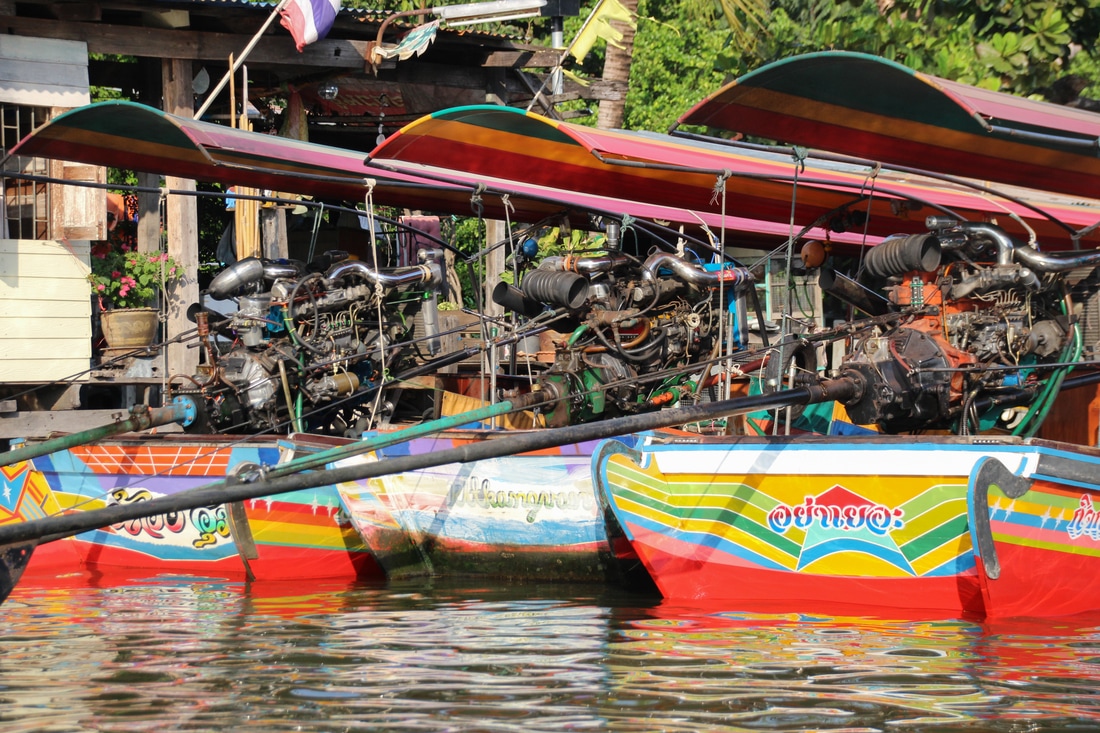
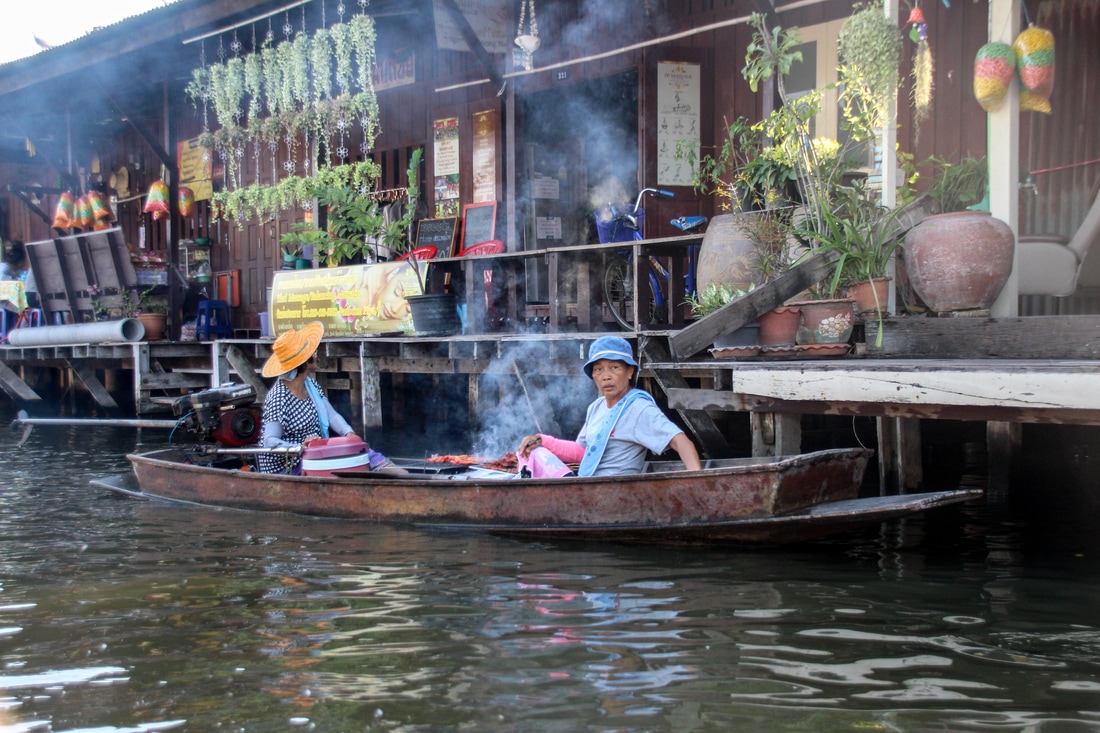
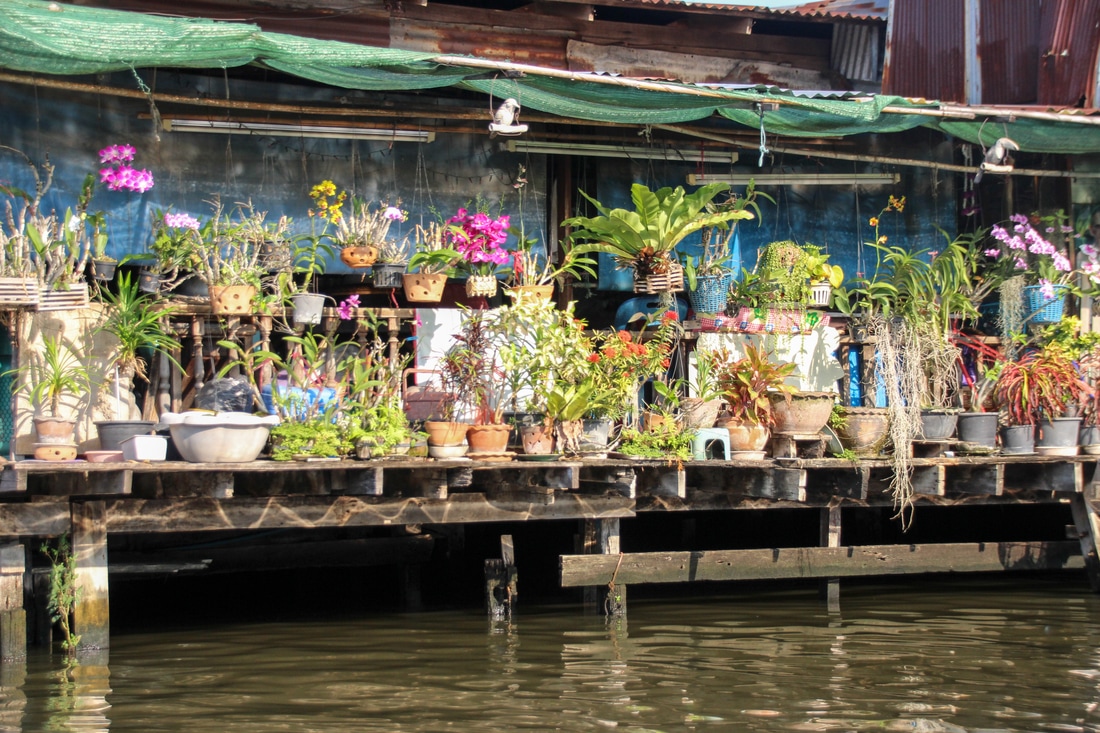
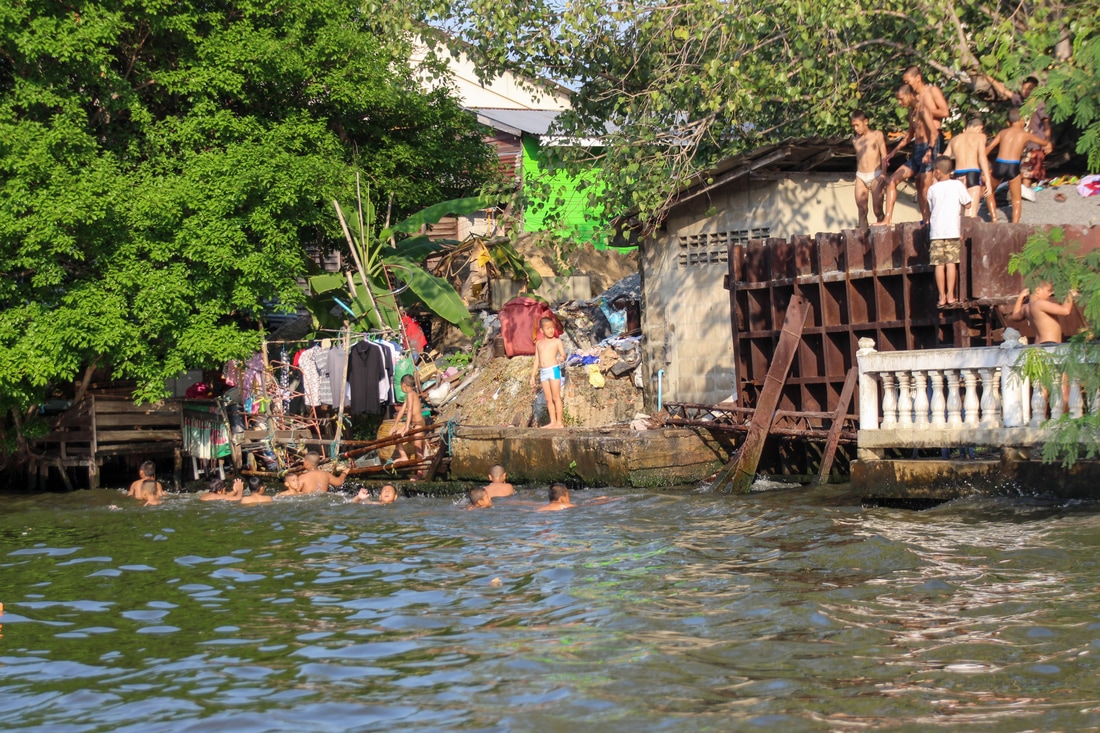
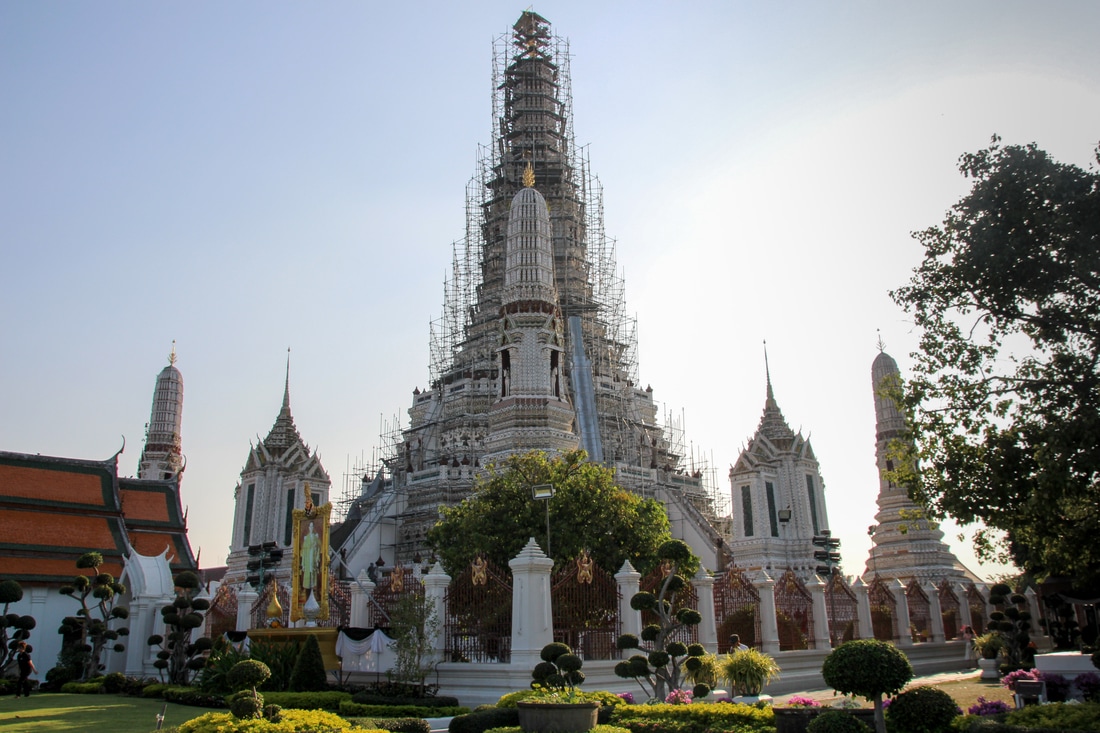
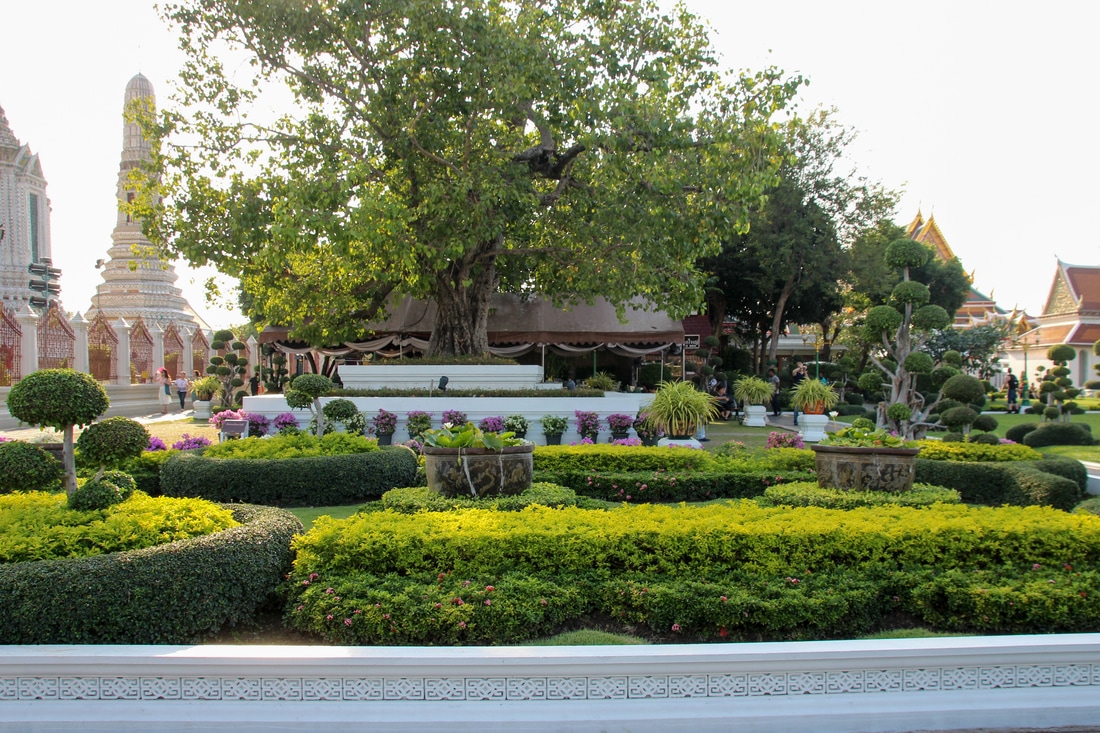
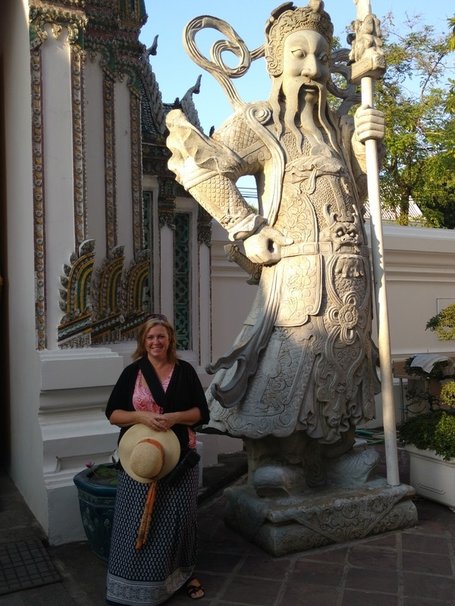
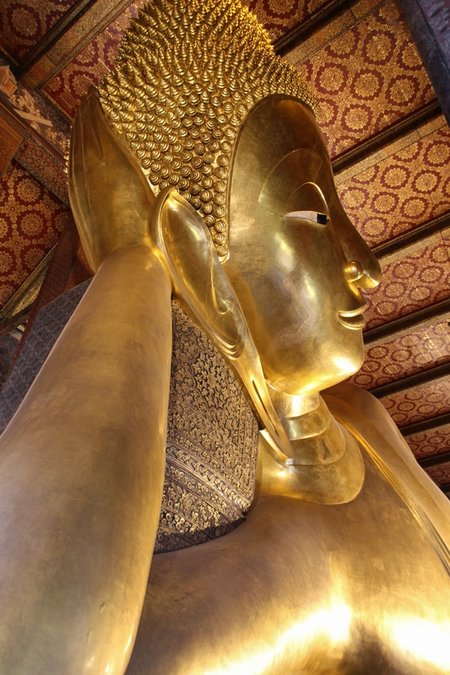
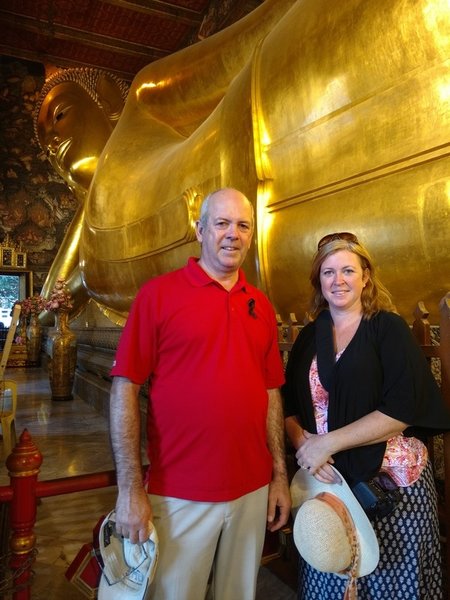
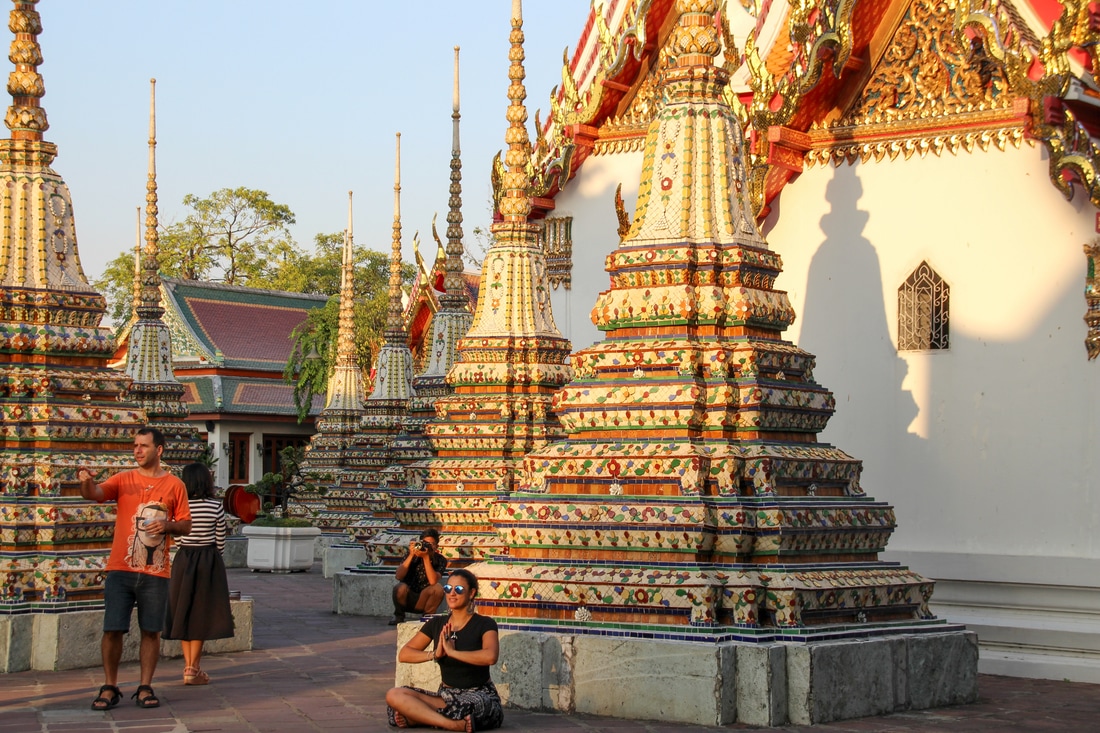
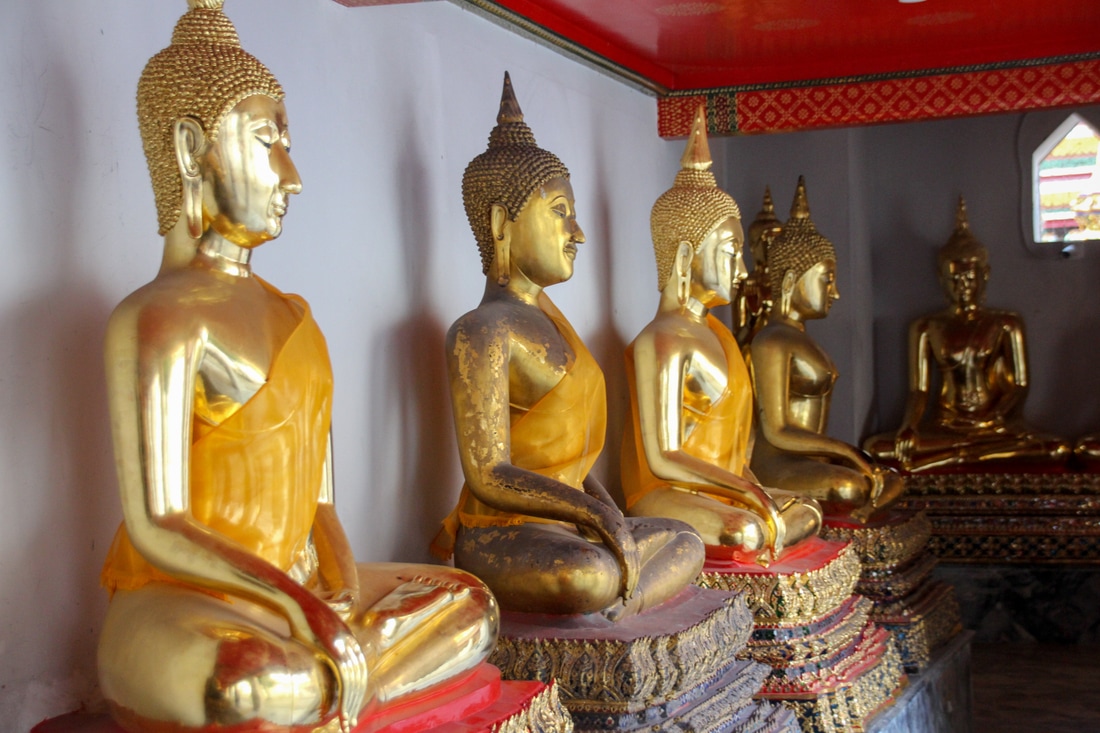
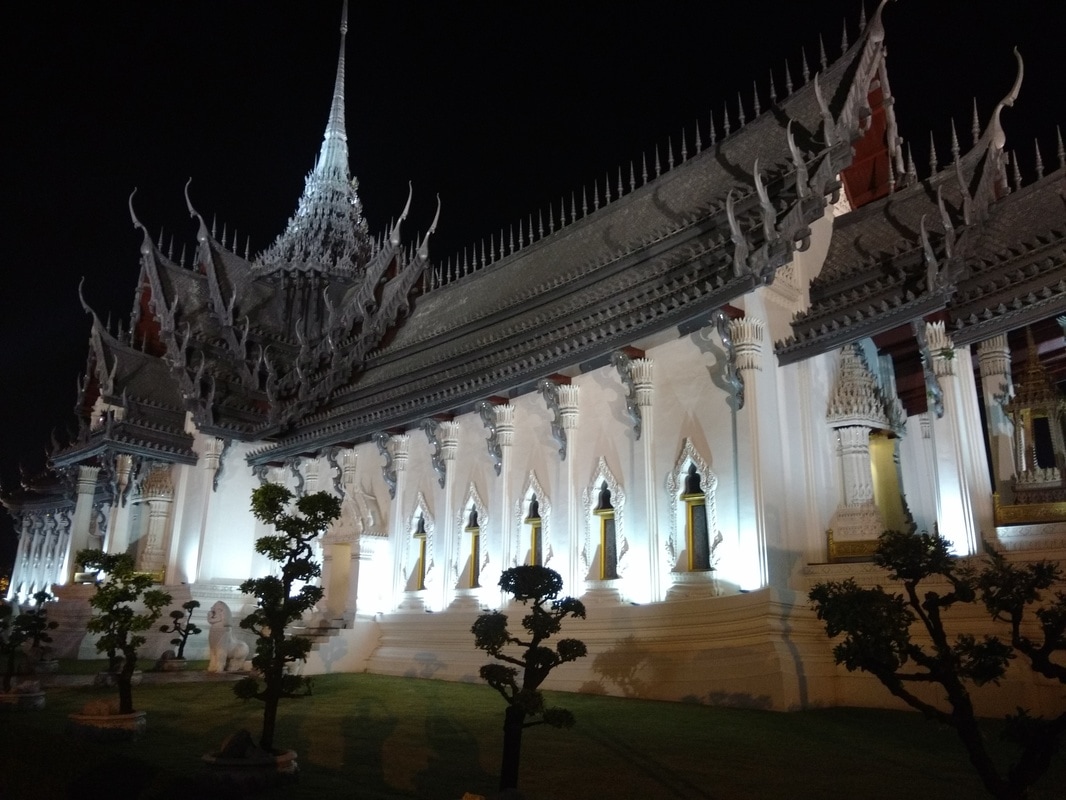
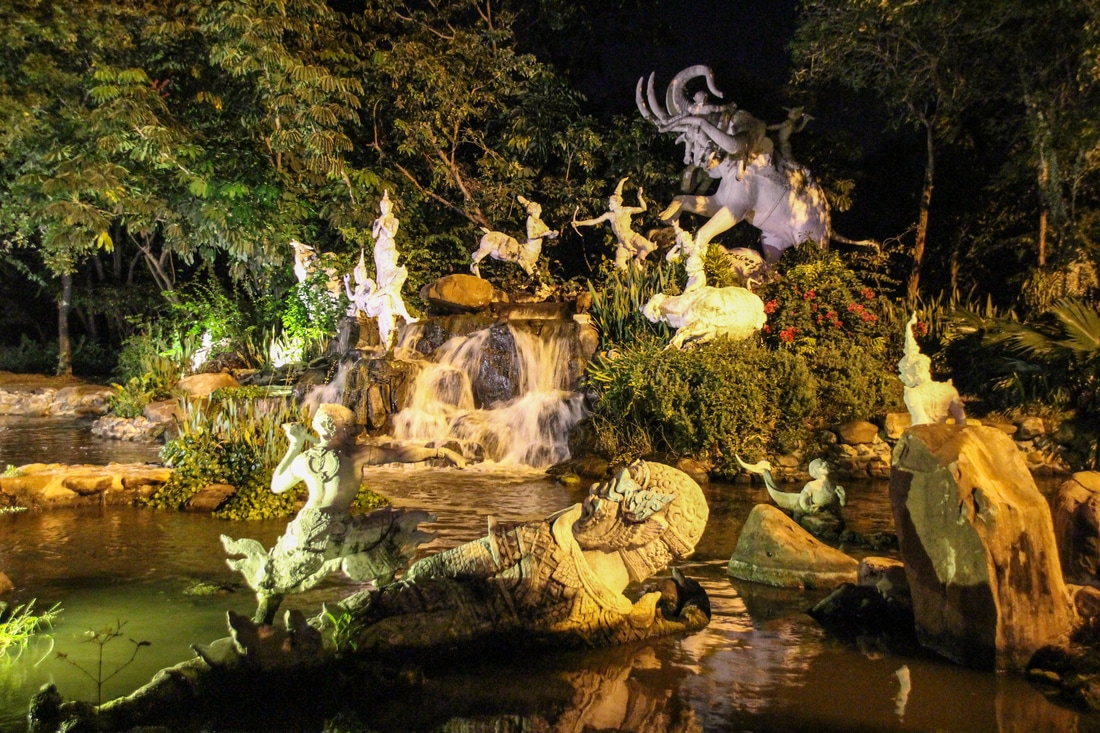
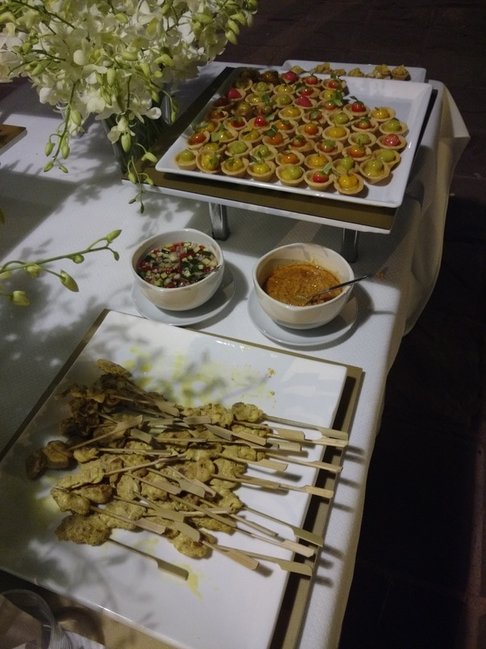
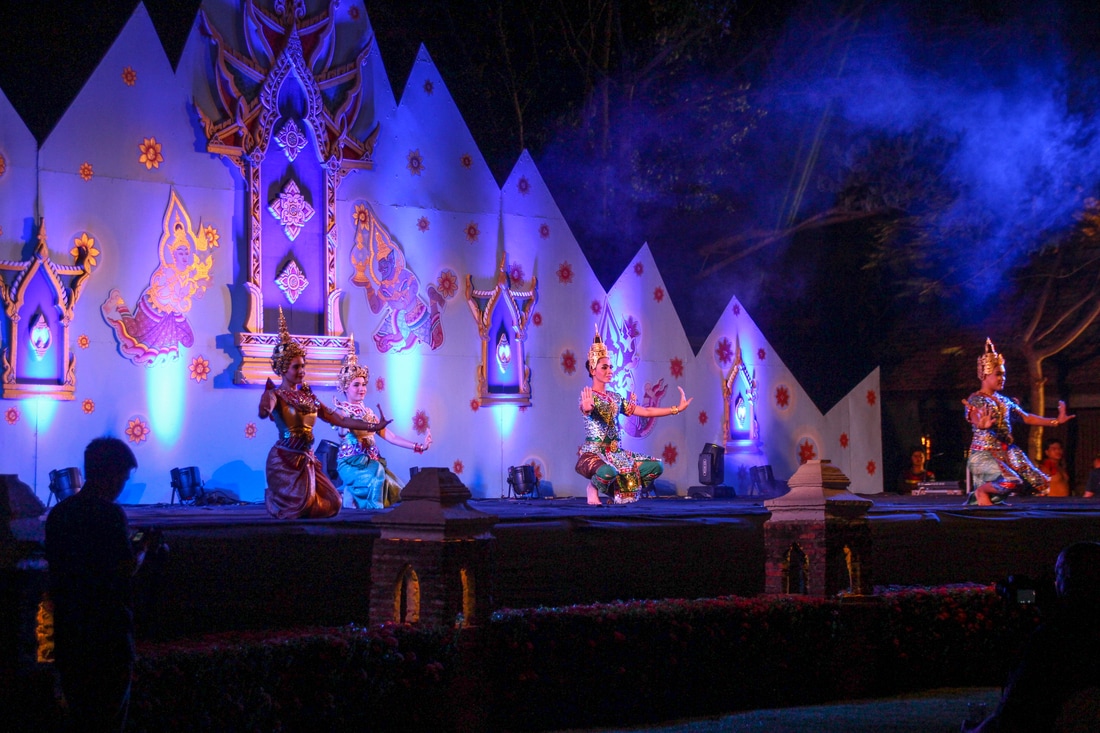
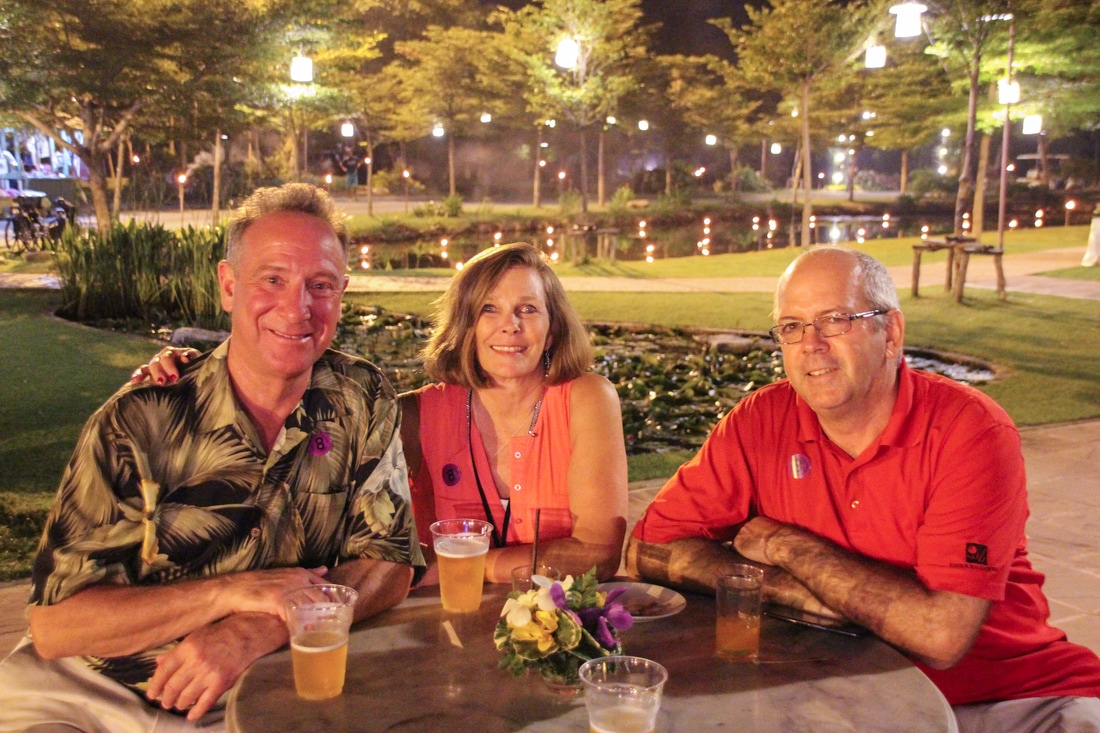
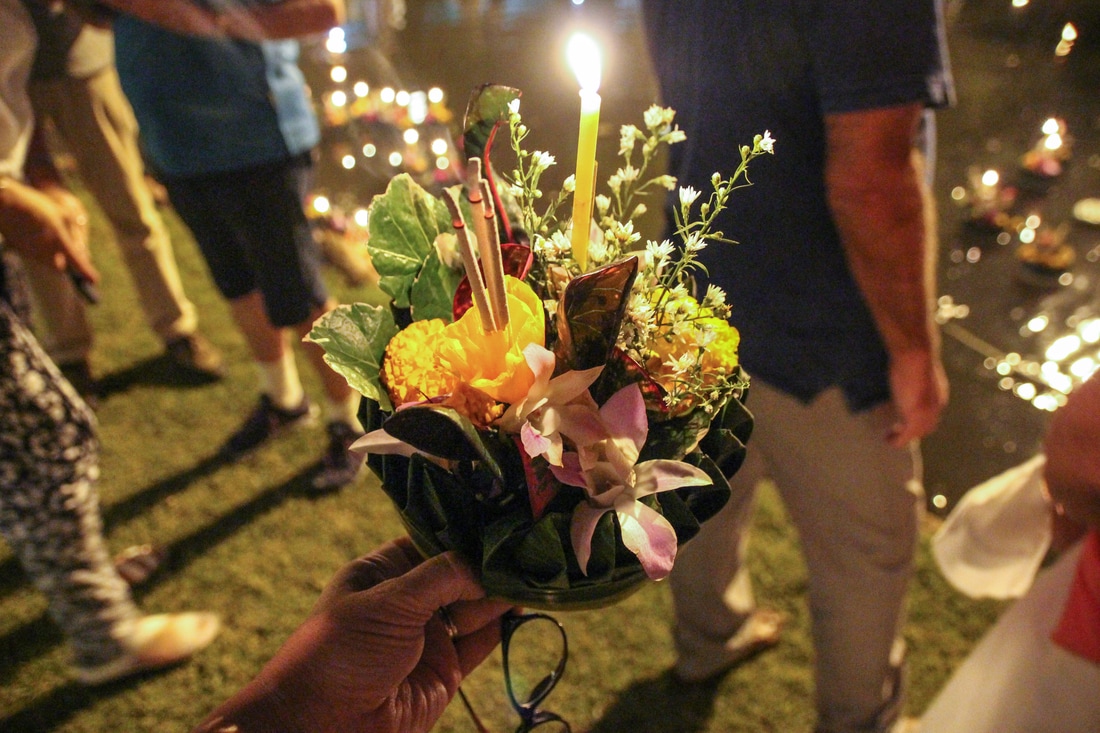
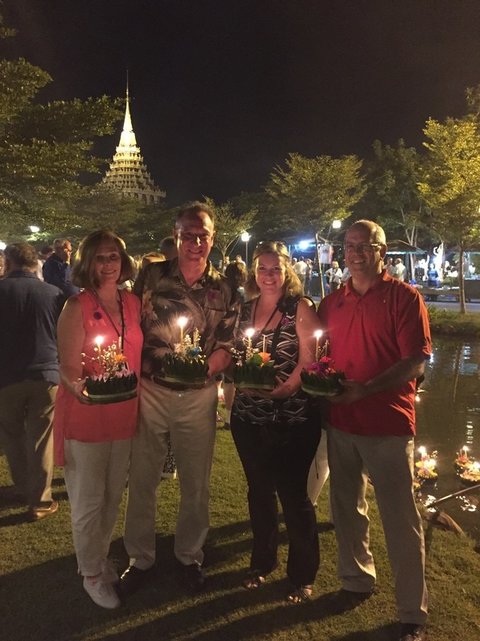
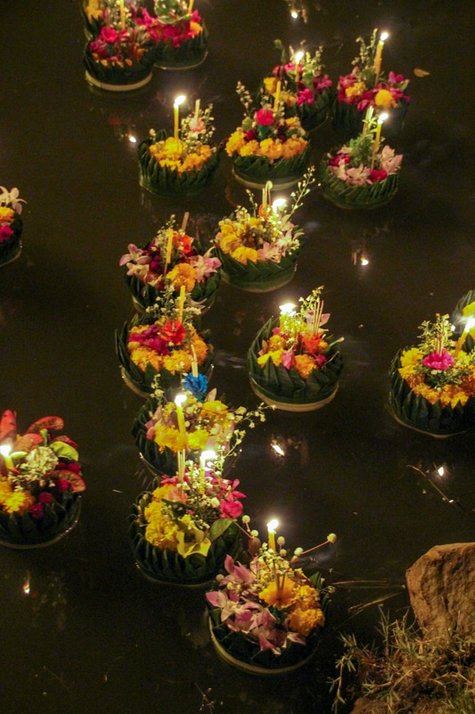
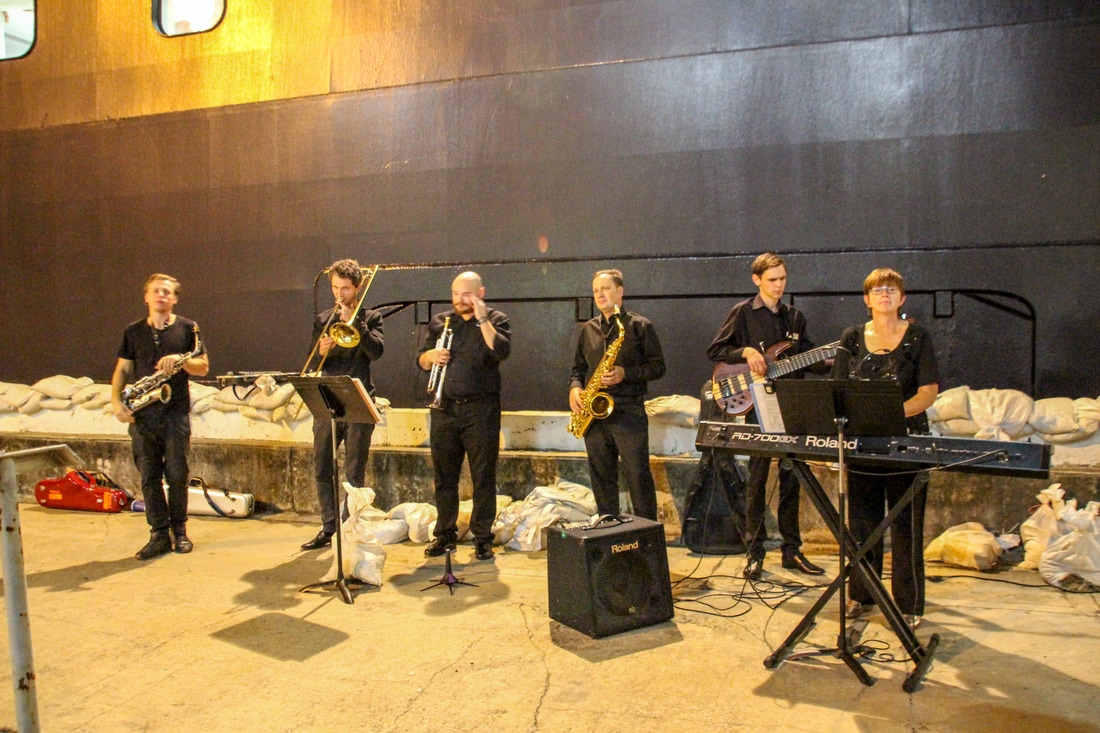
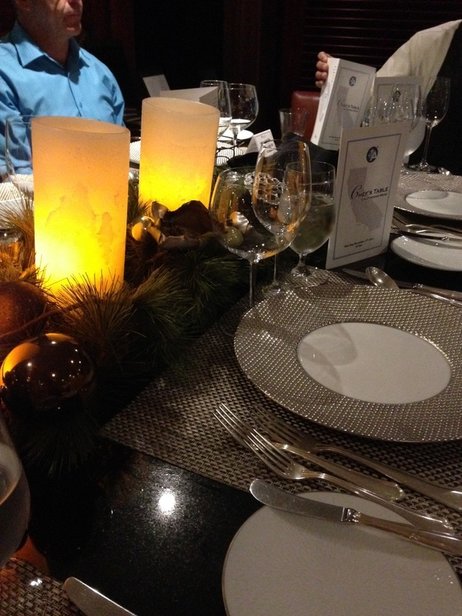
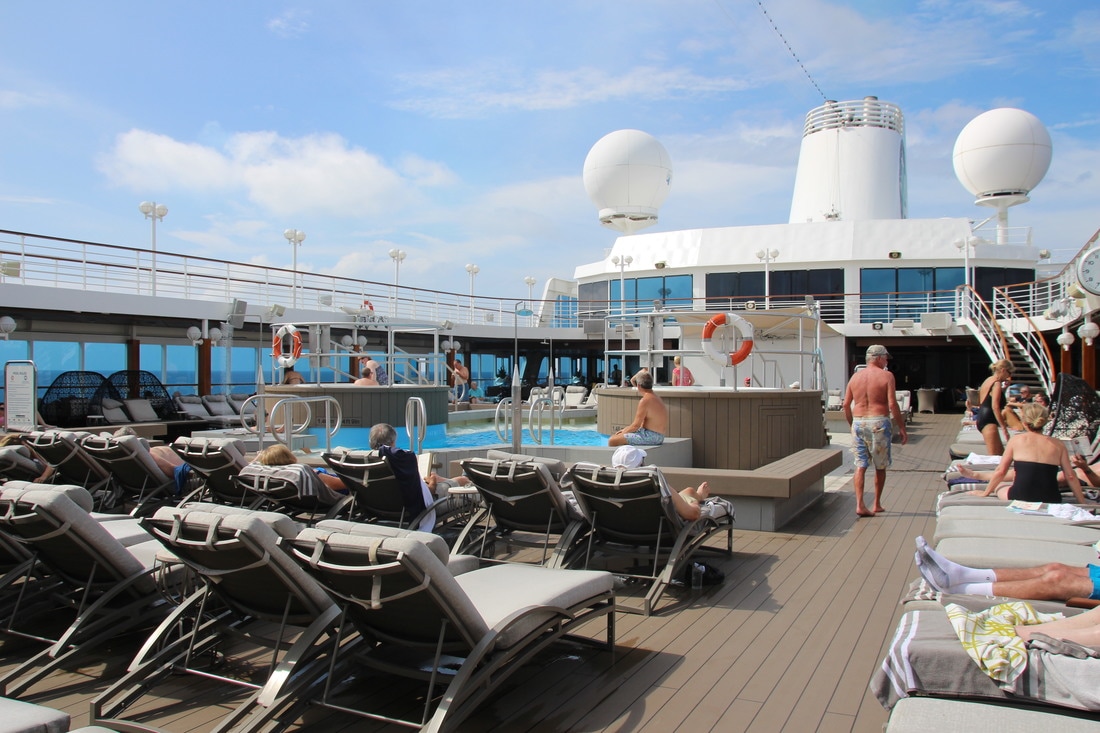
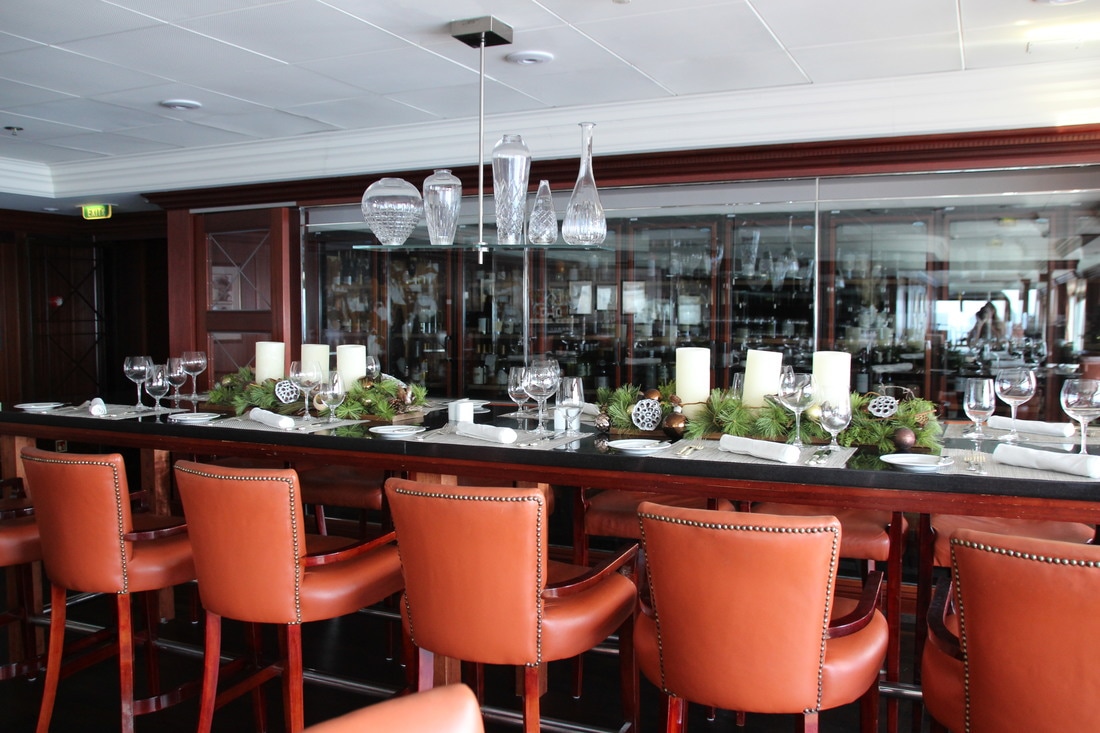
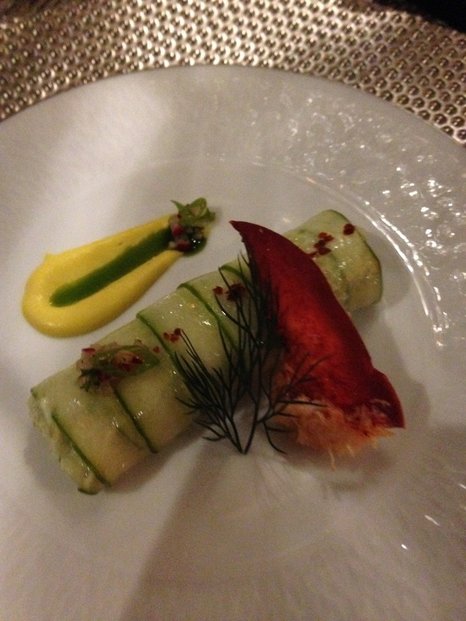
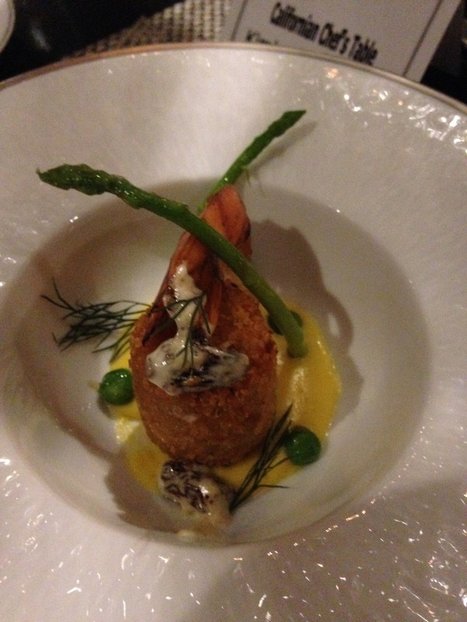
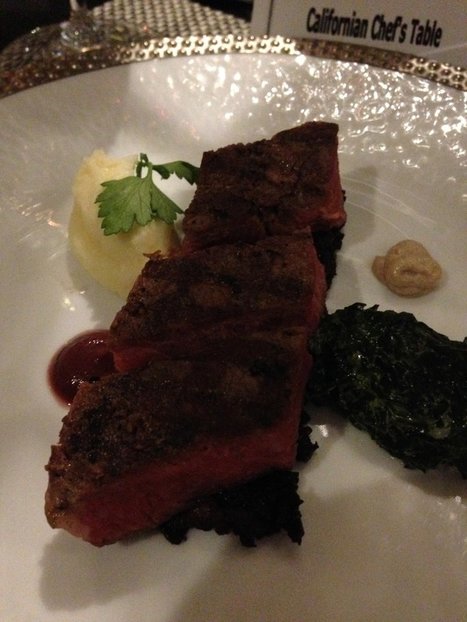
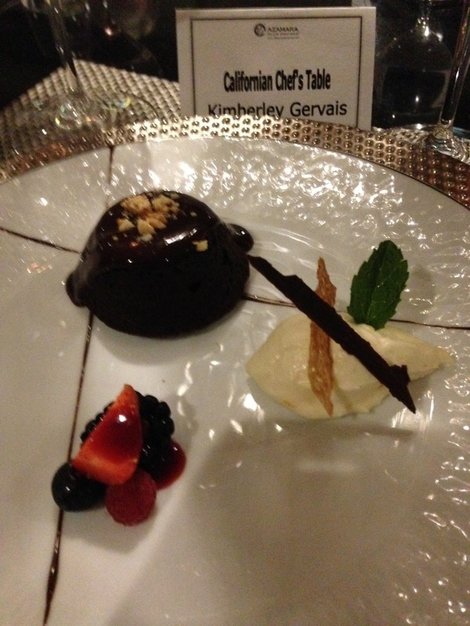
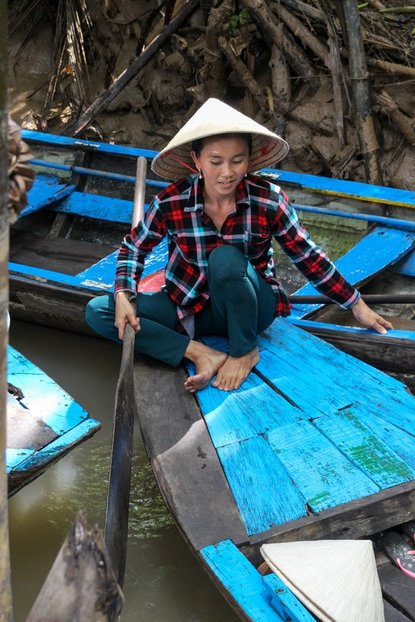
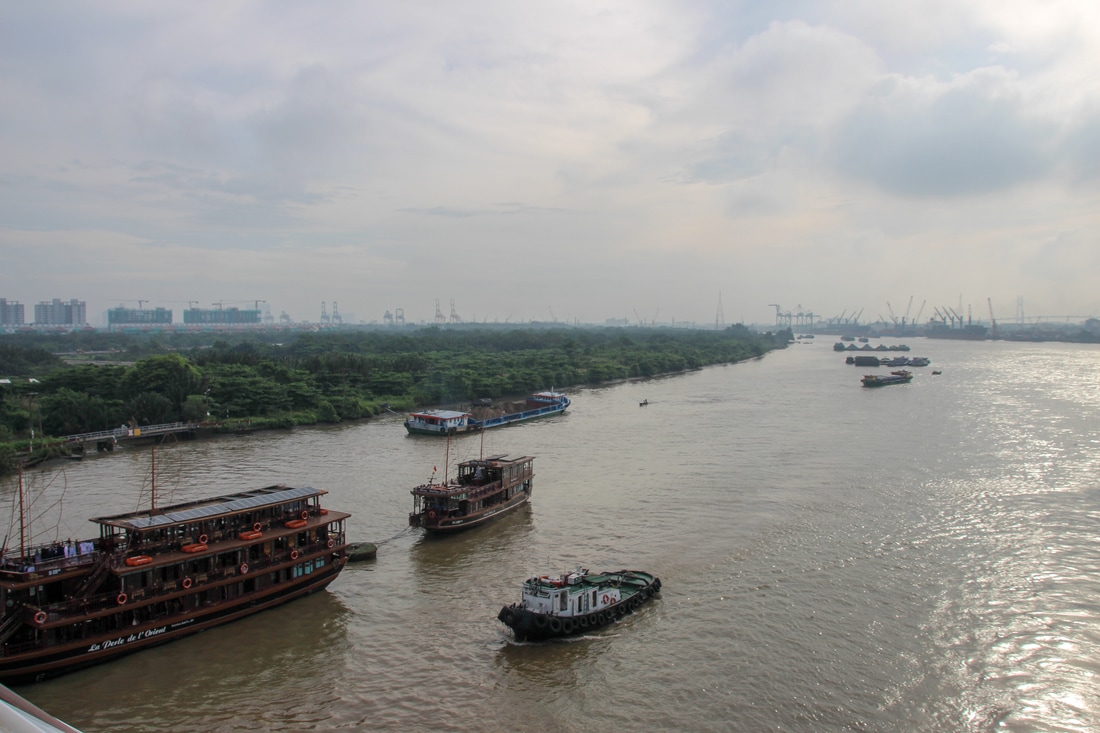
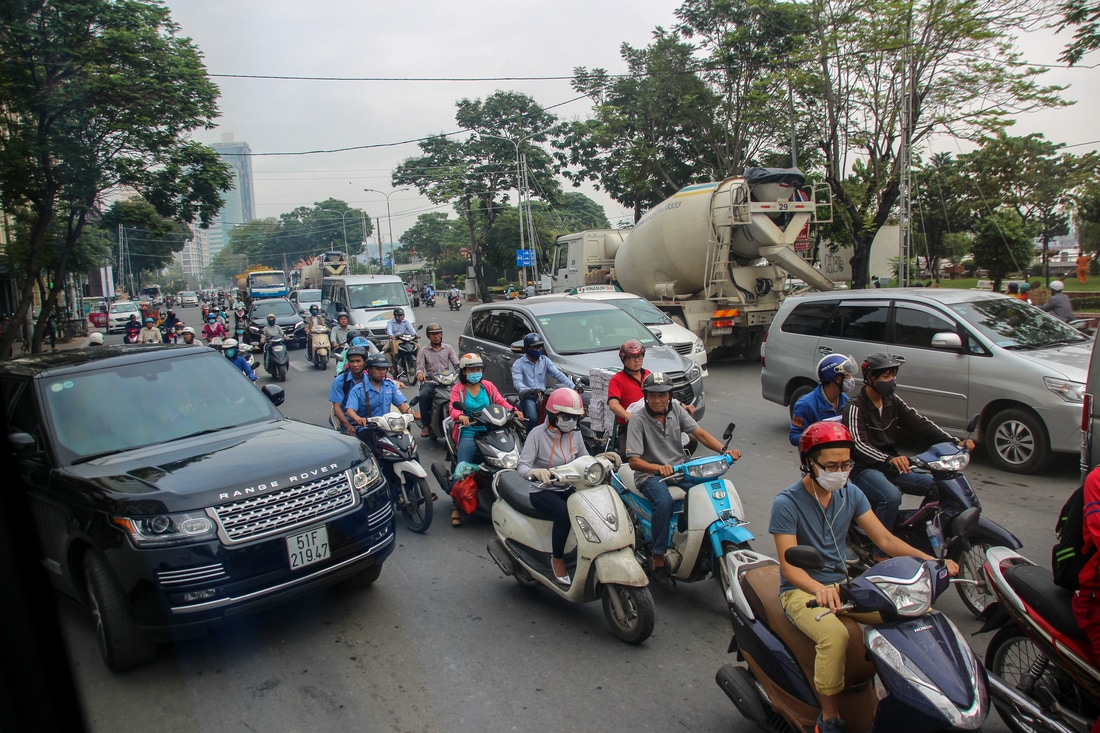
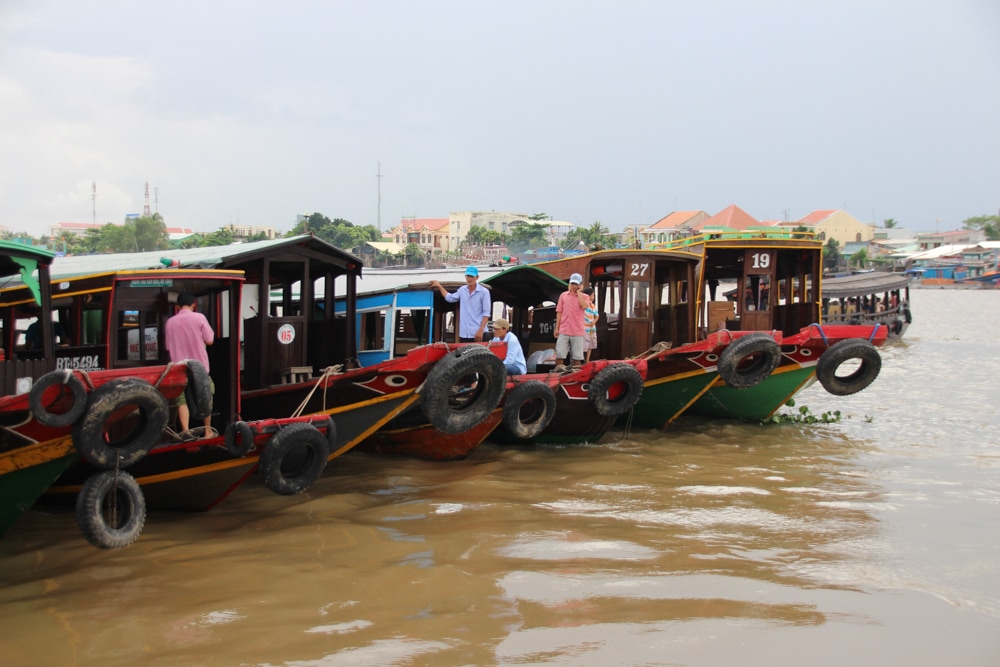
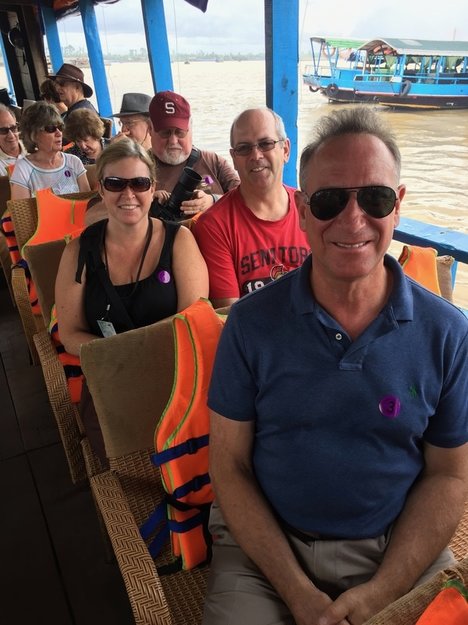
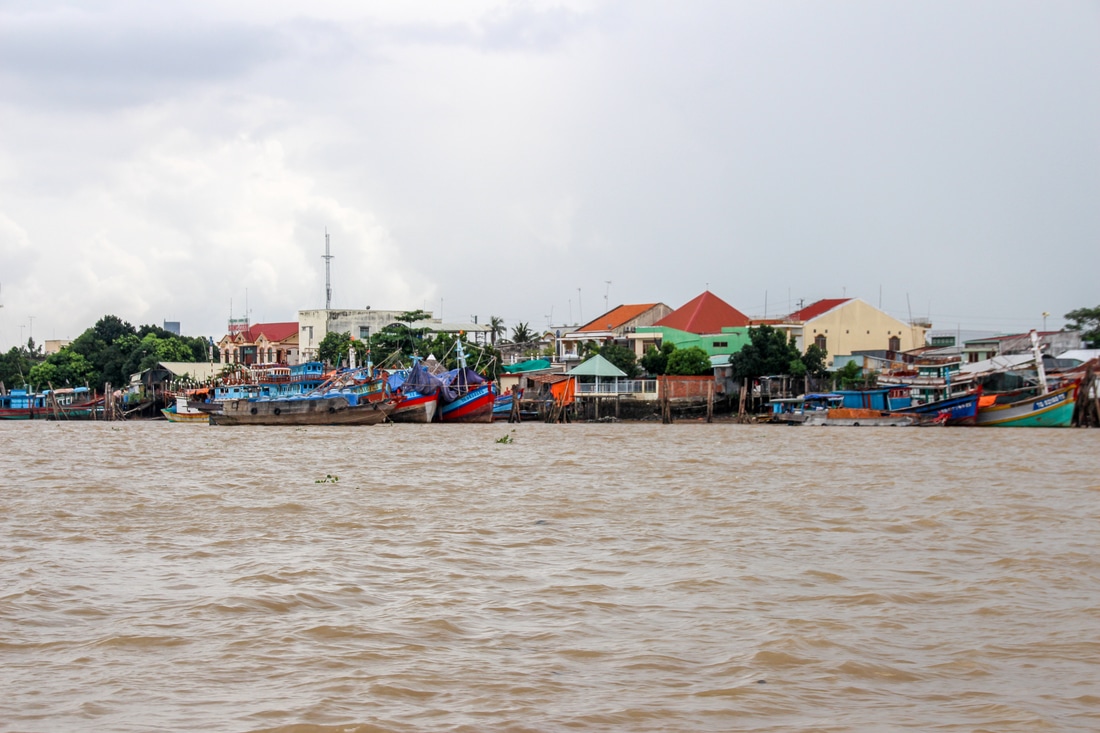
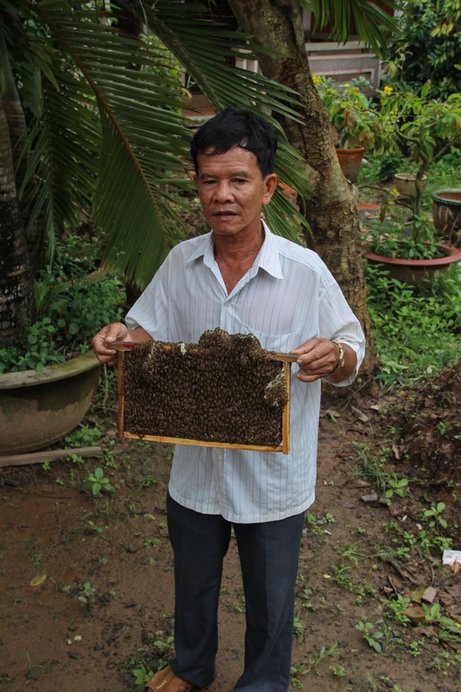
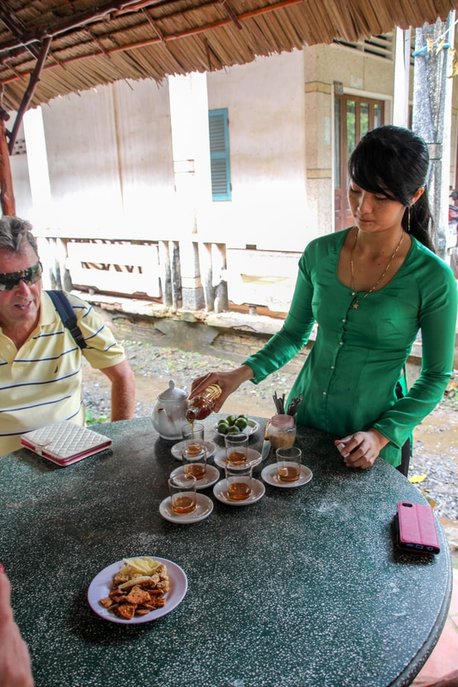
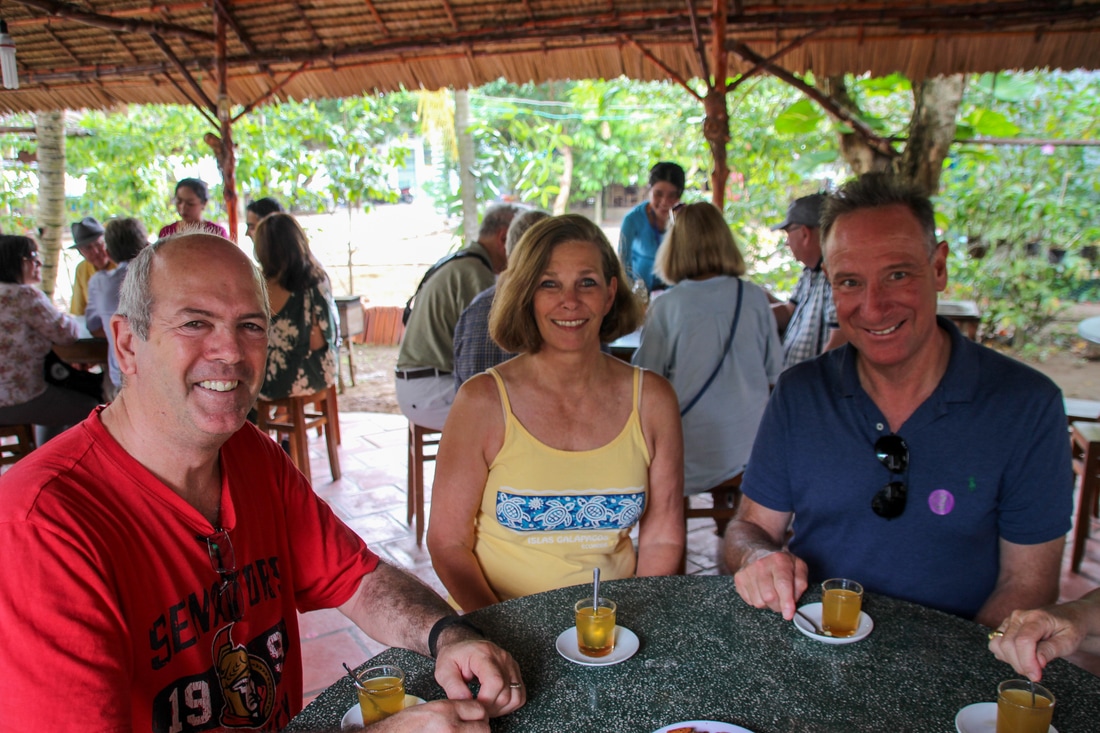
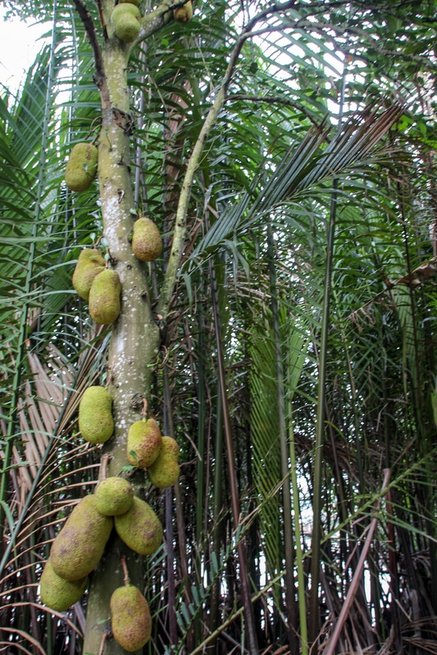
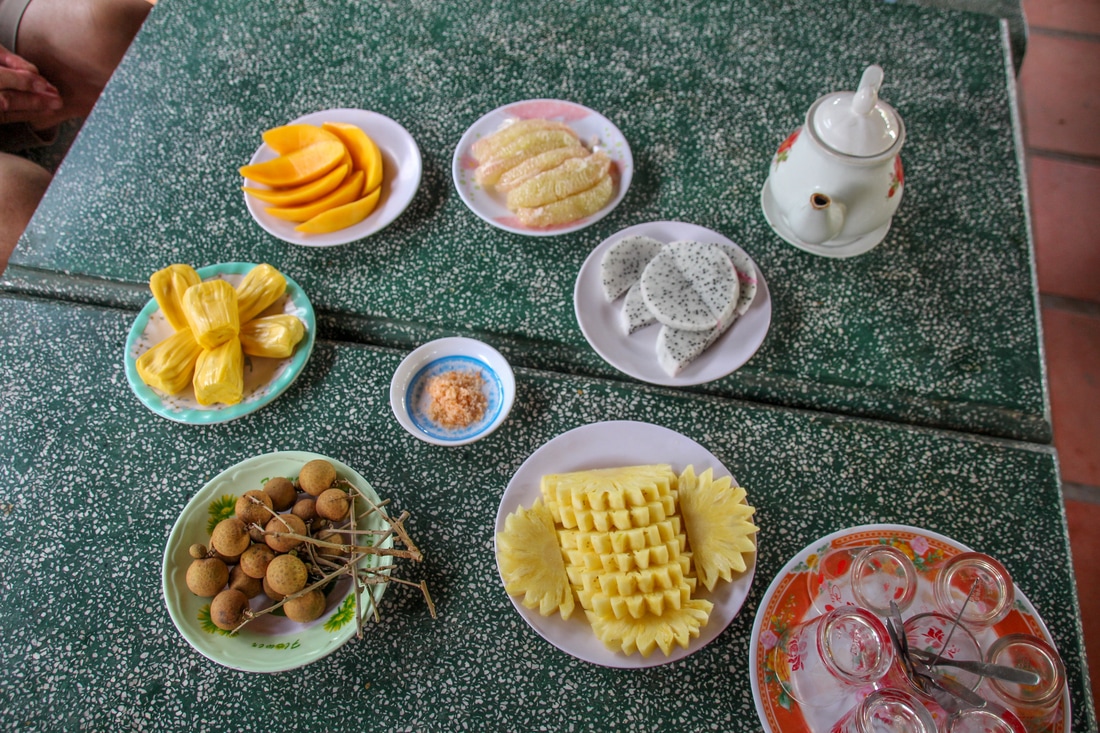
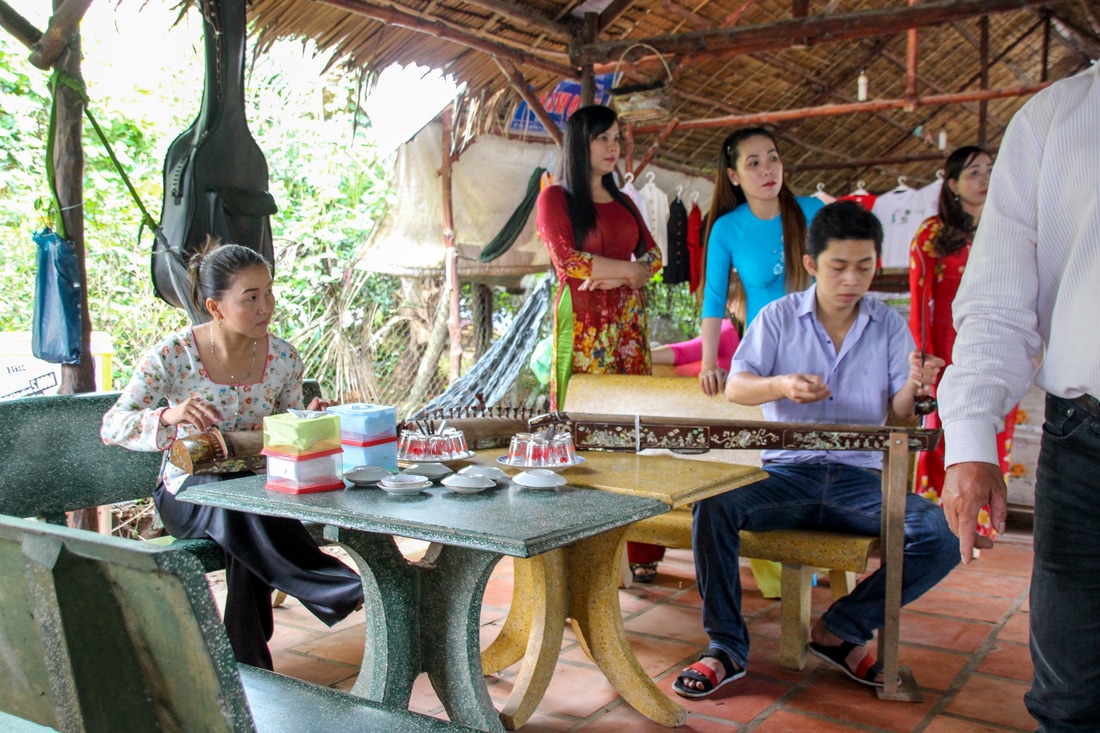
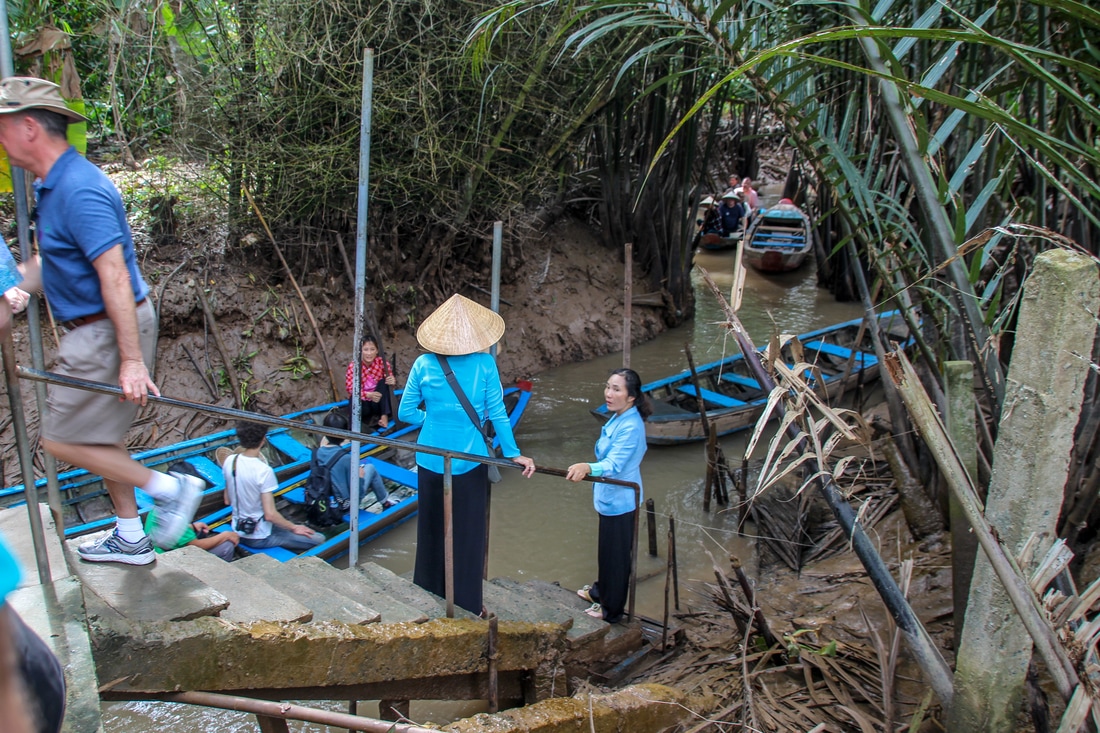
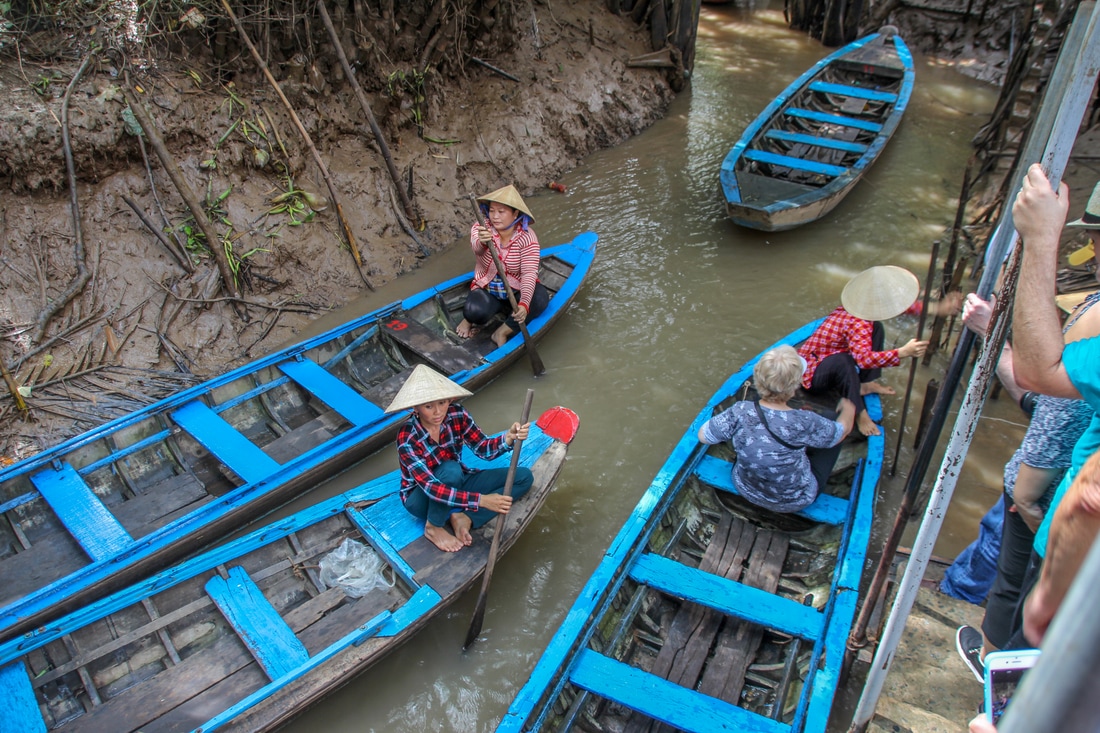
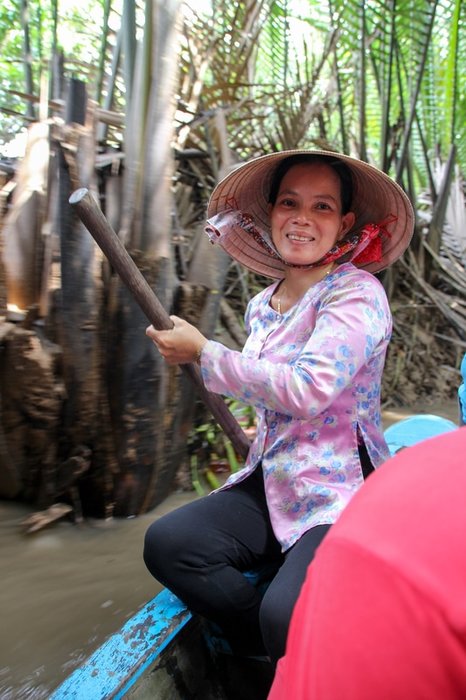
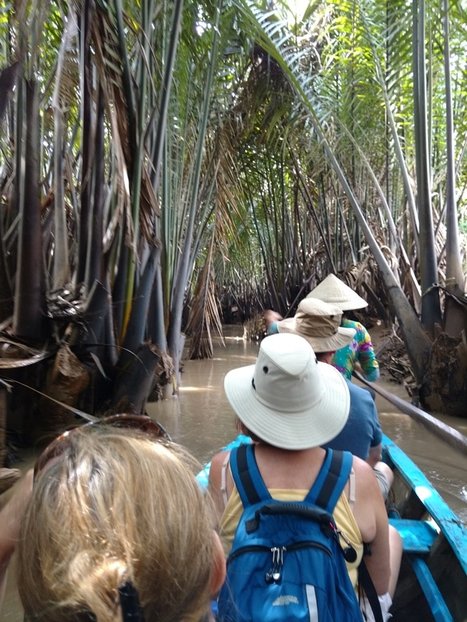
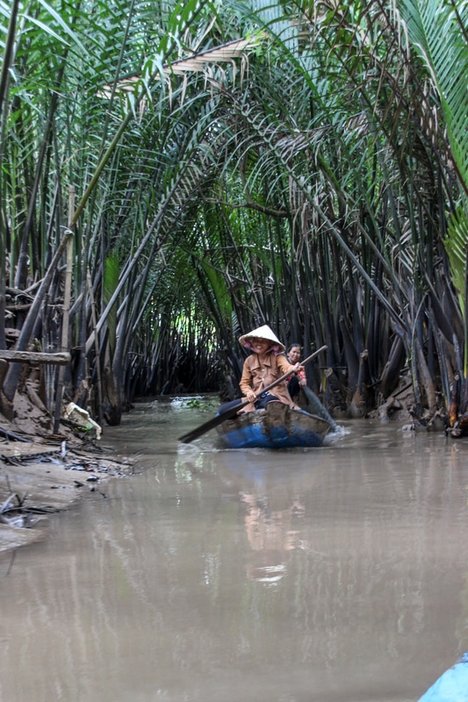
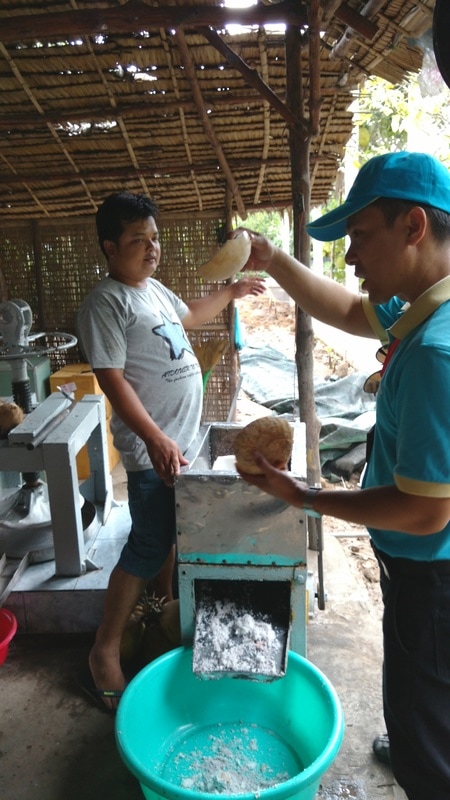
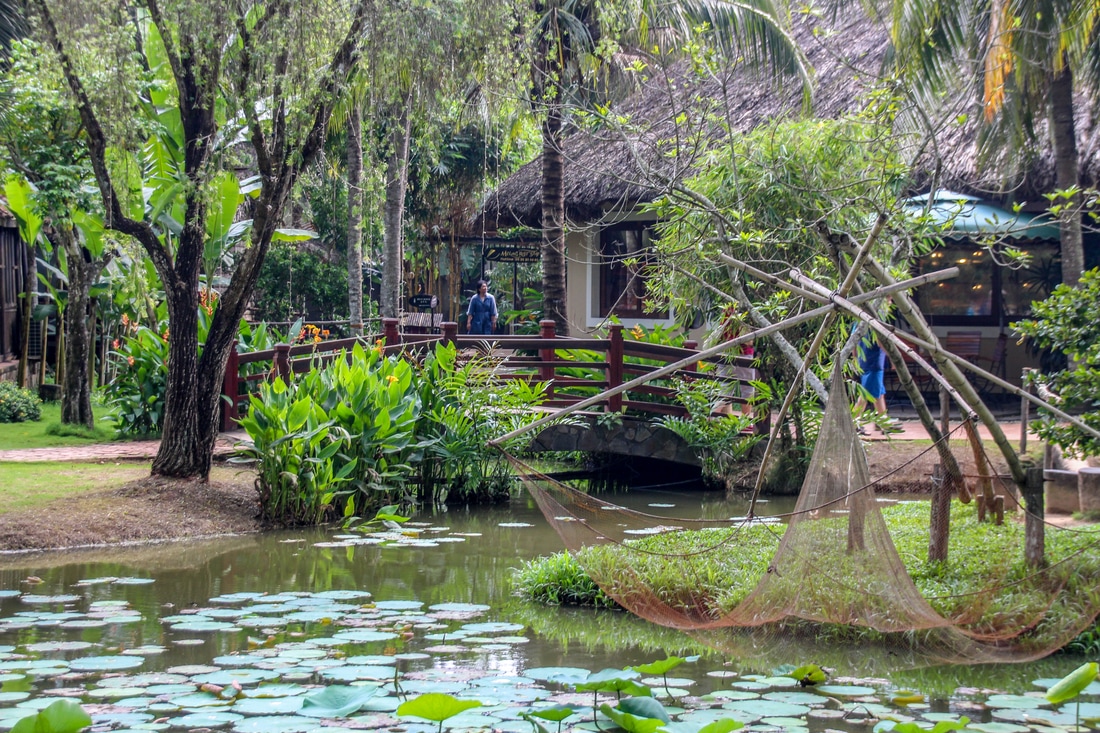
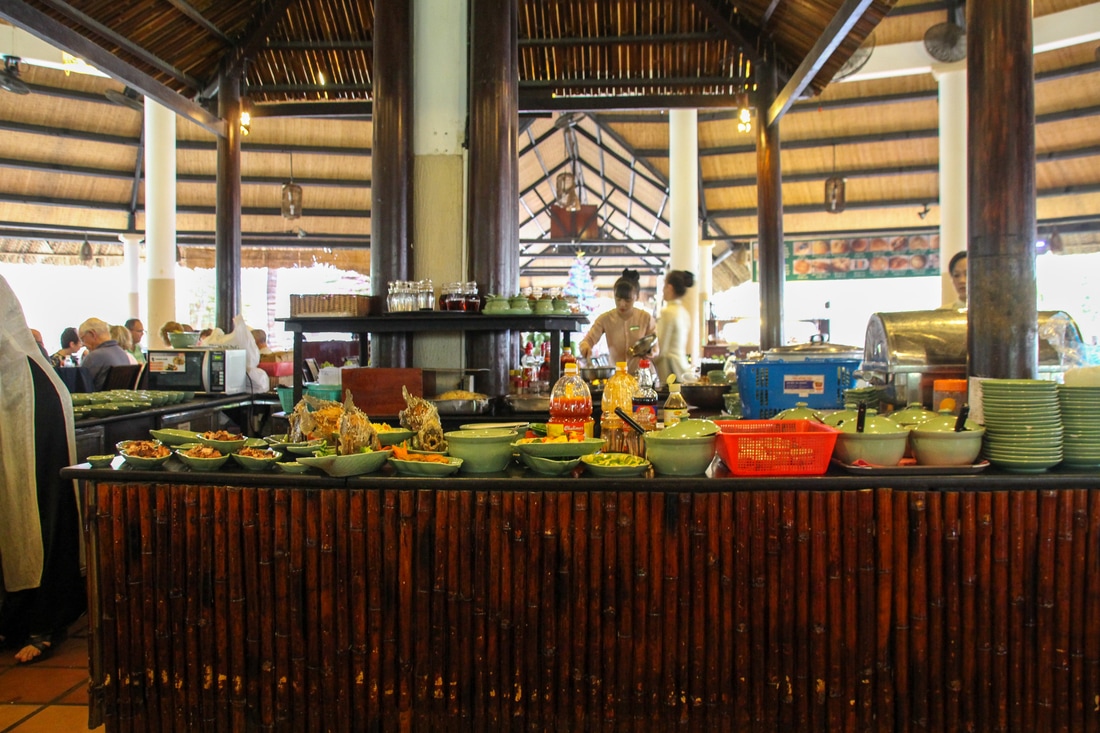
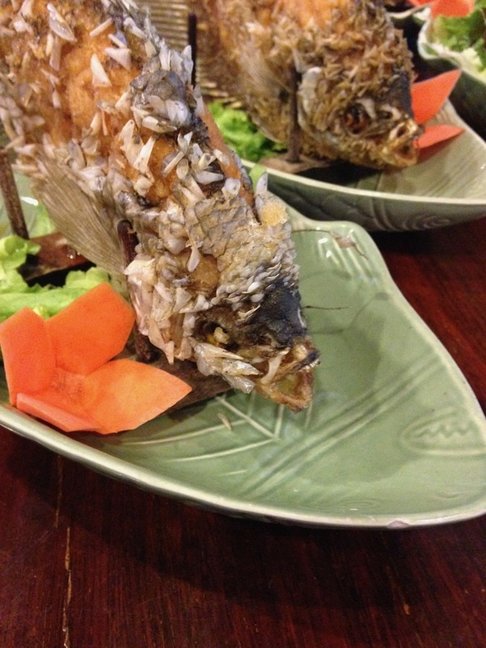
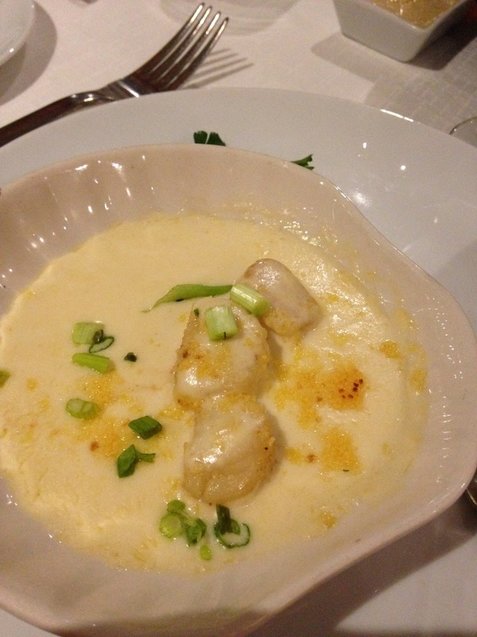
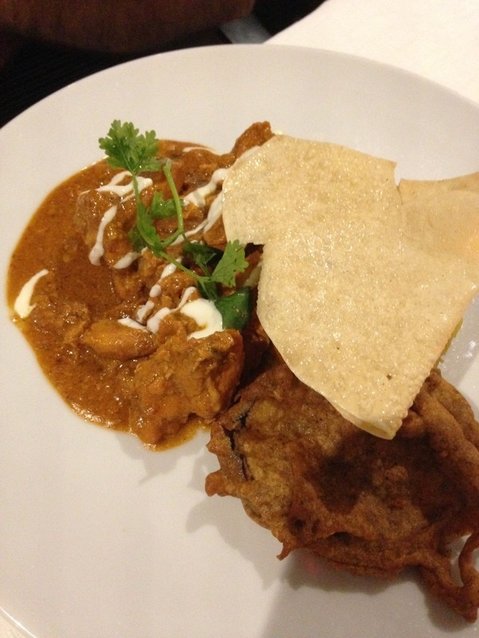
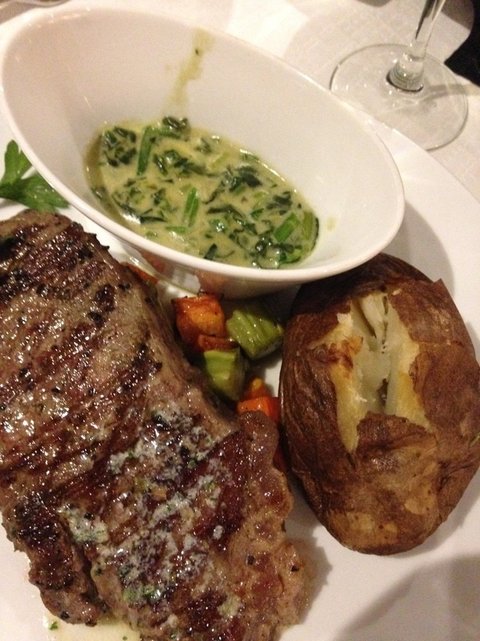
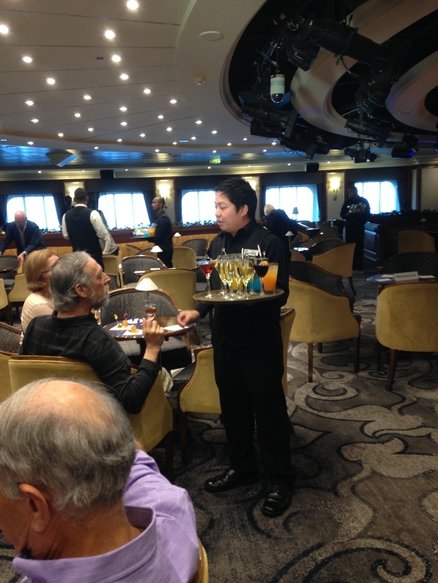
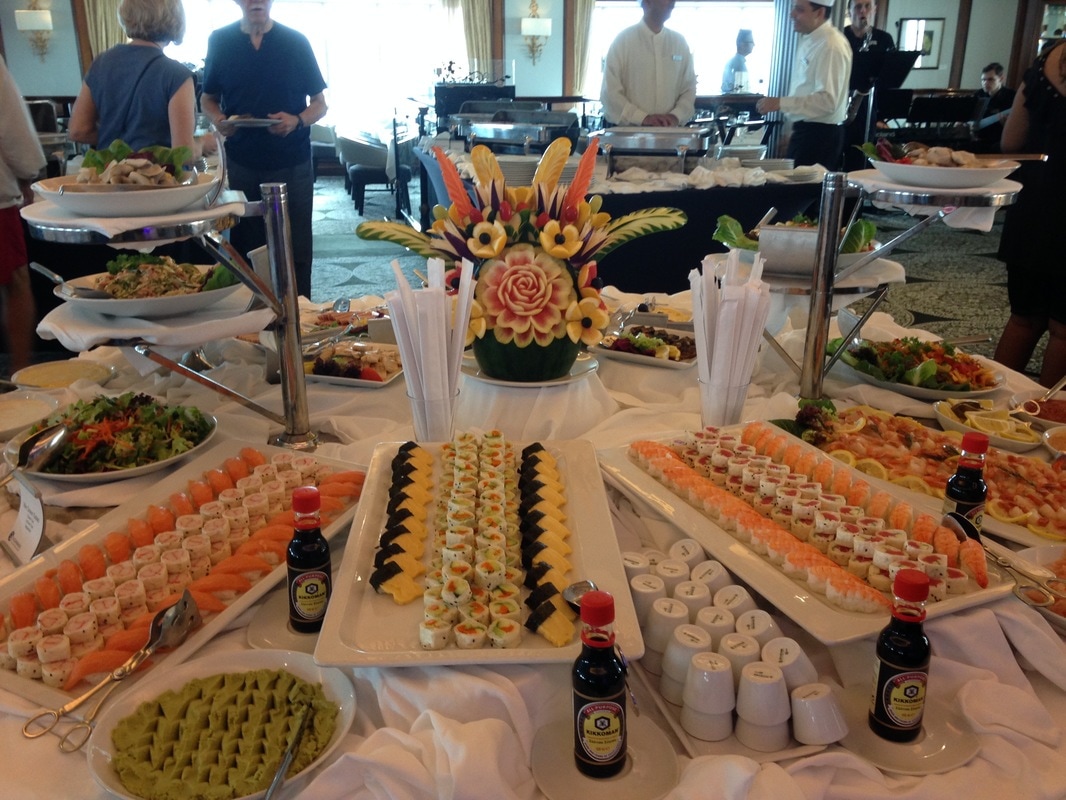
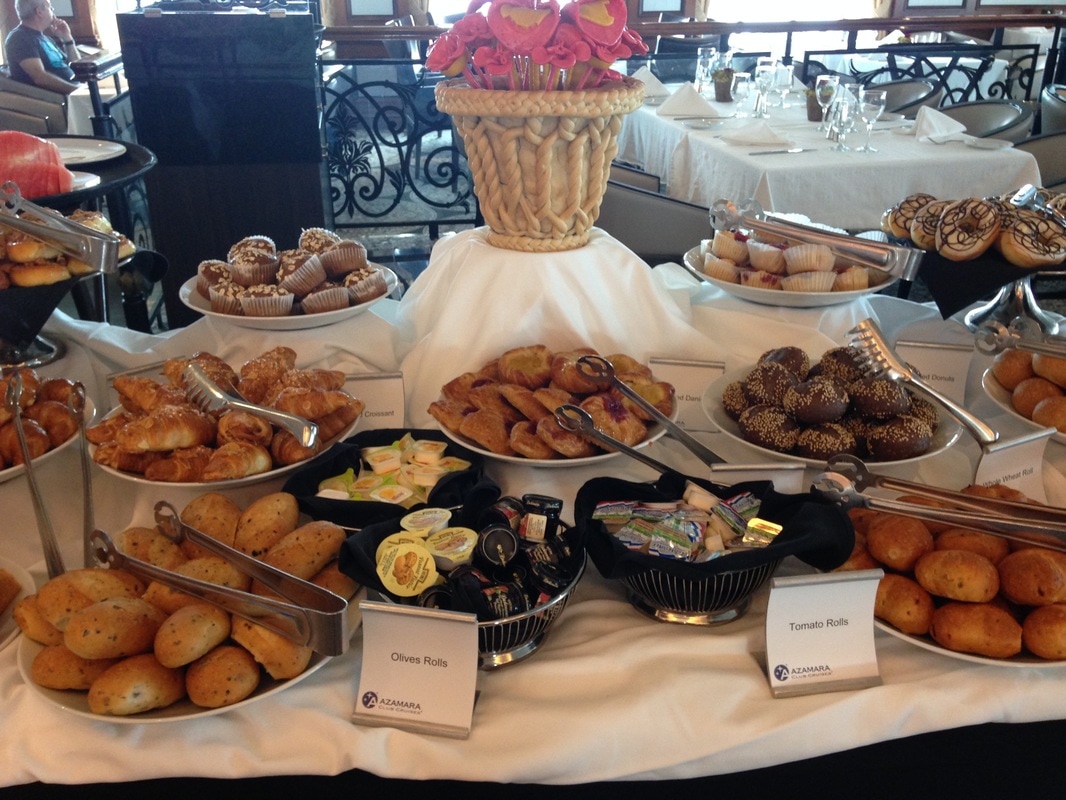
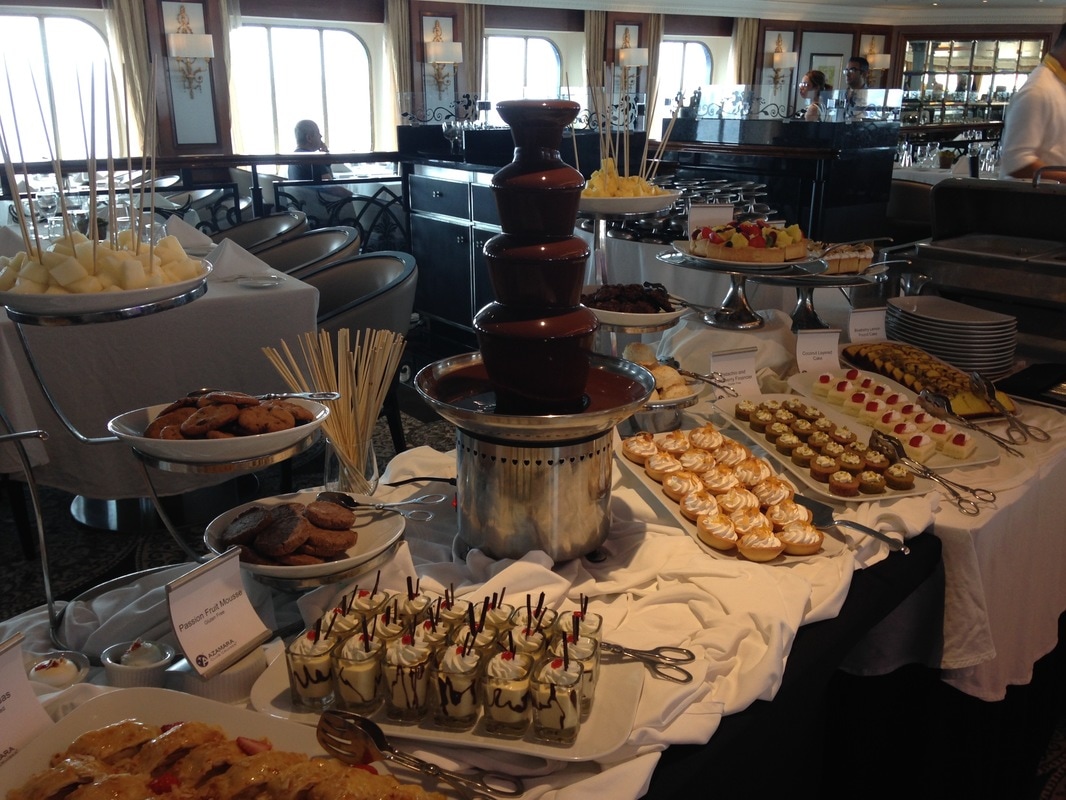
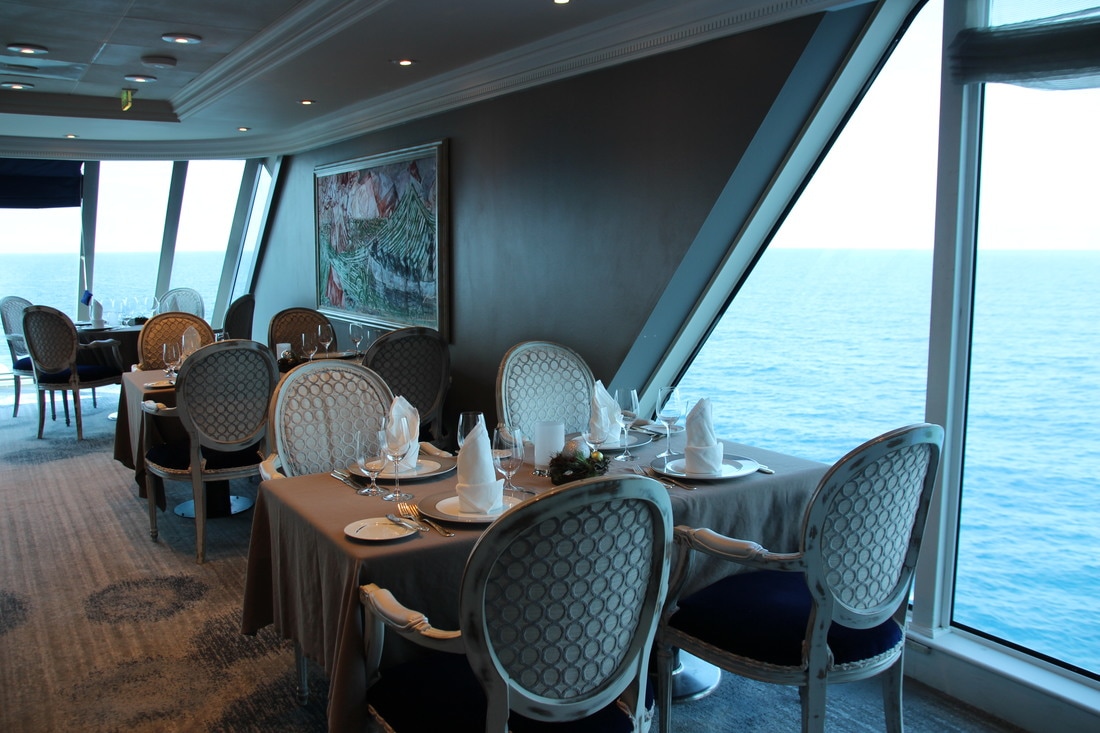
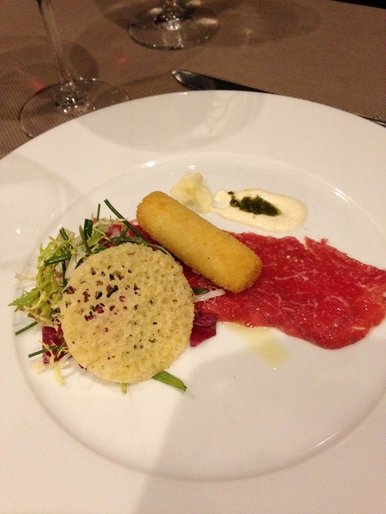
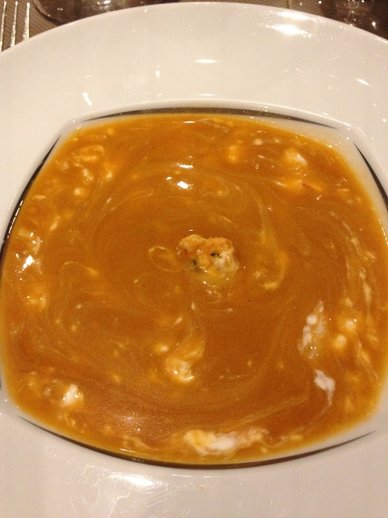
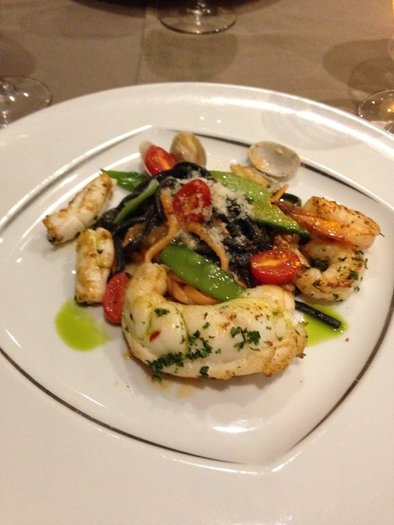
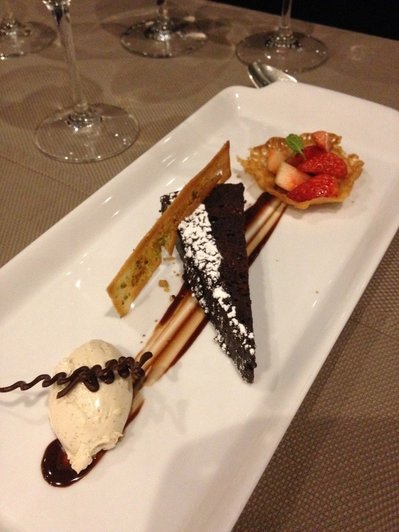
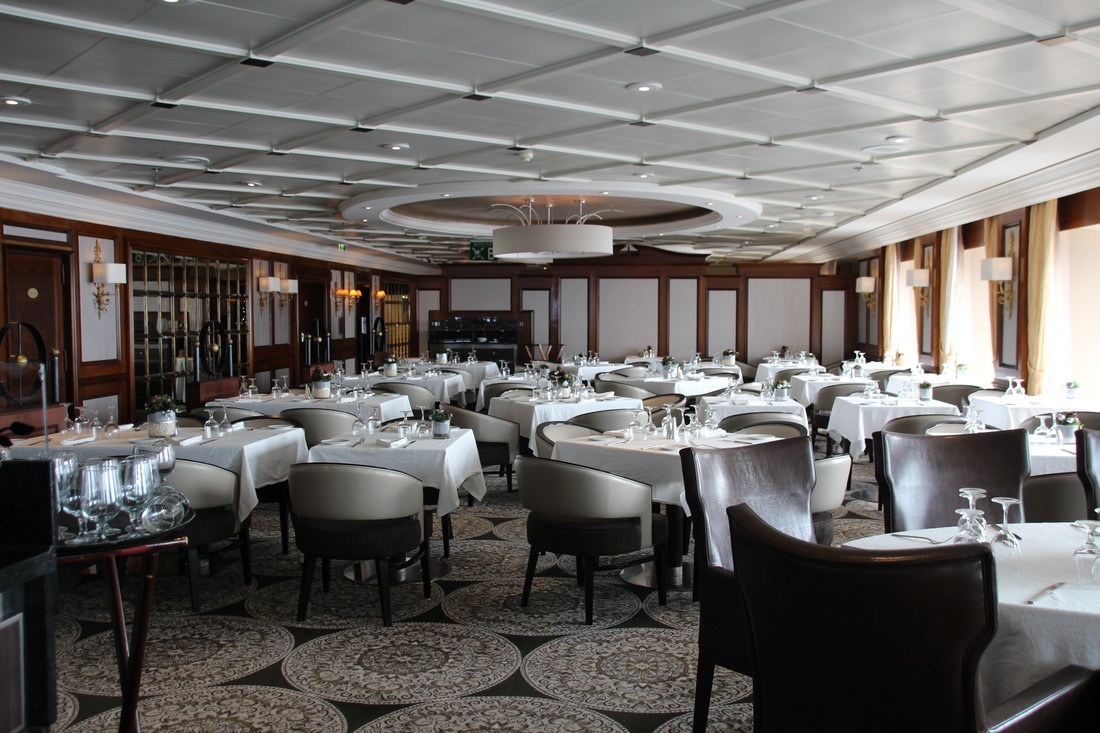
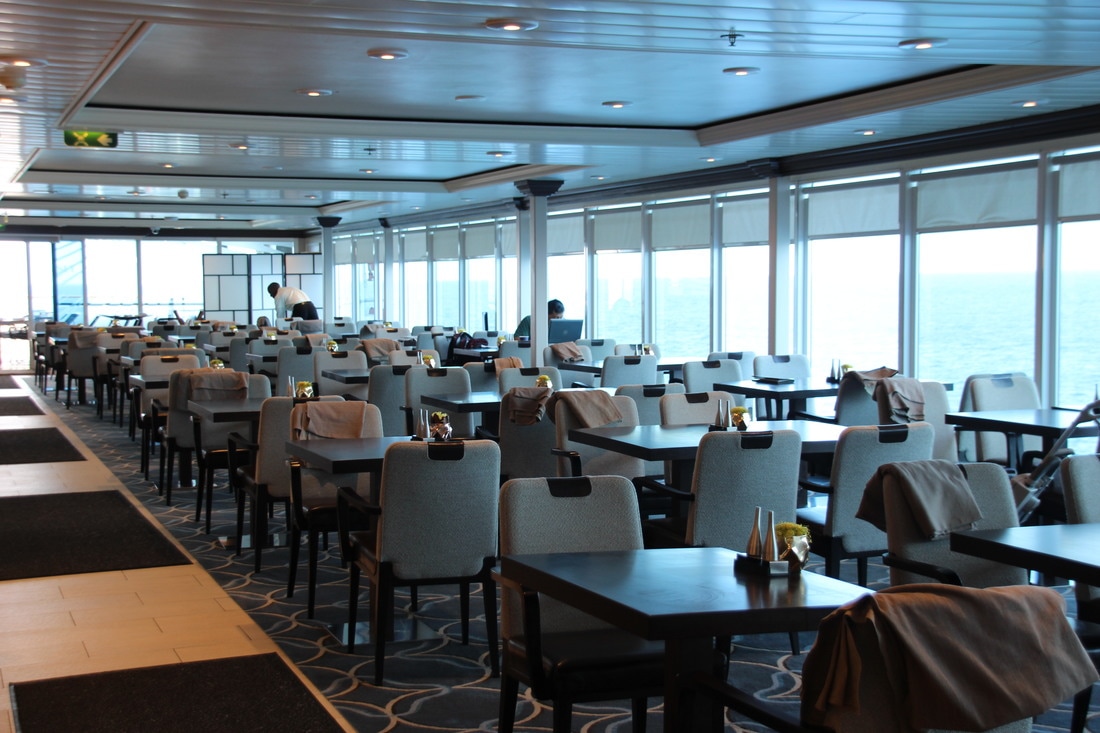
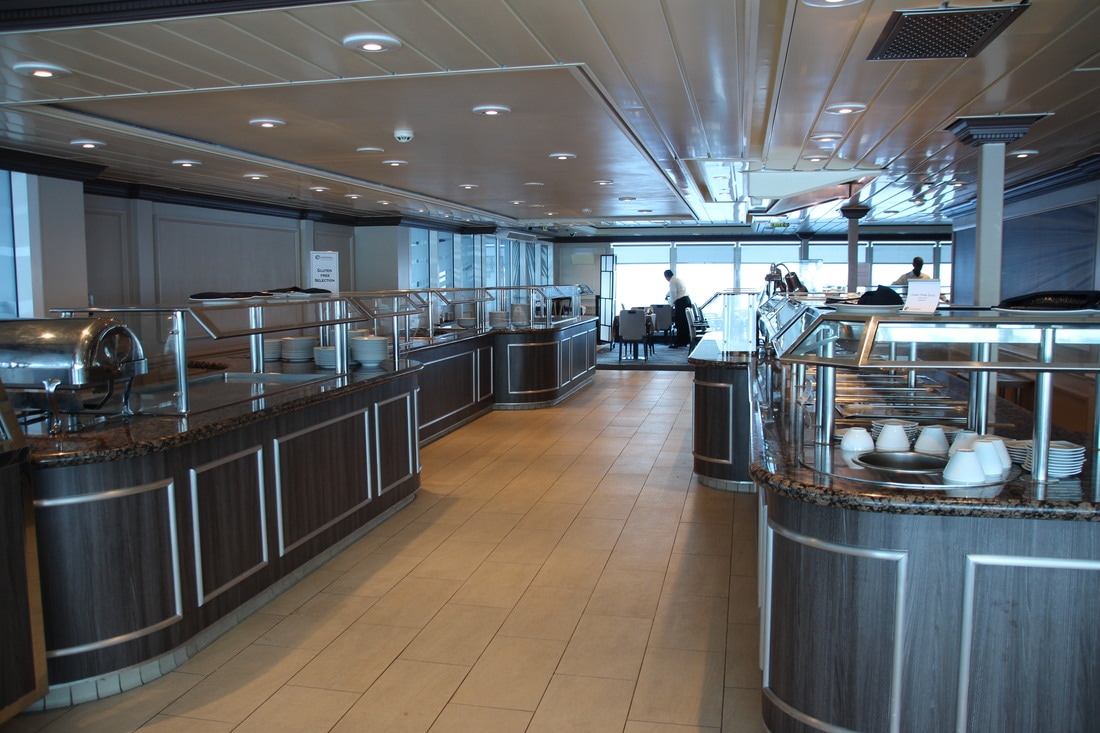
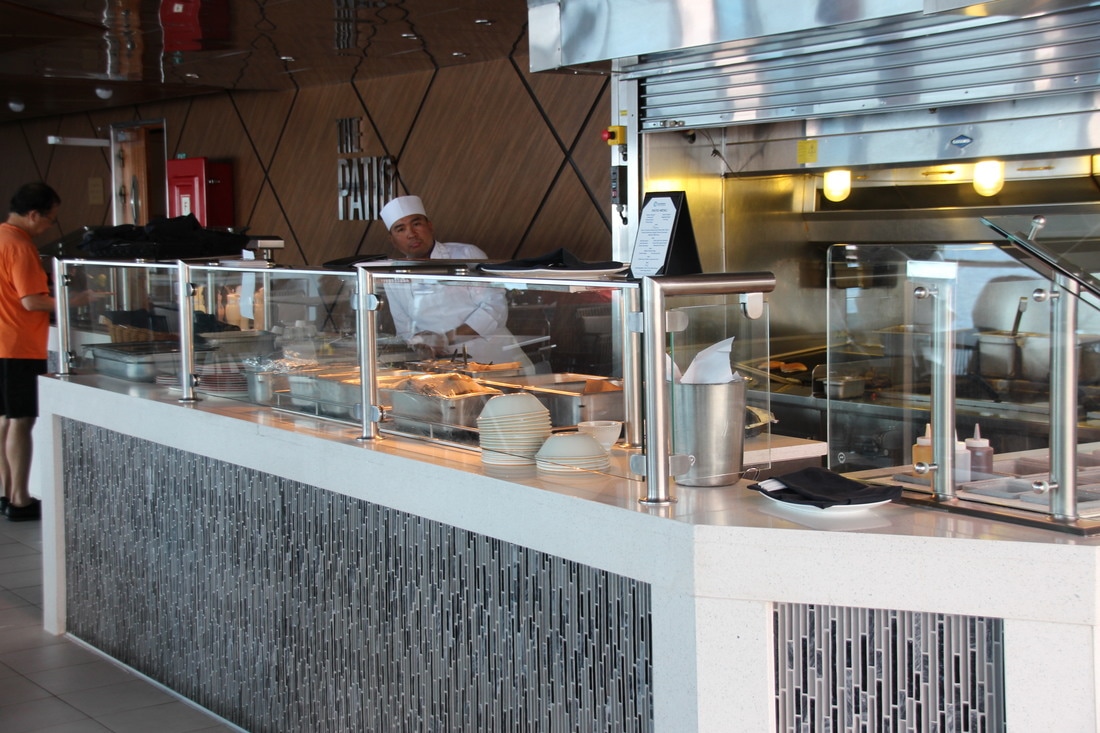
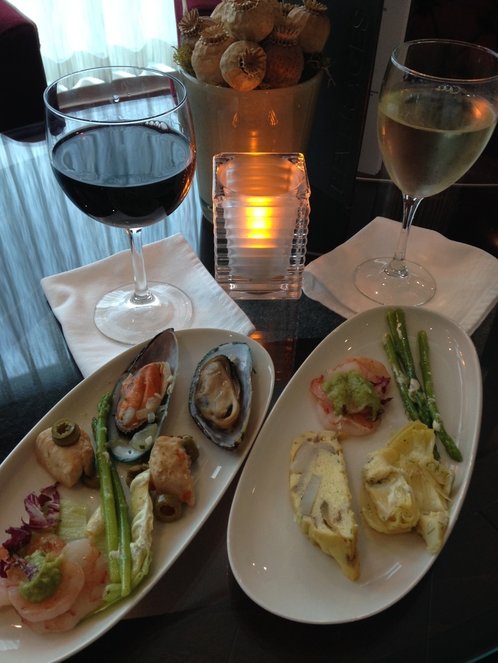
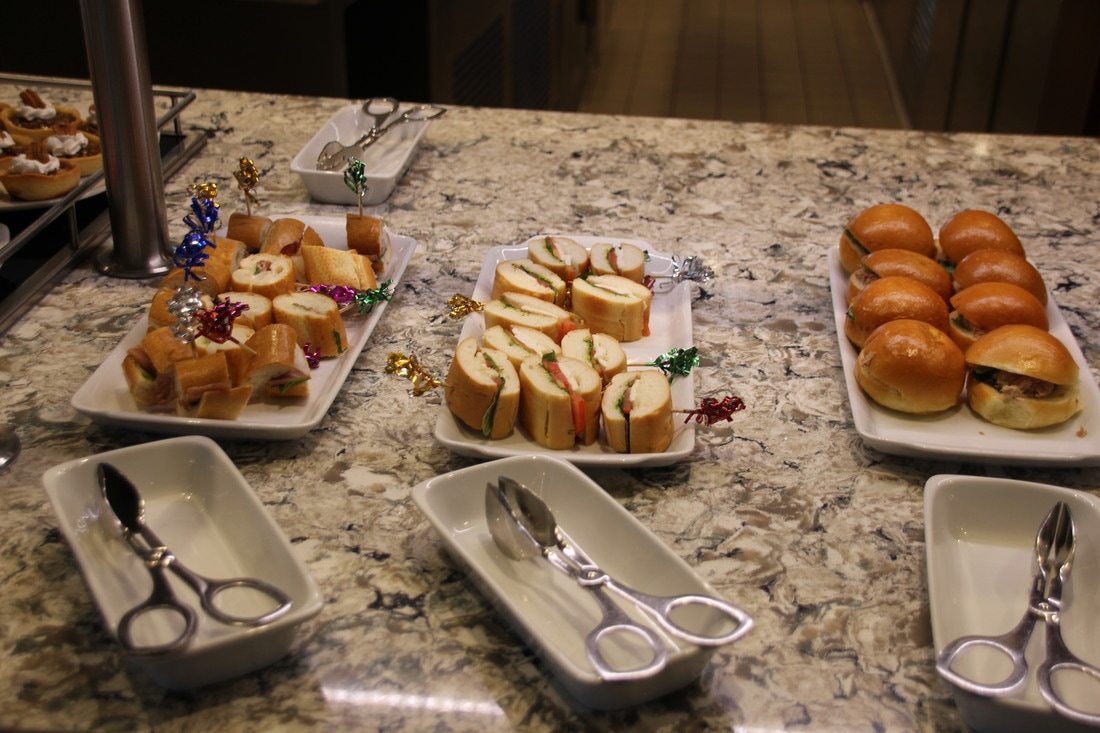
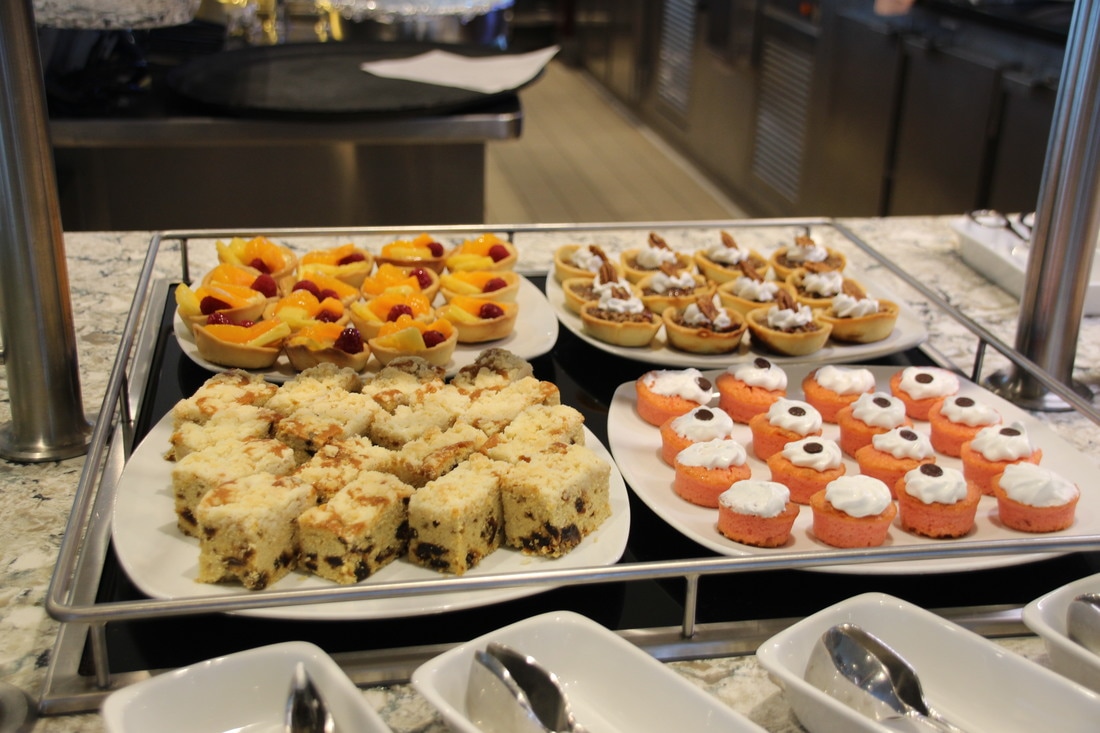
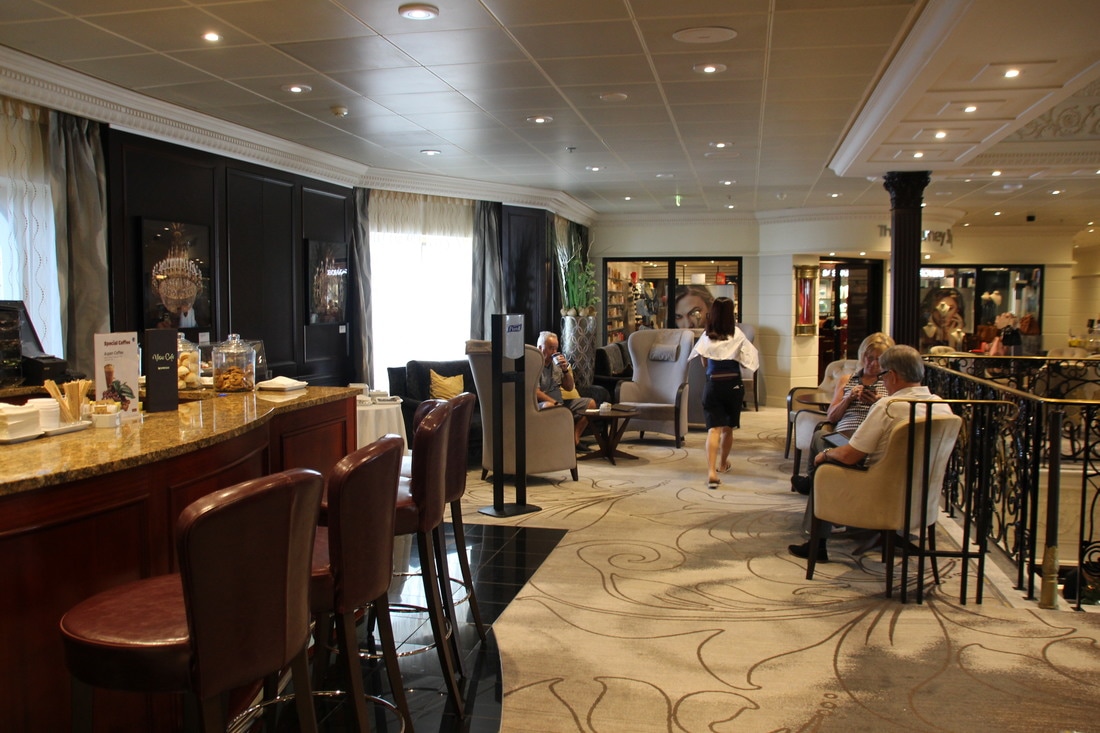
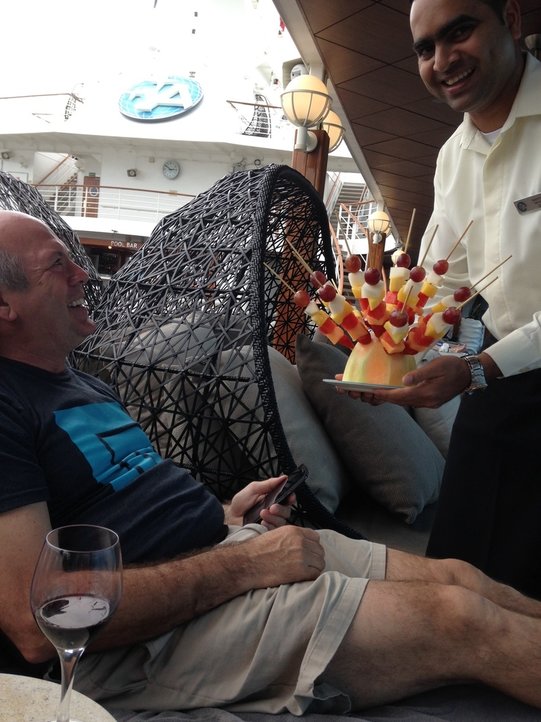
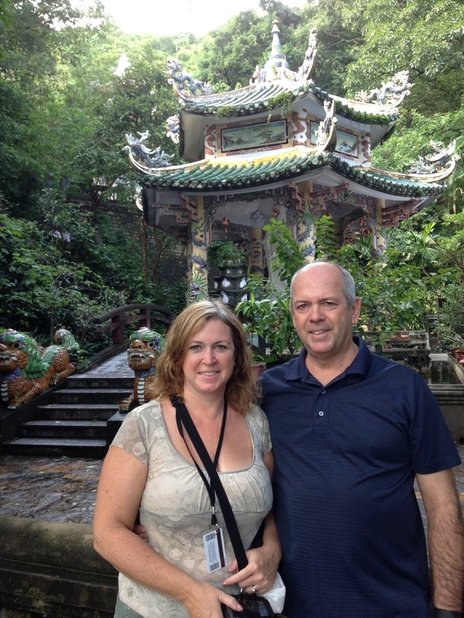
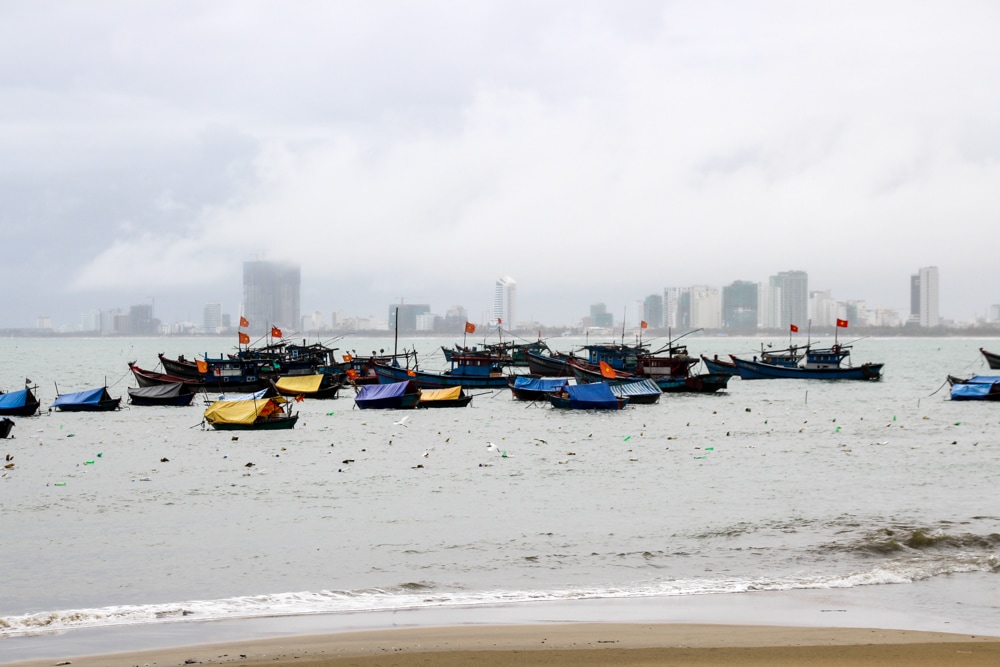
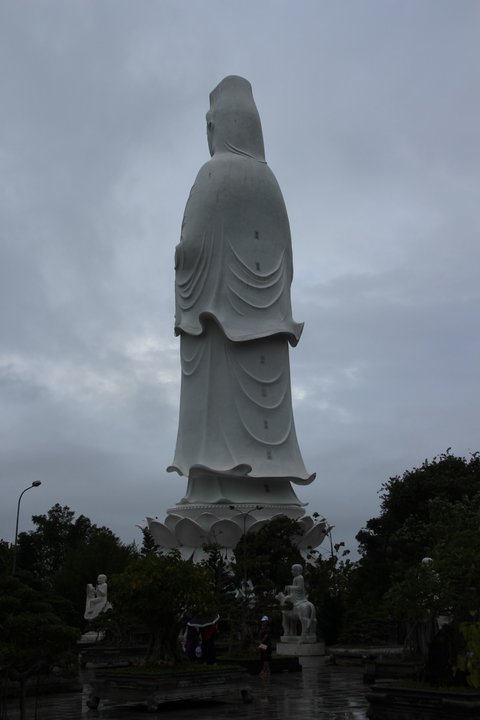
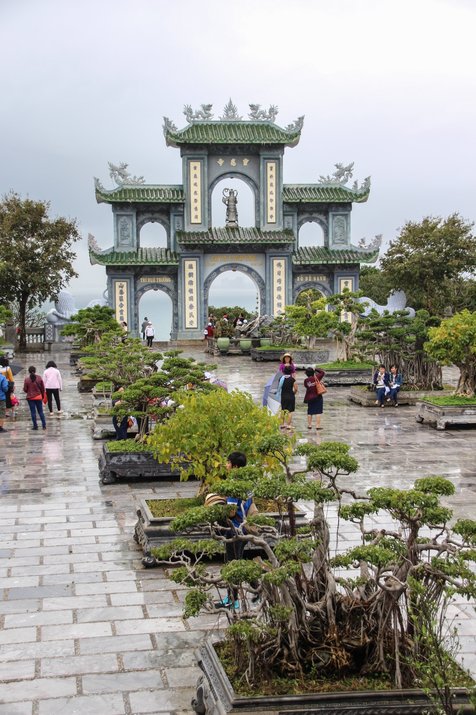
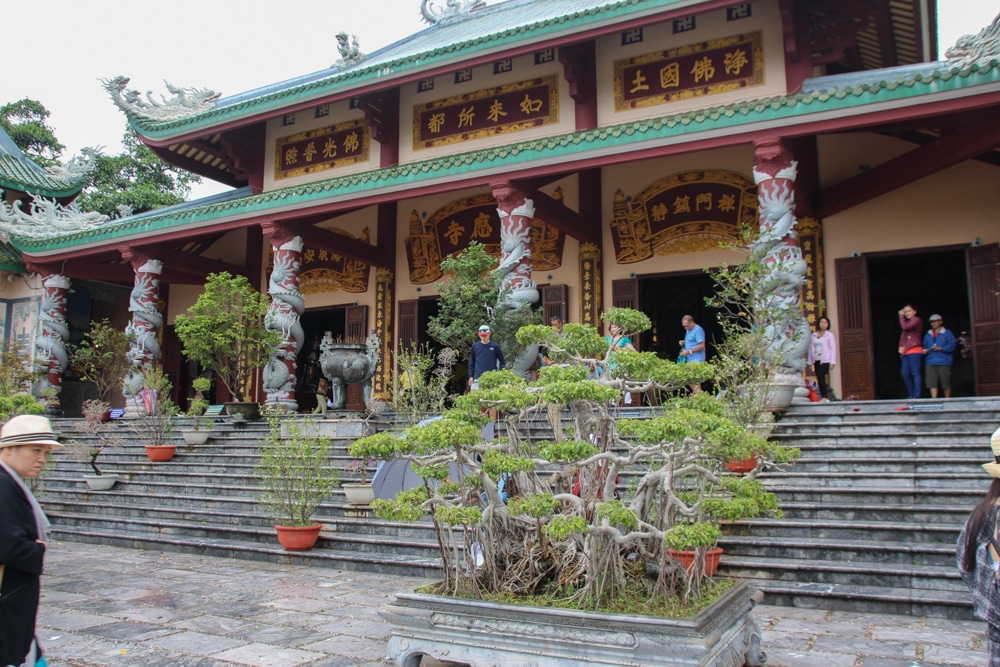
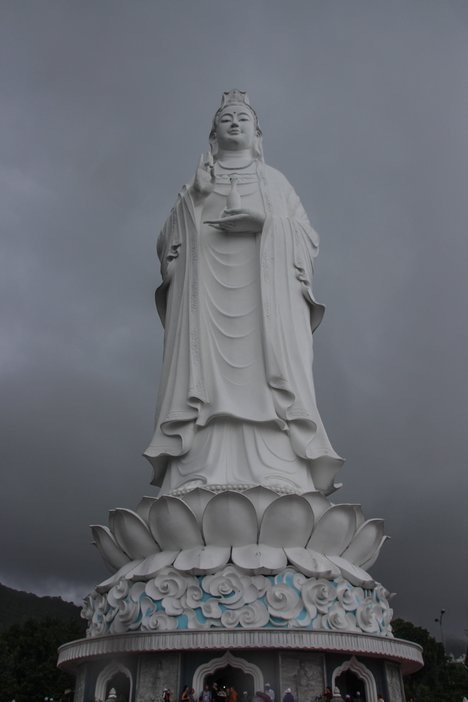
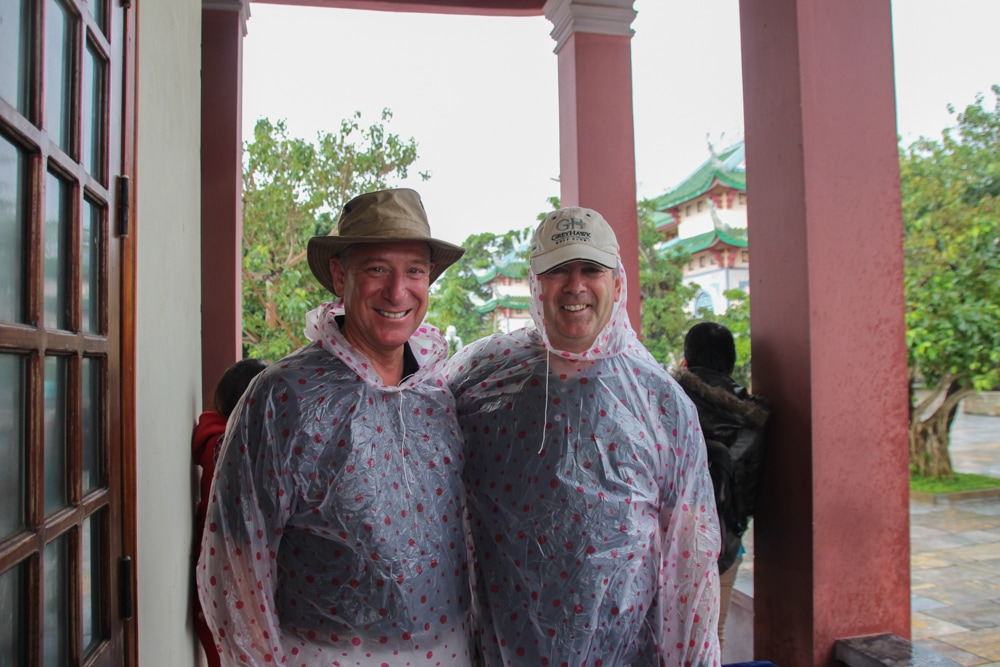
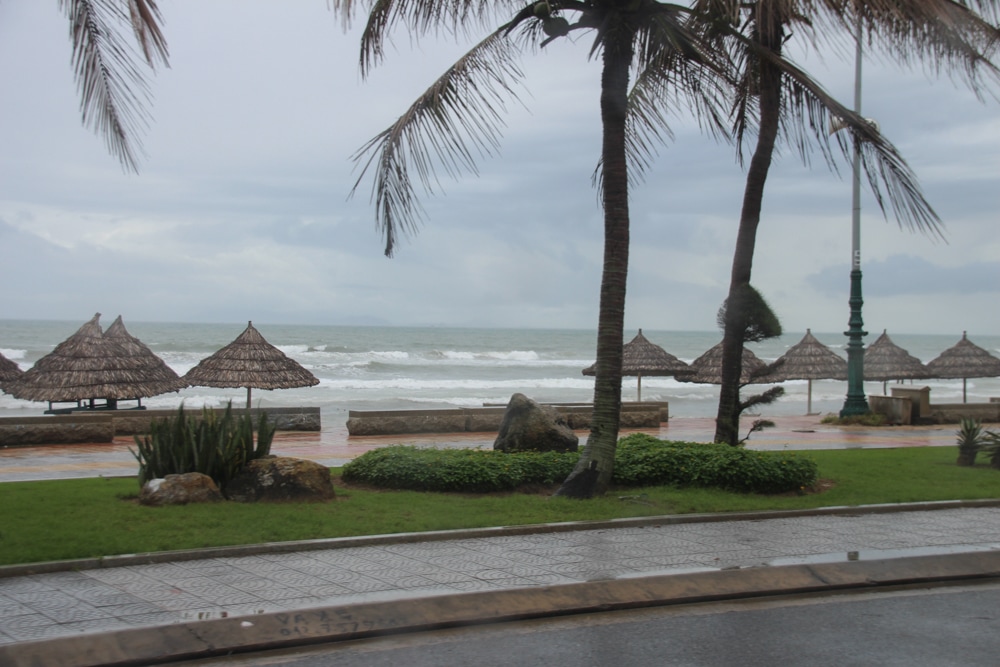
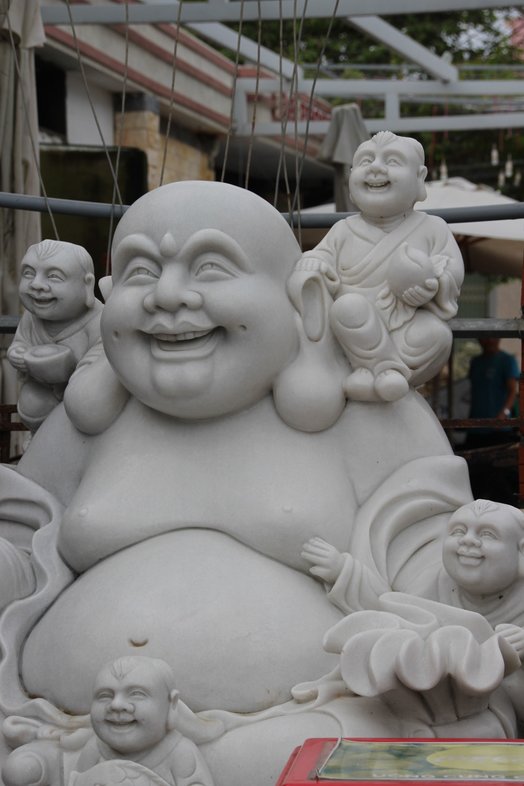
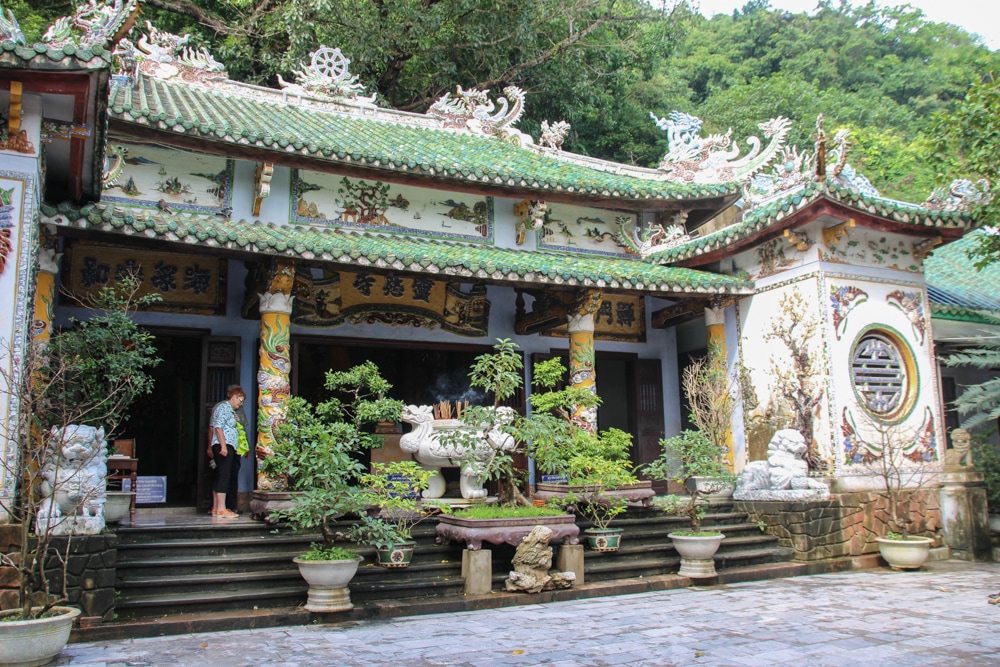
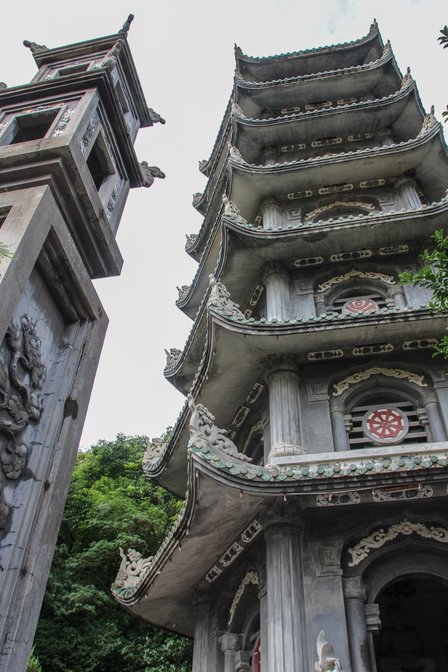
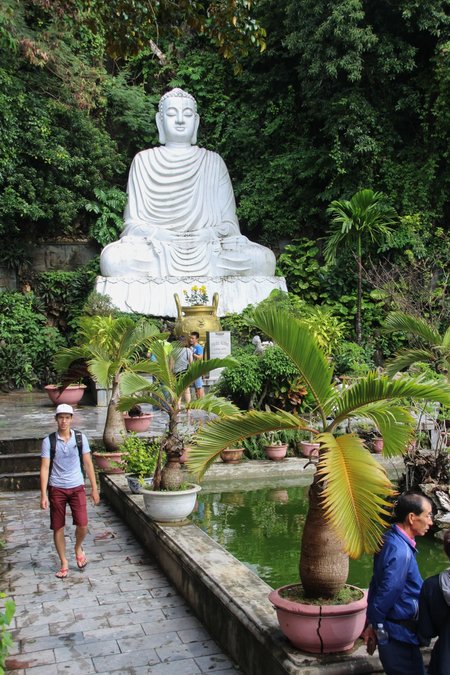
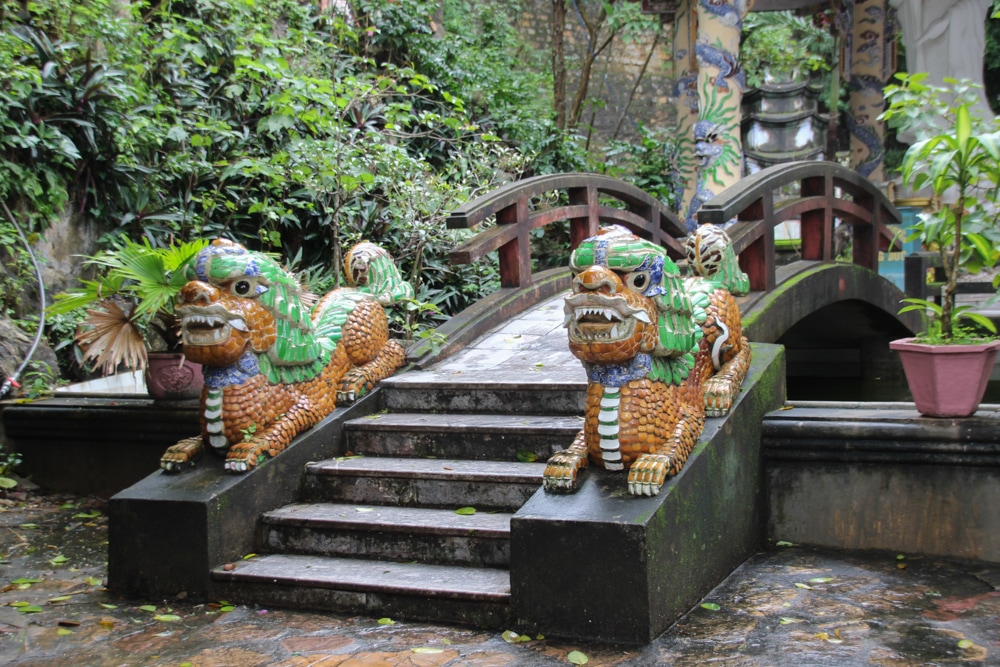
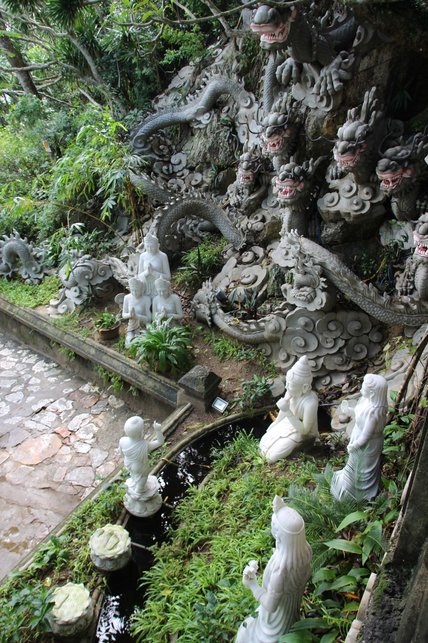
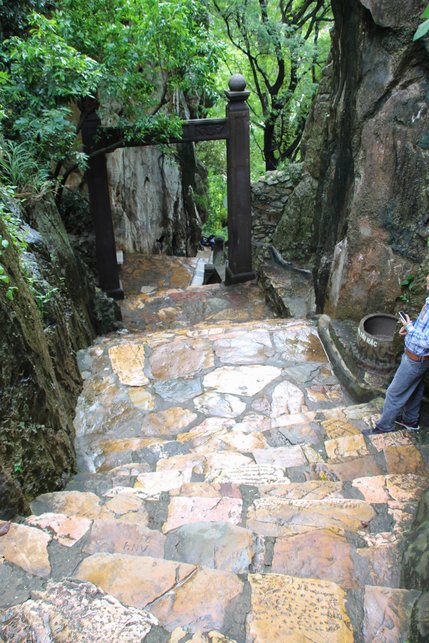
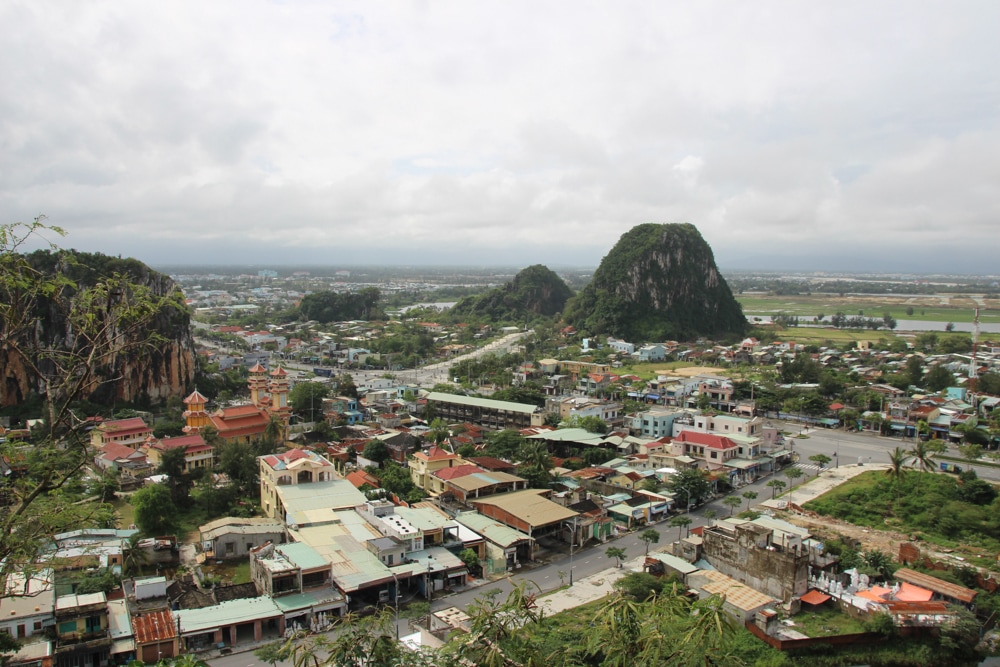
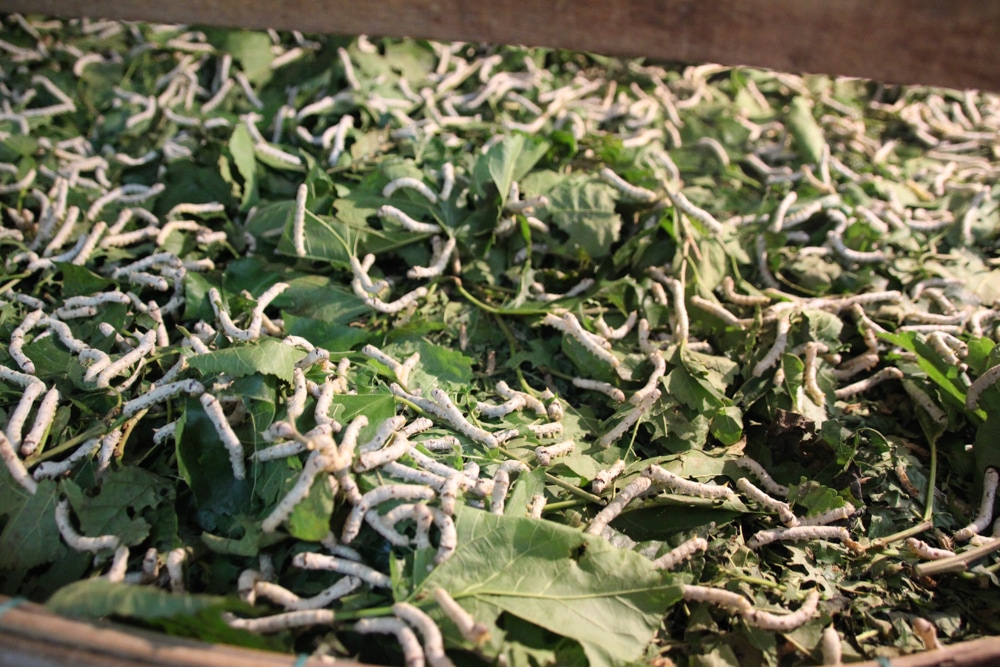
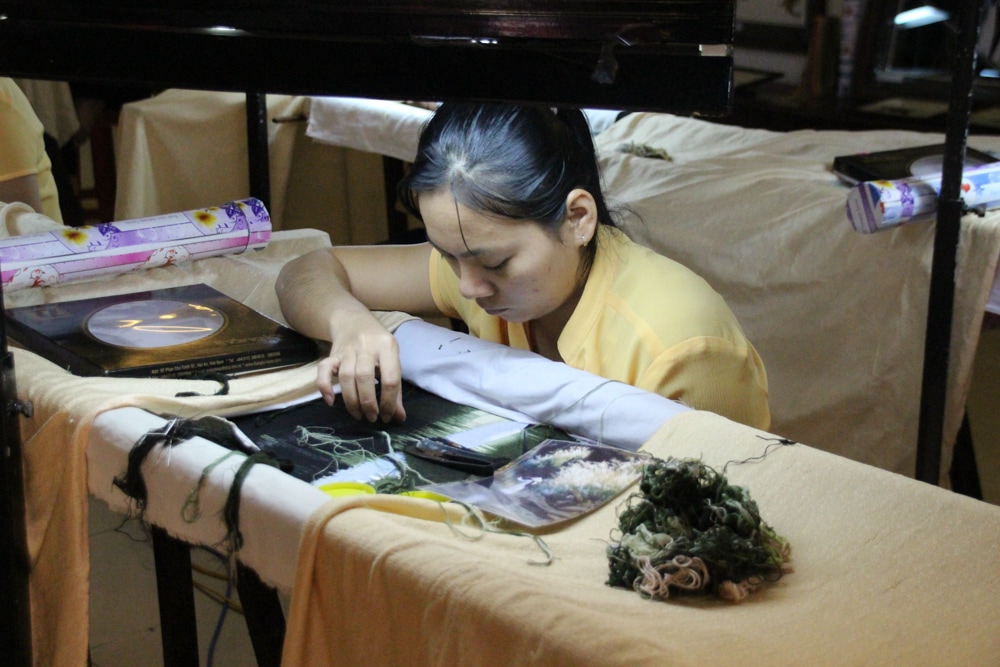
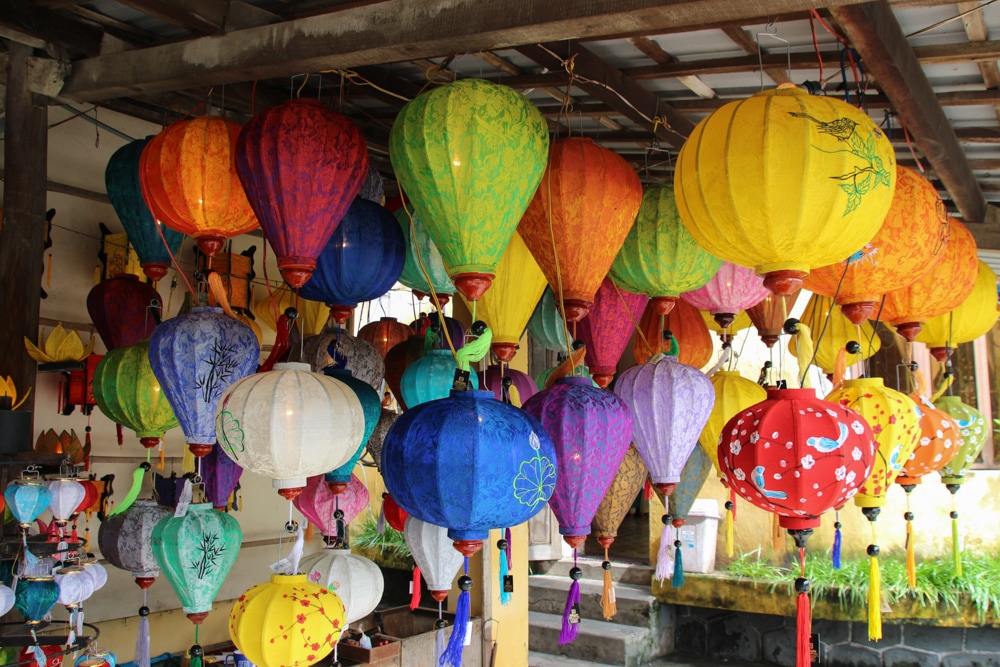
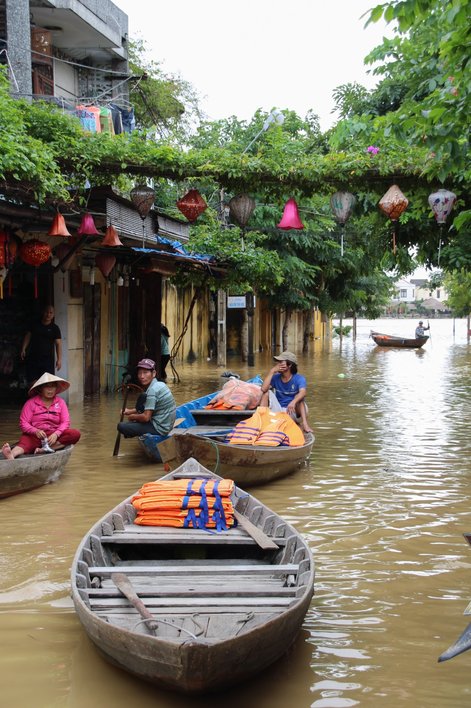
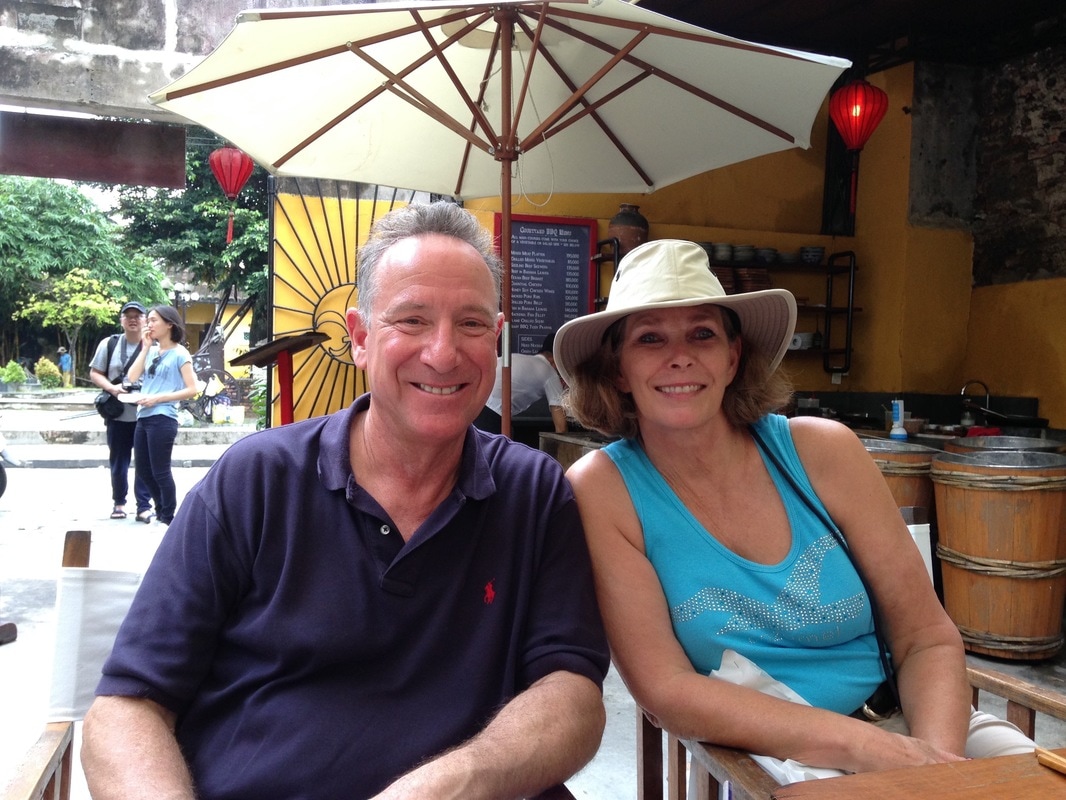
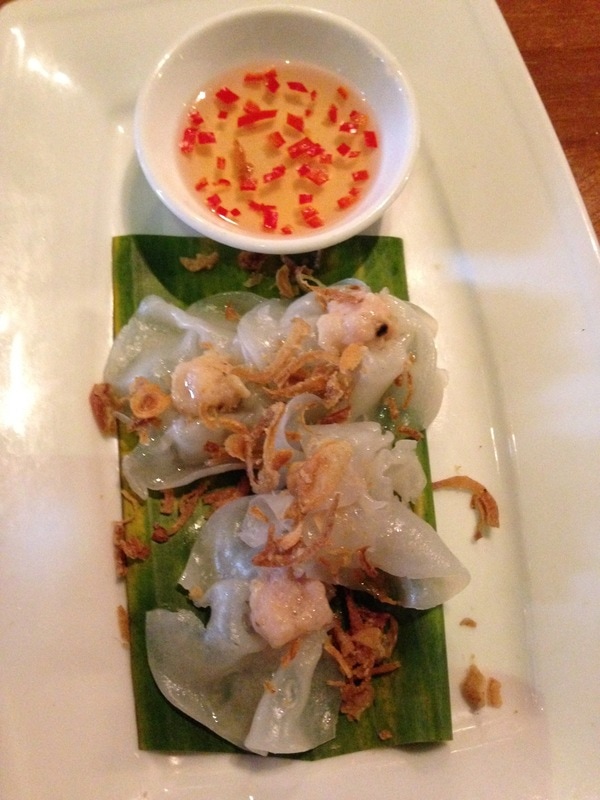
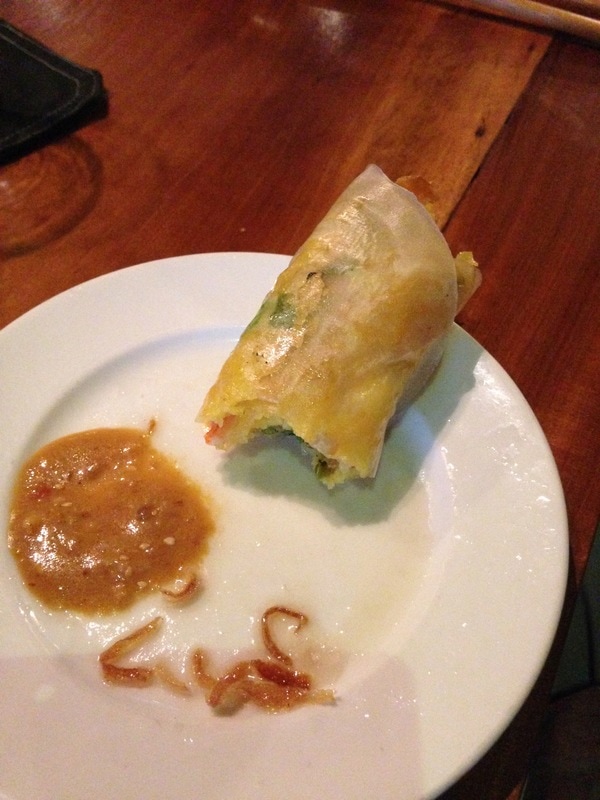
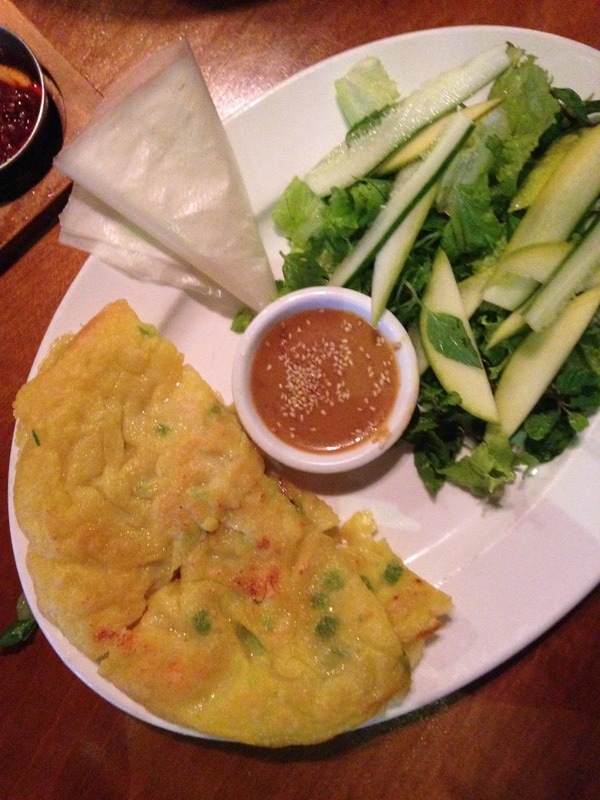
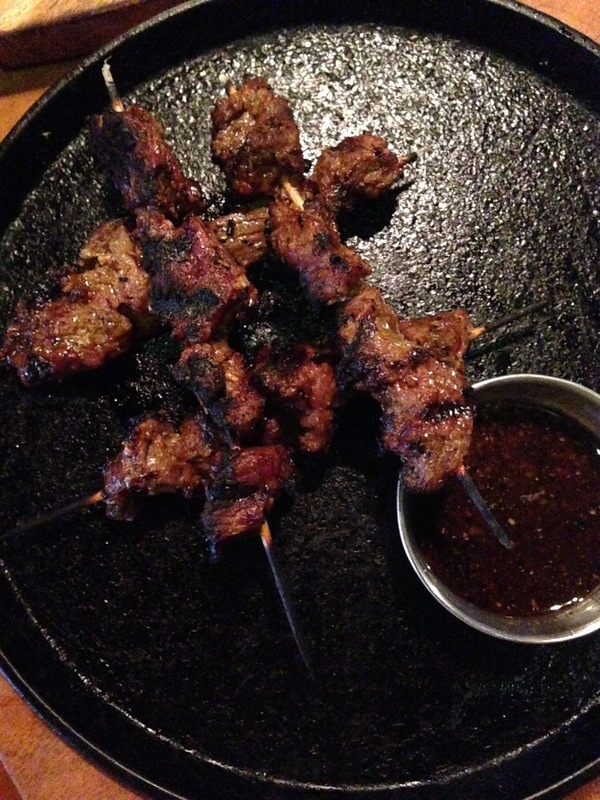
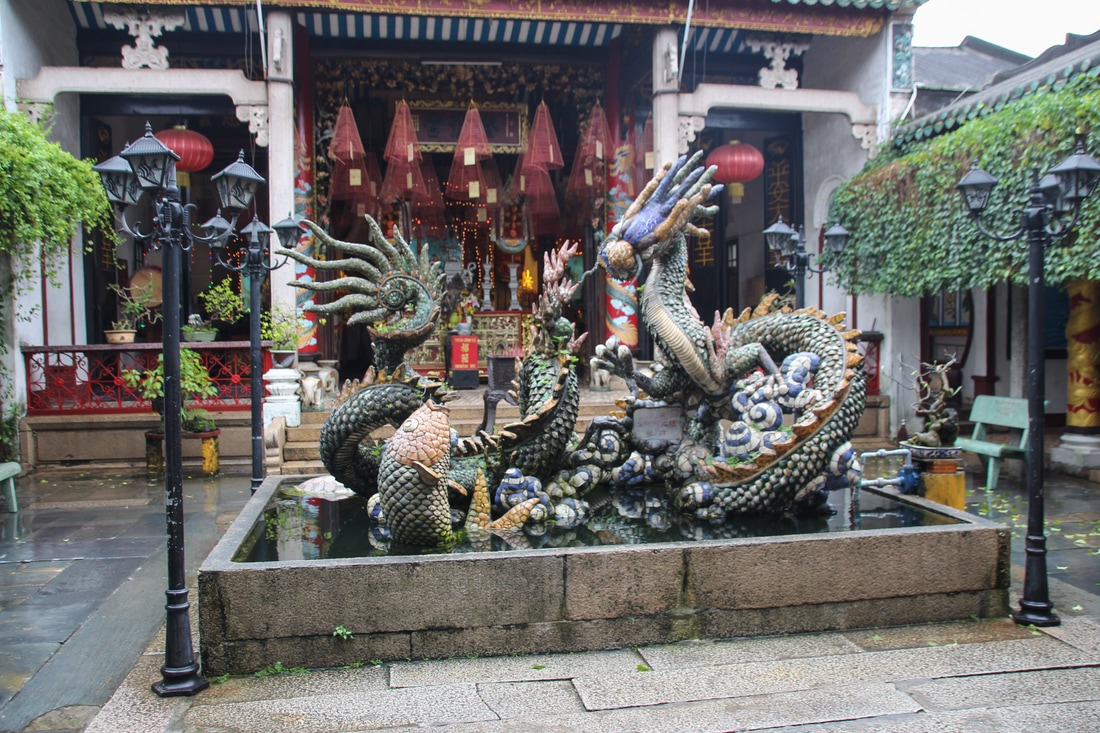
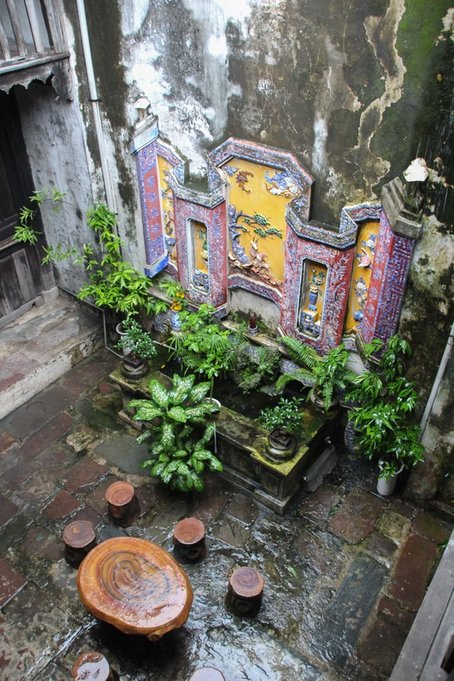
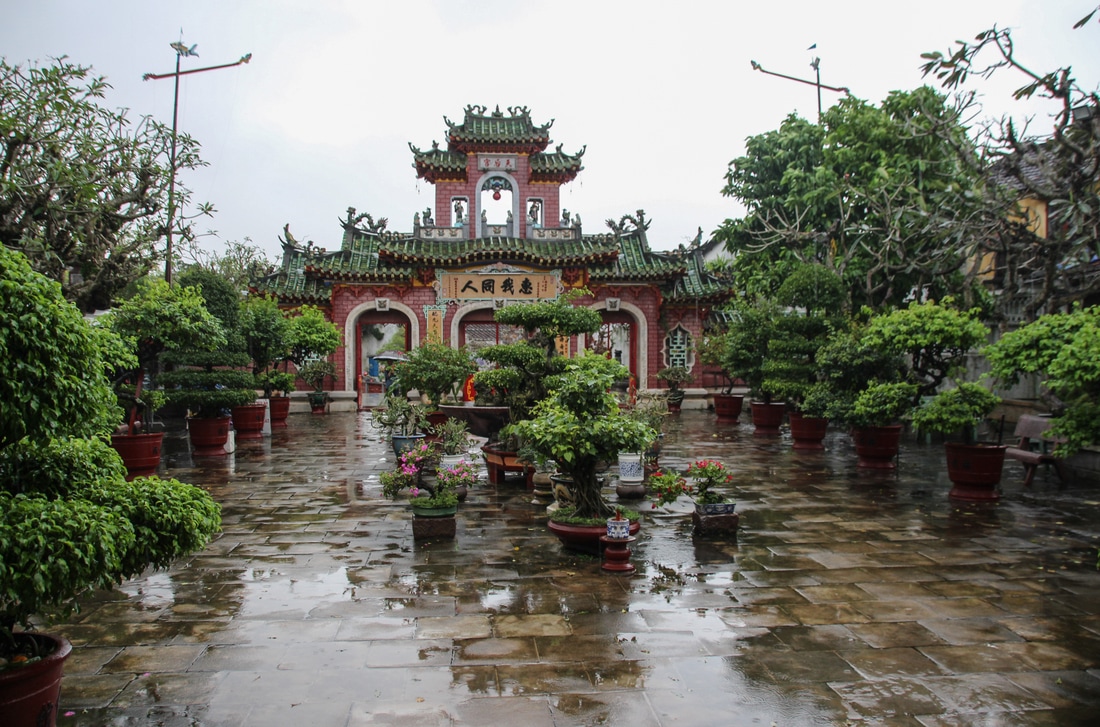
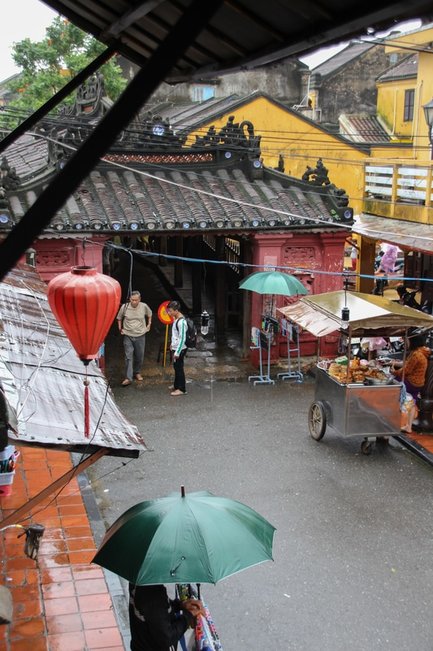
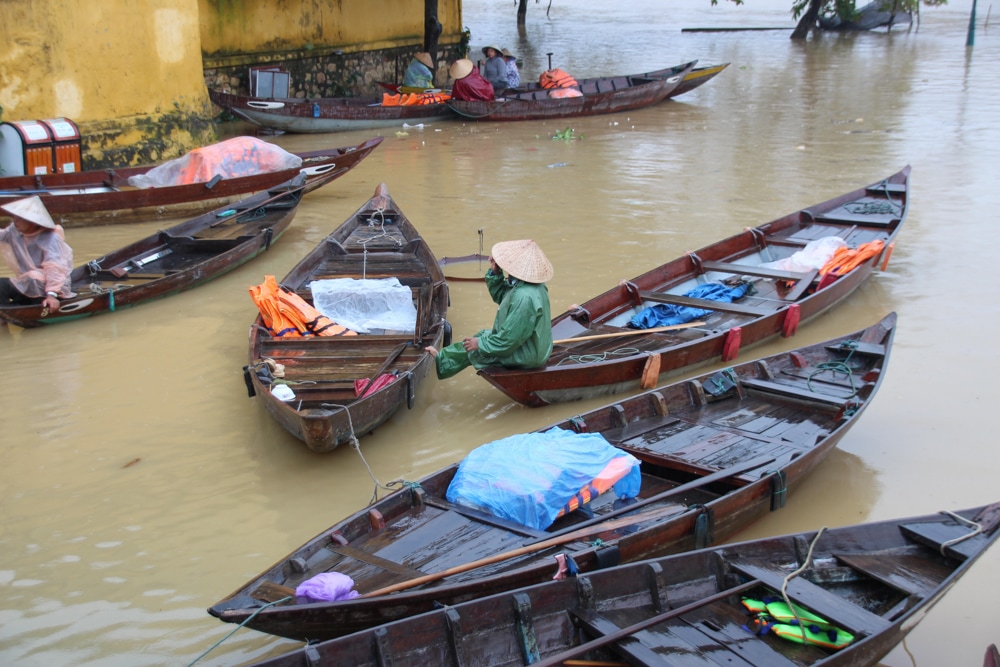
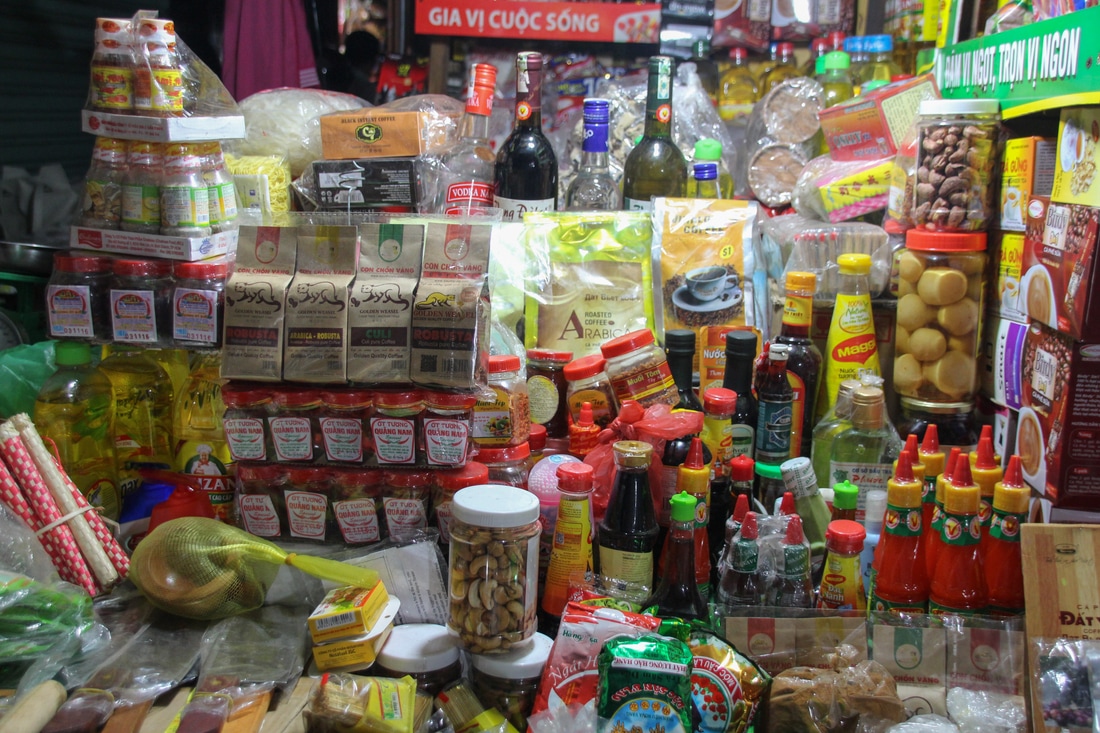
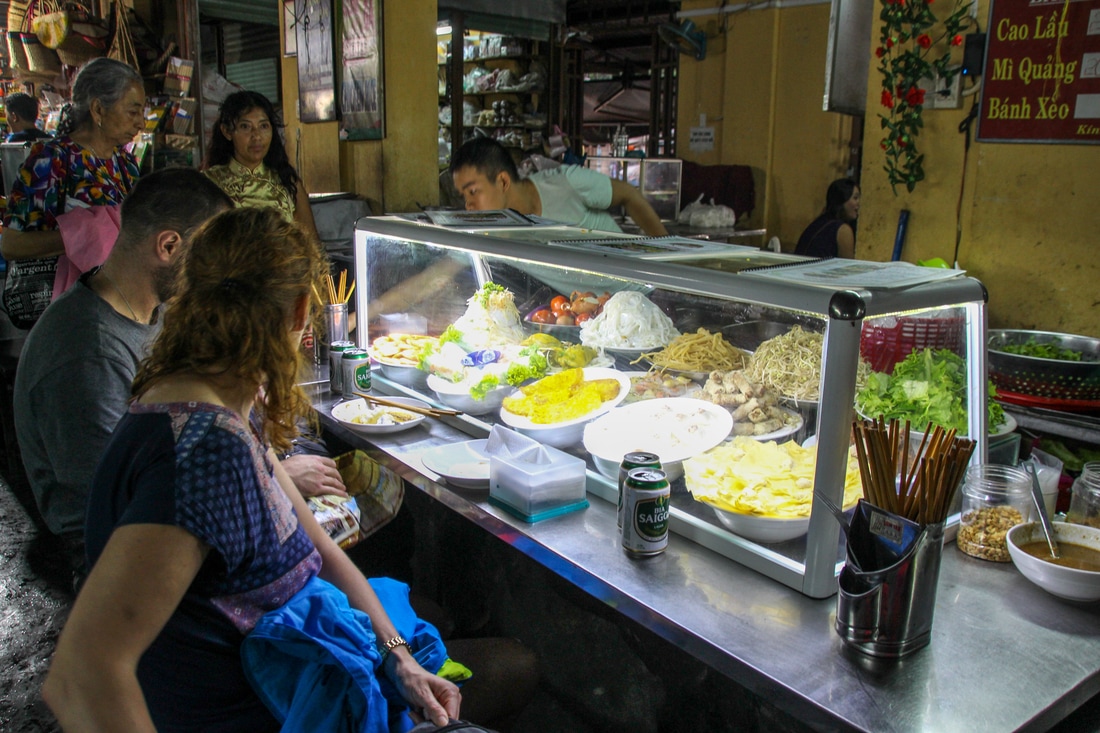
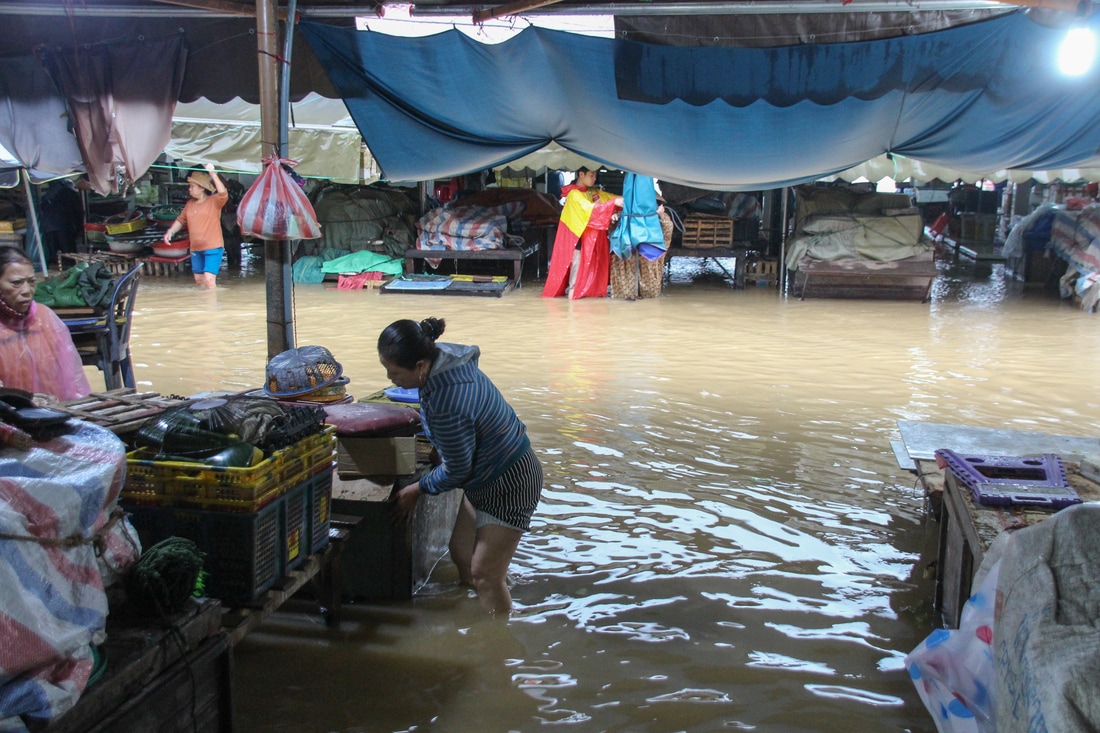
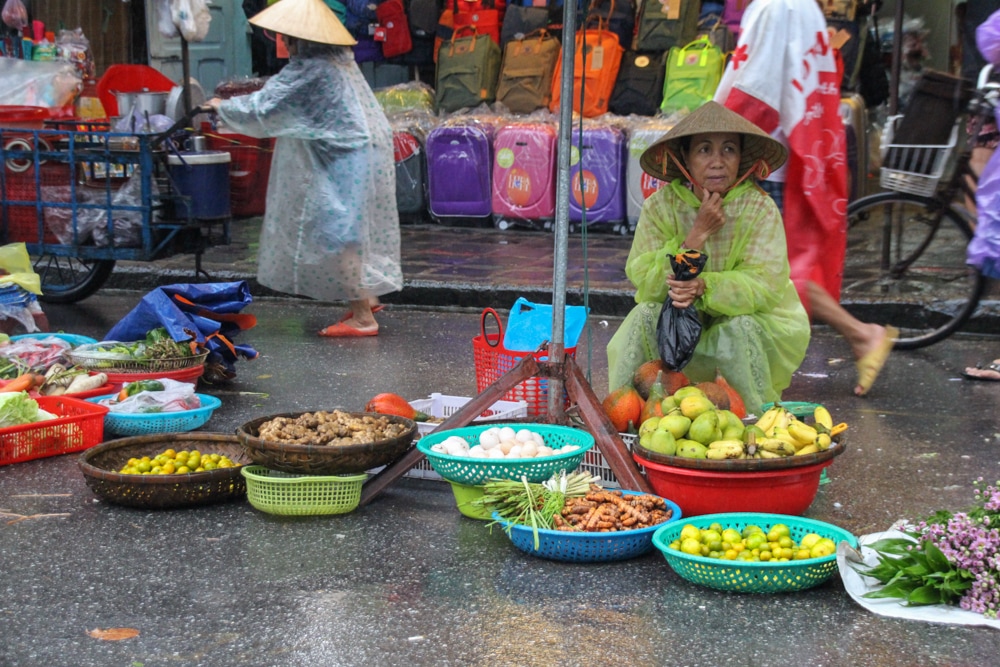
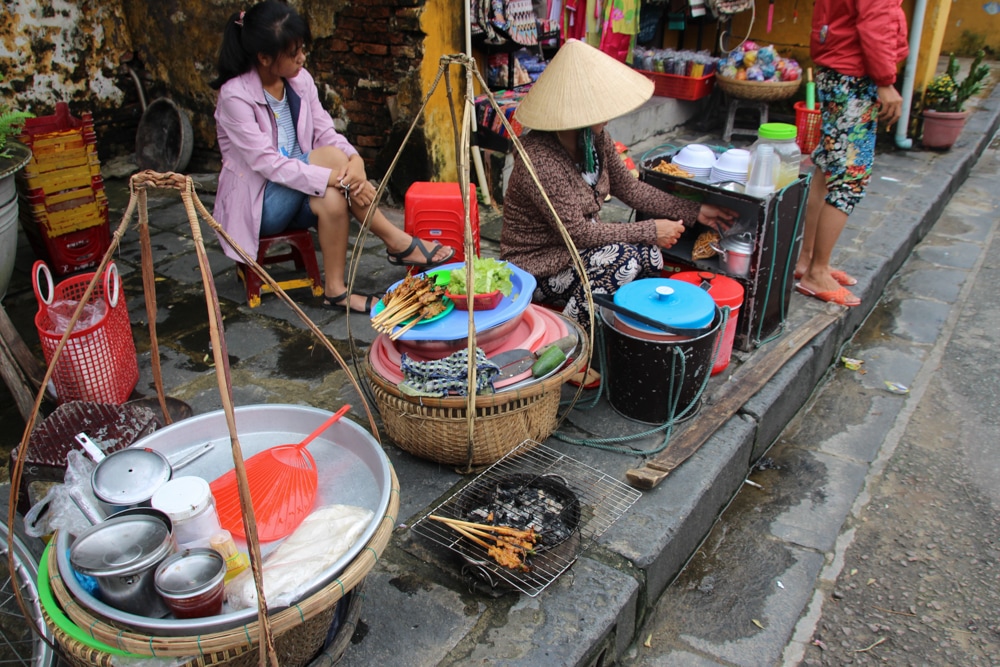
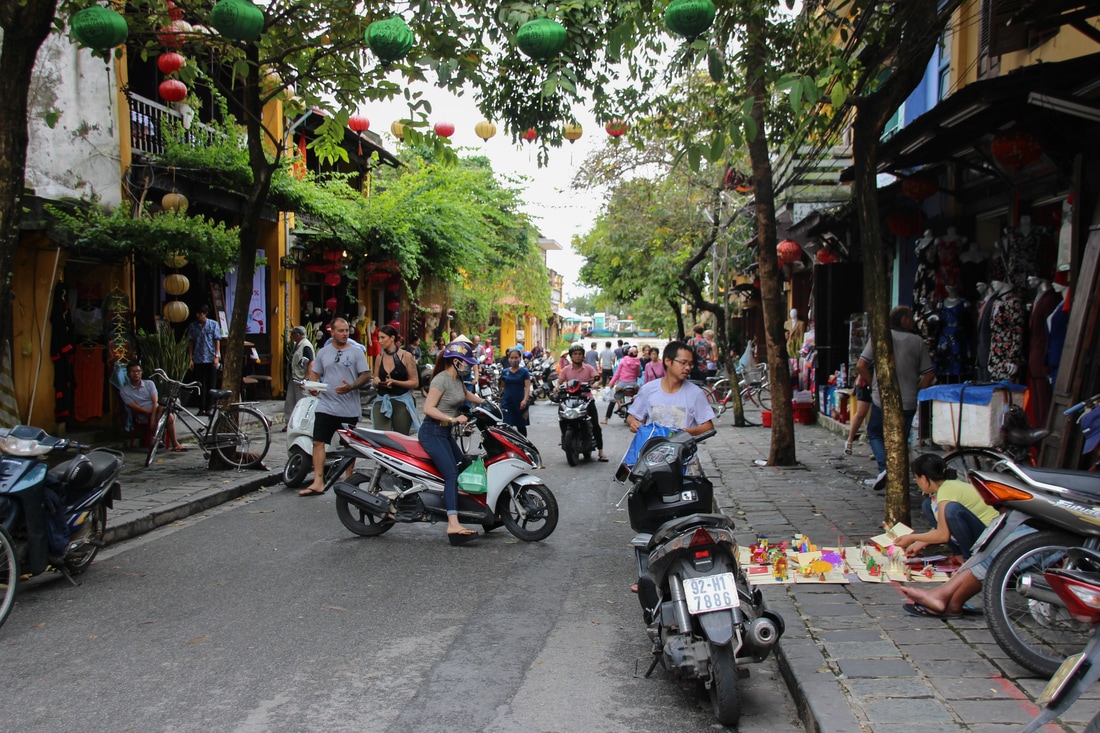
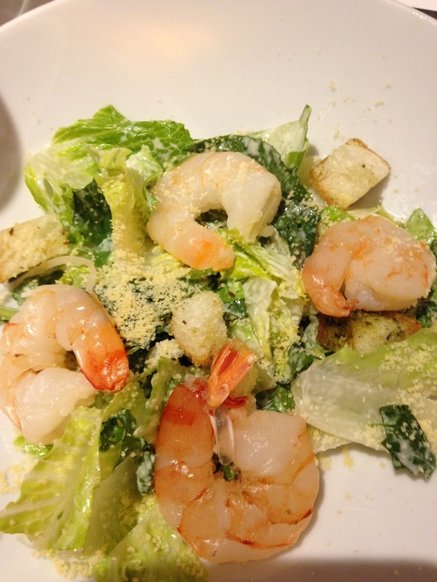
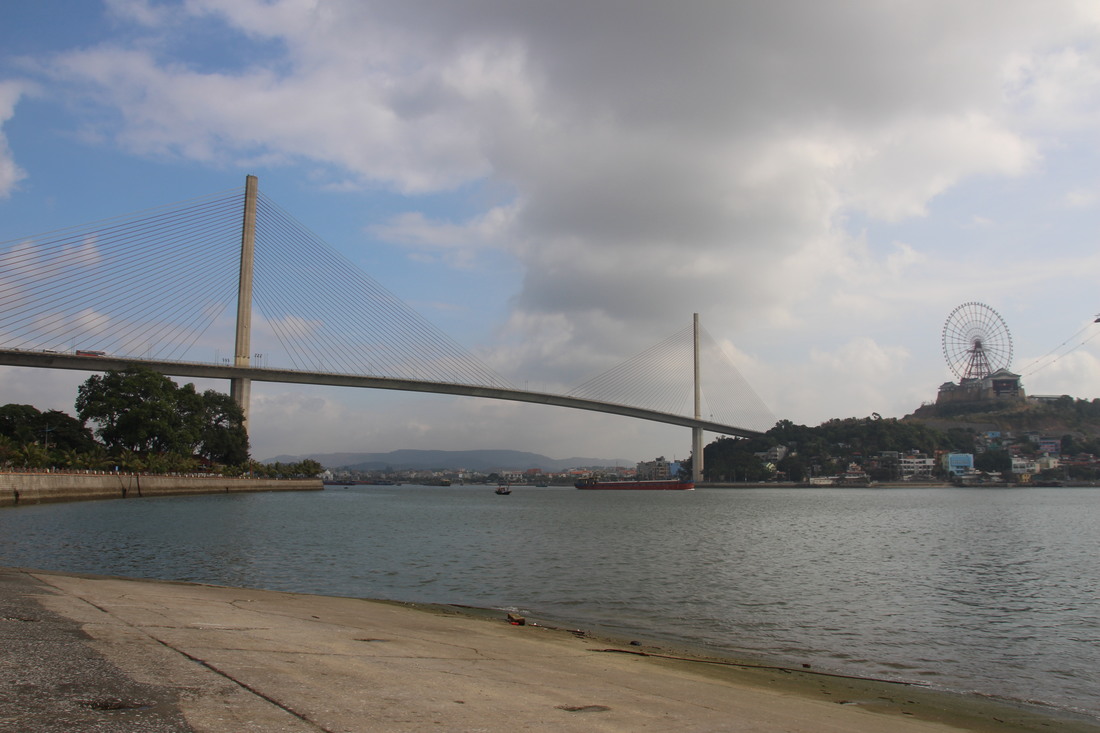
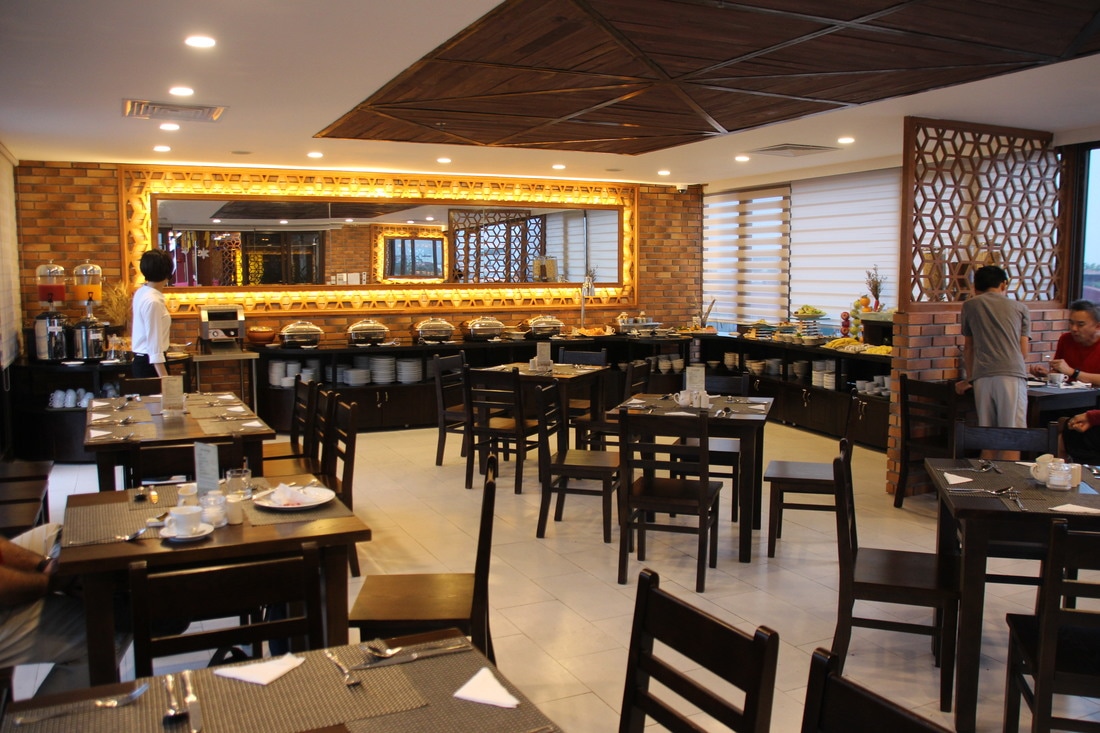
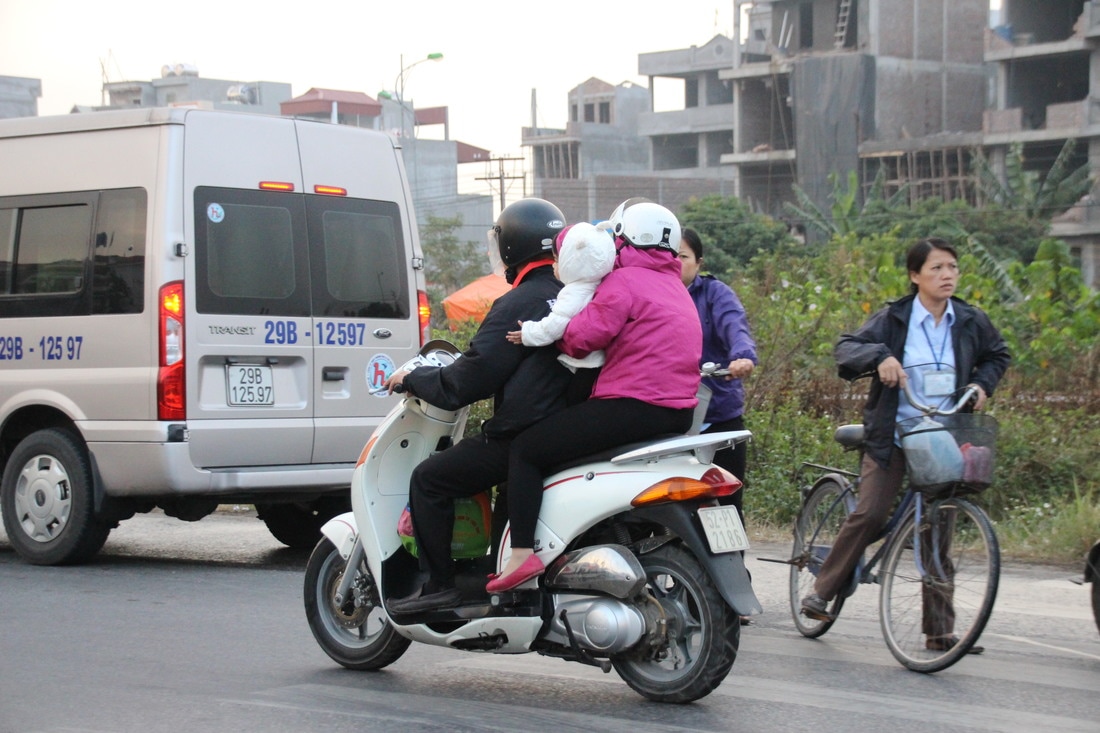
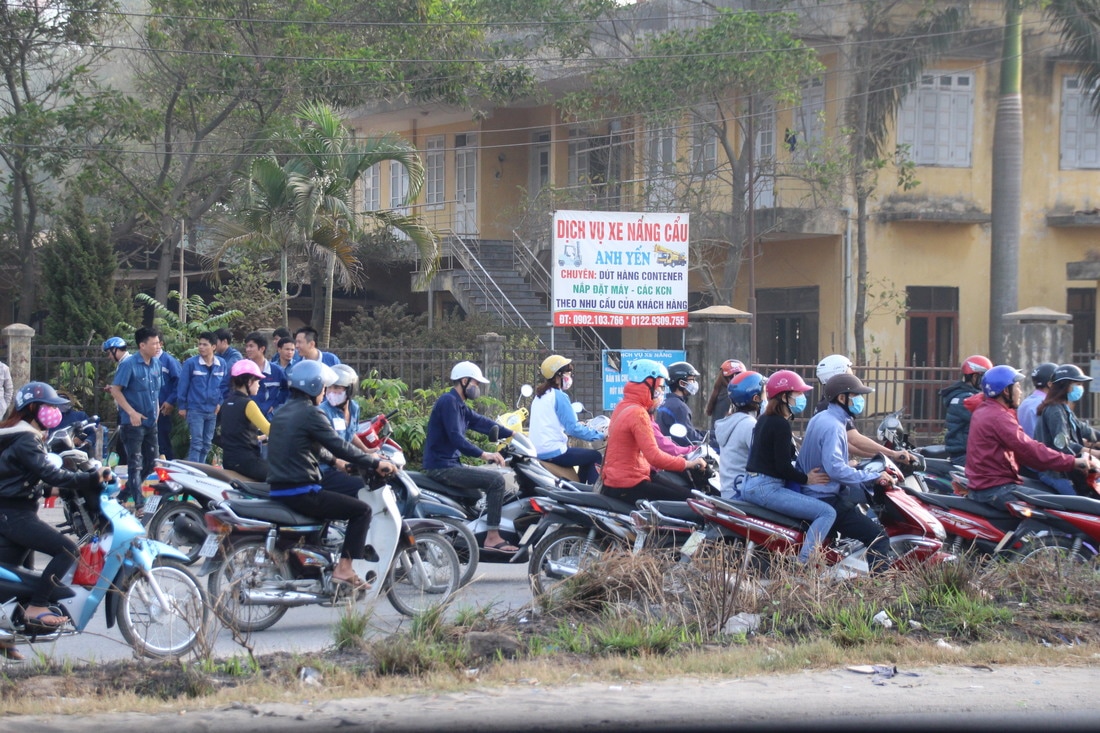
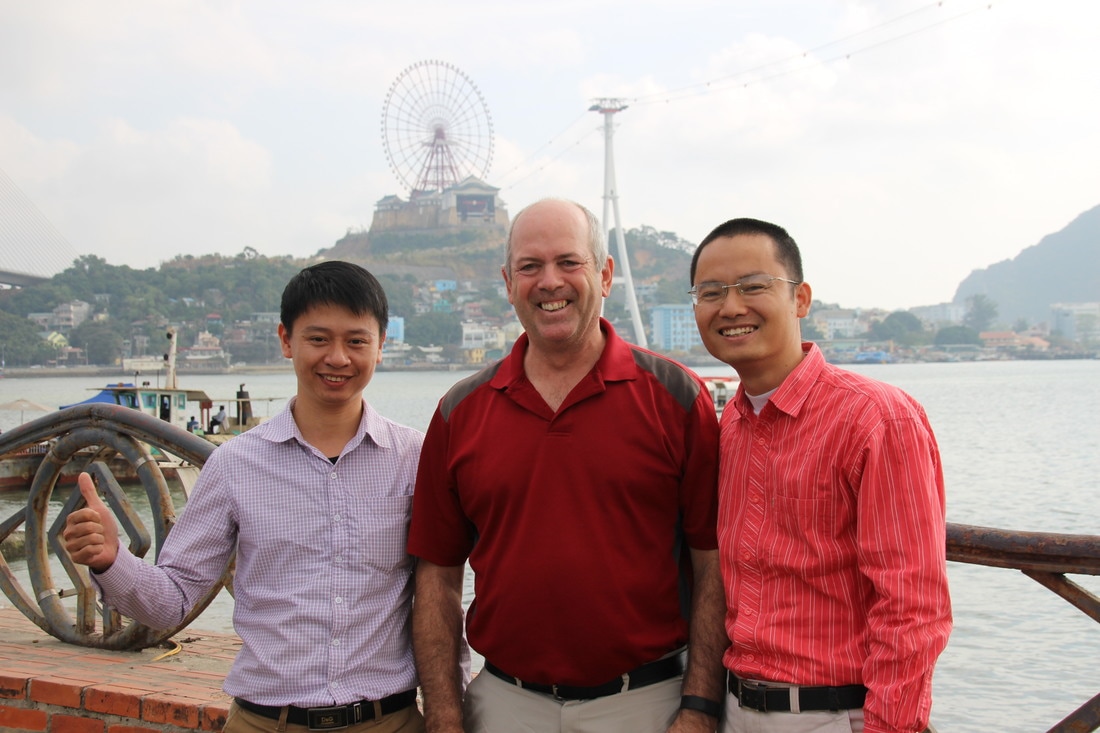
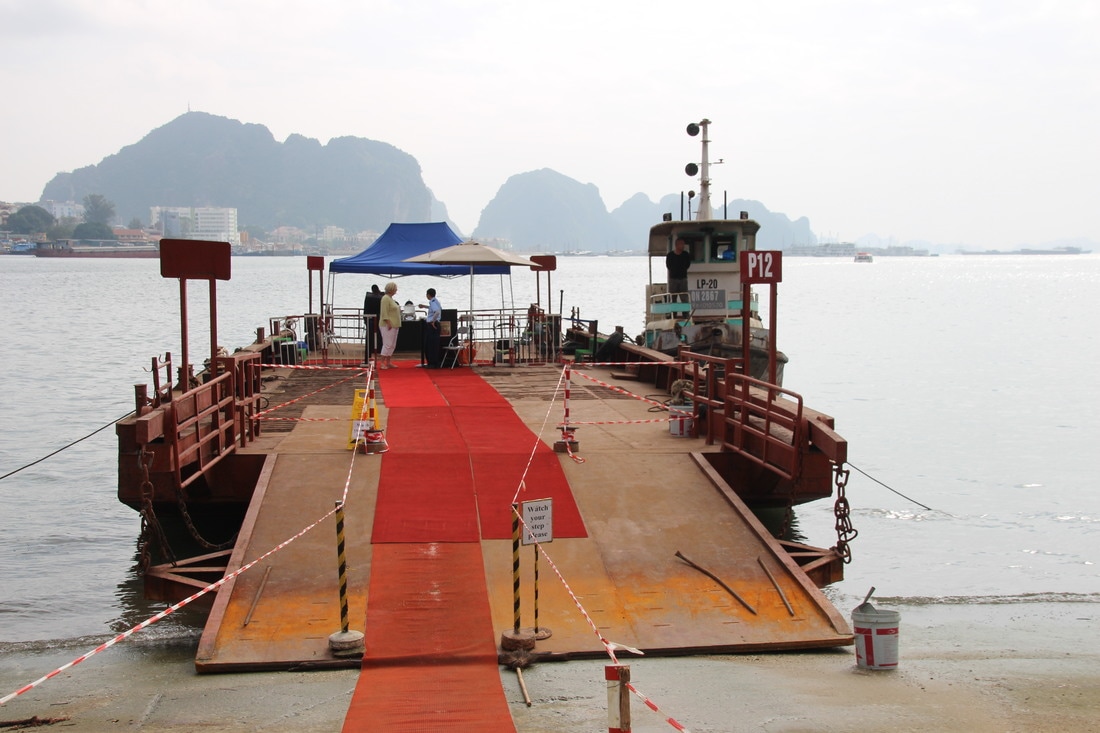
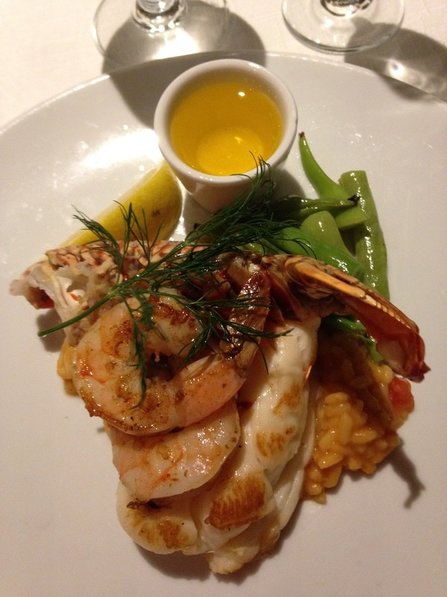
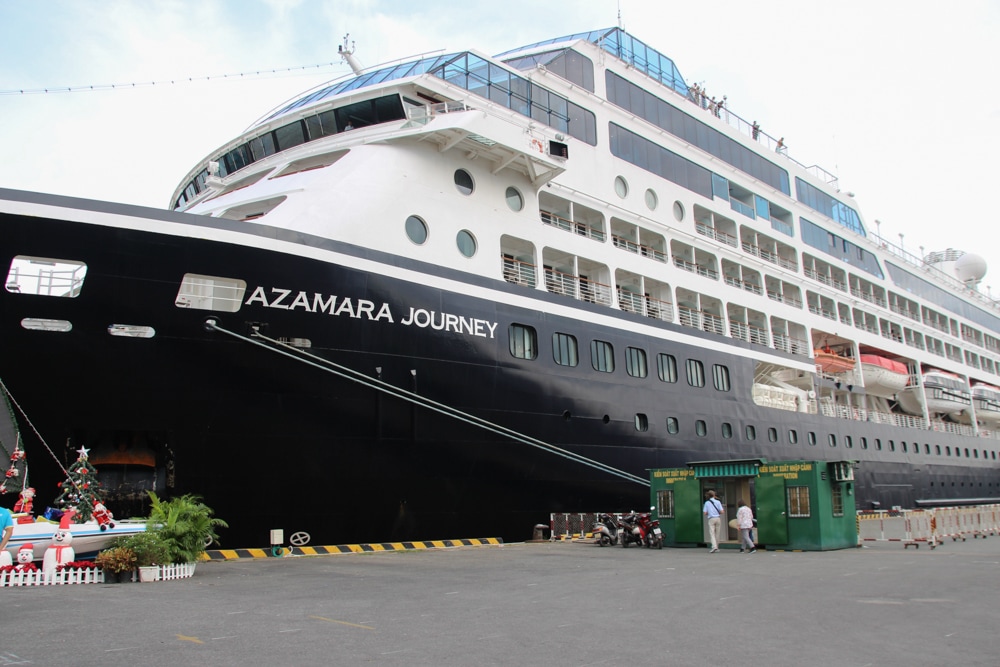
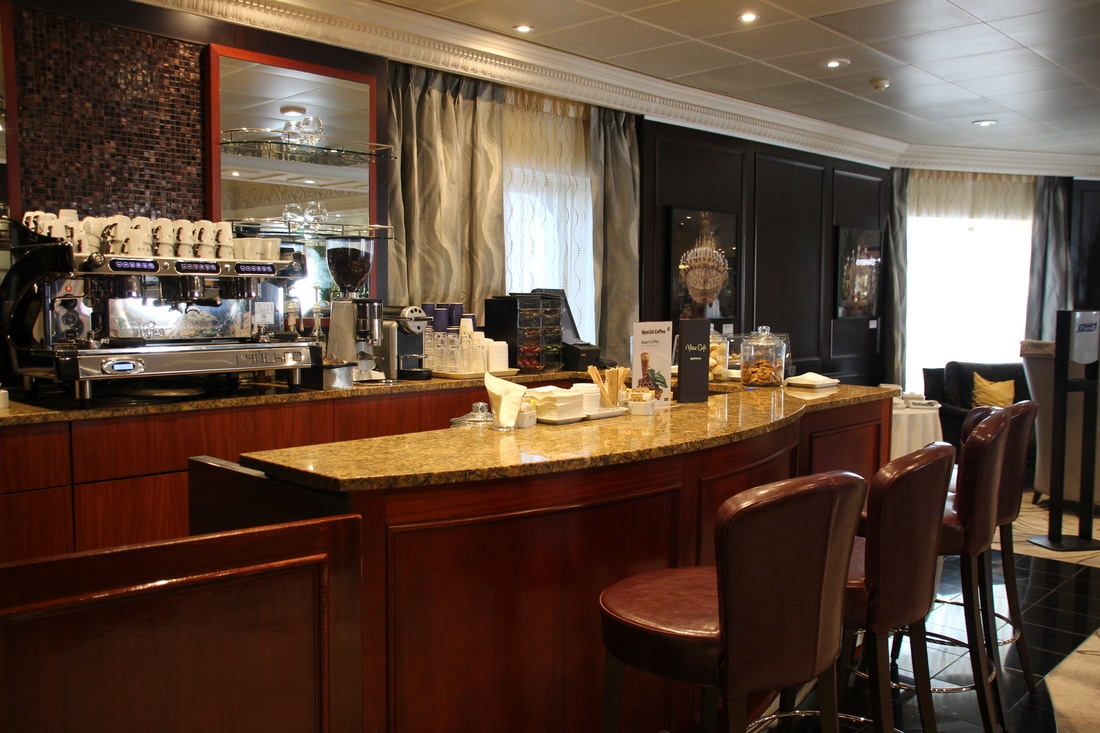
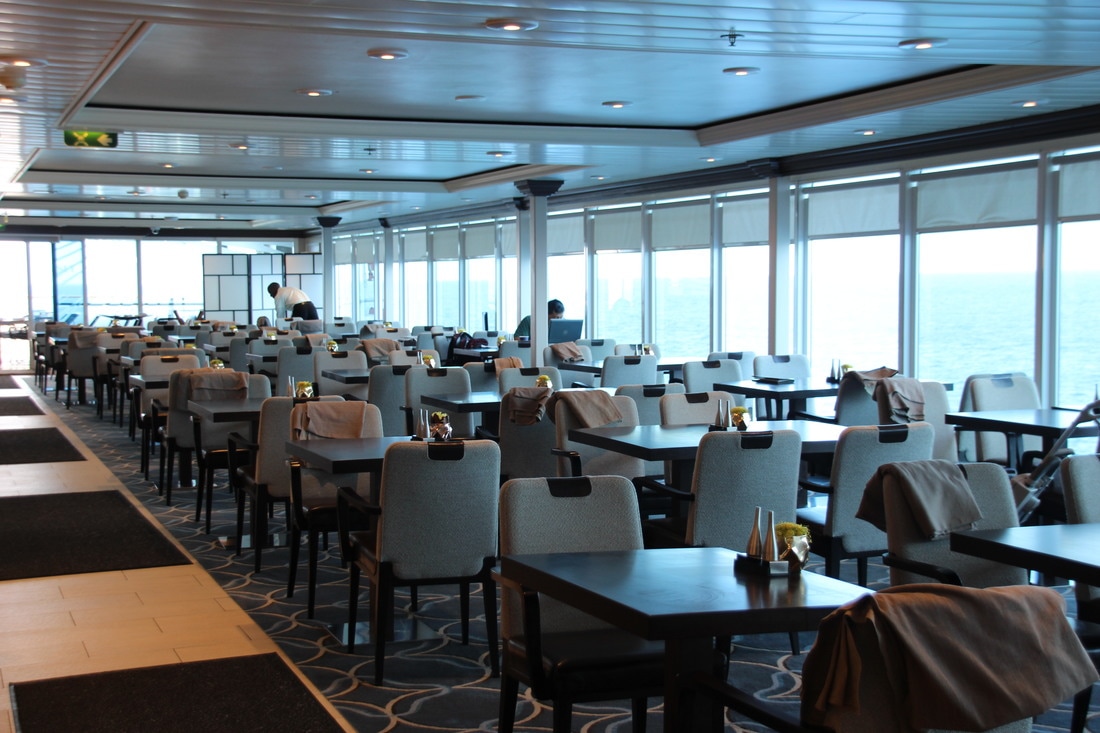
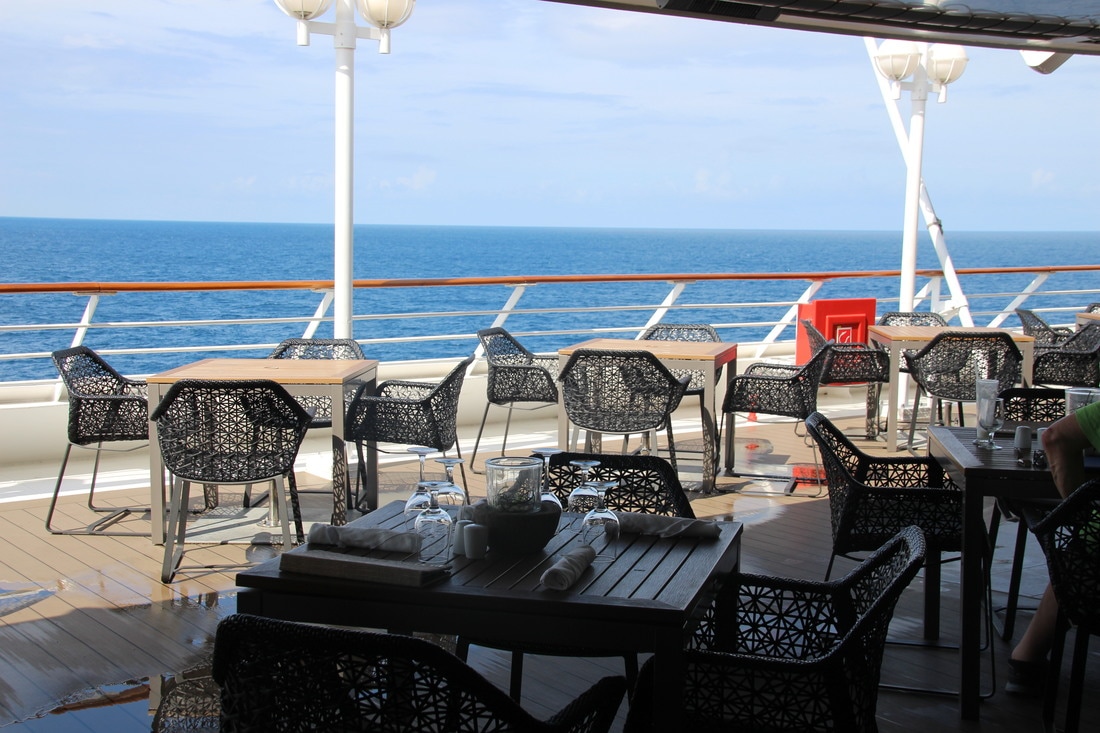
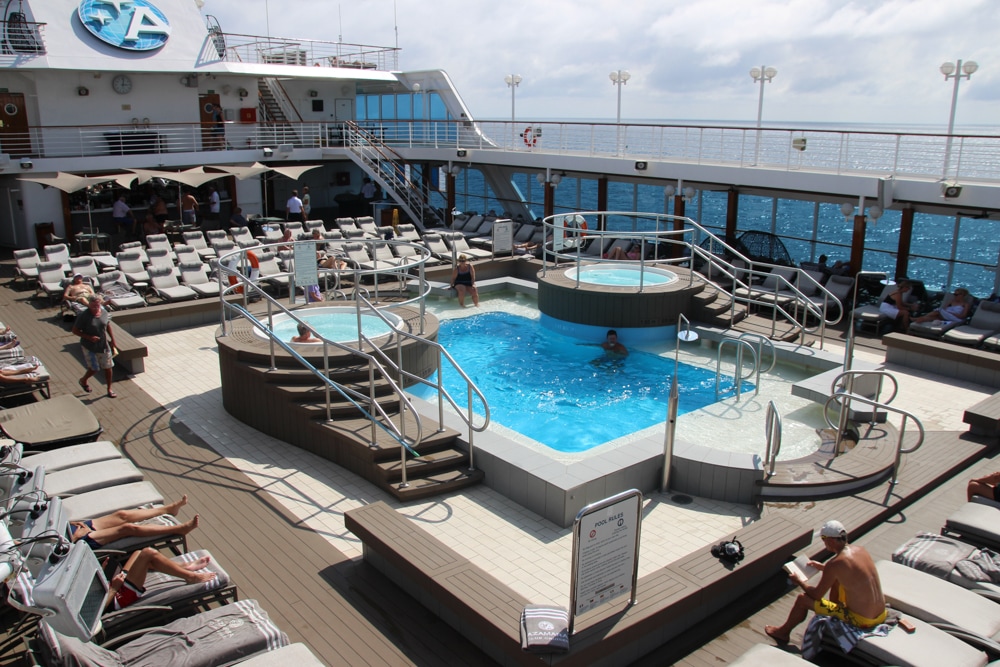
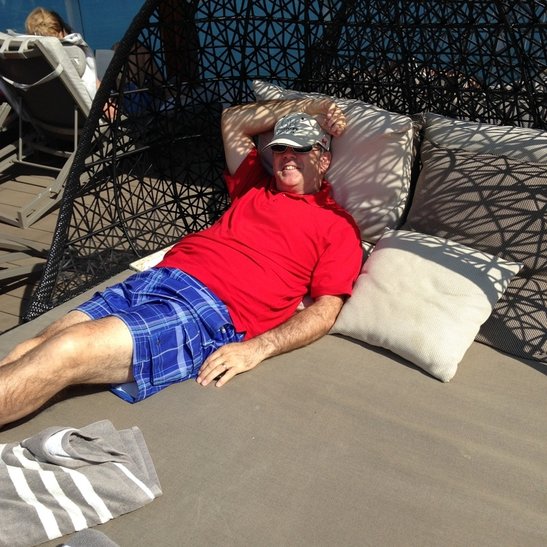
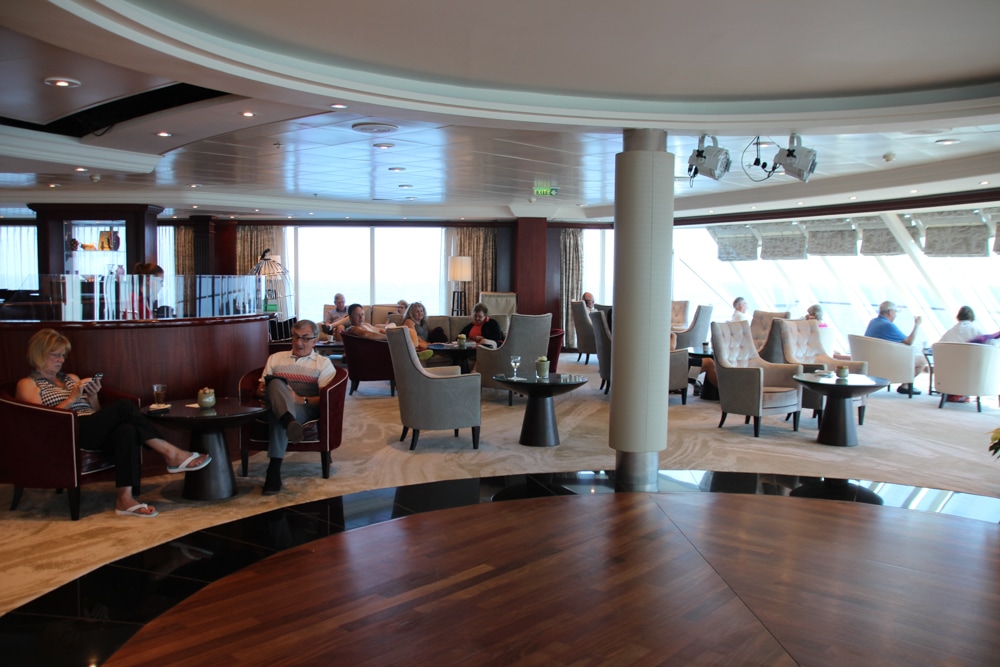
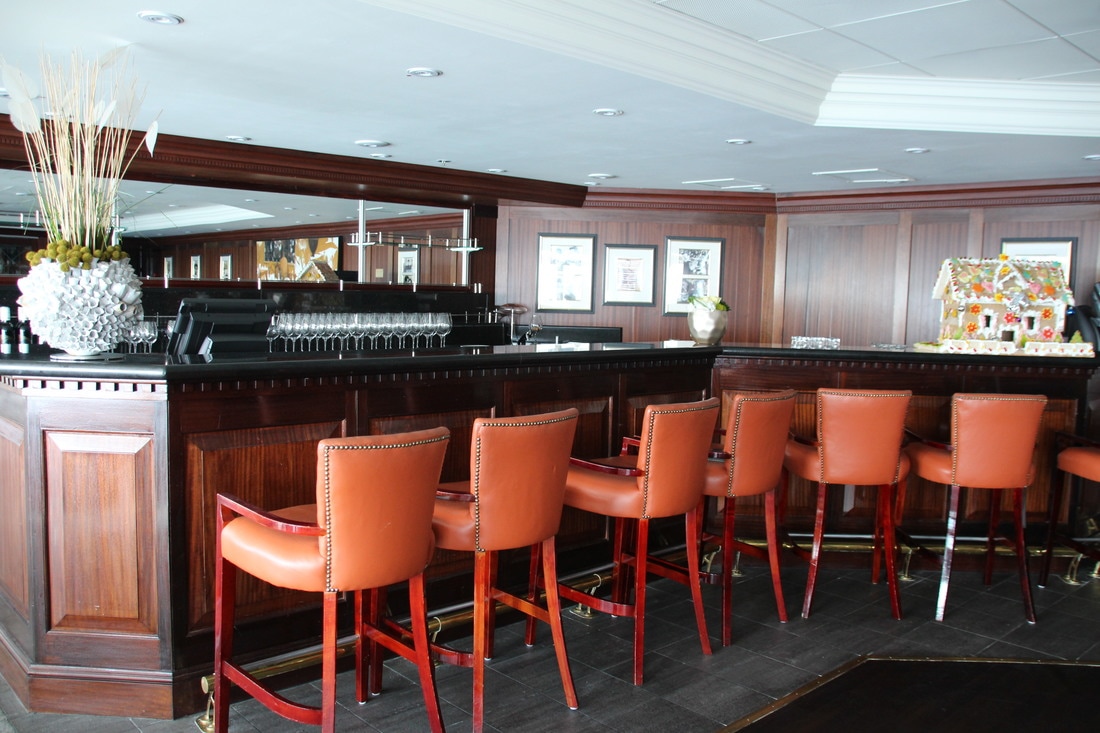
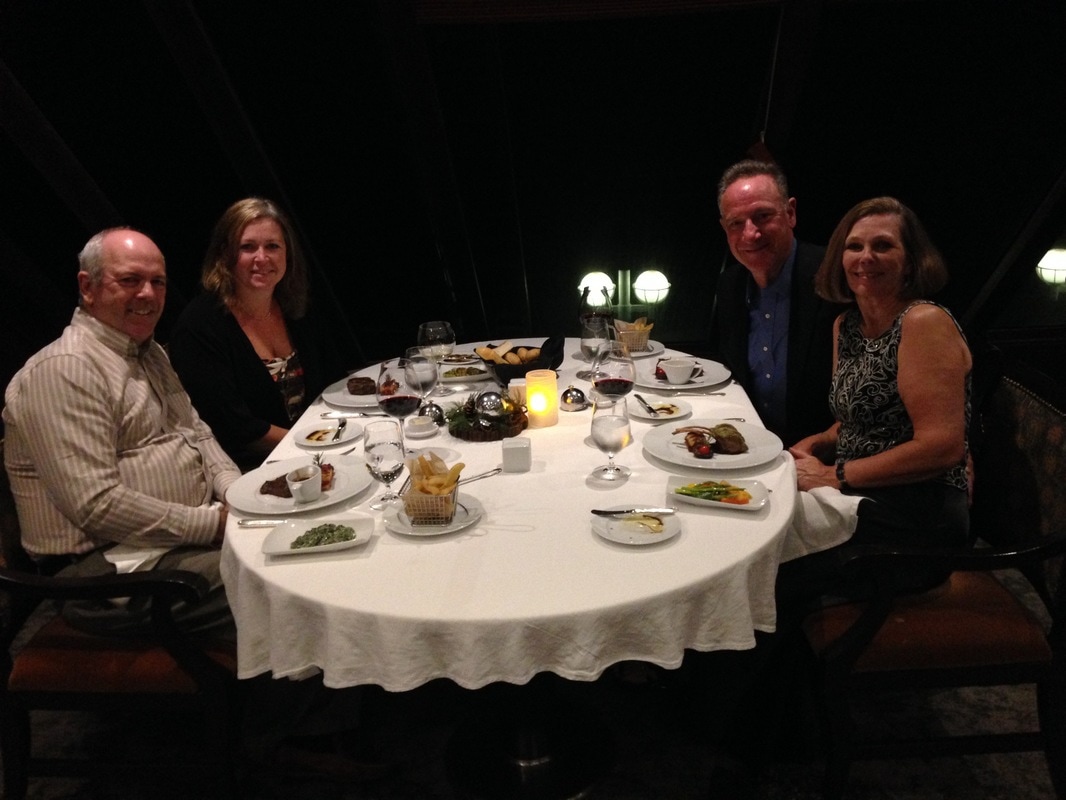
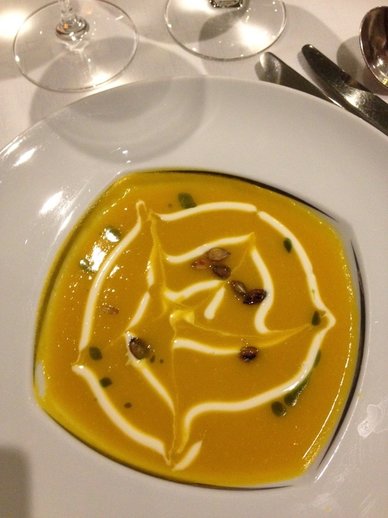
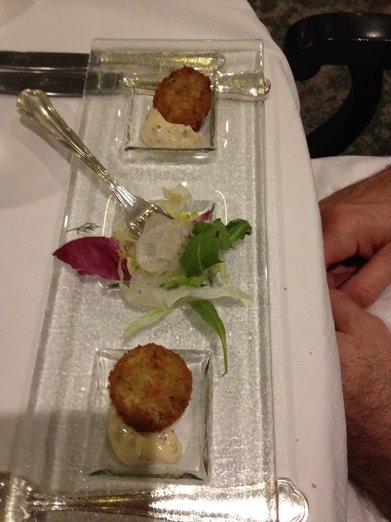
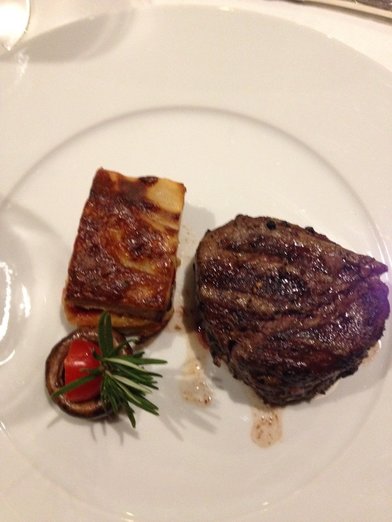
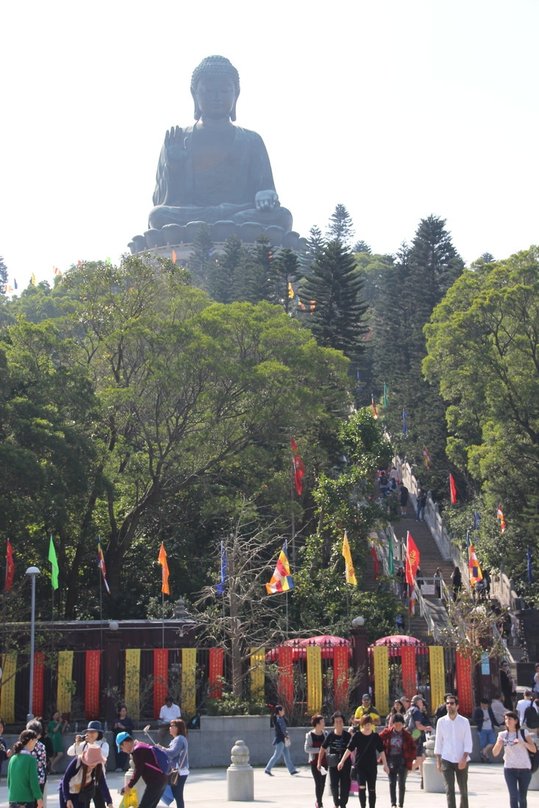
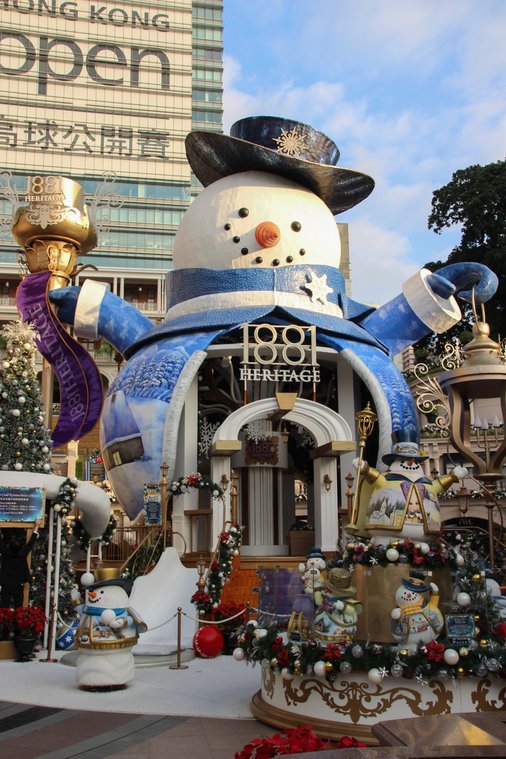
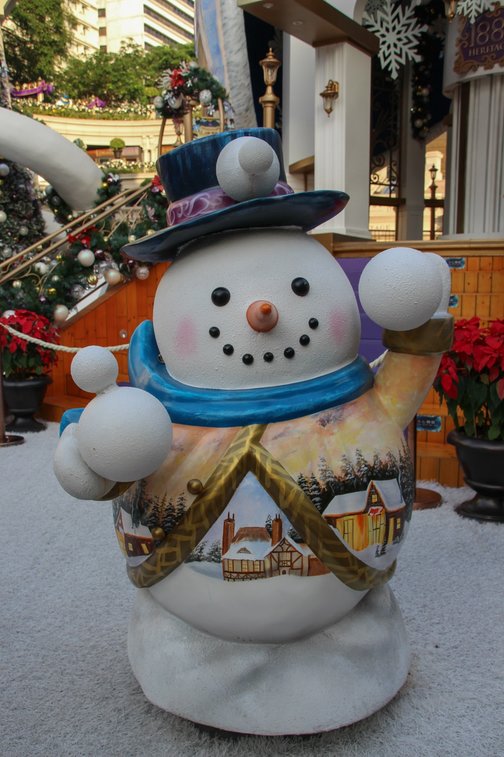
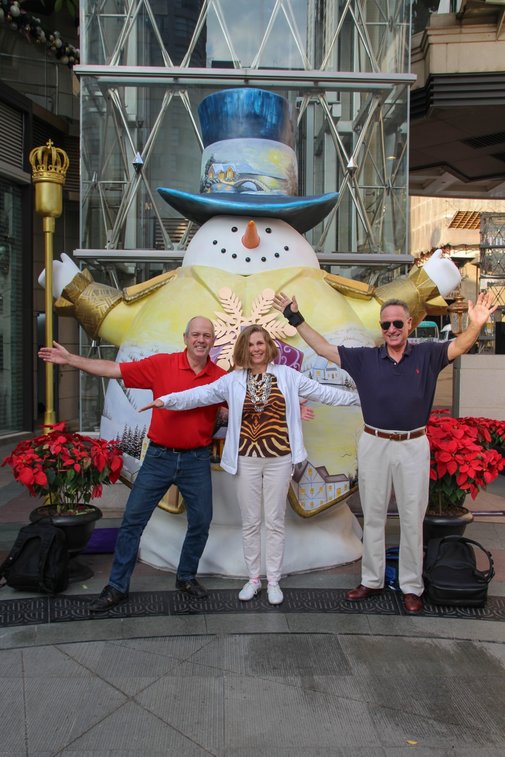
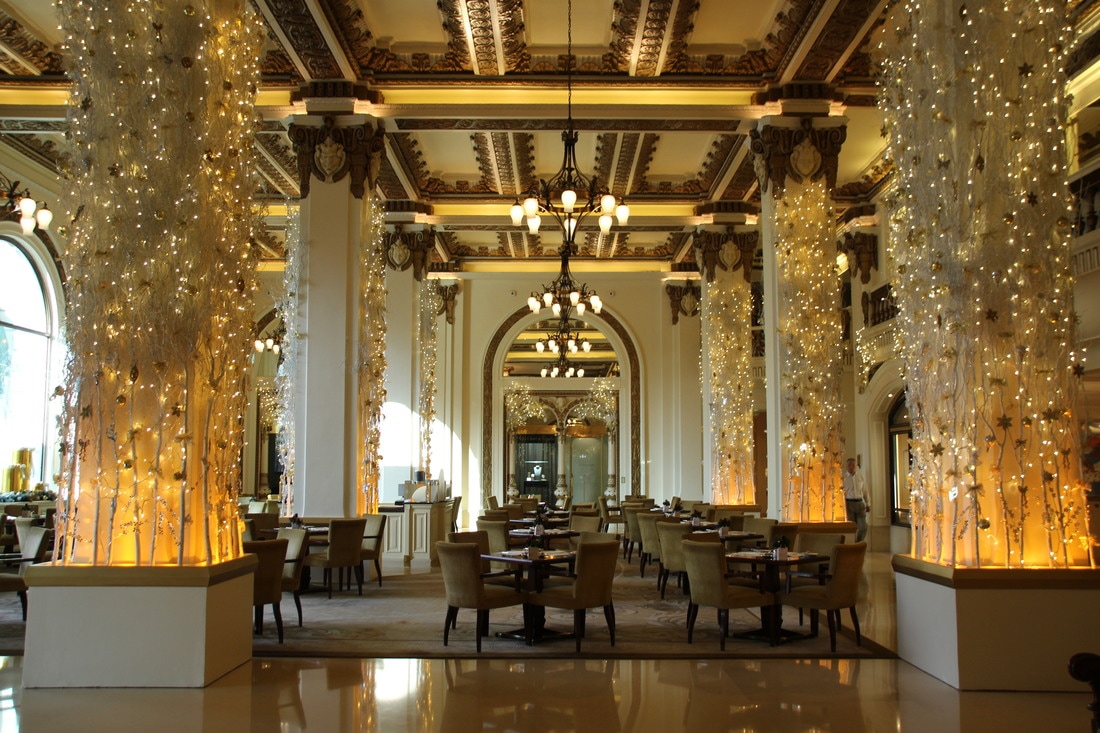
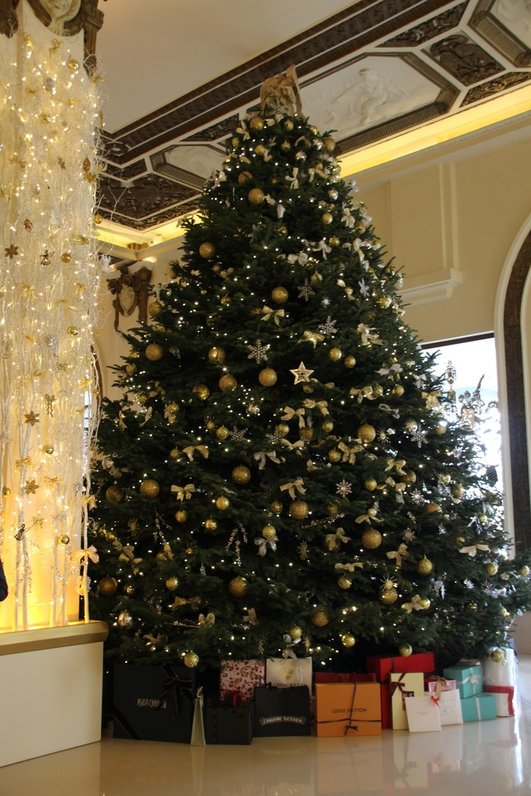
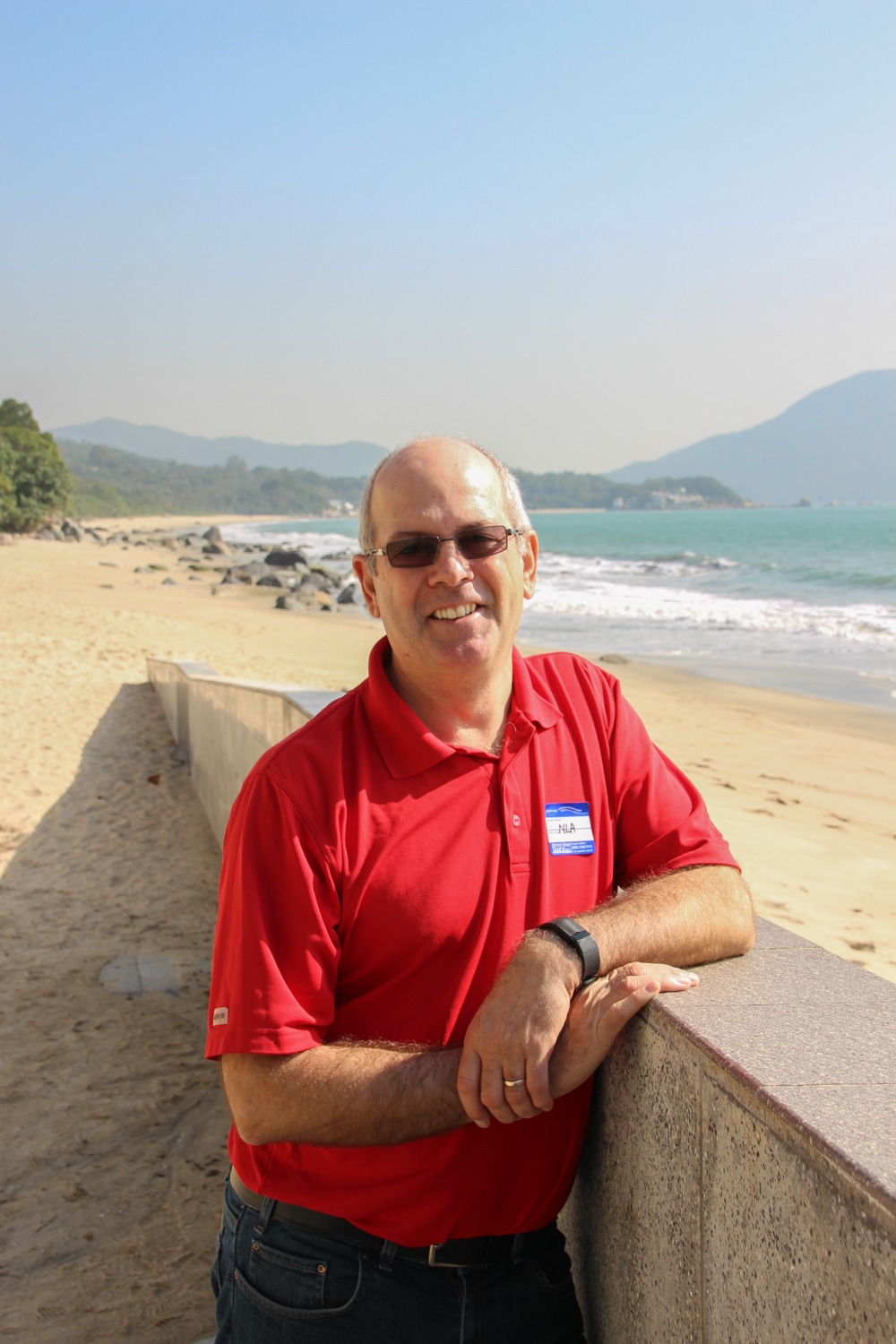
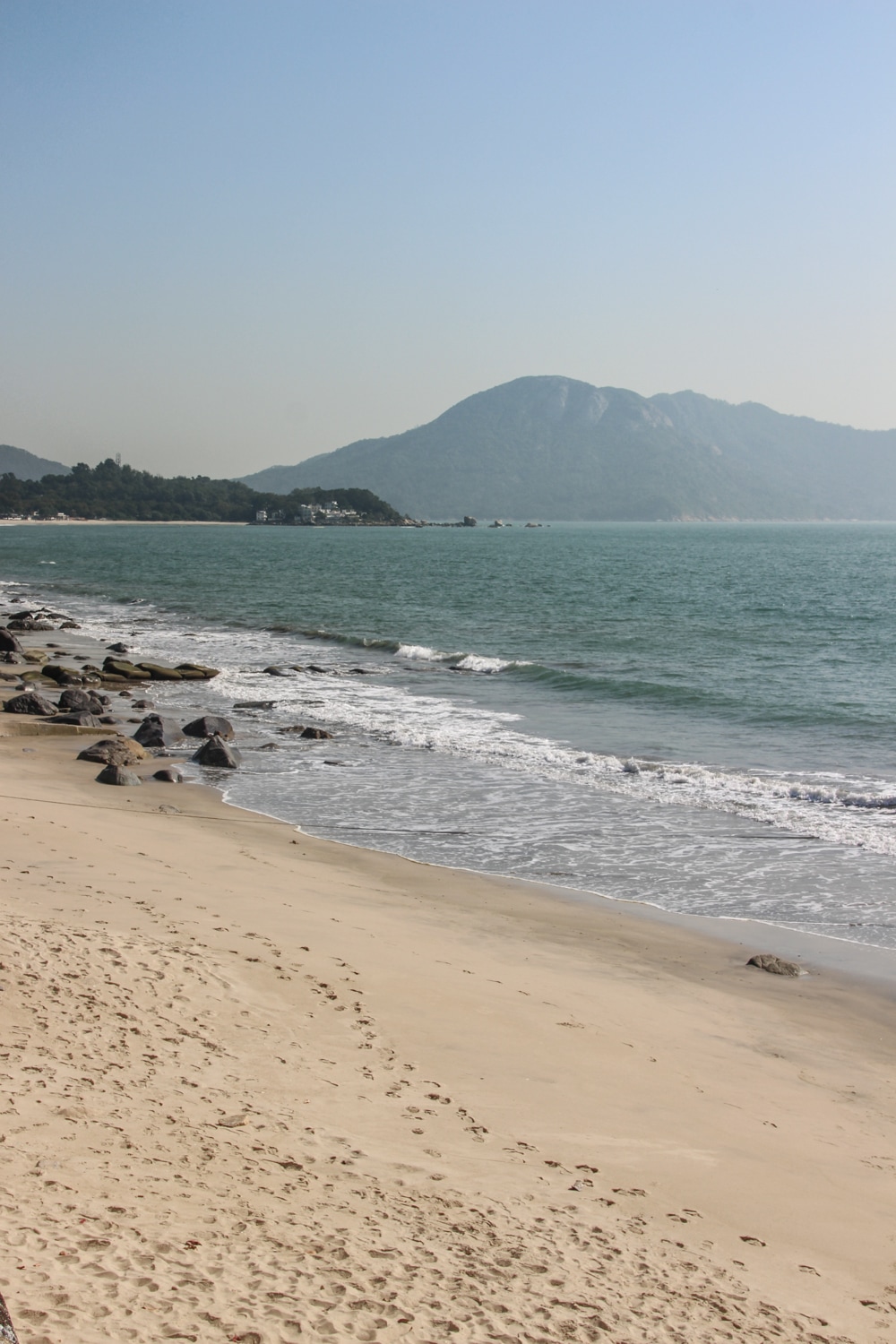
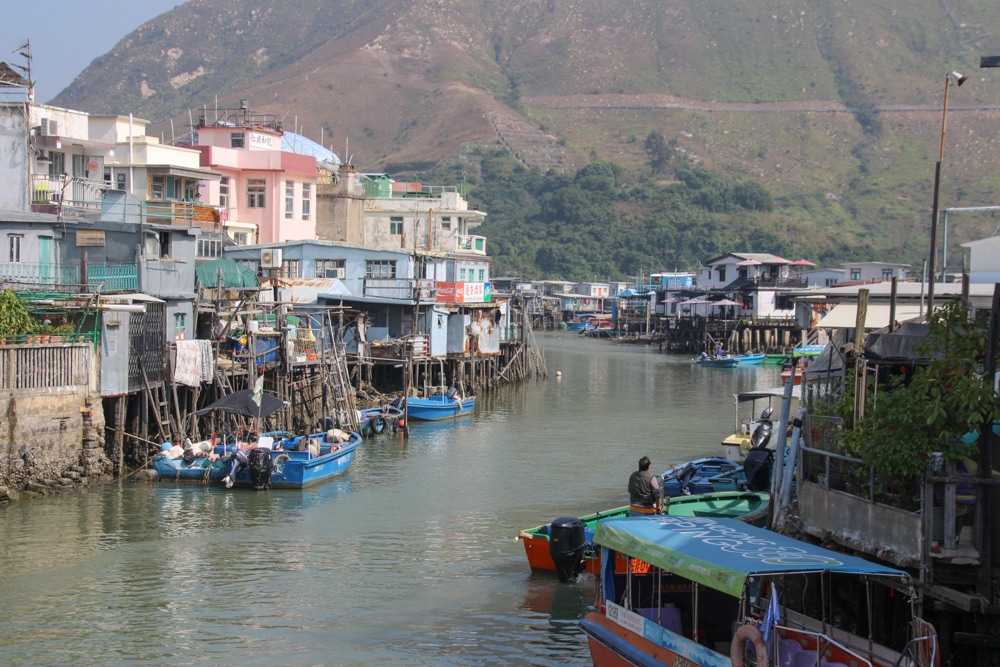
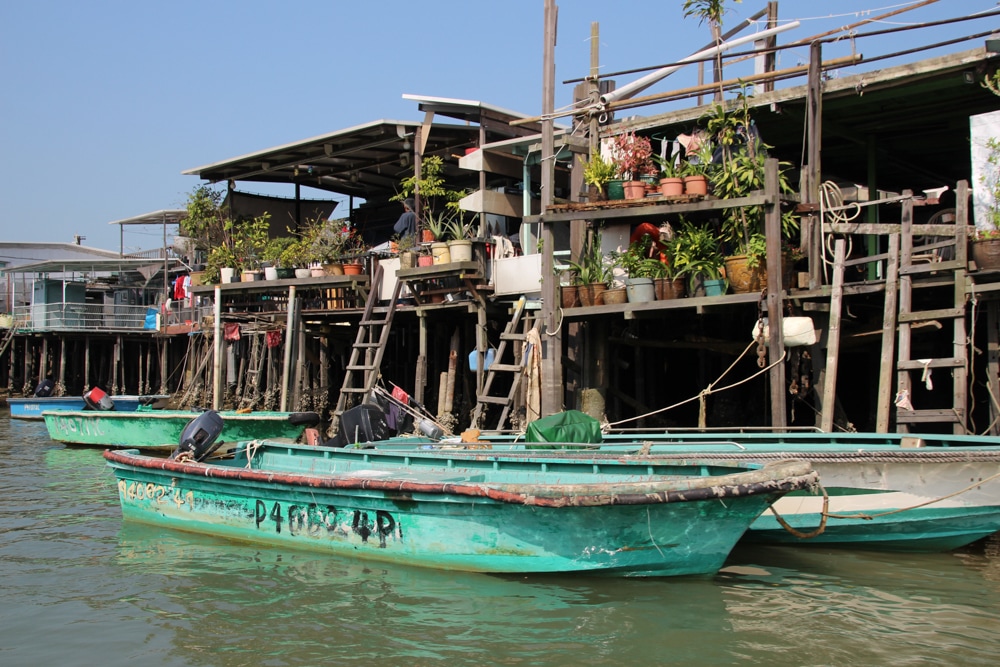
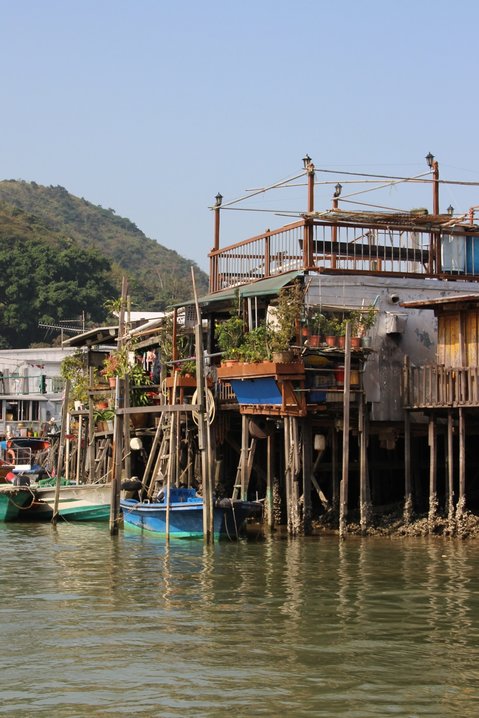
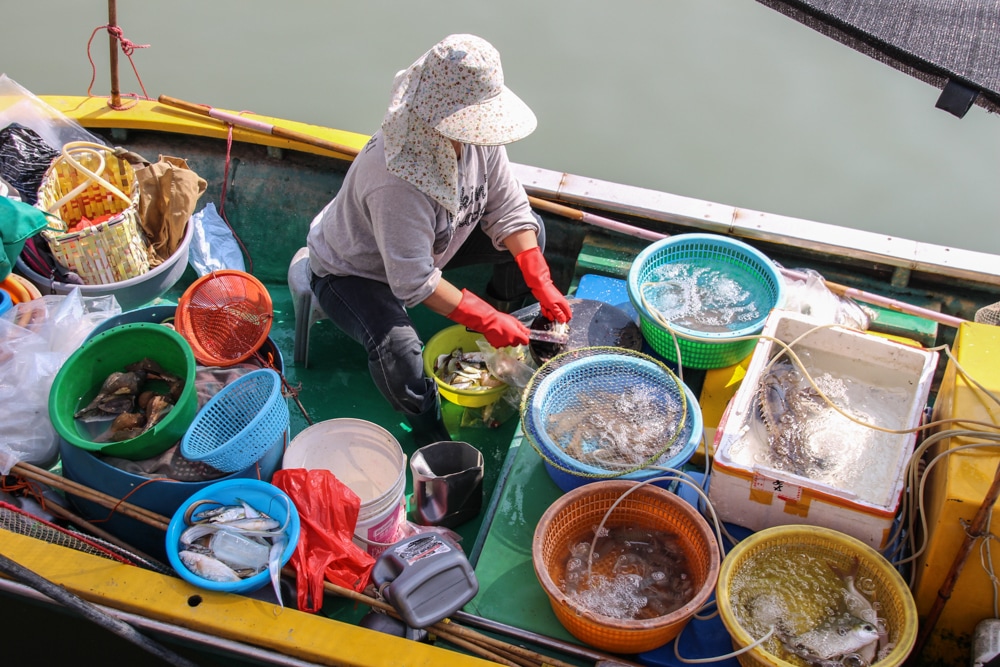
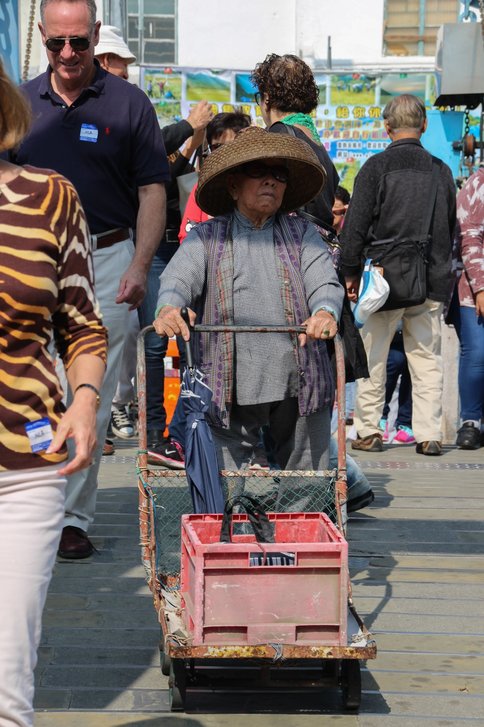
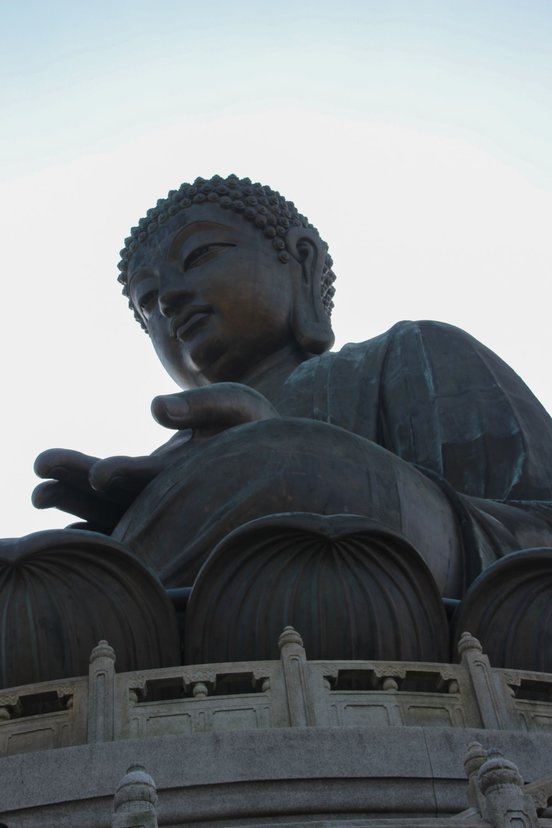
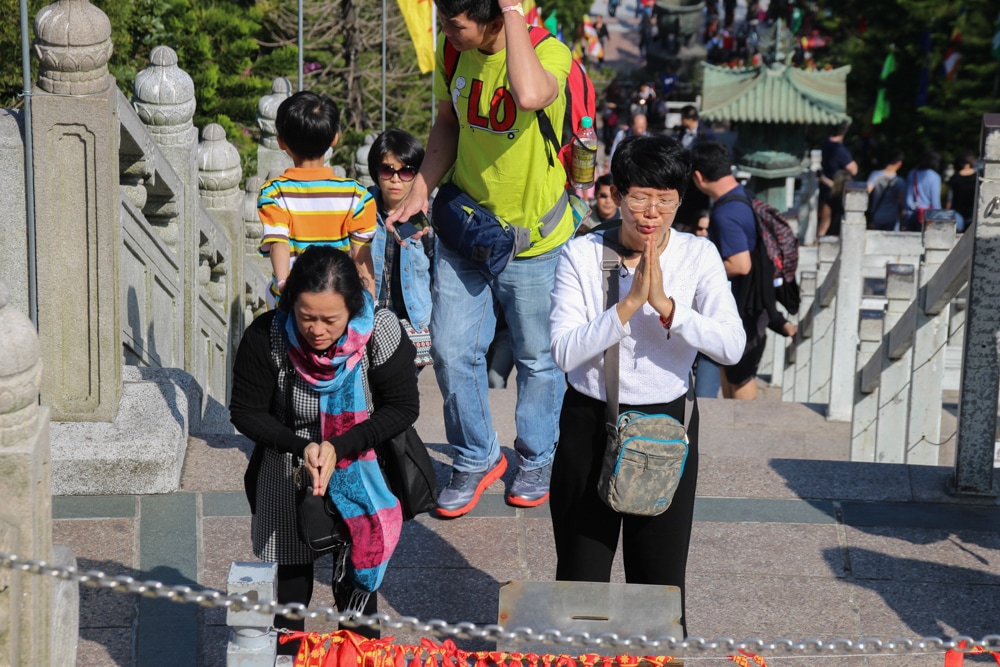
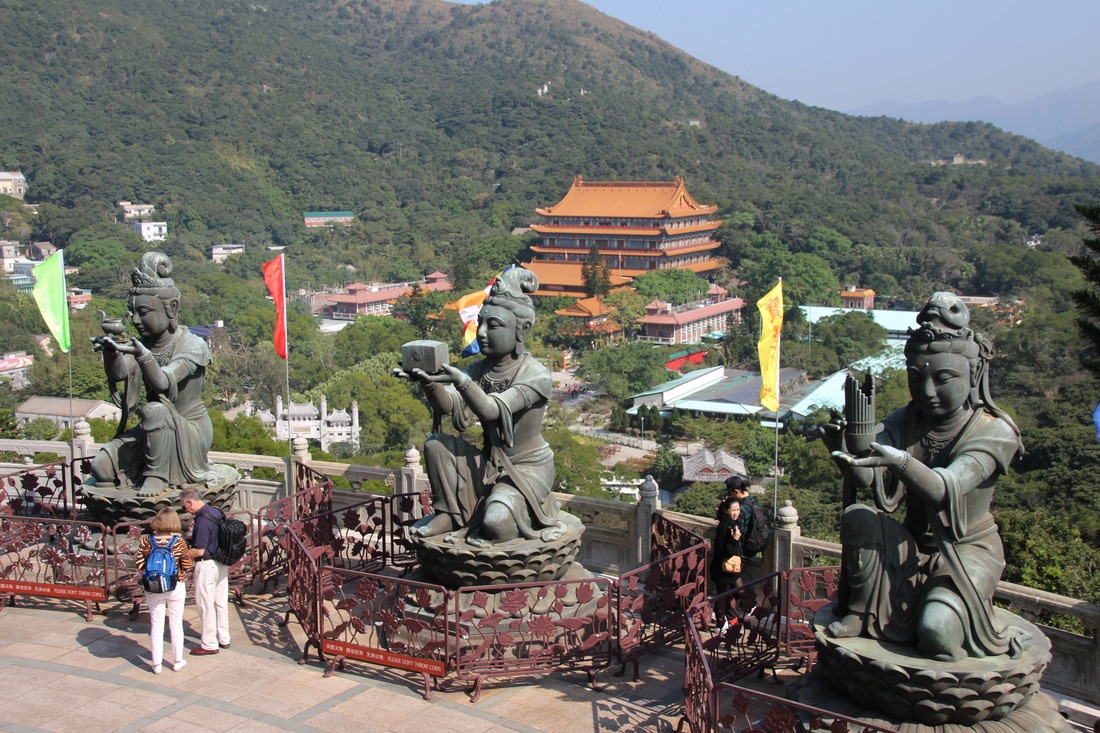
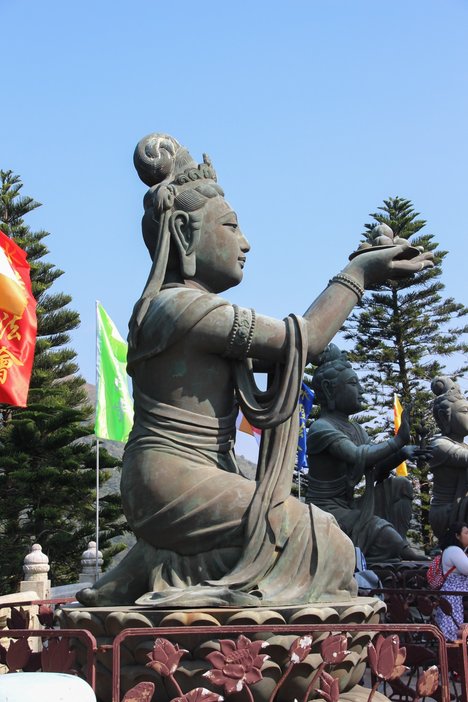
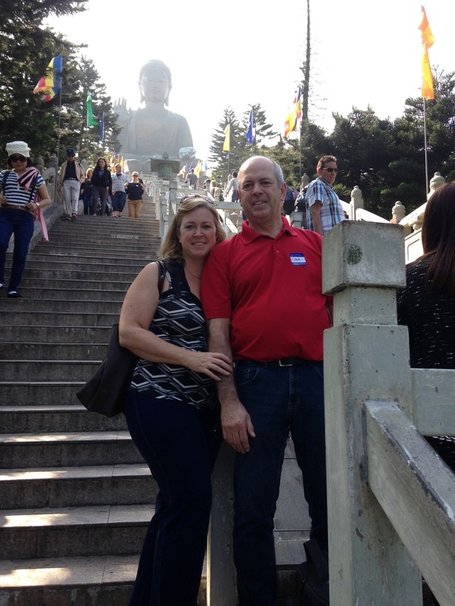
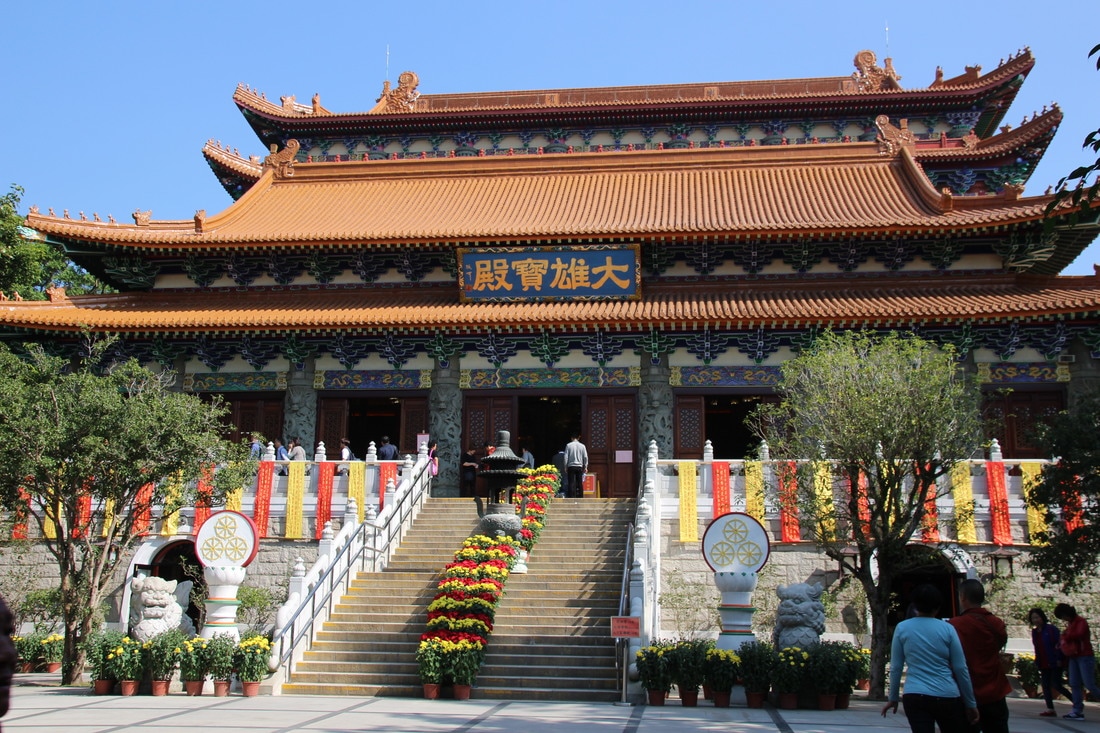
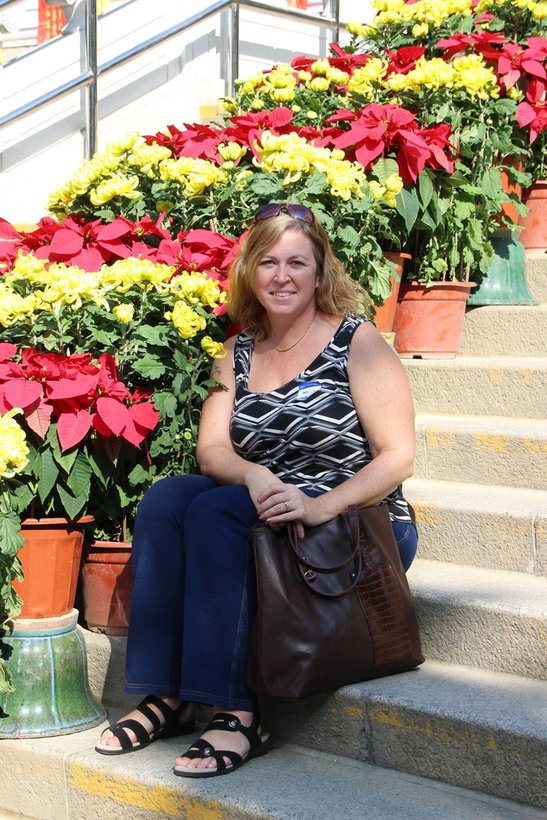
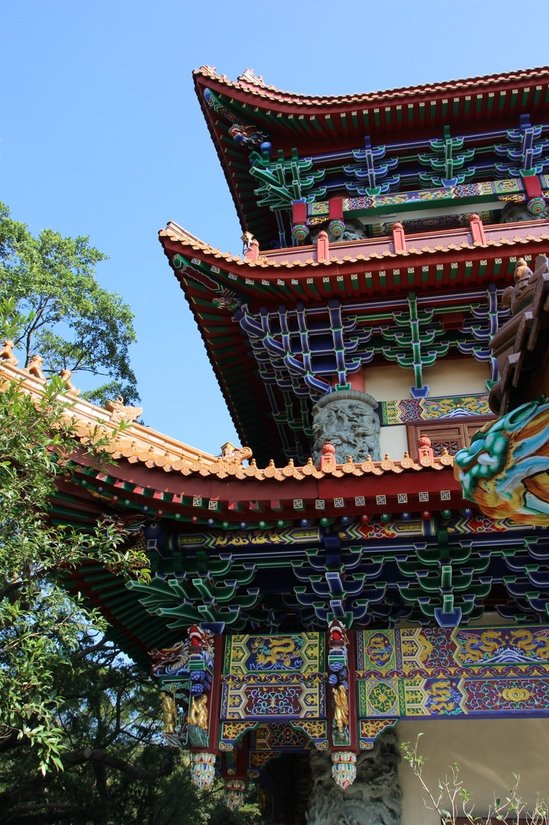
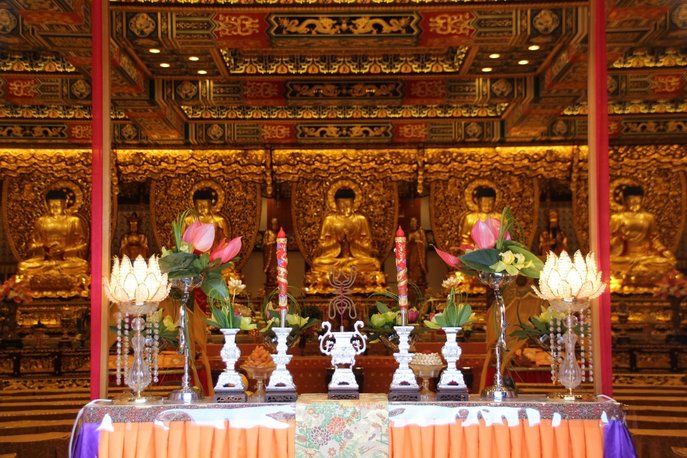
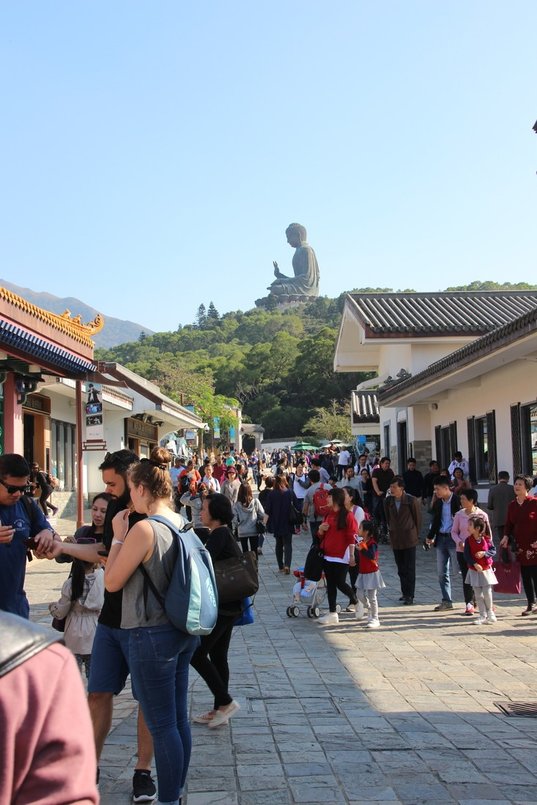
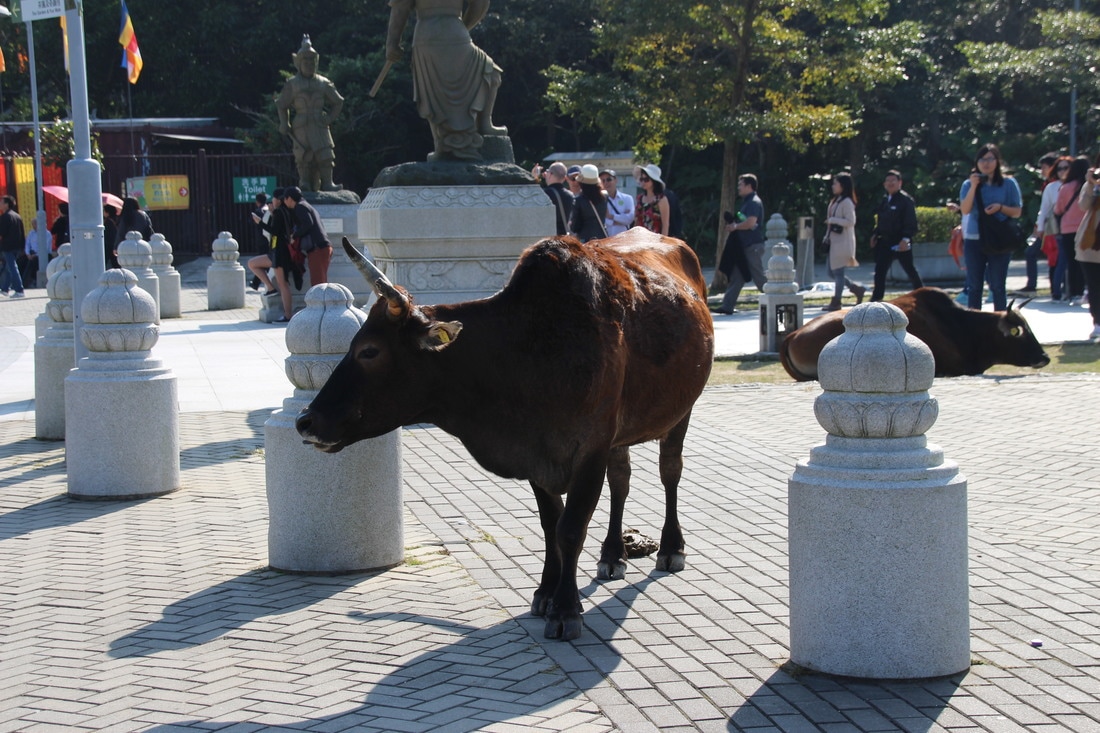
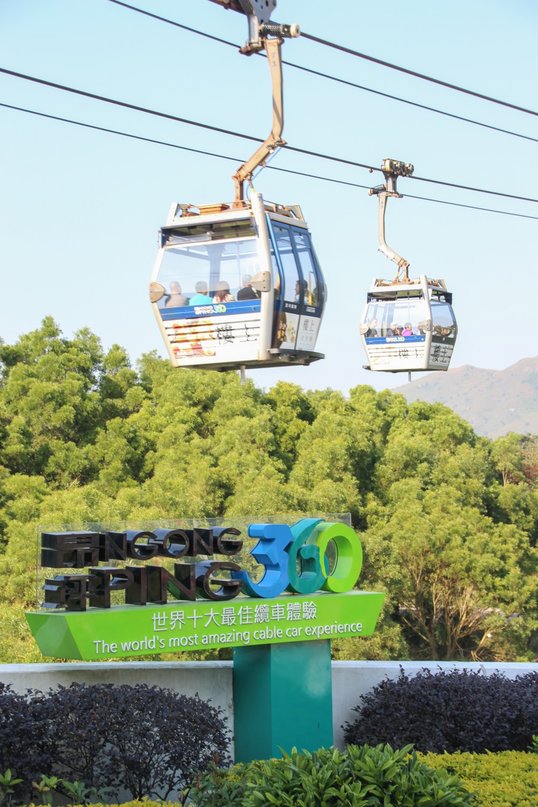
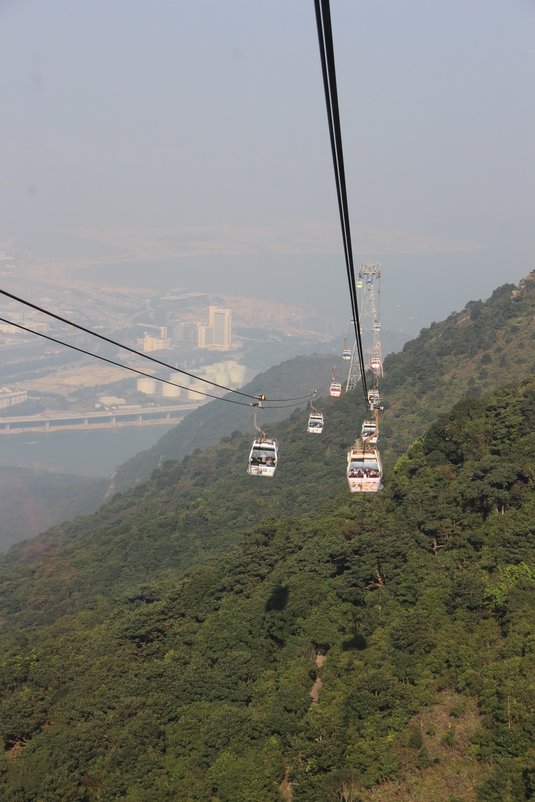
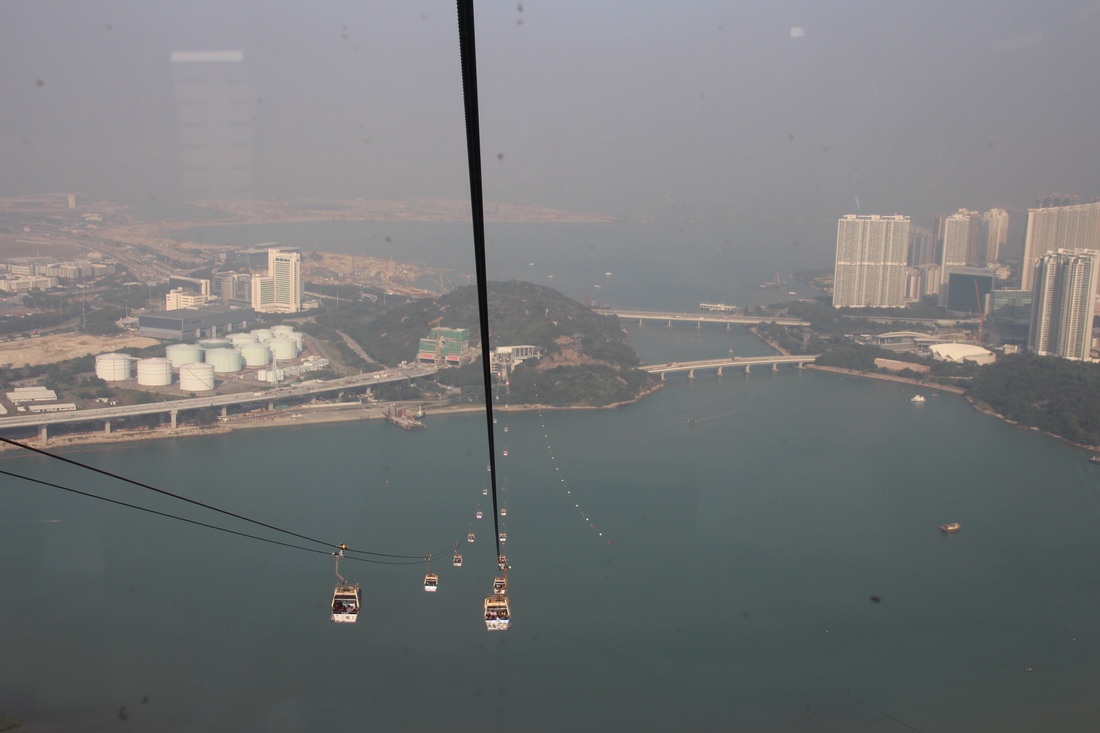
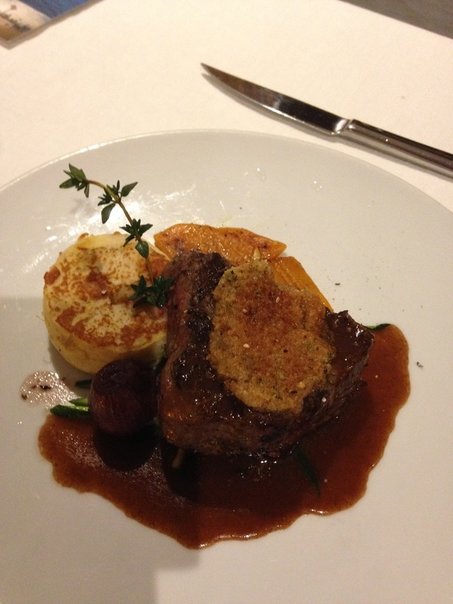
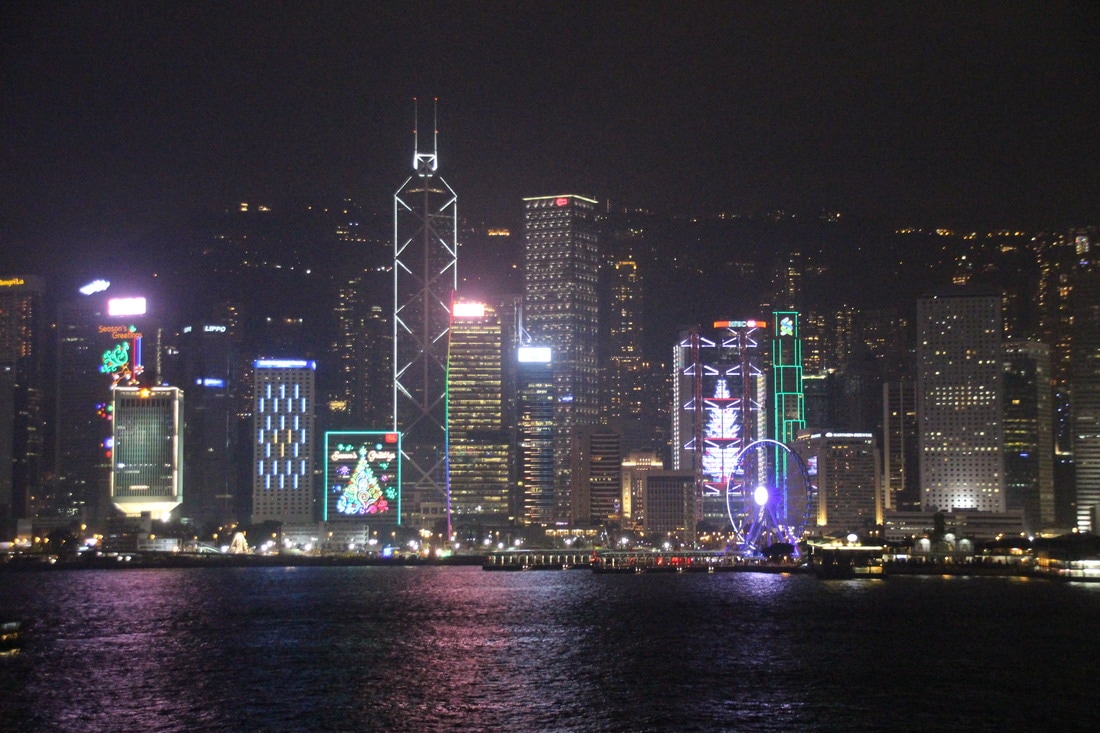
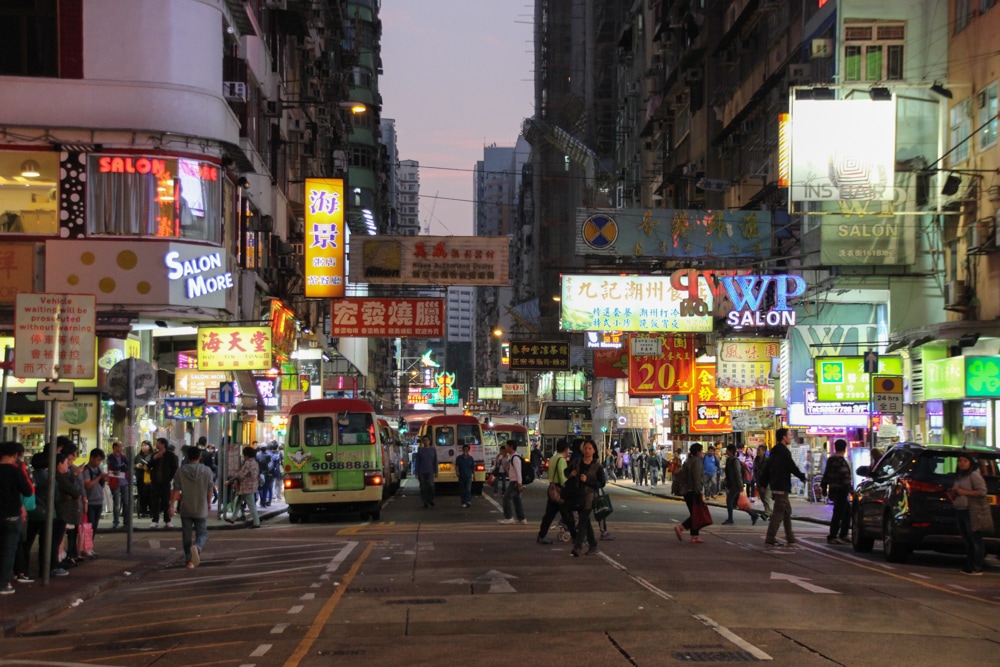
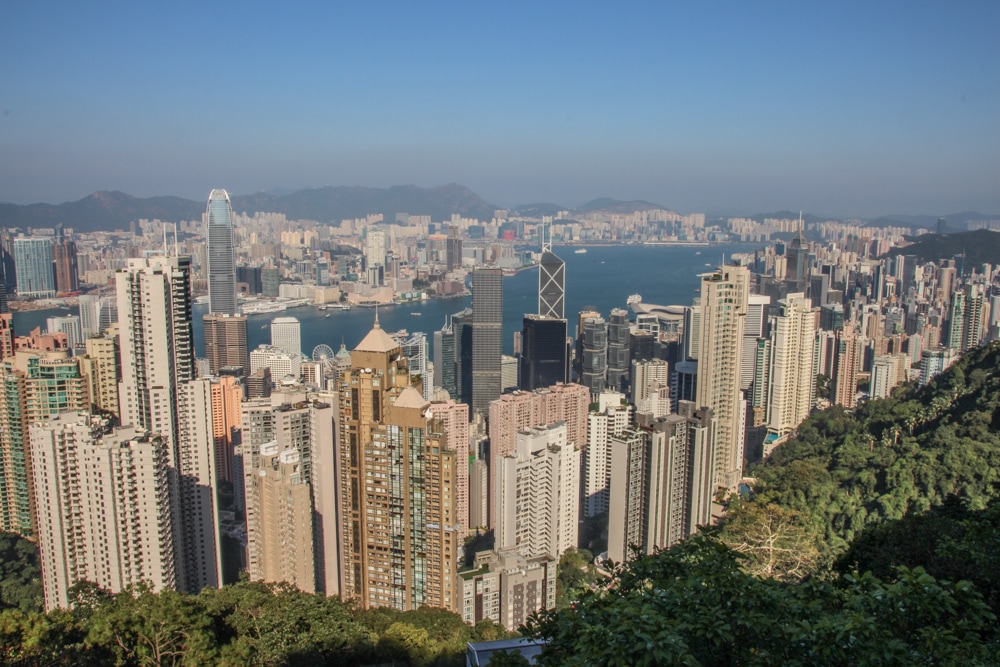
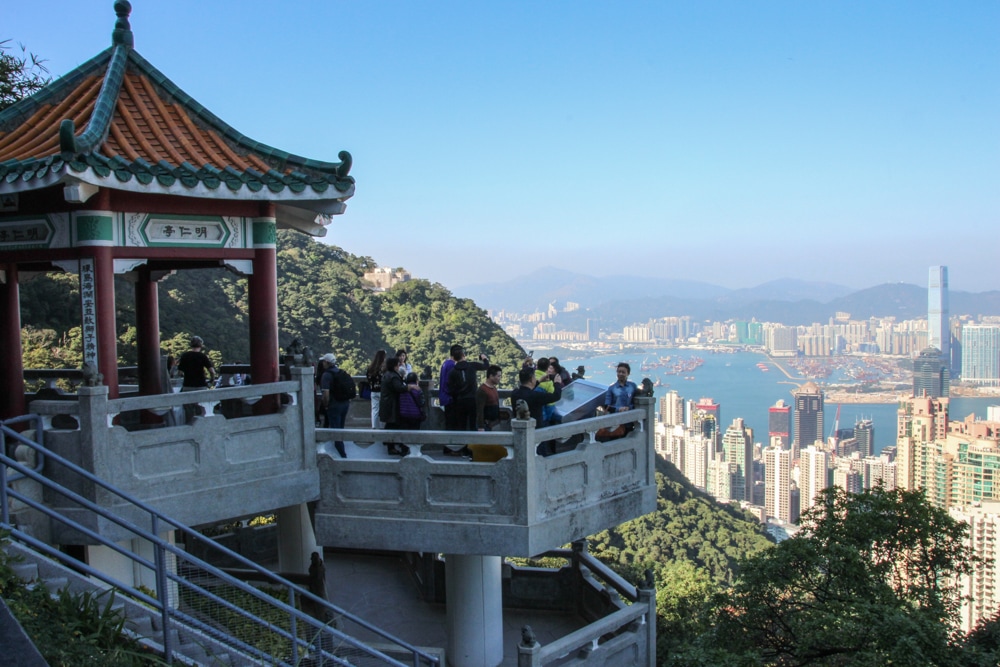

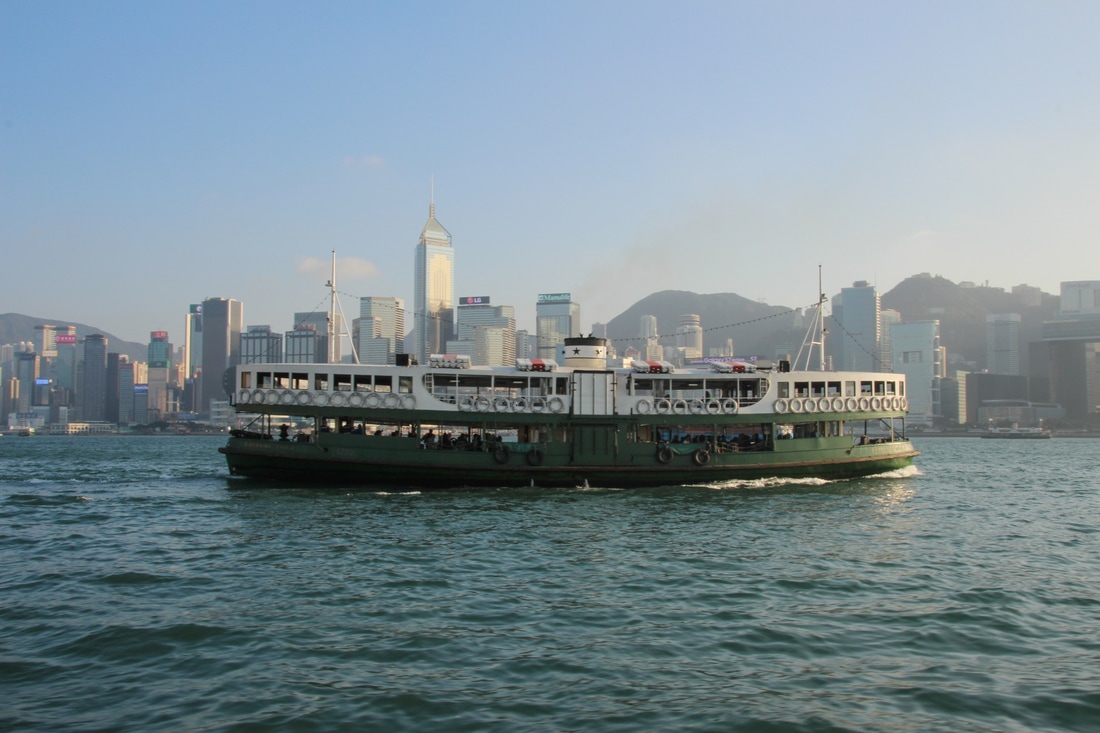
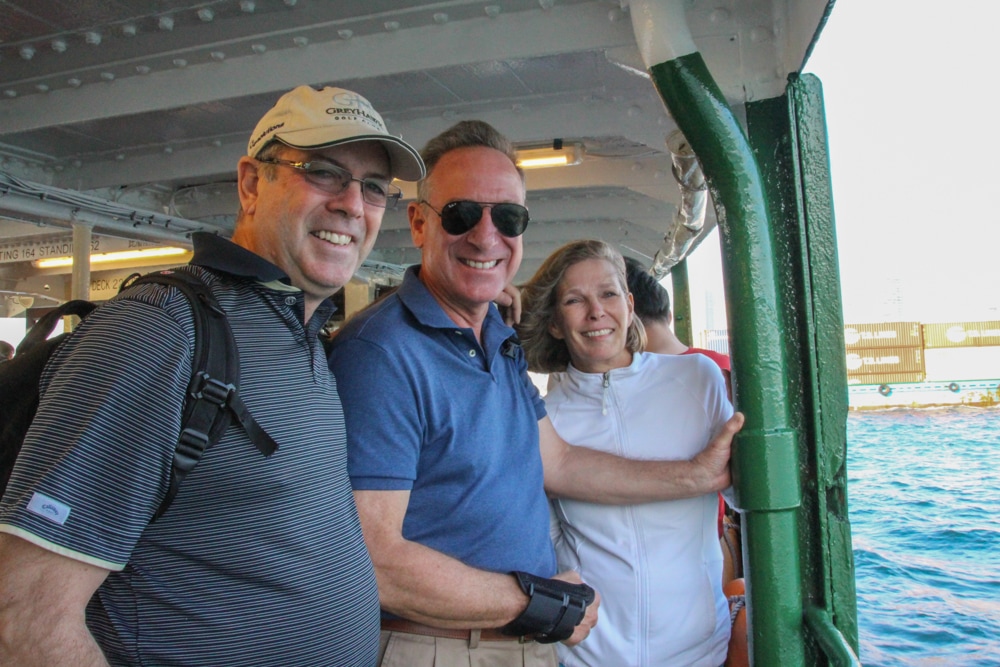
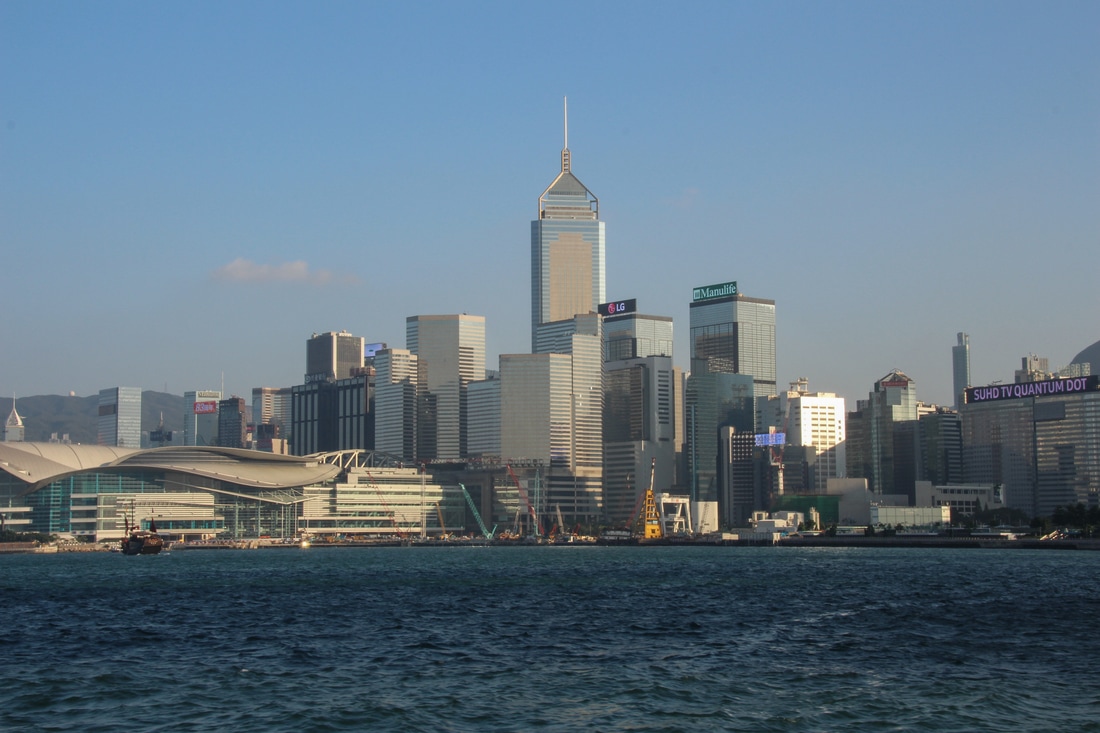
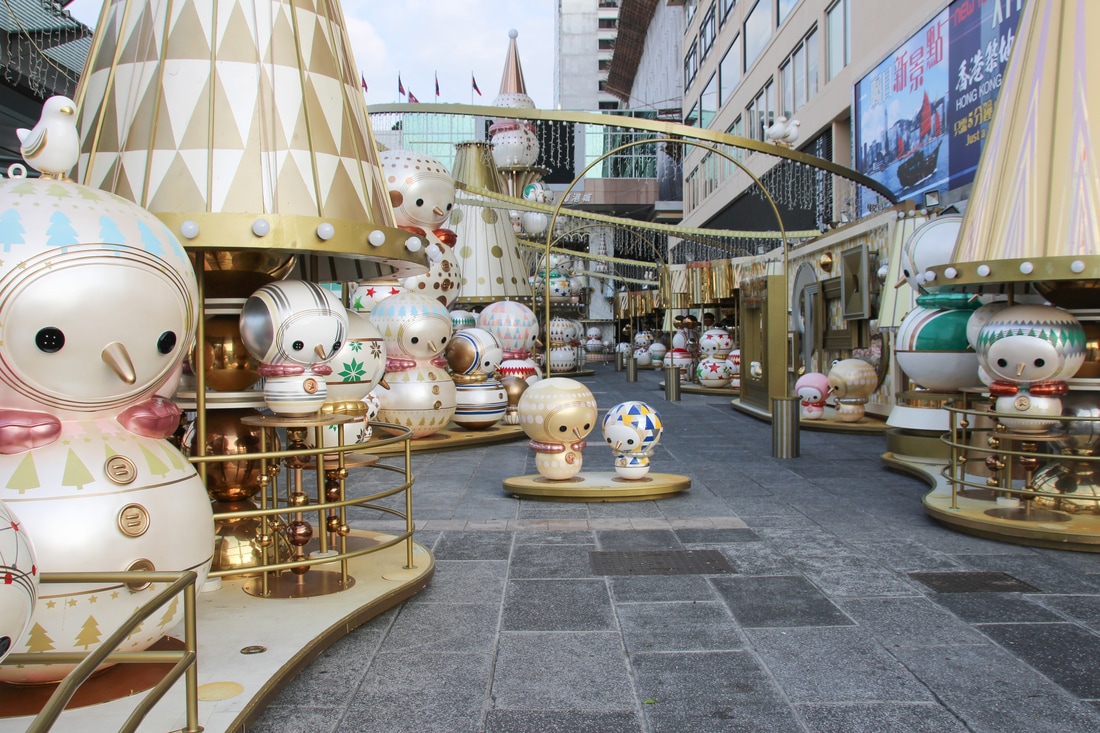
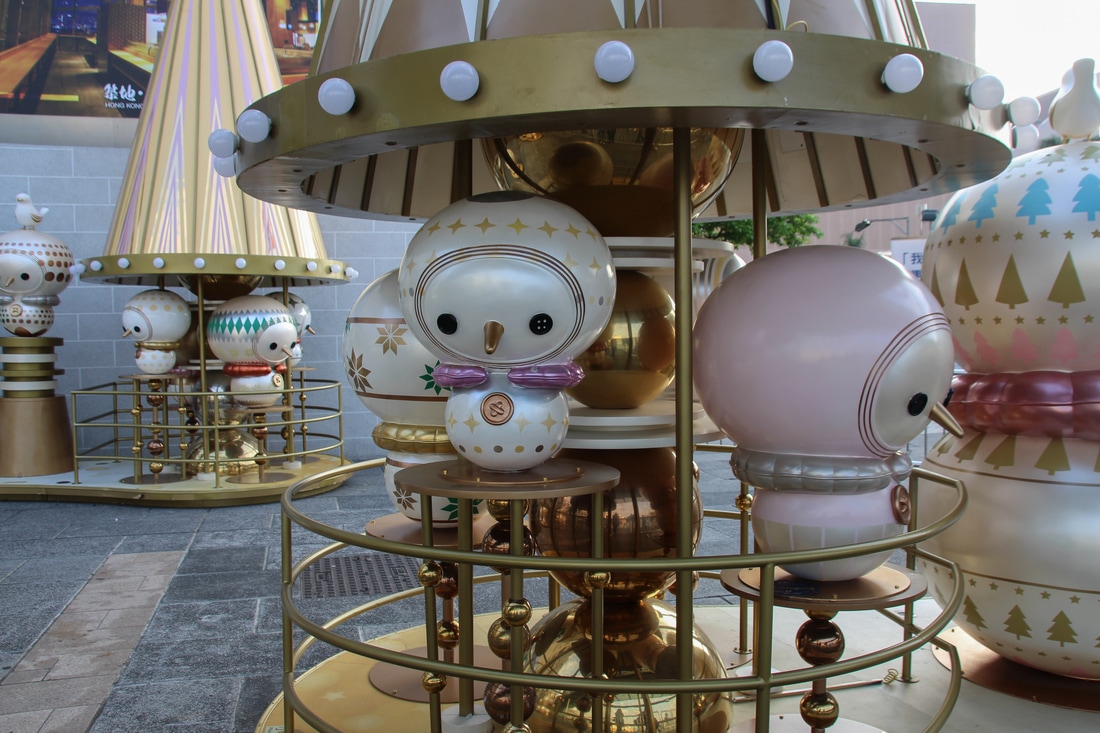
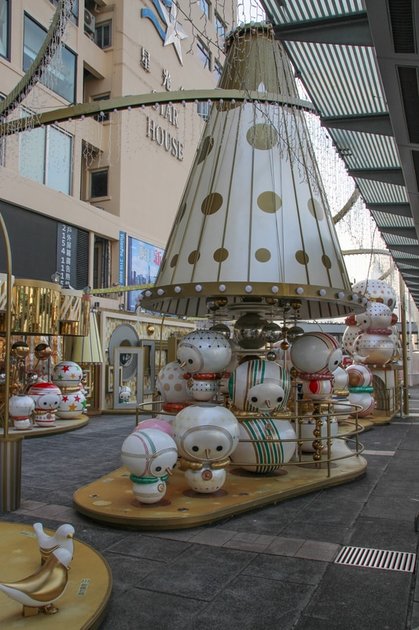
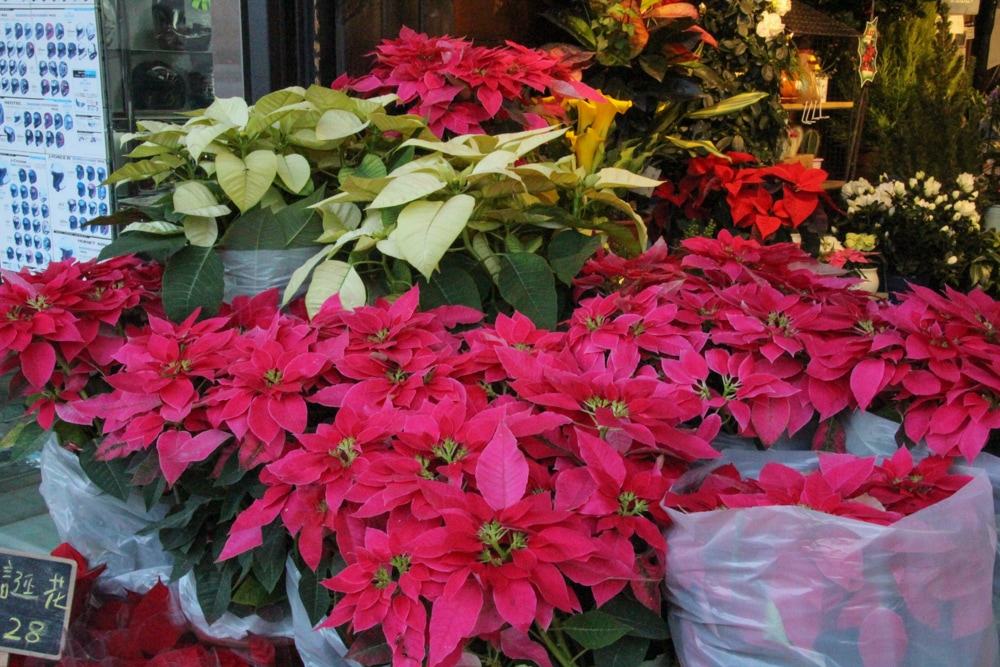
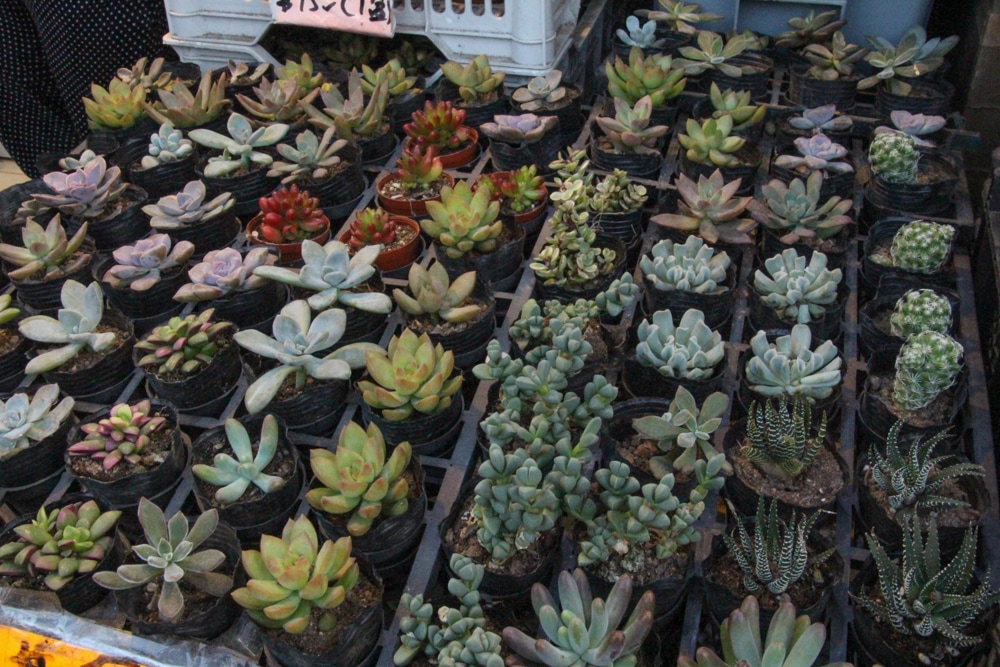
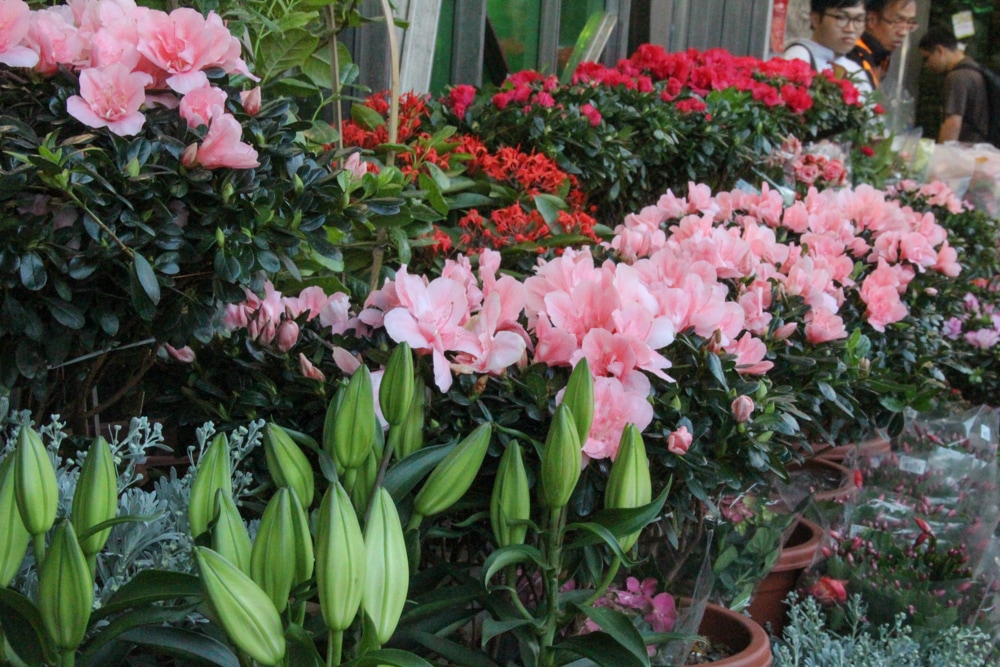
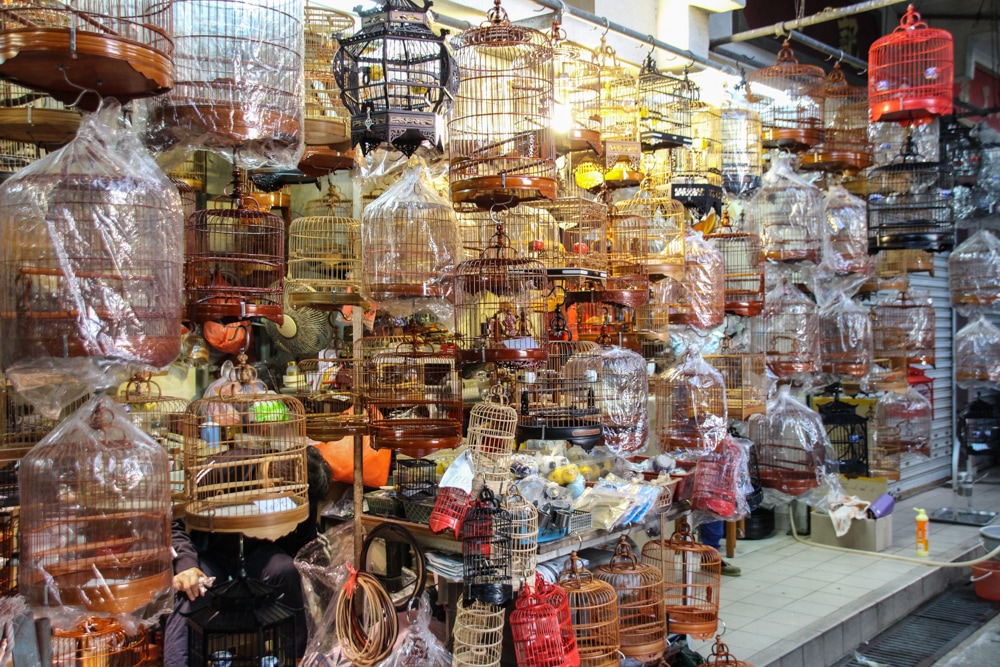
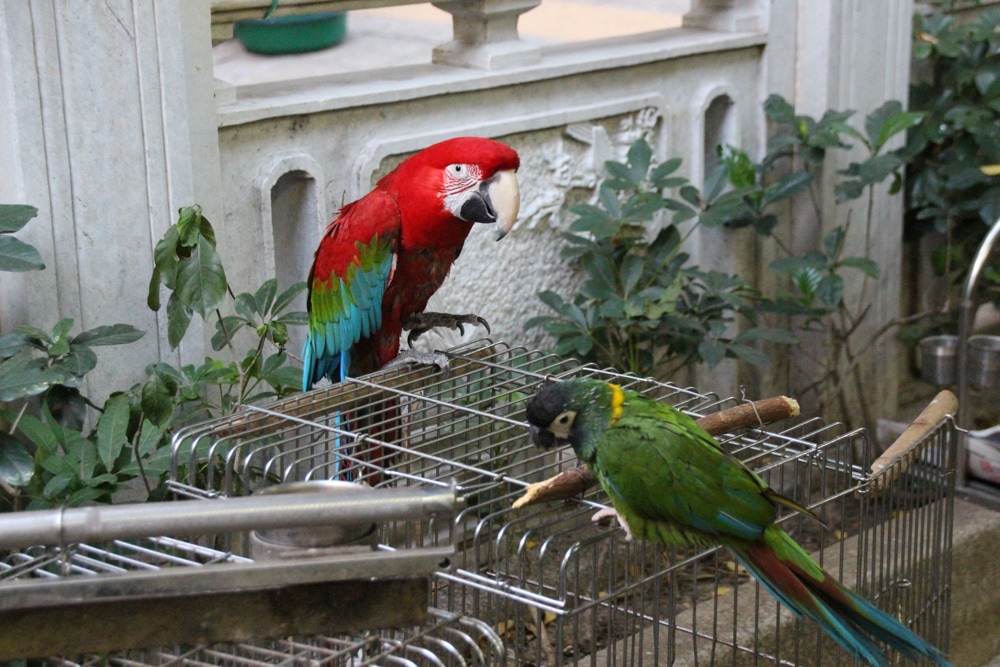
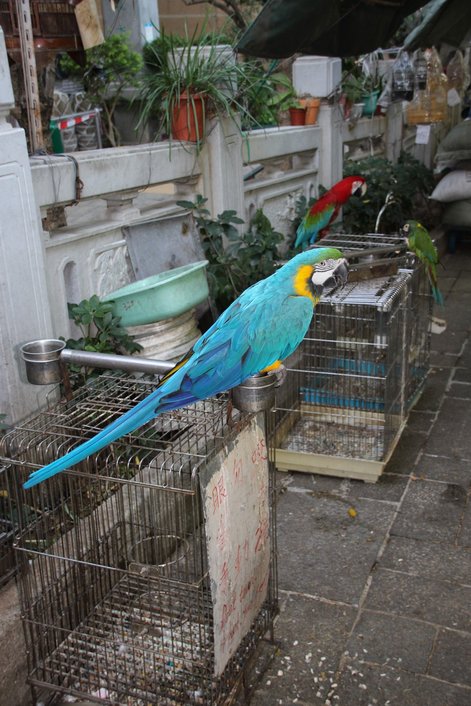
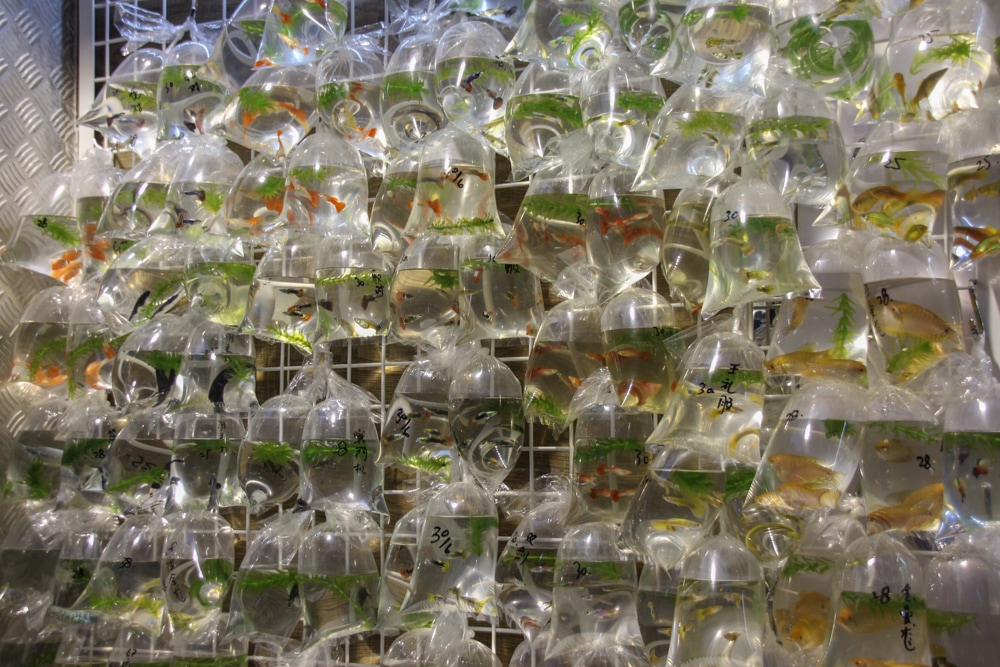
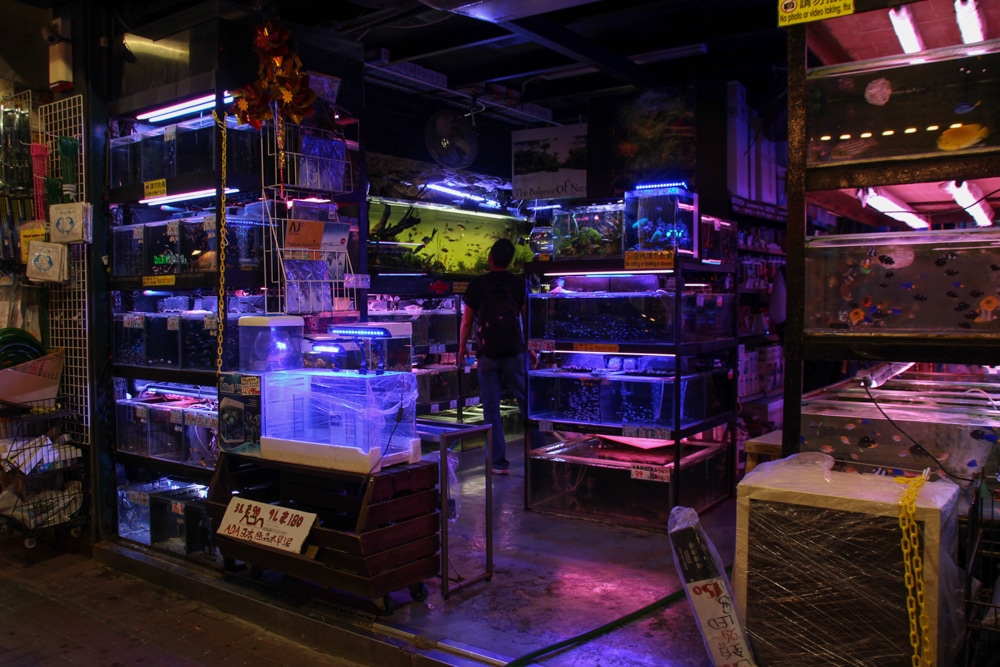
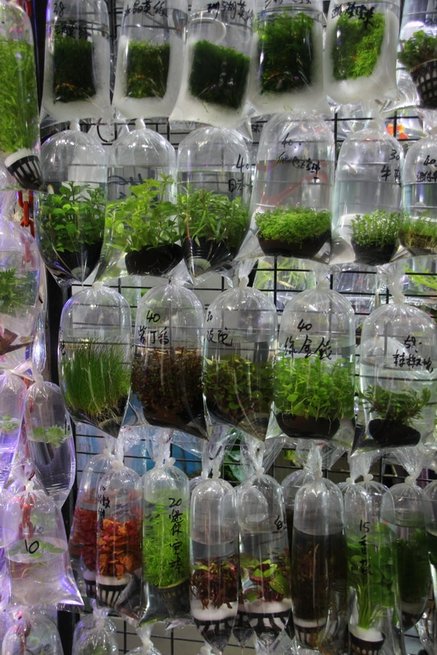
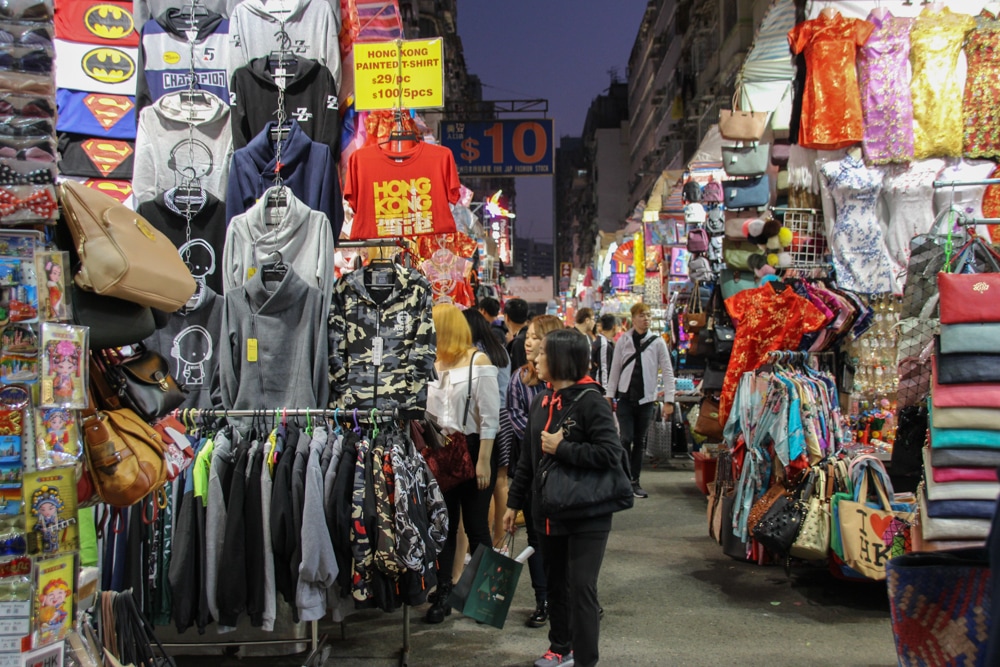
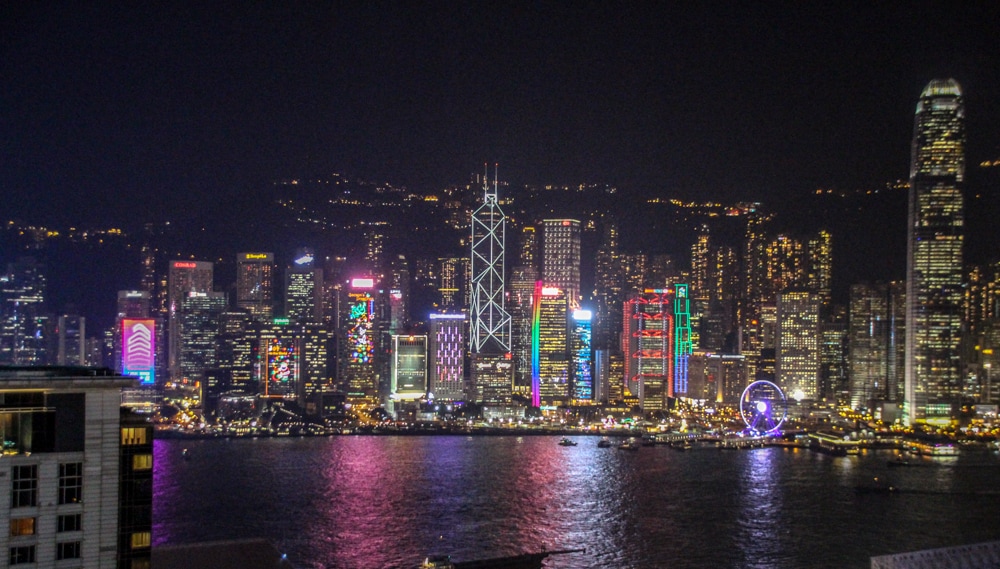
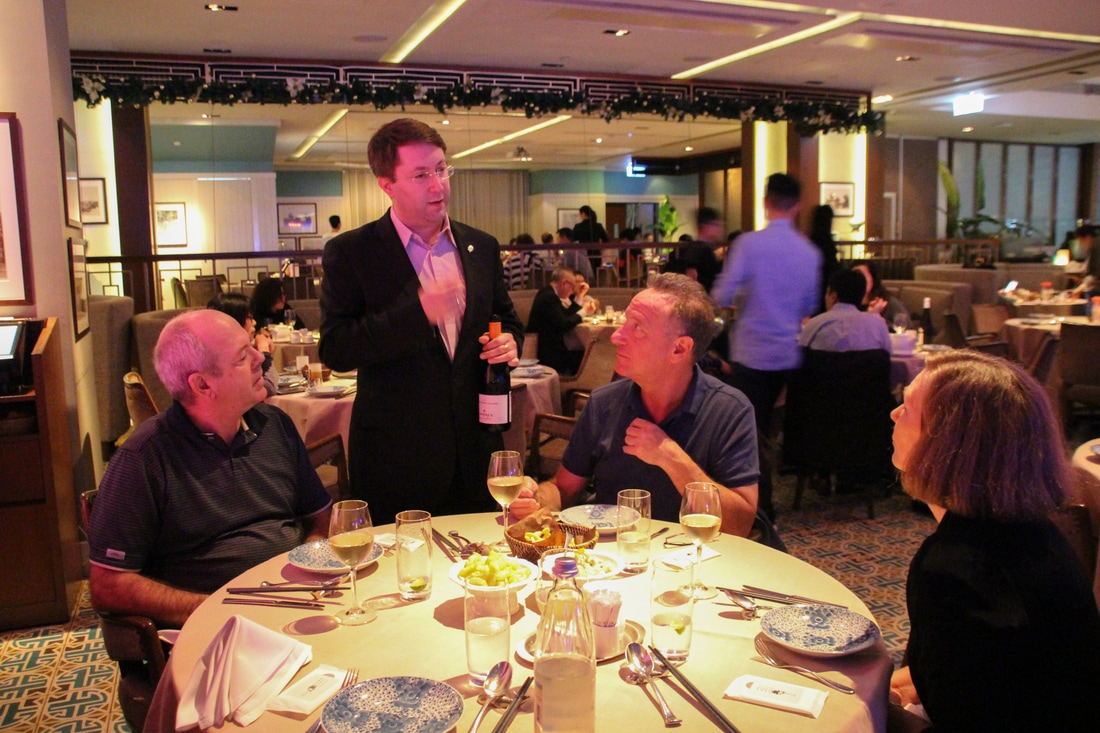
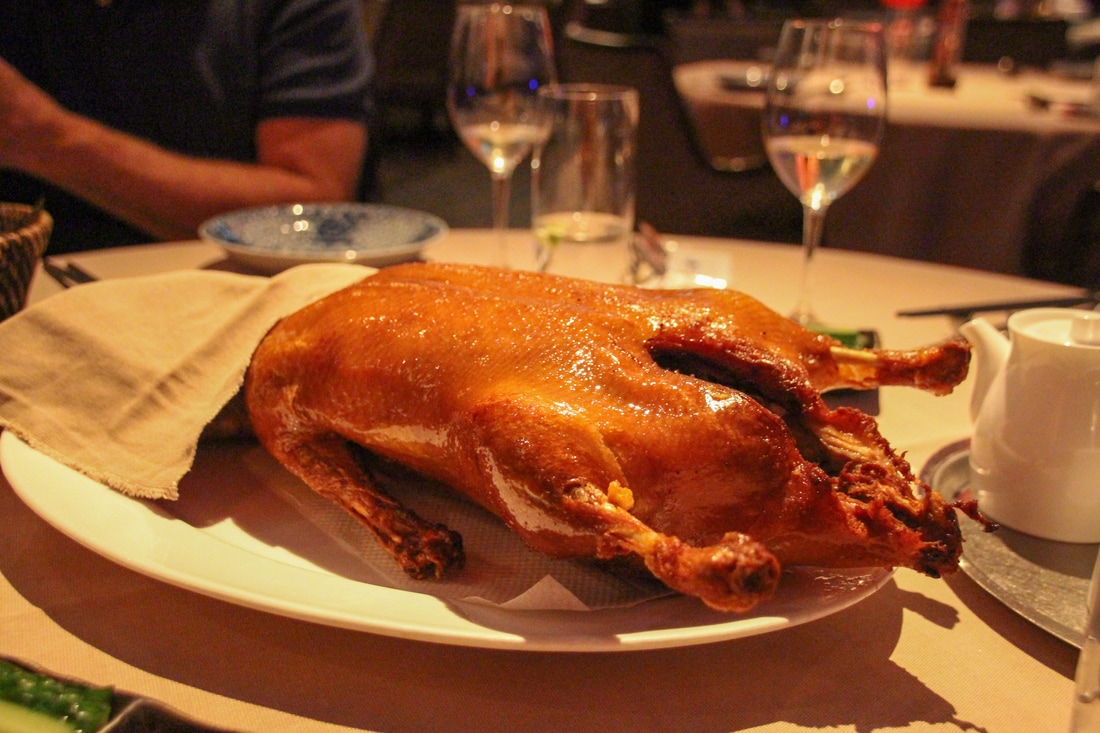
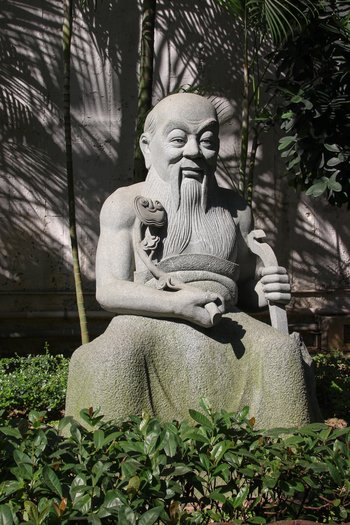
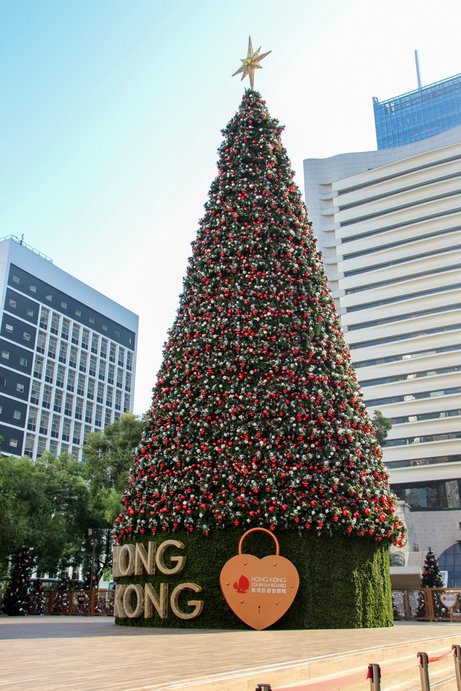
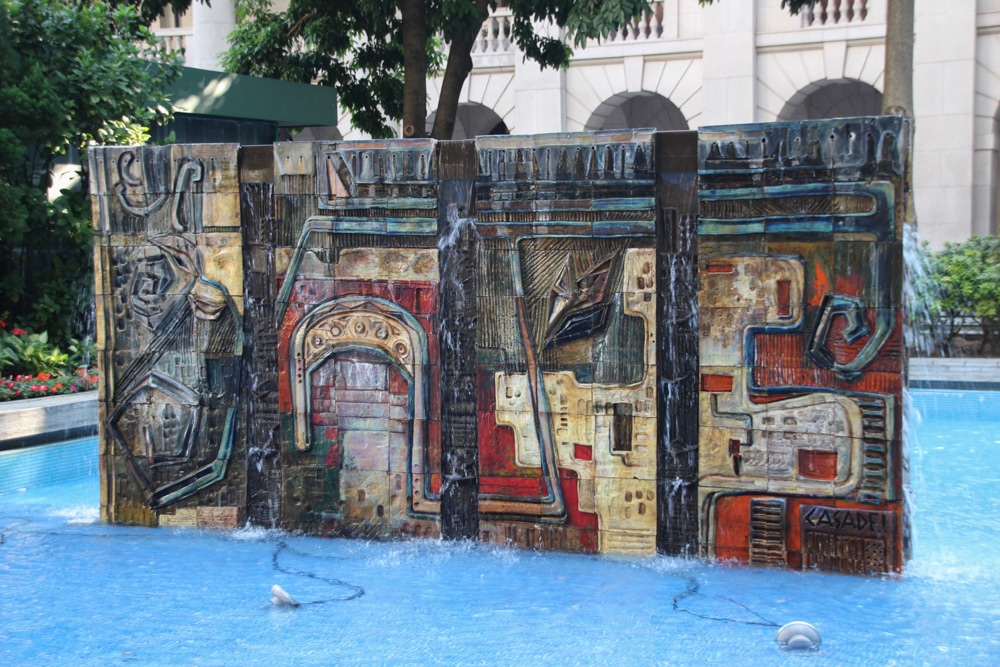
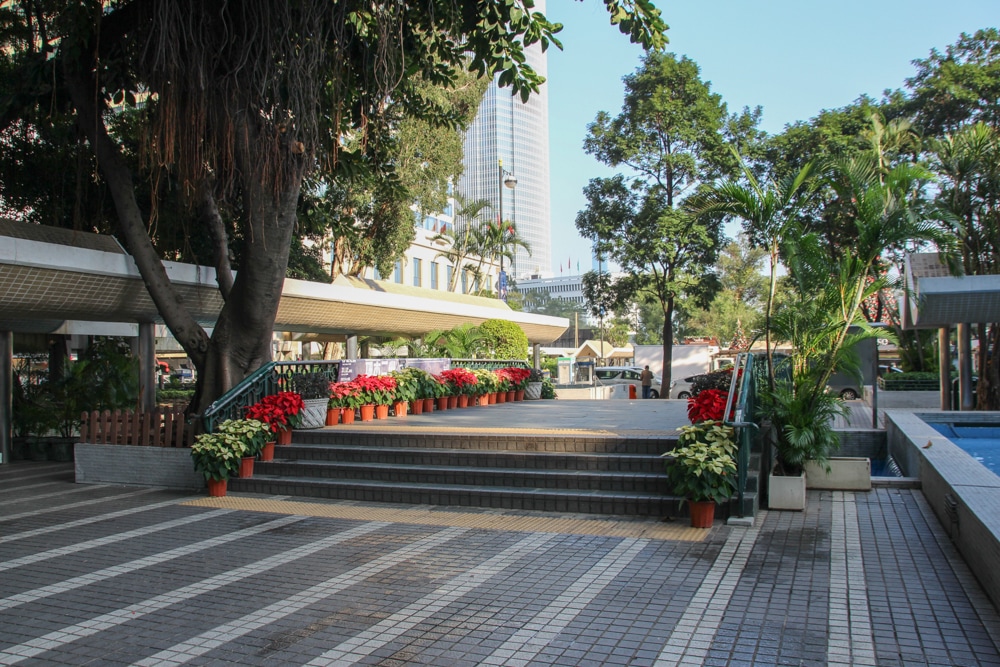
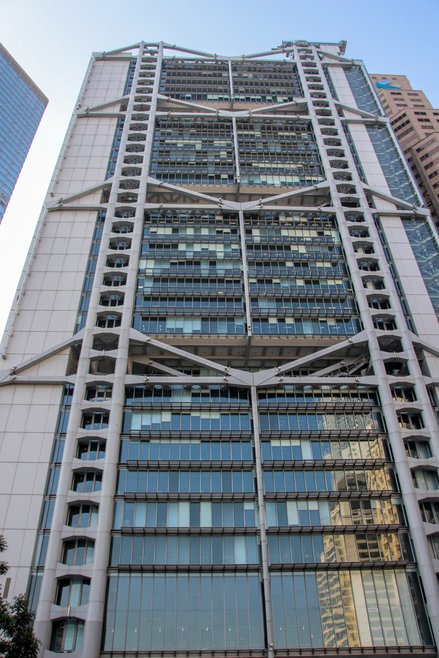
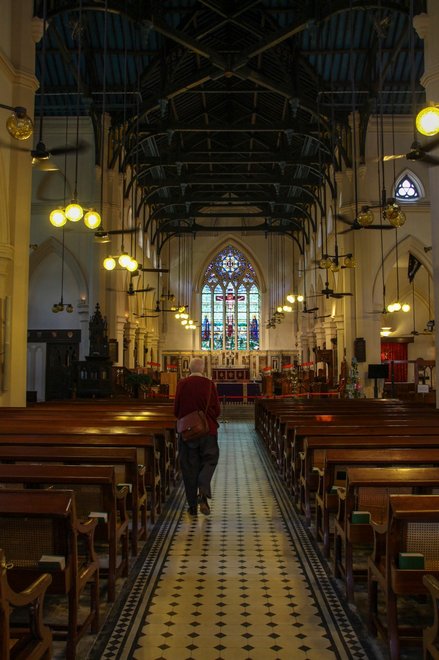
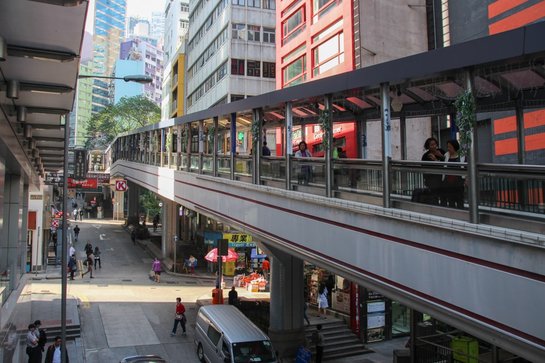
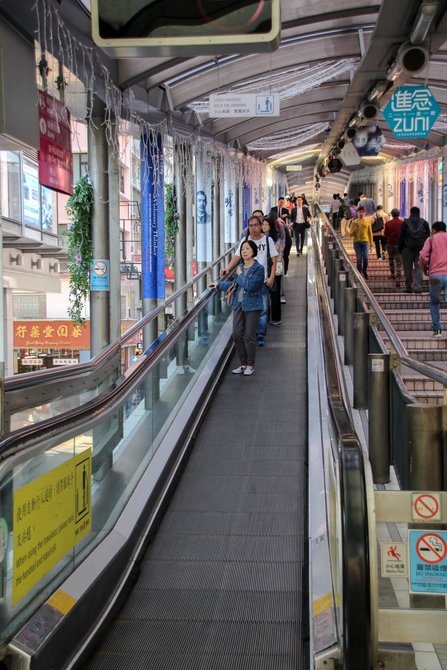
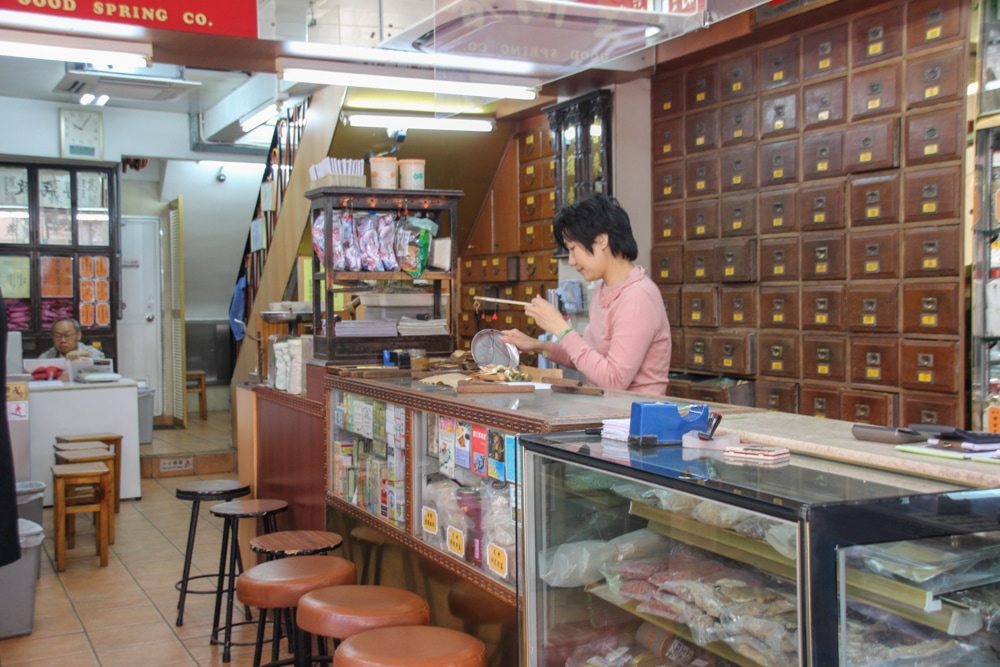
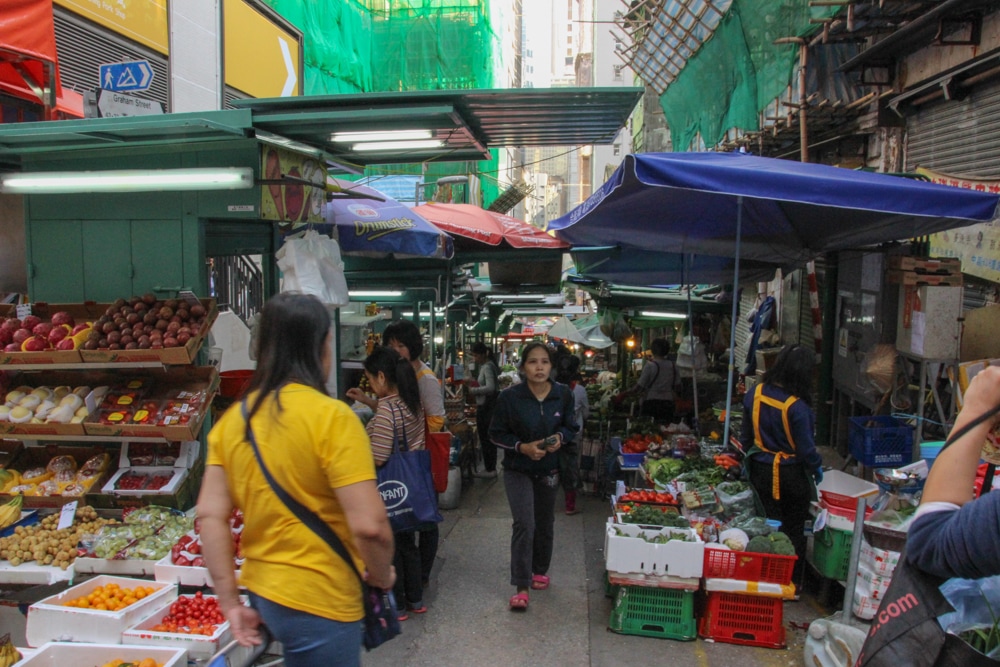
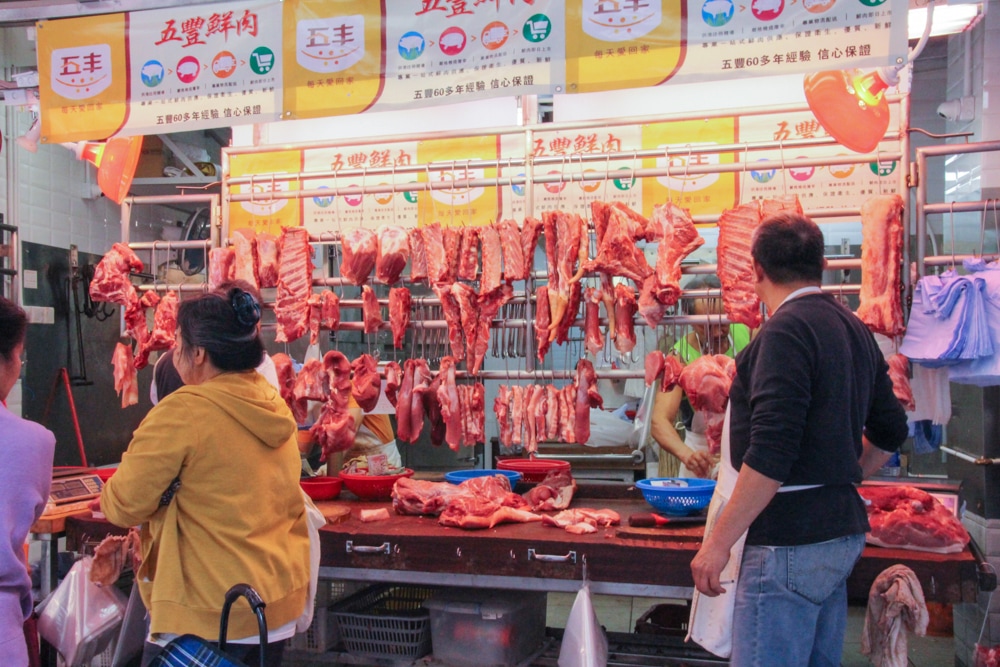
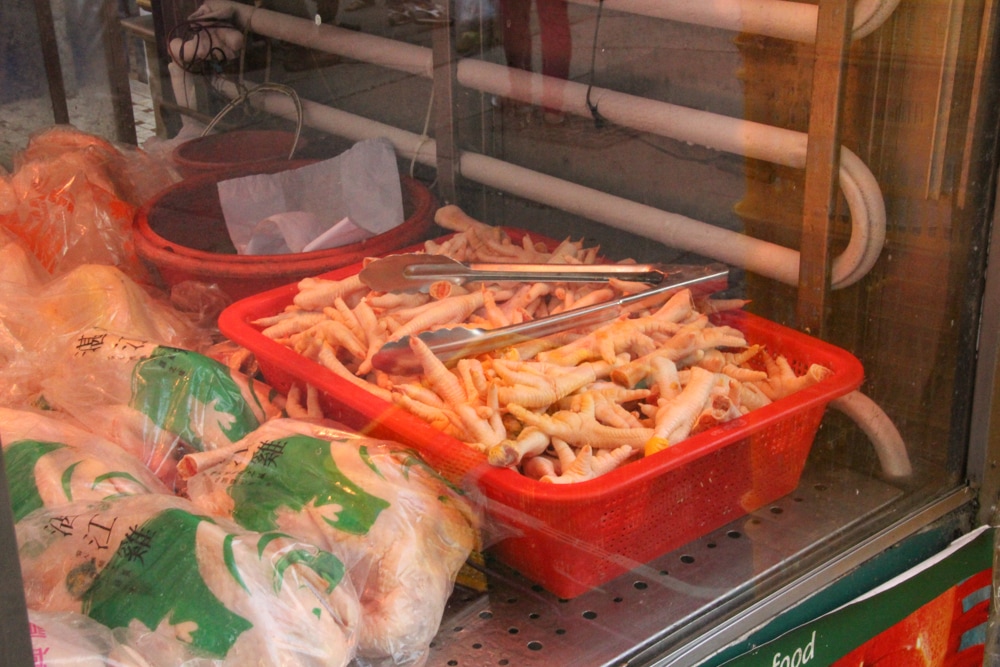
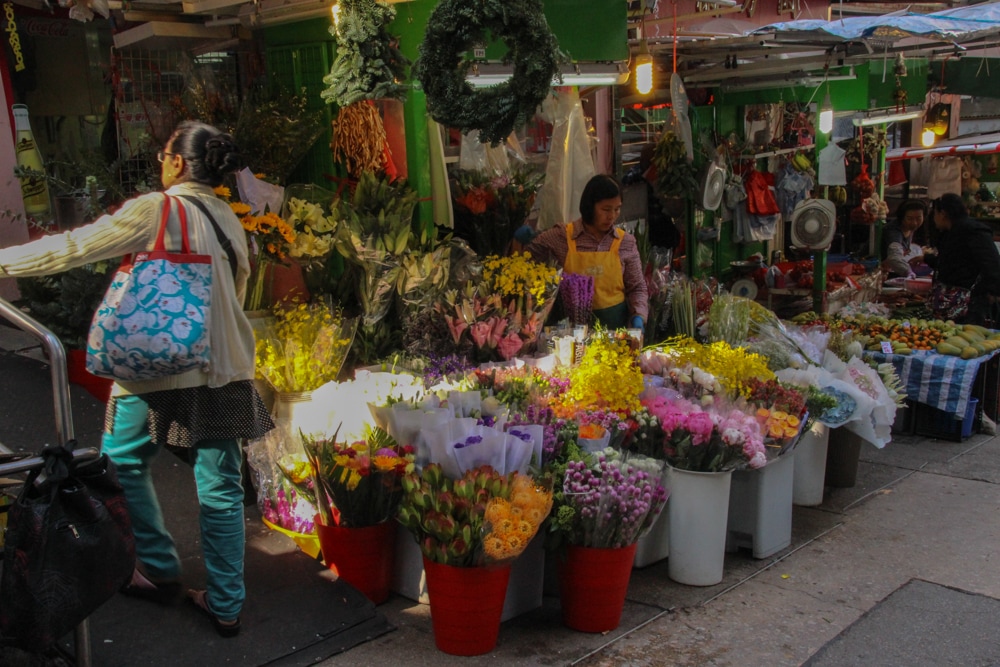
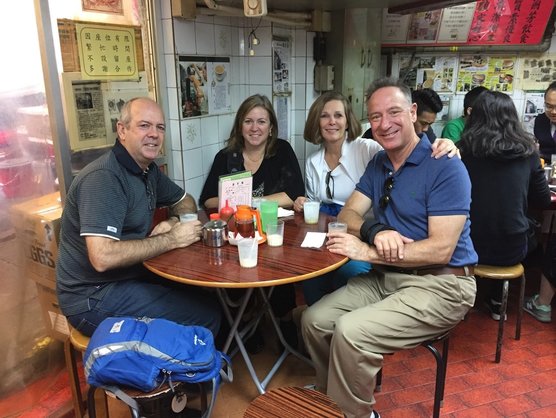
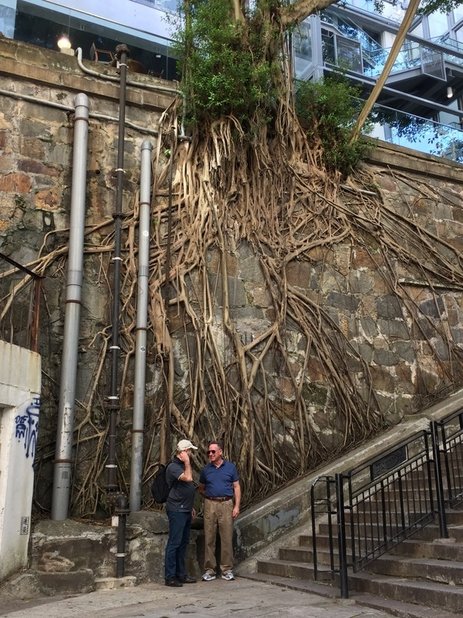
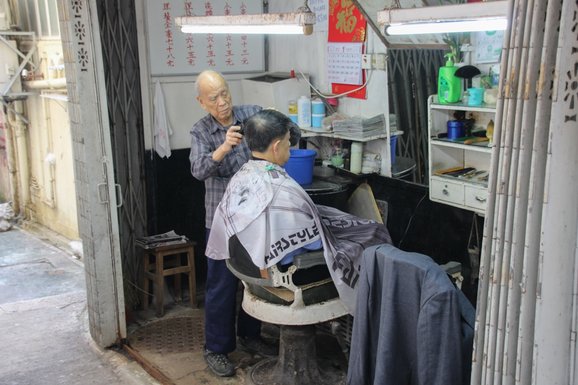
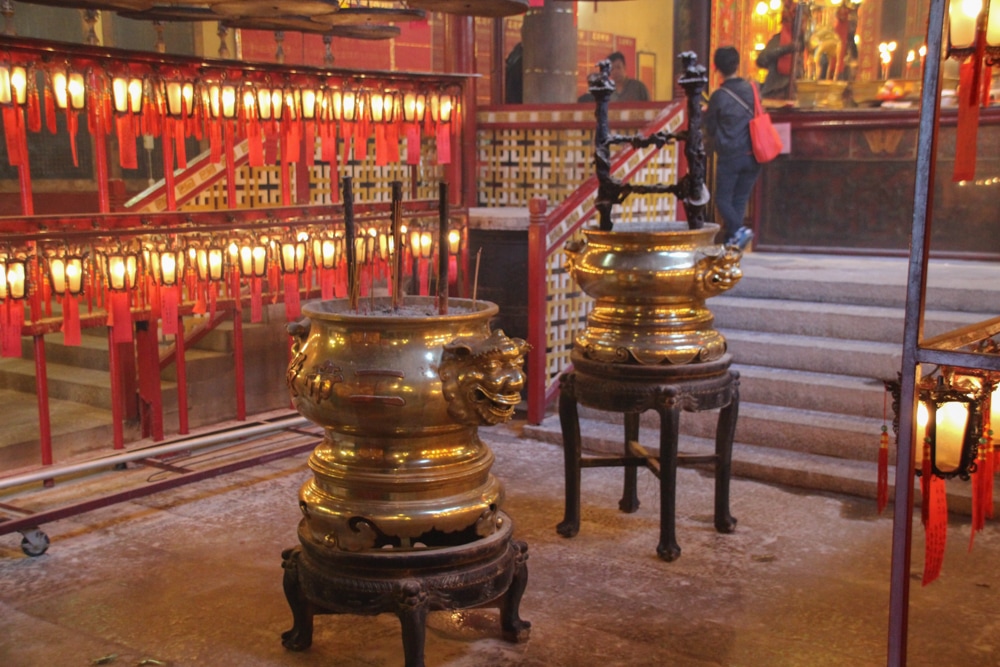
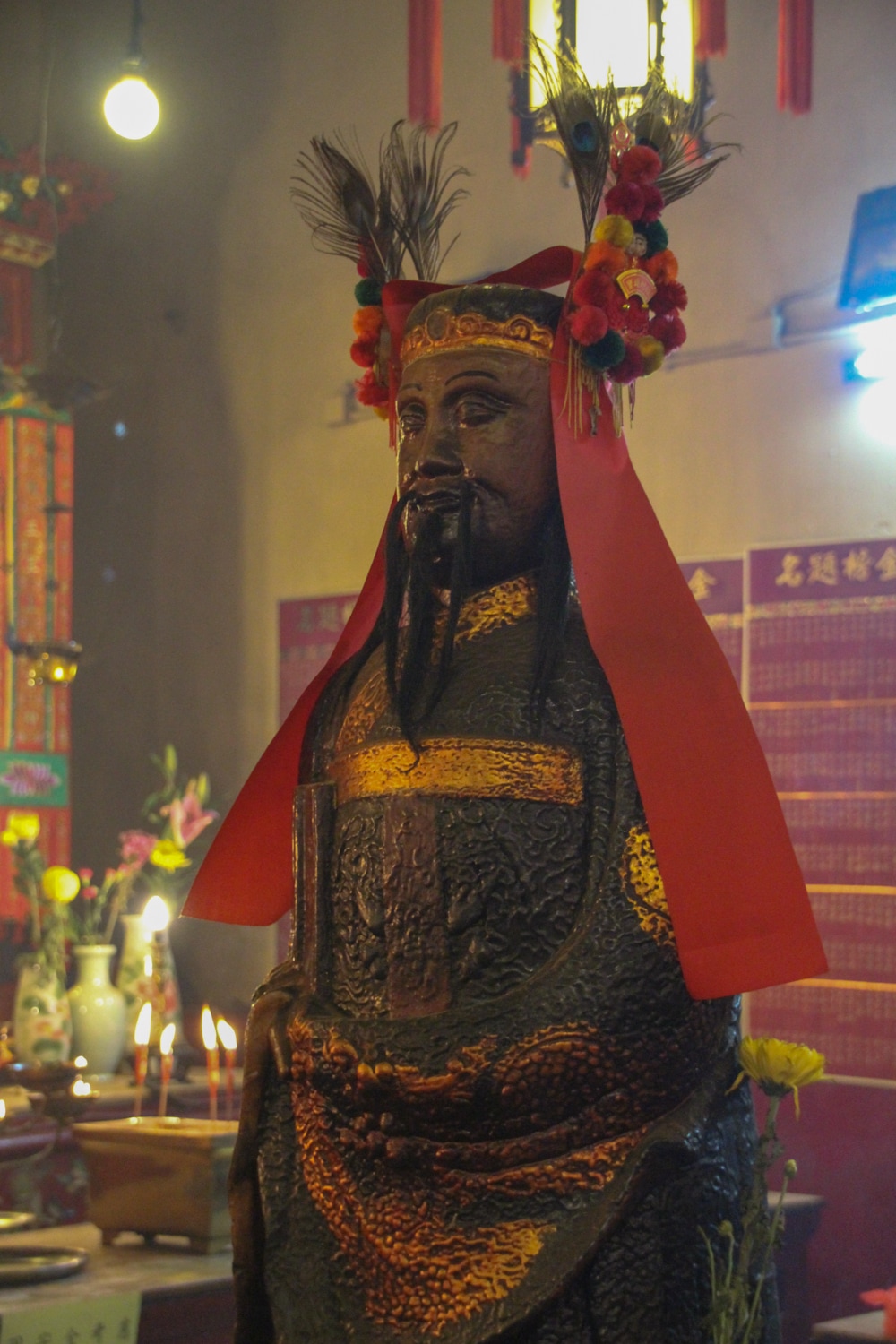
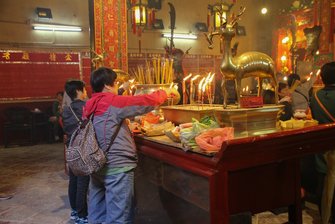
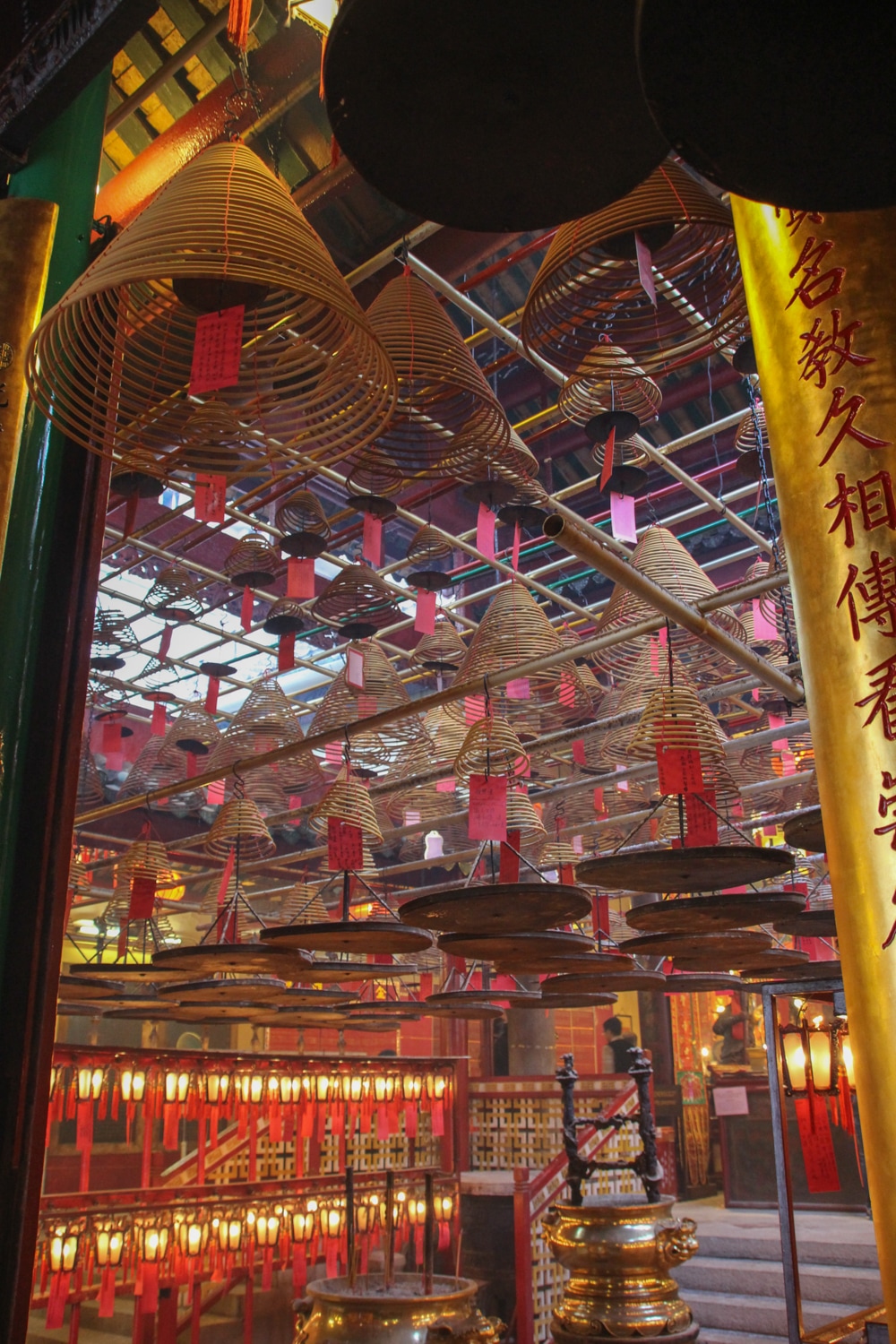
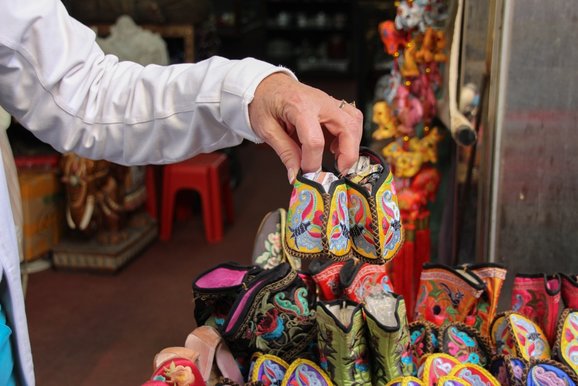
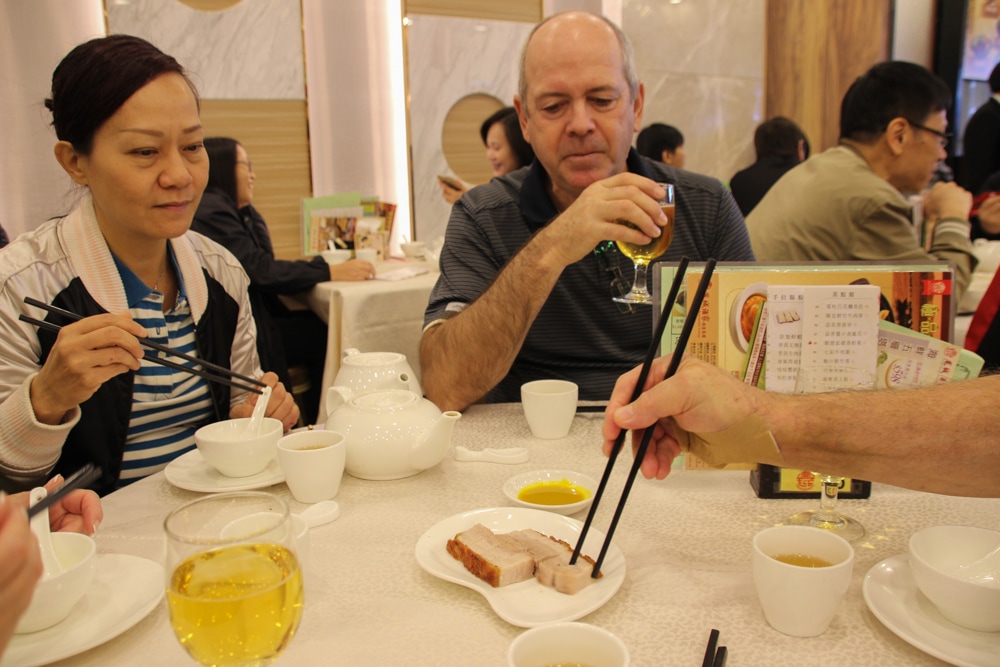
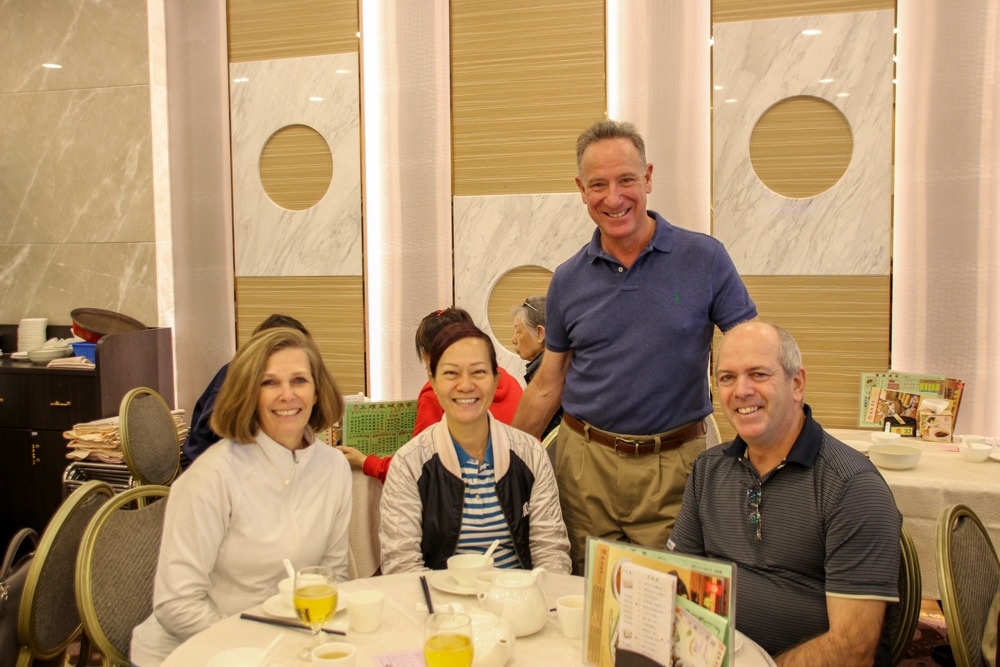
 RSS Feed
RSS Feed